See


Issue 15 Autumn 2023
inside for more...
Independent
x
SIBA
Brewer












































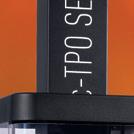





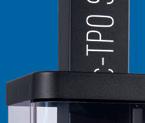
























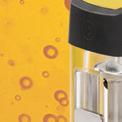
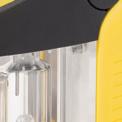




Haffmans QC Equipment In-line, At-line, Laboratory, Packaging & Monitoring • Reliable & comparable measuring results • Reduced product loss & faster reaction time • Consistent product quality • Increased process efficiency • Accurate measurement of: air, CO2, O2, N2, TPO, foam and turbidity FOODANDBEVERAGE.PENTAIR.COM Phone: +44 (0) 1905 797 280 Email: Sales.uk@pentair.com Understanding Quality. FOR LIFE.
As we go to press on this issue of the magazine we are just exiting the most topsy-turvy Summer we’ve had for a while and moving from bizarrely muggy mid-September madness to the first few cooler days of Autumn.
This time of year brings with it a lot of new things - the harvest, the new school year, new uniforms and a new start. And that is no different for us at SIBA Independent Brewer.

A big thank you to all of you who responded to SIBA’s member survey over the summer, it gave us a lot of really valuable feedback on how we are doing, and we have picked up on some of
the areas you wanted us to focus on in this issue of the magazine.
Firstly, we have introduced a new regular feature section in the magazine in collaboration with Pellicle Magazine. This is in response to members asking us to feature breweries that are less well known and flying a bit under the radar. In our first collab with Pellicle, editor-inchief Matthew Curtis meets up with Caroline and Toby McKenzie from RedWillow in Cheshire (see pages 22-25) for a very personal piece which looks at the brewery’s foundation but also examines how it sits within its local community. In future magazines we will be featuring similar pieces from a series of writers on the wider Pellicle team.
Our second new feature for this issue is again in response to member requests for more focus on technical innovation and the practical side to new developments. Our regular Innovation In-depth section examine such innovations through the eyes of the breweries who are leading the way, and we start this new series with a fascinating deep dive into Gipsy Hill’s world-leading work on achieving carbon negative production, including using hops twice in its brewing process to help minimise its carbon footprint. Hear all about the technical side of this project from Gipsy Hill founder Sam McMeekin on pages 50-55.
Society of Independent Brewers PO Box 136, Ripon, North Yorkshire HG4 5WW Tel: 01765 640 441
www.siba.co.uk
Email: office@siba.co.uk
in this
And finally, for the first time in this issue, we feature an interview with one of our Homebrewer Members, Sam Thakker-Jones (see pages 42-47) who walked away with the top prize in this year’s SIBA Homebrew Awards and enjoyed a brew day at Quantock over the summer as part of his prize, which saw his winning beer made on an industrial scale for distribution to selected outlets across the UK. Find out more about this year’s competition on page 49.
Elsewhere, we bring you a report from this year’s Indie Beer Scotland event on pages 1213, feature Wilde Child Brewing Co in Leeds for our Business Profile on pages 34-39 and bring you the highlights of our SIBA Salary Report on pages 32-33.
Happy reading! And please do keep sending me your press releases, updates, news and views to caroline.nodder@siba.co.uk so that we can share your experiences, thoughts and successes in future magazines – the deadline for submissions for our Winter edition will be November 2nd
Caroline Nodder Editor SIBA Independent Brewer Magazine
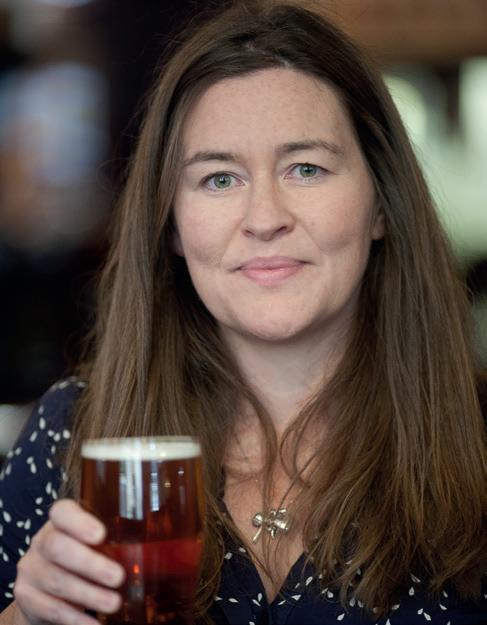
Editor: Caroline Nodder (caroline.nodder@siba.co.uk)
Published by: Media Alive Limited
Produced on behalf of SIBA by: Media Alive Limited, 2nd Floor, The Red House, 119 Fore Street, Hertford, Hertfordshire SG14 1AX. T: 01992 505 810
Creative Director: Darren Kefford (darren@wearema.co.uk)
Studio Manager: Jon Hardy (jon@wearema.co.uk)
Advertising Manager: Claire Rooney (claire@wearema.co.uk)
Managing Director: Dan Rooney (dan@wearema.co.uk)
photocopying, recording or
is accurate and up-to-date, neither SIBA nor Media Alive Limited take any responsibility for errors or omissions.
those of their respective authors and not necessarily shared either by SIBA or Media Alive Limited.
3 www.siba.co.uk | SIBA Independent Brewer | Autumn 2023 Editor’s comment
rights reserved. No part of this publication
be stored in
system
otherwise,
the prior
every effort is made to
information
expressed in editorial contributions to
publication
All
may
a retrieval
or transmitted in any form or be any other means, electronic or mechanical,
without
permission of SIBA and/or Media Alive Limited. Whilst
ensure that the
publication
Opinions
this
are
Printed by: Stephens & George Print Group Goat Mill Road, Dowlais, Merthyr Tydfil CF48 3TD
Welcome to the Autumn edition of SIBA’s Independent Brewer Magazine.


The best hops from the world’s best producers. sales@brewersselect.co.uk 01733 889100
Cover
The cover image for our Autumn magazine showing RedWillow’s Toby and Caroline McKenzie was taken by Pellicle’s co-founder Matthew Curtis, the author of our very first SIBA Independent Brewer x Pellicle collab piece.
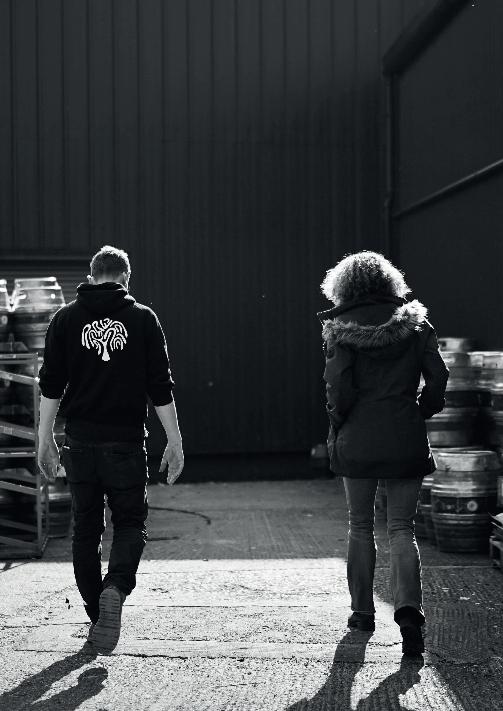

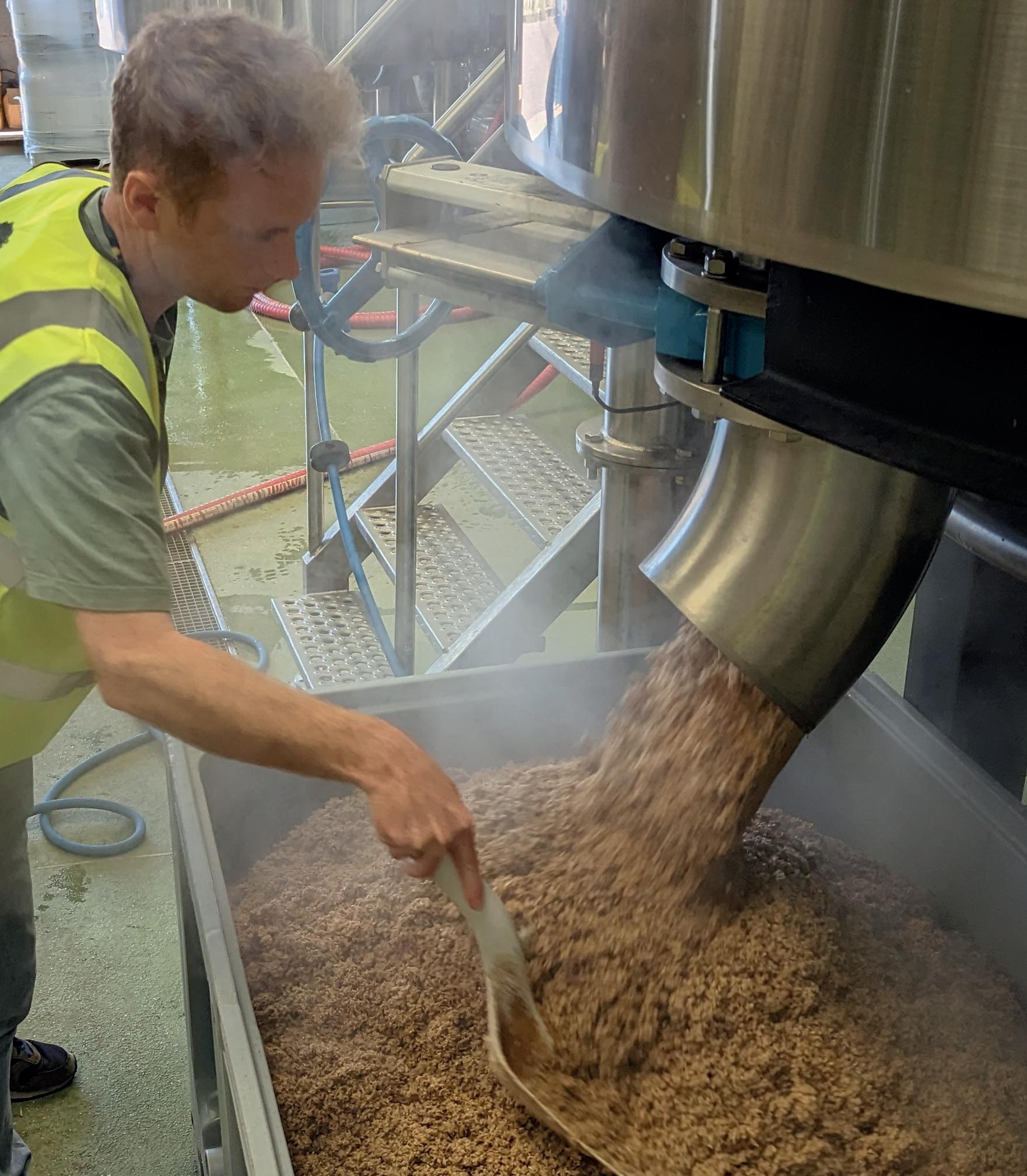
Comment
Features

5 www.siba.co.uk | SIBA Independent Brewer | Autumn 2023 Contents
Read
9-15 SIBA News All the news from SIBA HQ 78-81 SIBA Regional Beer Competitions Results from the Midlands and Scotland 83-91 Brewery News The latest from our Brewing Members around the UK 94-103 Supplier News Updates from SIBA’s Supplier Associate Members
the full article on pages 22-25. News
CEO’s Update Andy Slee, SIBA’s Chief Executive, on sector confidence 8 Chairman’s Comment National Chair Richard Naisby speculates on the weather 16-17 The View From Westminster Our regular political update 28-29 Homebrew In Focus Andy Parker from Elusive Brewing looks at The Porter by Anspach & Hobday 69 Technical Focus Brewlab’s Dr Keith Thomas on caffeine 71 Supplier Viewpoint Tomasz Lenartowicz from Collective Motion Brewing on the strategy for net zero 73 Supplier Viewpoint Adam Drawwater from Moorgate Finance offers advice on energy saving 93 Supplier Viewpoint Steve Ellis from FPE Seals gives his views on how technology can support industry
7
18-19 Membership Update The new package of membership benefits and services for SIBA Members 22-25 SIBA Independent Brewer x Pellicle Our brand new collab feature series kicks off with RedWillow 27 Meet The SIBA Team New team members Emma and Pip tell us about their new roles 31 Taproom Focus Featuring the Amity Brew Co taproom in Leeds 32-33 SIBA Salary Report Exclusive analysis of current salary levels in craft brewing
Business Profile Wilde Child Brewing’s founder Keir McAllister-Wilde tells us about his Leeds-based operation
Meet The Homebrewer We catch up with SIBA’s first ever Homebrewer Award winner Sam ThakkerJones
Innovation In-Depth Our first regular innovation focus looks at Gipsy Hill’s world leading sustainability programme
Trend Report The Brewers Association’s Lotte Peplow looks at matching beer with food cooked over wood 61-67 Business Advice Legal, intellectual property, brand & marketing and consumer insight 74-77 Gold Members Close Brothers and Thomas Fawcett and Sons 104 Gold & Silver Members Listing of our key sponsors 106 Contacts Key SIBA contacts Issue 15 Autumn 2023 See inside for more... SIBA Independent Brewer x 57-59 42-49
34-39
42-49
50-55
57-59
Confidence in the future
SIBA’s CEO Andy Slee looks at the issues that unify the SIBA membership, the reasons that independent brewers have to be cheerful, and how SIBA is planning to build confidence in the sector… Confidence is a critical element of success in all aspects of life. On the sports field, in academia and especially in business. And the confidence of staff, customers, consumers, and investors is vital for business success – not necessarily in that order!
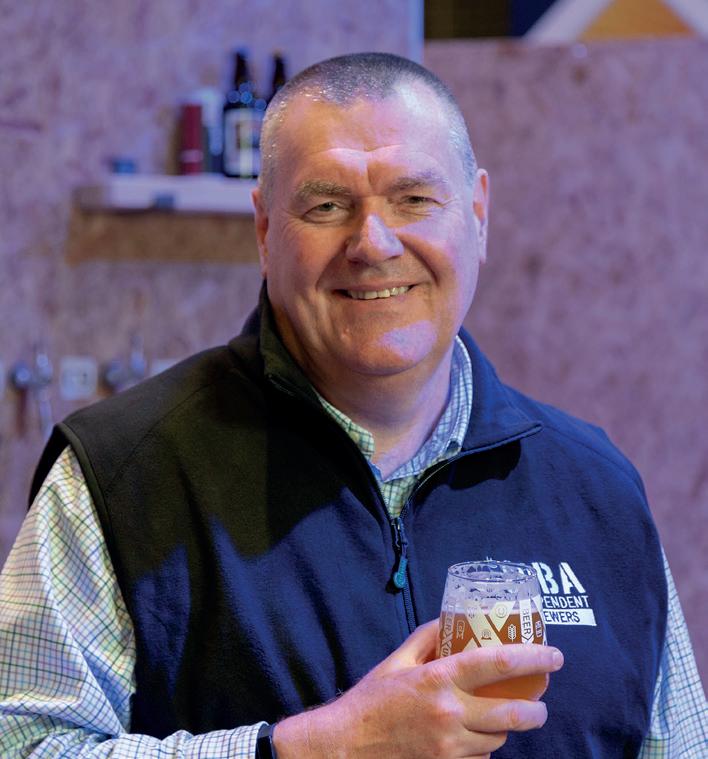
Speaking to a senior member of Government recently, he opined that every time he speaks to the hospitality trade, we seem to talk ourselves down. “If you haven’t got confidence in yourselves, how can you expect anyone else to?” was the gist of his message, as part of a conversation on a lack of bank funding for the sector.

This got me thinking. What are the reasons for confidence in independent brewing and how can we project a more positive image of ourselves?
On my travels, brewers I speak to tell me that business over the summer has been ahead of expectations, though profitability remains a challenge. The same holds true for lots of businesses in Britain’s post-Brexit, postCovid era.
Central to the challenge at SIBA has been for independent brewers to enjoy the share of the market that their beers deserve.
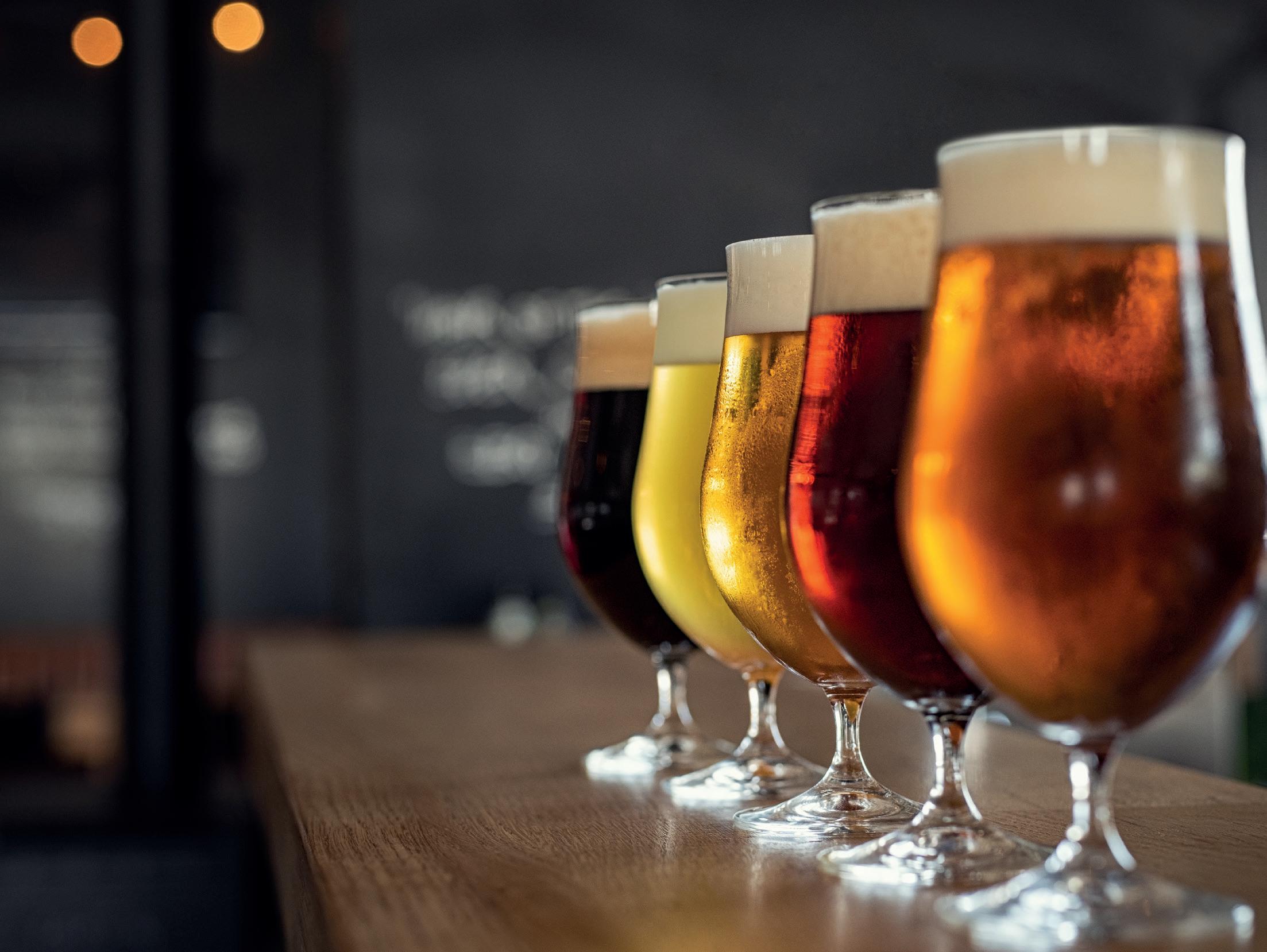
SIBA recently asked 3,000 people what they thought of independent brewing. The response was very supportive. Comments like, ‘high quality’, ‘value for money’ and ‘made by real people’ stand out as reasons for consumer confidence in what we do.
I see clear evidence of this in the vibrancy and passion on show wherever I go but especially at the Indie Beer Scotland event in Glasgow earlier this month (see pages 12-13 for a full report on the event). A fantastic festival promoting vibrant, innovative beers in a market that has always been tough to access.
In talking to members across the land about what would help support their growth and success, the same themes emerge:
• Improved access to market
• Lower rates of taxation
• Better access to capital and labour
• Less red tape – starting with a unified DRS scheme for the UK
• Help to become more sustainable. And if we are agreed on what issues are important then finding unifying solutions becomes much easier.
The team at SIBA has been working on the development of a three-year plan over the summer which addresses these issues in a constructive, cost-effective way. This plan will hopefully gain Board approval next month and will be ready to share with you early next year at regional AGMs.
SIBA is the only organisation set up to fight on your behalf, so I take confidence in the
recent members poll in which you rated us 8/10 for the things that matter to you most. That suggests you have increasing confidence in us, albeit with room still for improvement.
The ultimate test of your confidence is that over 9/10 members said they would recommend SIBA to a friend. If you are speaking to one, please do so - because the more brewers we represent, the stronger our lobbying power and the more we can get done on your behalf.
This edition of Independent Brewer is full of articles and ideas for the future. I hope you enjoy reading it as much as the team has enjoyed putting it together.
Thanks for your ongoing support.
Chief Executive SIBA
7 www.siba.co.uk | SIBA Independent Brewer | Autumn 2023
CEO's Update
Unreliable forecasts
There is something comfortingly British in writing about the weather. Our trade papers are full of headlines bemoaning the slow-down in sales caused by this year’s damp and unreliable summer.

After a scorching 2022, a return to a more normal pattern of weather was always likely, and so it has proved. Some foreign types are bemused by our national obsession with the weather, but it is its essential variability that makes it of interest. Climate change may be inevitable but the unreliable, changeable British weather will be with us for a long time yet. A cooler summer favours cask brewers, a true scorcher favours those who major in keg and can. All of us suffer when it rains. Forecasting comes in many forms and the Bank of England may be looking at the Met Office with some envy. While inflation may have peaked for now, it looks as though the high interest rate regime is here to stay. We are very long way from the BoE's November 2021 prediction of inflation declining from 5%. High interest rates work by subduing demand and discretionary spending – and beer certainly falls into the category – is hit hard. At the same time, any company with variable rate borrowing is facing costs not seen since Tony Blair was Prime Minister. A nasty double blow.
Rishi Sunak, the current Prime Minister, put in a surprise appearance at the trade session of the Great British Beer Festival. I cannot recall a sitting prime minister ever attending before, and the somewhat odd picture of a teetotal PM drawing a pint, itself drew plenty of comments. I suppose it is a measure of the importance of our industry and the monumental changes now
occurring, that the photo-shoot happened at all. As we go to press the full consequences of the changes in alcohol taxation haven't fully manifested themselves. For some the direction of travel is clear. We had already seen some significant ABV reductions from the global brewers. The latest notable brand to jump on the 3.4% bandwagon is Greene King IPA - and many regional brewers are rolling out their own low-gravity low-duty new releases. The shortfall in revenue to HM Treasury from these changes will be huge. SIBA will, of course, continue to fight for the independent breweries for whom a lot of the changes are a largely unneeded distraction. Anecdotal evidence points to some HMRC inconsistency and confusion –especially concerning when it applies to agreed covid-era repayment plans.
For those SIBA members who are suffering from the combined effects of the weather and duty changes; a reminder that there is help available within the Toolbox – whether it is practical things like labelling guides and compliance or links to professional help (such as the Napthens legal helpline, free for the first hour)– these SIBA benefits are real. We are constantly being advised that early action would mitigate a lot of the problems that can later get out of hand. The issues around the morality of pre-pack administrations are an issue for businesses of all stripes but are particularly felt in the highly-taxed, competitive world of brewing. This is a subject that I'm sure we will return to many times over the coming months. Global events will continue to have repercussions which will be felt in the UK brewing scene. The viability or otherwise of Ukraine grain deals; the uncertainty over the El
Nino phenomenon which could cause major crop disruptions around the world; geopolitical events in Europe and the Middle East - all could cause trouble in the months ahead.
SIBA continues to work for our members' interests whatever the political climate or the weather throws at us.
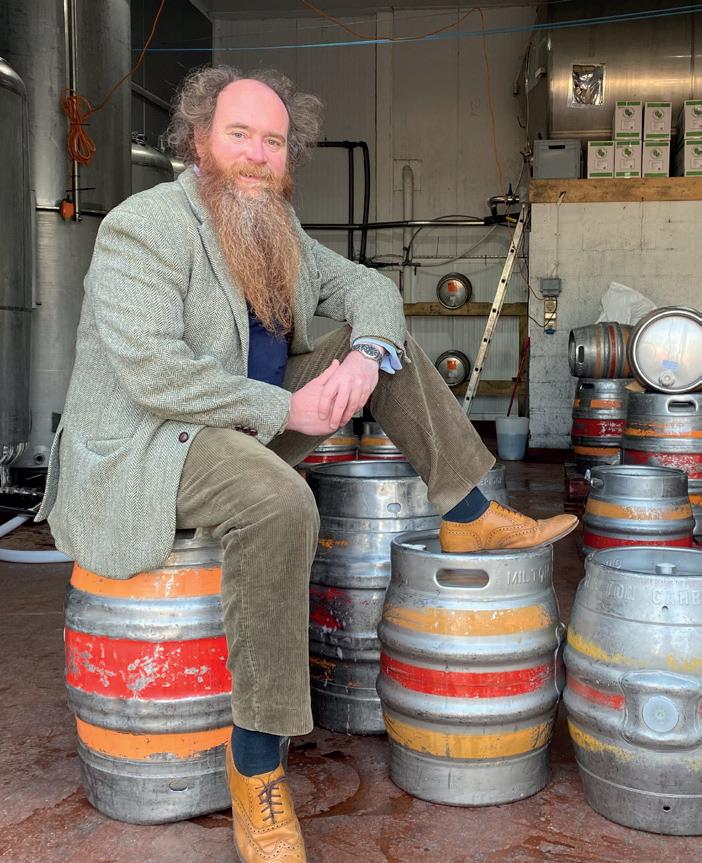
 Richard Naisby Chairman SIBA
Richard Naisby Chairman SIBA
8 Autumn 2023 | SIBA Independent Brewer | www.siba.co.uk Chairman’s comment
SIBA UK Brewery Tracker: UK brewery number rises second quarter of
Despite a high number of reported brewery closures and tough trading conditions, the total number of breweries in the UK rose in the second quarter of 2023, according to the SIBA UK Brewery Tracker.
Covering the period from the start of April 2023 to the end of June 2023, the SIBA UK Brewery Tracker shows the net brewery number across the UK grew slightly (by two) over that three-month period.
Andy Slee, SIBA Chief Executive, said: “Seeing the net brewery number rise across the UK is not only a sign that confidence in the sector remains, but that the demand for quality locally made beer continues to rise. However, there has been a significant number of brewery closures and changes of ownership, with some consolidation and buyouts alongside new businesses opening. So whilst modest growth is ahead of expectations and common perception, it’s not quite the overly positive picture that the headline figures paint.”
The new opening figures highlight the consumer demand for craft beer and the growth in popularity of brewery taprooms, with recent consumer polling showing eight out of 10 people believe a well-run independent brewery has a positive effect on its local community*and that community-spirit is a sentiment shared by brewers, with 98% of SIBA brewers saying they consider their local community to be important to them.
2023
Andy Slee added: “We are still seeing more and more people discovering the importance of supporting their local businesses, and in particular their local brewery taproom, which in many areas are a hugely important community asset. All of this said, trading remains challenging with input cost inflation running ahead of prices and the other well documented issues facing the broader hospitality trade.”
The South East saw the largest +3 increase in brewery numbers, with the Midlands and the East of England also in growth with a +2 rise in both regions, and Wales had a modest +1 rise overall. The North West, West of England, and South West all ended Q2 with no net change in brewery numbers, whereas Scotland had the largest decrease with -3, followed by Northern Ireland on -2 and the North East on -1.
The SIBA UK Brewery Tracker is compiled by full-time professional staff employed by SIBA and is cross-referenced by SIBA Regional Directors in each of the eight SIBA Regions across the UK. The organisation considers a number of factors and data-sources alongside its own data analysis and extensive research, including, but not limited to, HMRC registrations.
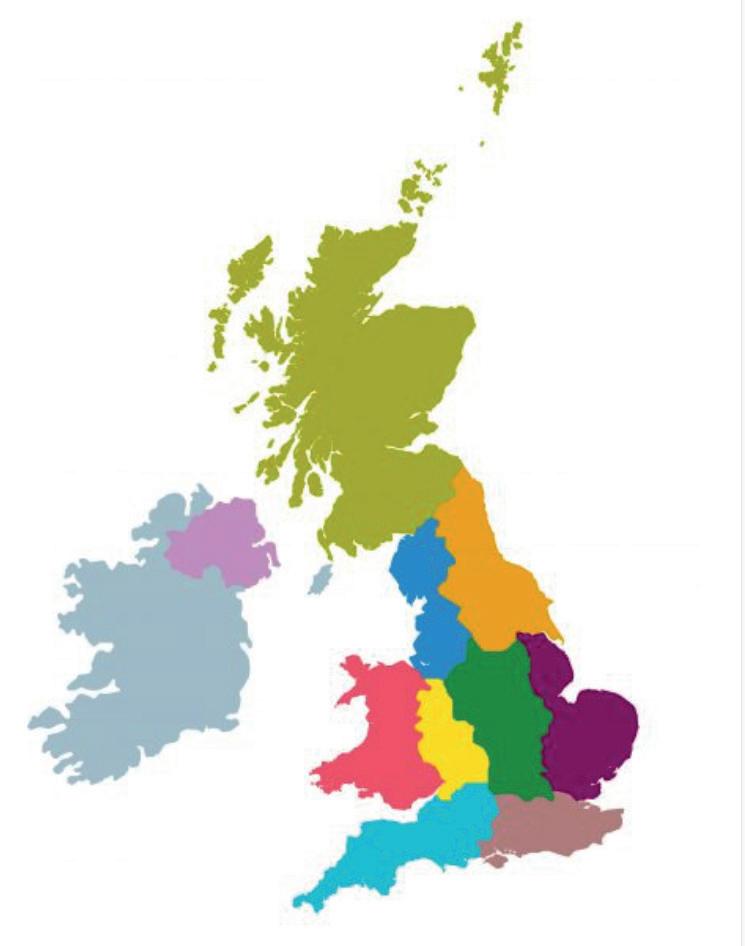
*YouGov Consumer polling commissioned by SIBA for the SIBA Craft Beer Report 2023
The SIBA UK Brewery Tracker can be viewed via www.siba.co.uk/brewerytracker
SIBA UK BREWERY TRACKER Q2, 2023
Covering period 01/04/23 - 31/06/23
UK TOTAL: 1826 (+2)
Scotland: 142 (-3)
Northern Ireland: 27 (-2)
North East: 262 (-1)
North West: 209 (-)
East: 182 (+2)
Midlands: 286 (+2)
West of England: 71 (-)
Wales: 108 (+1)
South East: 334 (+3)
South West: 205 (-)
The above shows the new total number and net change compared to 31.3.23
The SIBA UK Brewery Tracker can be found at www.siba.co.uk/brewerytracker
Save the date: BeerX is returning to Liverpool for 2024!
BeerX UK 2024 will take place in Liverpool on March 13th and 14th 2024. Planning starts early and we are already looking to provide a wider range of seminars and events on such topics as brewery fund raising and succession planning. Bob Pease from the American Brewers Association will be our keynote speaker. Watch this space for more details as they are confirmed!
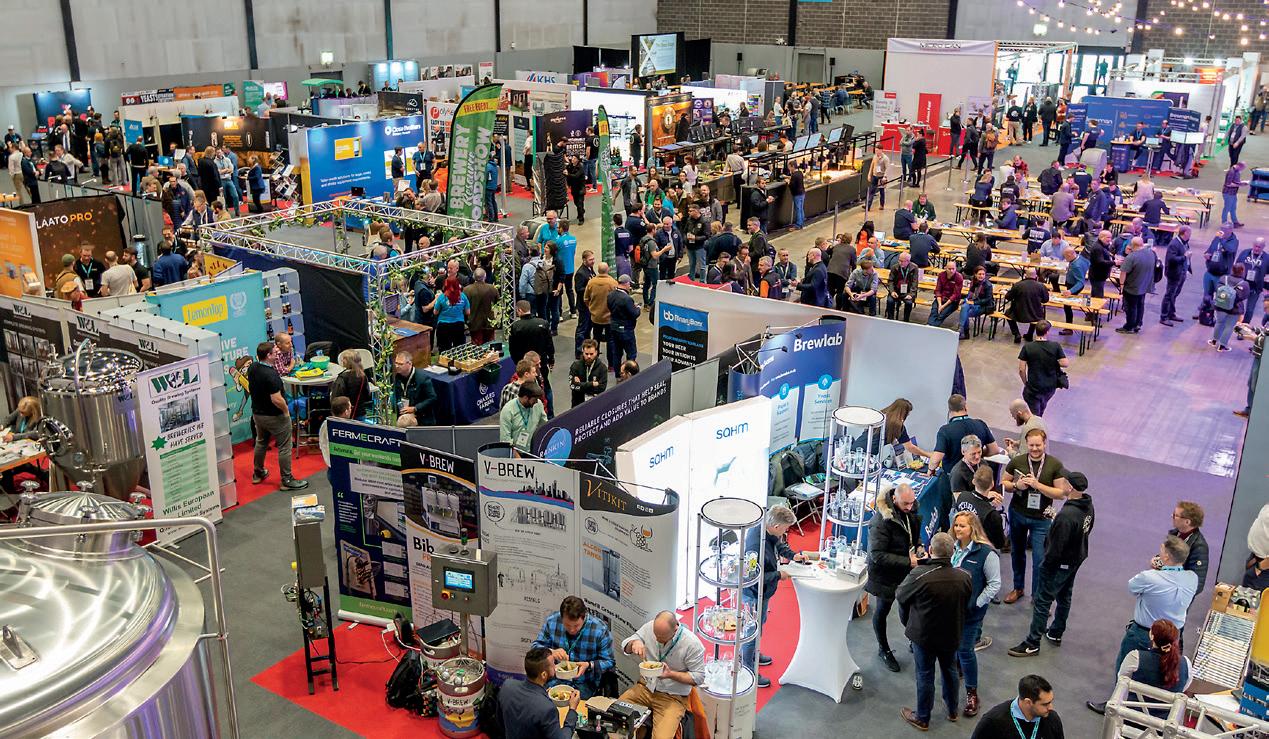
Brewing in Brief distribution list
We are getting increasing numbers of brewers reading our Brewing in Brief email update each week. This is a reminder that as part of your SIBA membership we can send it to as many of your team as you would find useful. If there is anyone you would like adding onto the Brewing in Brief distribution list, simply advise membership@siba.co.uk and they will make sure that happens.
9 www.siba.co.uk | SIBA Independent Brewer | Autumn 2023 SIBA news
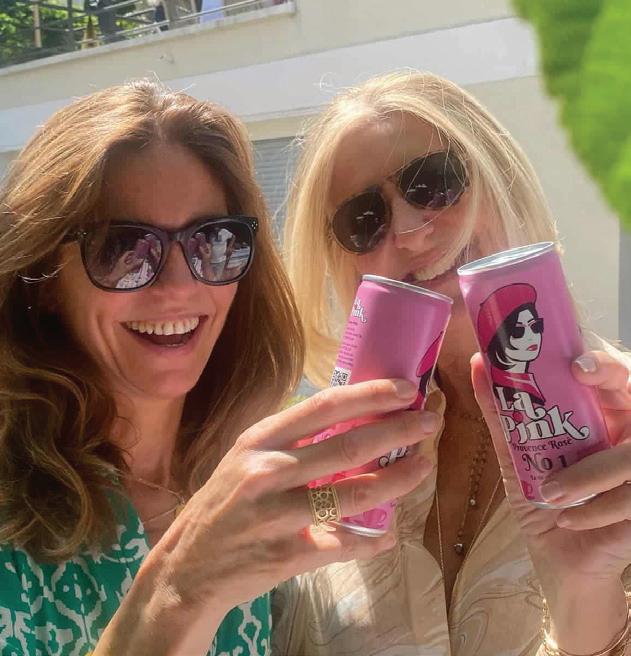

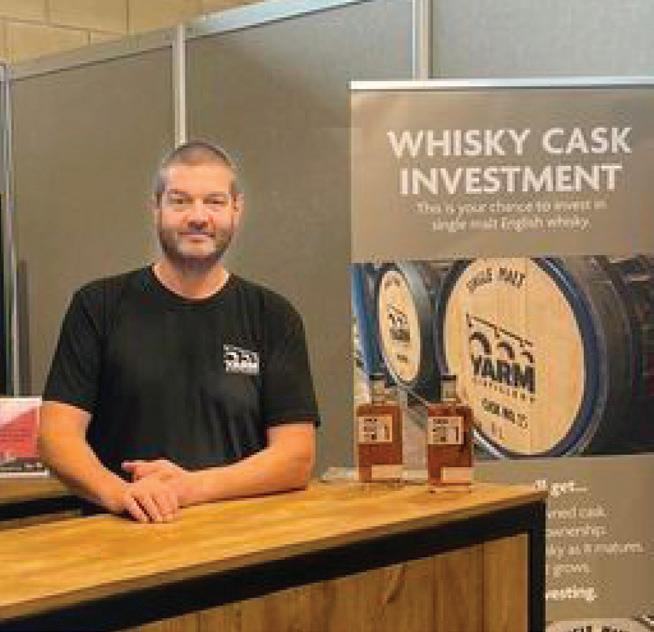
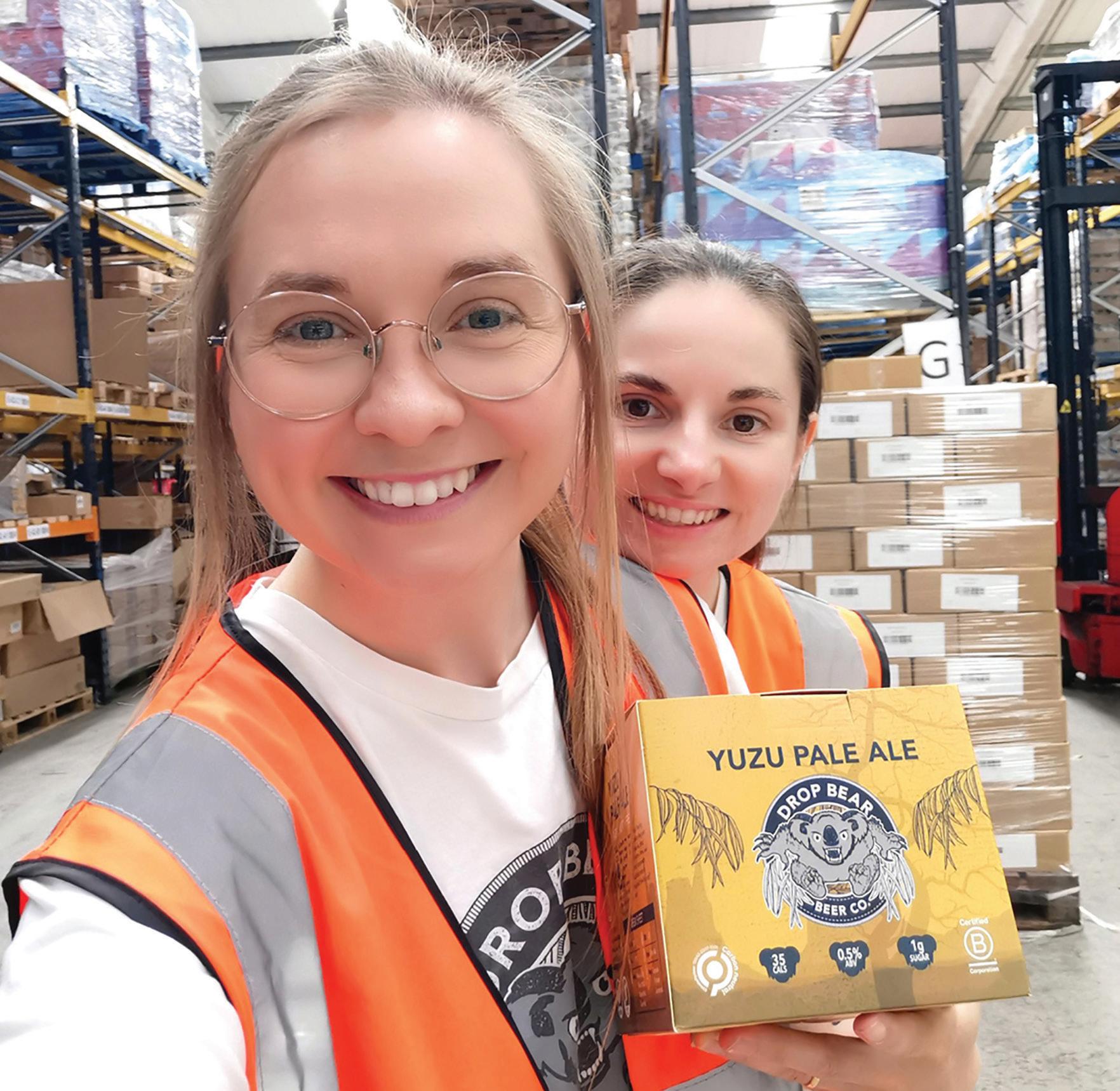
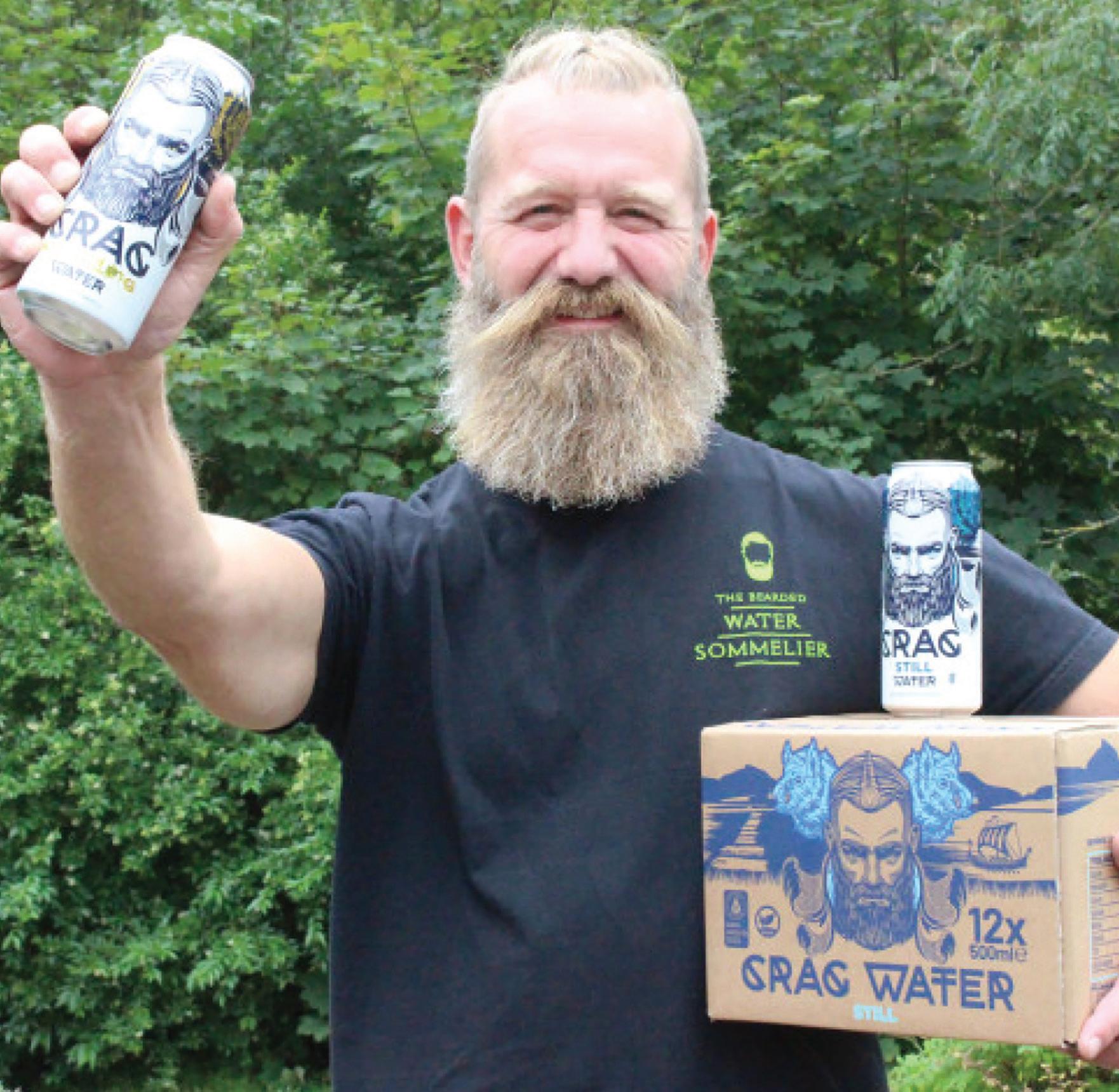
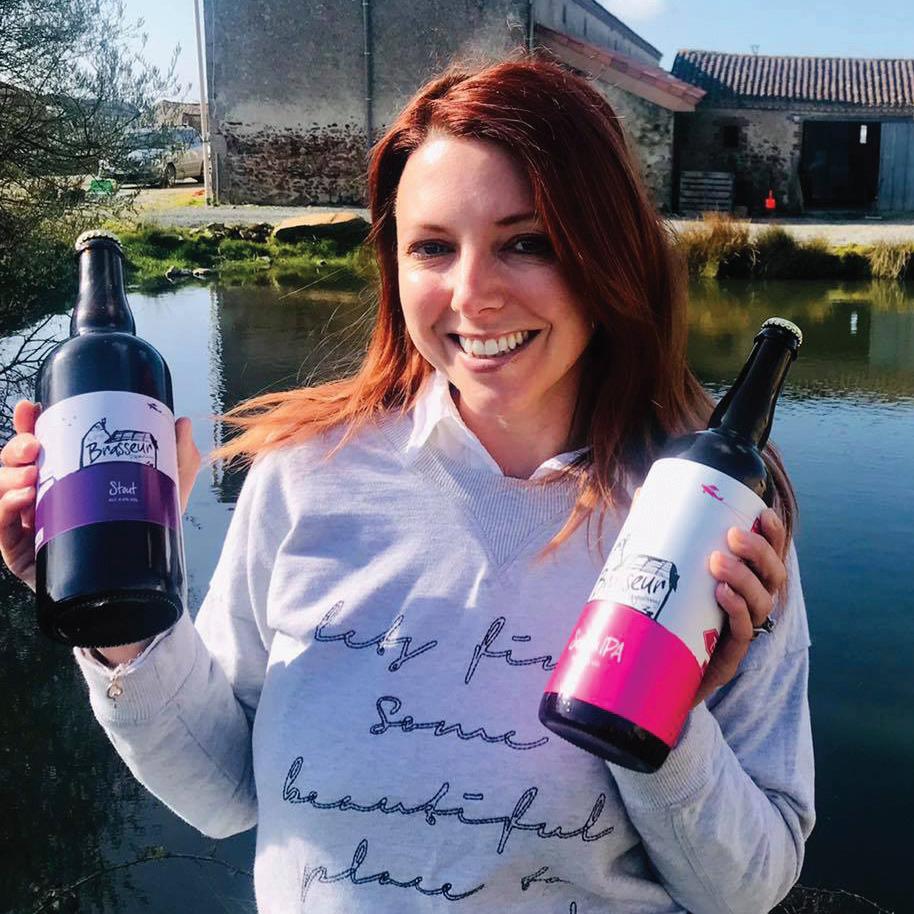


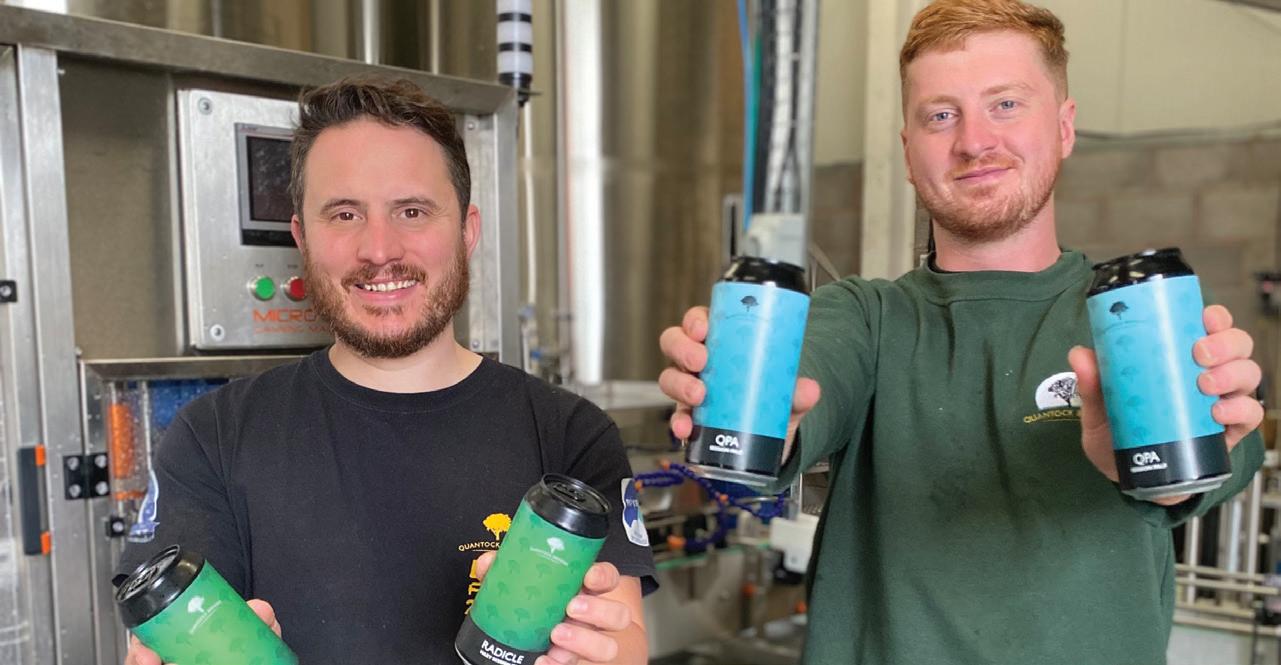
Greater sales via SIBA Beerflex
Beerflex gives SIBA members access to outlets that would otherwise be closed to supply by independent brewers.
This year, SIBA Beerflex is trading over 10% up on last year, with the price paid for each firkin well ahead of that. This growth has been helped by the newly developed Order Portal, from which publicans place their orders.
To ensure your brands are marketed to their full potential we recommend your brands are regularly updated via Beer Manager, this may be specials/seasonals or new beers.

Please contact SIBA HQ office@siba.co.uk should you have any questions.
SIBA appoints Pip Young as Events & Marketing Officer
Navigation Brewery and Attic Brew Co. named best in the Midlands at SIBA Independent Beer Awards 2023

Navigation Brewery in Nottingham and Attic Brew Co. in Birmingham have taken the overall Gold awards in SIBA’s Midlands Independent Beer Awards in Cask and Keg beer – making them officially the two best beers in the Midlands for 2023.
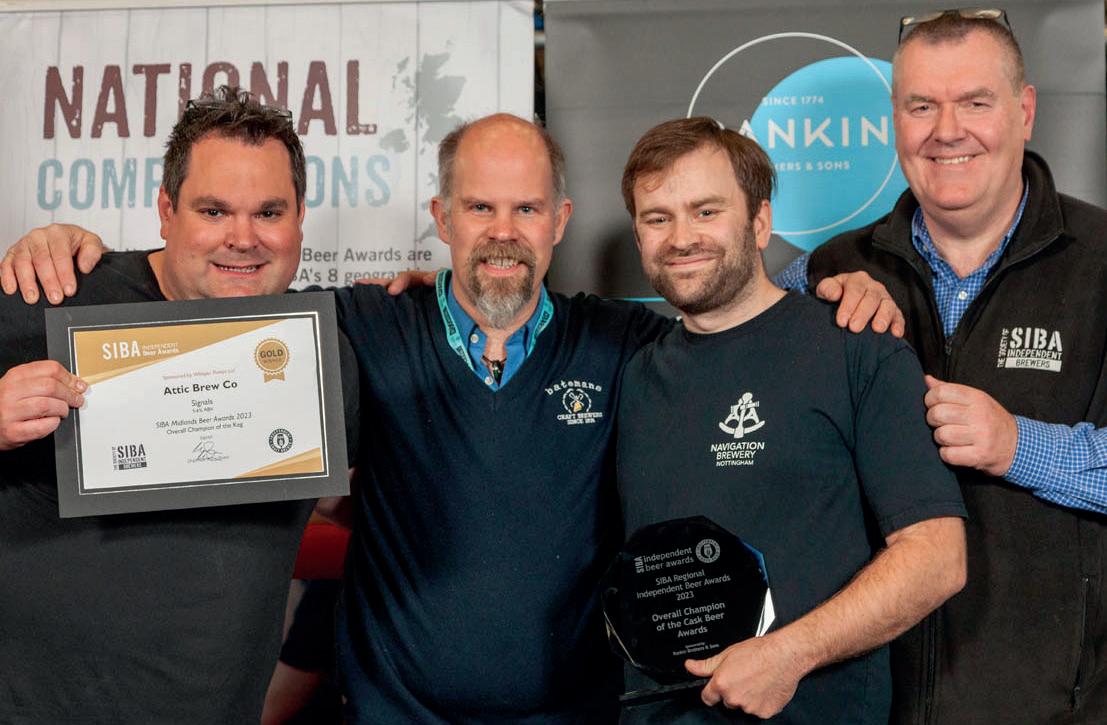
The awards are run by SIBA and are hosted by the Rail Ale Festival at the Roundhouse, near Chesterfield. The competition saw a huge range of beer styles judged across cask and keg format, from traditional Bitters, Stouts and Porters, to New England IPAs, Lagers, Speciality and Sour beers.
It was Navigation's deliciously fruity Golden Ale 'Rebel' that wowed judges in the cask competition with tropical fruit and citrus flavours and a clean bitterness in the balanced finish. Craig Nightingale, research and development brewer at Navigation, was on hand to collect the Overall Champion Cask Beer award on behalf of their three-person team. He said: "I'm over the moon to win, I love this beer, it is one of my favourite beers, and it’s the one I drink in the pubs at night. So it's great to see it win as it's the first time it has been in the running for awards as well. The beer is based around citra hops and it's just super sessionable, super easy drinking, really crisp and really flavourful."
The other big award was the Overall Champion Keg Beer, which went to Attic Brew Co.'s 'Signals' IPA, which impressed with big citrus and strone fruit flavours of grapefruit, apricot and blackcurrant.
Attic Brew Co.'s Business Development Executive John Nowacki accepted the prestigious award, saying: "It's amazing to win the award, we think we're brewing some really good beers but it's nice to have that backup to know that we're on the right track. We brew really hop-forward but really drinkable beers, with loads of body and not too much bitterness so you can enjoy a few different beers."
SIBA Chief Executive Andy Slee was on hand to dish out the top awards in the Midlands, he commented on the quality of the entries: “Huge congratulations to all of this year's winners and in particular our Overall Champions who not only won their style categories but went on to be named the best of the best in what was an extremely hard fought final round judging. The quality of beers in the competition was superb and I want to say a huge thank you to the Rail Ale festival for being such fantastic hosts and for ensuring all of the beer was served in such superb condition."
For the full list of winners from the Midlands competition see pages 78-79.
SIBA has appointed Pip Young as its new Events & Marketing Officer, joining the organisation’s Marketing and Events Team in promoting independent craft beer across the UK. Pip joins SIBA from SALT/Ossett brewery and brings with her a wealth of events experience, not least in her work founding and growing The Coven, a project from 30SIXCo, aiming to increase diversity and inclusivity within the beer industry. Most notable is their work creating the role of the Wellness Officer; Good Vibe Guardians for beer festivals– ensuring all attendees and participants are safe, considered and welcomed.
The newly-created Events & Marketing Officer role centres on delivering and further improving SIBA’s Independent Beer Awards and Regional Meetings, as well as events sponsorships and partnerships across the UK promoting independent craft brewers.
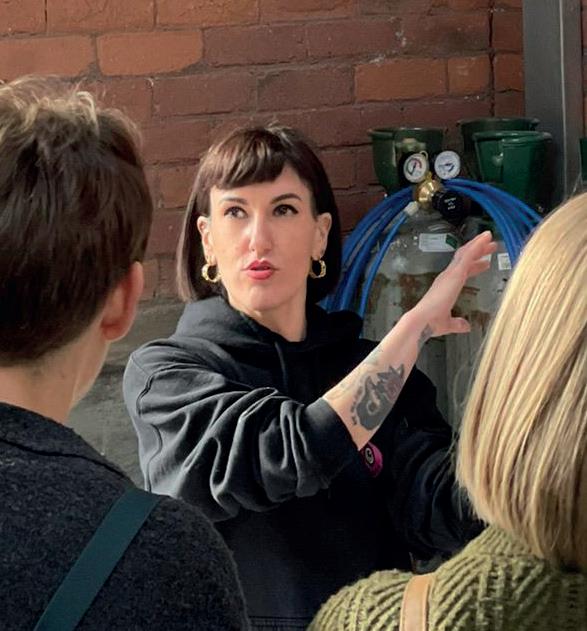
Neil Walker, SIBA Head of Comms & Marketing, said: “I’m delighted to be welcoming Pip into the marketing team here at SIBA and look forward to seeing the positive influence she can bring to SIBA events and beer competitions. Her huge amount of experience in the beer industry, particularly in her work at The Coven, makes her perfectly placed to help us deliver even better events across the whole of the UK.”
Pip Young said: “I am extremely proud to be joining such an esteemed organisation within the beer industry and I am excited to keep the success and momentum going at SIBA. No doubt building on my work with 30SIXCo and The Coven. Now with SIBA, playing my part in creating a more just, safe and successful beer industry.’’ Find out more about Pip in our Meet the SIBA Team section on page 27.

11 www.siba.co.uk | SIBA Independent Brewer | Autumn 2023 SIBA news
Indie Beer Scotland 2023
Scotland’s biggest craft beer festival, SIBA’s Indie Beer Scotland, moved to Glasgow in September this year with double number of beers.
After a hugely successful launch in Edinburgh in 2022, Indie Beer Scotland returned in 2023 at the brand-new event space ‘Clyde Rooms at Edmiston House’ in Glasgow, running from Friday the 8th until Saturday 9th September.

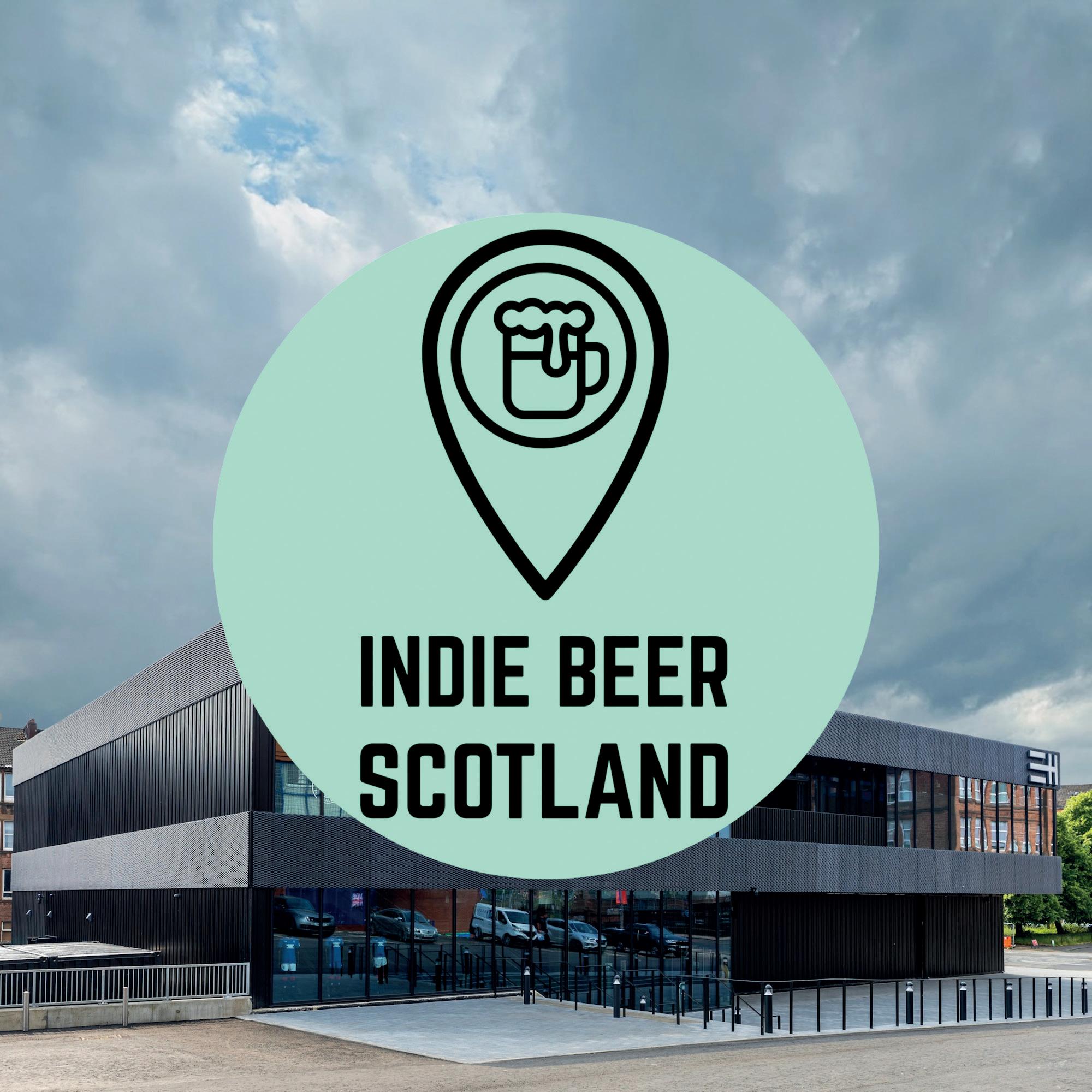
The event was sponsored by Kegstar, and with double the number of beers on offer compared to 2022, it is now the country’s largest craft beer festival, featuring over 200 different cask and craft keg beers from some of Scotland’s best independent craft breweries, plus cider and spirits from independent Scottish producers.
Indie Beer Scotland is organised by Scottish brewers from SIBA, with festival organiser Fiona MacEachern, from Loch Lomond Brewery, saying the new venue has really taken the event to the next level. She said: “We’re really excited to be working with Edmiston House to present Scotland’s only National beer festival, featuring exclusively Scottish independent craft breweries, cider producers, and artisan spirits, again from independent producers only. The Clyde Rooms at Edmiston House is a superb modern event space with ground floor access, just a short walk
from the tube and with great connections and transport links.”
Indie Beer Scotland also aims to offer great value for money, with a huge number of session beers including cask and craft keg frozen at last year’s prices, available from just £4 a pint. “Beer should be enjoyed by everybody, which is why we work really hard to ensure we offer great value for money as well as the best possible range of beers in huge variety of styles and strengths – from hoppy IPAs and Pale Ales, to craft lagers, pilsners and stouts. No matter what styles of beer you enjoy we have got something for everyone, and all cask and keg beers up to 4.5% are available for just £4 a pint or £2 a half,” Fiona added.
Indie Beer Scotland is also the home of the SIBA Scotland Independent Beer Awards 2023, with judging taking place to name Scotland’s very best beers prior to the festival opening to the public – making festival-goers the first to try Scotland’s official best beers, with all this year’s winning beers available over the three sessions Friday to Saturday. Beers ranged from session strength lagers and pale ales of 4%, to barrelaged imperial stouts and scotch ales which tip the scales at a punchy 10% ABV or more.
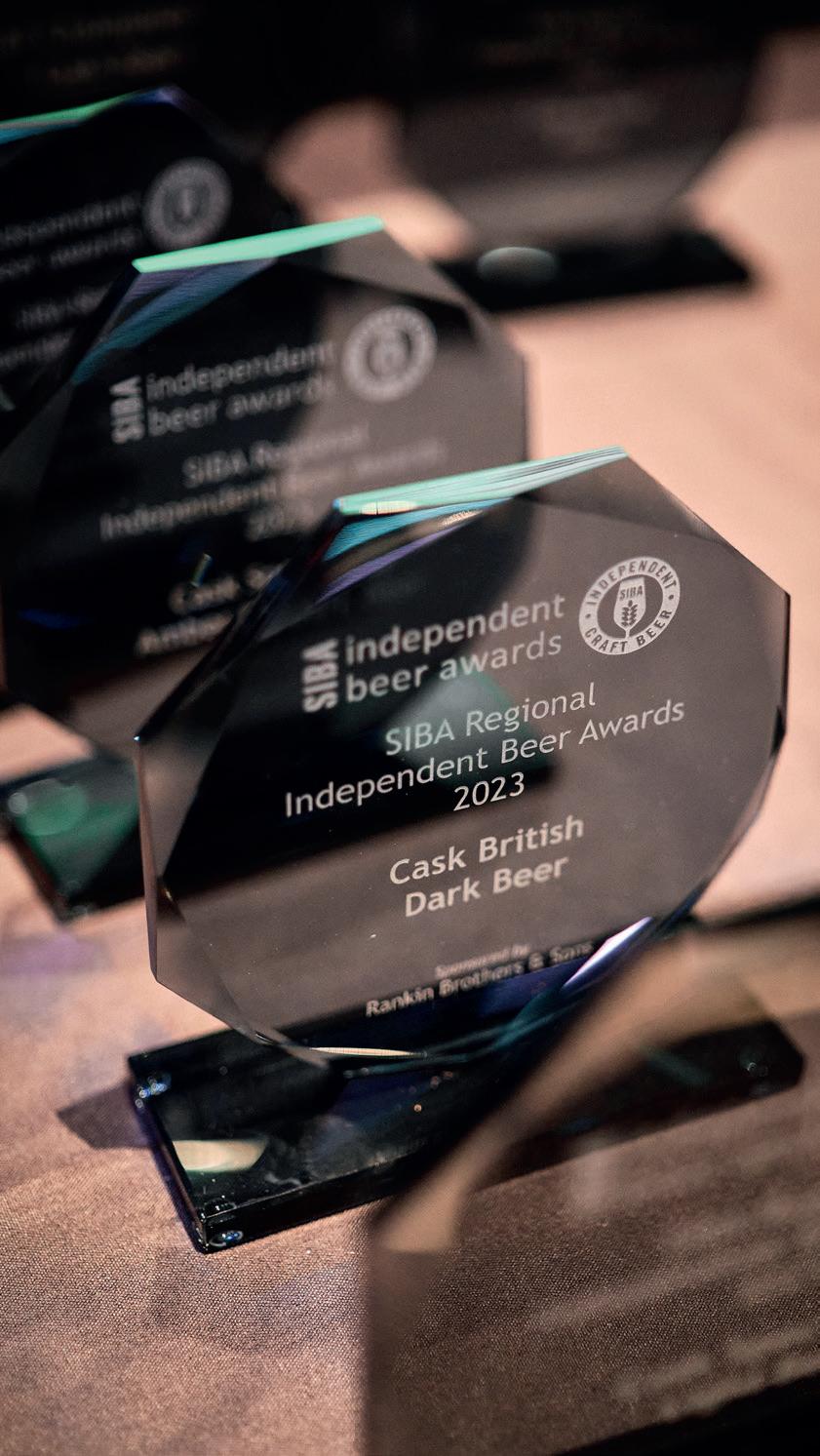
12 Autumn 2023 | SIBA Independent Brewer | www.siba.co.uk SIBA news
Massive congratulations to all of the winners from Indie Beer Scotland. The quality was superb across the board.
Andy Slee SIBA’s Chief Executive
Broughton Brewery’s ‘Old Jock’ Scotch Ale and Swannay Brewery’s Orkney Porter named Scotland’s best independent craft beers
Broughton Brewery’s ‘Old Jock’ Scotch Ale was named Scotland’s best cask beer at the SIBA Scotland Independent Beer Awards 2023, which took place at Indie Beer Scotland, with Swannay Brewery’s Orkney Porter being named Scotland’s best in keg.
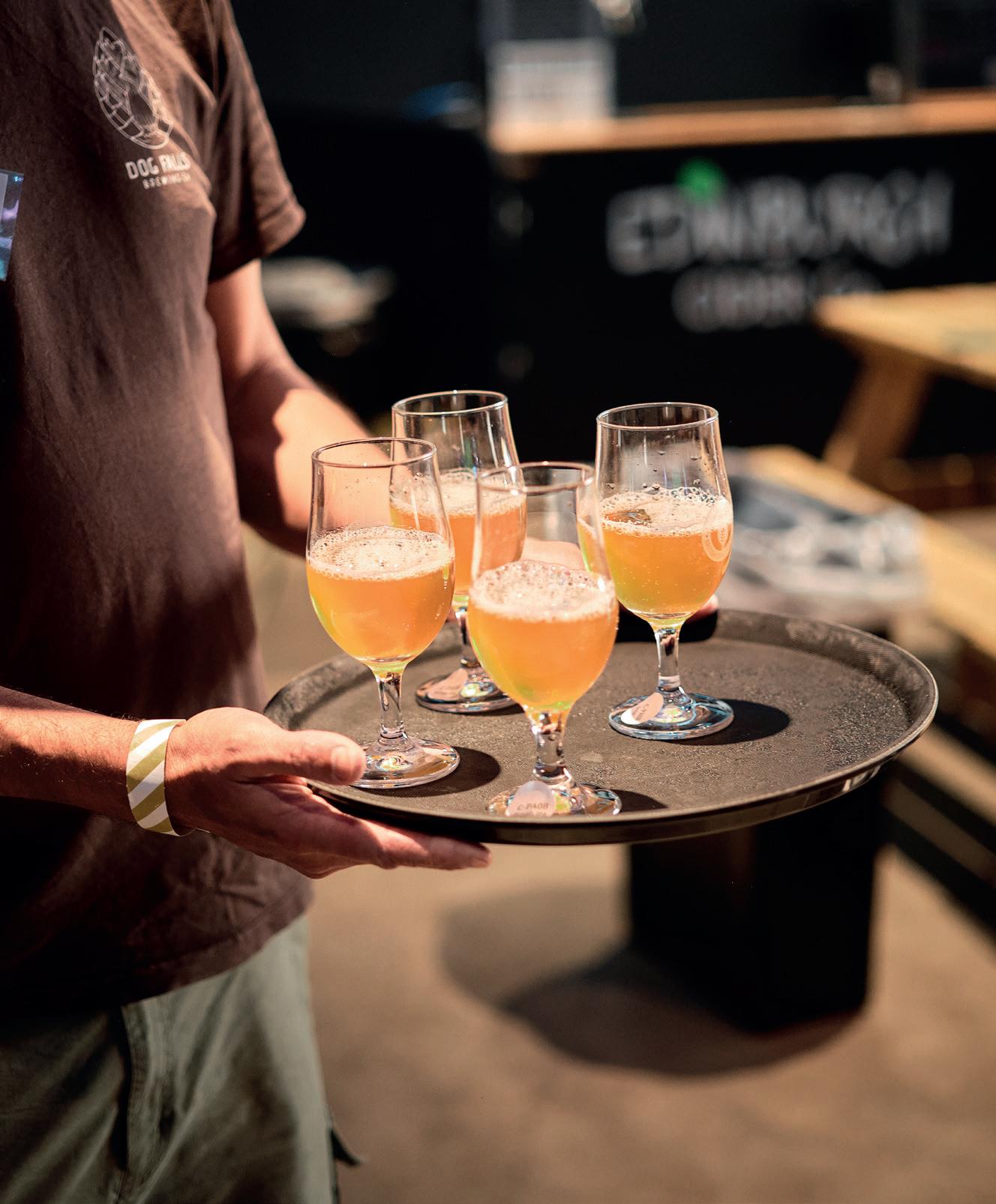


Broughton Brewery’s Old Jock Scotch Ale impressed judges with big roasted malt flavours and a balanced sweetness.
Broughton Brewery’s Christie Slater had this to say when accepting the award: “It’s absolutely fantastic to be here and win the overall cask beer award for Scotland. Old Jock’s been around for a while, it’s a completely unpretentious beer, a true Scottish ale with not too many hops and a lot of big malt flavours – but at 6.7% it does pack a real punch.” Christie Slater, Borughton Brewery.”
The SIBA Scotland Independent Beer Awards are blind-tasted by expert beer judges, beer sommeliers, and master brewers from elsewhere in the UK, with the winners of each beer-style category going through to a final judging table where the overall Champion Gold, Silver and Bronze are selected. Swannay Brewery’s 9% Orkney Porter took competition’s other big award, being named Overall Champion in the SIBA Scotland Keg Beer Awards, wowing judges with berry-fruit and big smokey malt flavours.
SIBA’s Chief Executive Andy Slee said: “Massive congratulations to all of the winners from Indie Beer Scotland. The quality was superb across the board so to take away an award from such tough competition is something to be truly proud of. This is especially true of our Overall Champions, Broughton and Swannay Brewery, who not only won their categories but then went on to be named our Overall champions – the very best of the best in Scotland for 2023.”
Find the full list of winners from the Scottish competition on pages 80-81.
13 www.siba.co.uk | SIBA Independent Brewer | Autumn 2023 SIBA news

Go West WARMINSTER MALTINGS LTD Traditional Maltsters robin.appel@warminster-malt.co.uk Tel: 01985 212014 ...For Better Barley, For Better Malt
SIBA Homebrew Competition Winner’s beer goes national
The competition was open to Homebrew Members of SIBA. Neil Walker, Head of Comms at SIBA, joined the brew day and had this to say on Sam’s award-winning beer: “The quality of beer being brewed by the best homebrewers in the UK really is astonishing and we were blown away by Sam’s beer when it was judged. The brief was to best showcase Yakima Chief’s new experimental hop and his deliciously hoppy, hazy pale ale did exactly that. Huge congratulations to Sam and I look forward to trying his beer in a pub near me very soon!”
The hazy pale ale “Push the Button” was named as a tongue-in-cheek jibe at the differences between homebrewing and commercial brewing, where the much larger scale means some elements have to be automated. The brew makes use of an experimental new American hop ‘HBC 586’, making the finished beer “hugely aromatic and hoppy with aromas and flavours of tropical and stone fruit, backed up with citrus notes and a soft mouthfeel”.
Robbie Harrigan, from Yakima Chief Hops, also joined the brew day: “It’s been brilliant to be involved, growing our engagement with the homebrewing community, who we feel are one of the most passionate brewing communities across the globe. Many of our commercial customers around the World started out as homebrewers, so to keep engaging with these guys, and doing projects such as this one is extremely valuable and really good fun! HBC 586 is one of the latest and most exciting trial varieties from the Hop Breeding Company and is a firm favourite of everyone at Yakima Chief Hops. We were honoured to work with SIBA and Quantock to bring this trial variety to a wider market."
The UK’s best homebrew beer hit bars across the UK following the SIBA competition, with a prize to brew it on a commercial scale.
Originally brewed by champion homebrewer Sam Thakker-Jones for the SIBA Homebrew Beer Awards, the recipe was upscaled for commercial production at Quantock Brewery in Somerset and had a Limited National release.
Sam joined the team at Quantock, along with awards organisers SIBA and Yakima Chief Hops, to brew his beer on a commercial scale.
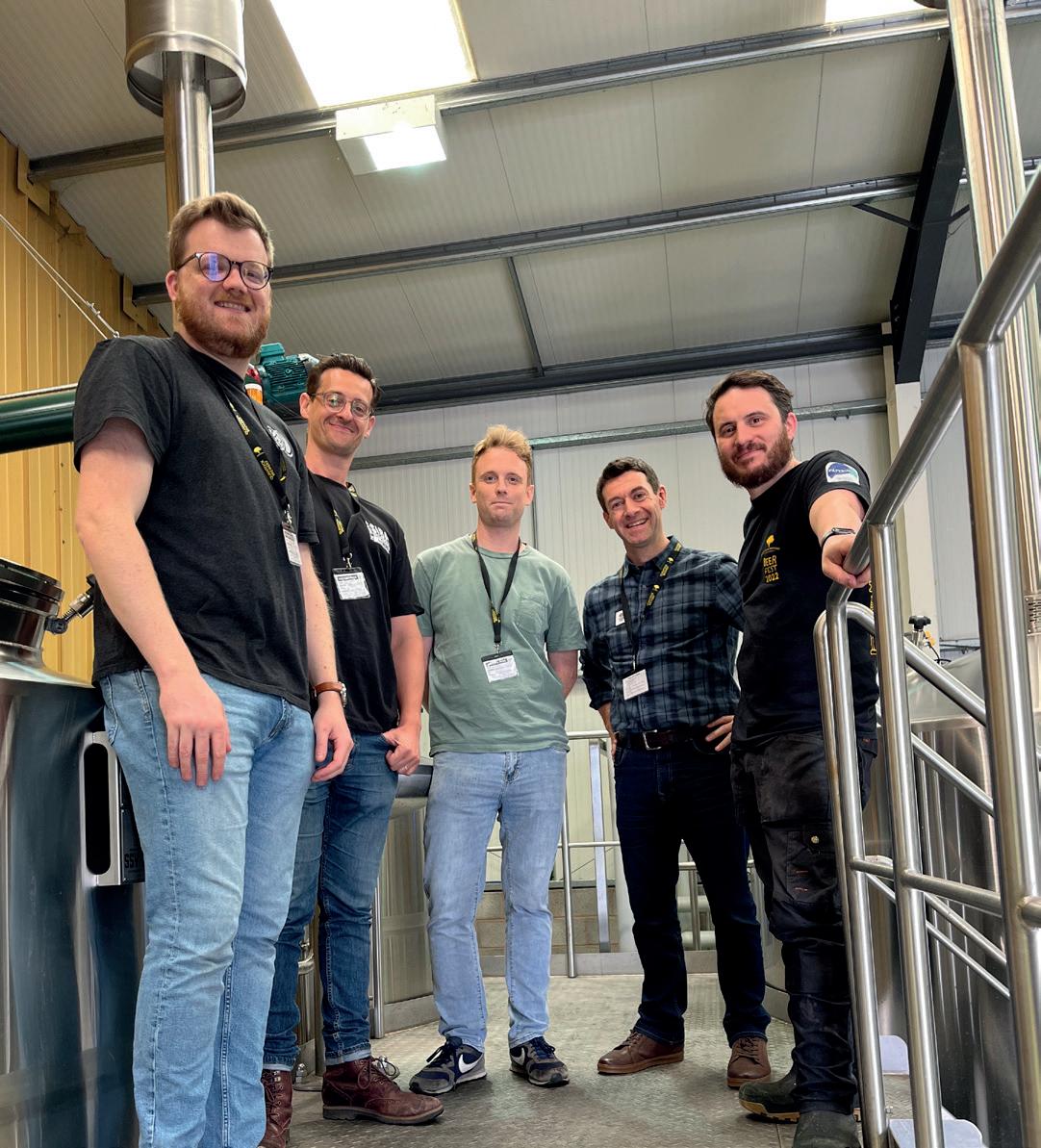
Sam said of the experience: “It’s been amazing brewing here at Quantock, really in-depth, really friendly, getting closely involved in every part of the process - from milling the grain this morning, to mashing in, adding hops, right through to the end of the brew day. I’ve loved every second of it.”
Statement from SIBA responding to the delay of the Scottish Deposit Return Scheme (DRS) until 2025
SIBA’s Jamie Delap said: “Small independent breweries have been clear from the start that the gold standard for the Deposit Return Scheme is for it to have the same scope and be introduced at the same time across the whole of the UK. Doing so will ensure it works more effectively, reduce its costs, and avoids impact on consumer choice.
“The announcement from the Scottish Government today that the scheme will be delayed until October 2025 and they intend to remove glass moves us towards achieving this goal of a joined up scheme across the UK, but there are still questions about differences in Wales and it’s inter-operability. We have seen how positive engagement with Industry in recent months can improve the scheme and make it more workable and it is important for all governments to work together and with industry to achieve the best scheme for the whole of the UK.”

As well as being available in Quantock’s taproom and specially selected venues across the UK, including Sam’s home town of Bath, a limited amount of the beer also went into cans and was available via the Quantock webshop.
Quantock Brewer Daniel Enticott was on hand to ensure a smooth brew day: “The recipe itself is really interesting as it’s pretty much the same process as we use here for our hoppy pale ales, so transitioning the recipe from a homebrew batch up to a commercial kit has actually been pretty easy. We’re going to be selling the kegs through wholesalers nationally so there’s no limit as to where it might end up, and will also be putting the beer into can as well so it will available on our website and of course in the taproom too.”
Find out more about Sam and his winning beer in our Meet the Homebrewer feature on pages 42-49.
Launch of SIBA Exclusive Member Services
June saw the launch of the new Exclusive Services package available to SIBA Members.
In addition to current Benefits, Brewing Members in particular can now access a range of exclusive services and offers from SIBA Gold, Silver & Supplier Associate Members.
Members can view the services and offers in the Toolbox portal in the new Member Services section.
If you have any questions or are supplier looking to launch an exclusive service for members please contact membership@siba.co.uk
15 www.siba.co.uk | SIBA Independent Brewer | Autumn 2023 SIBA news
The view from Westminster

I hope that everyone managed to get their heads around the new alcohol duty changes that went live on 1 August. From my discussions with breweries of all different sizes, calculating hectolitres of pure alcohol (HLPA), determining when production takes place and the new takeaway beer rules were the most problematic areas. If you’re still confused don’t forget that SIBA has produced a guide and calculator as well as recorded several webinars which are all available on the Toolbox to help you. I’m also always available to answer any questions on this topic where I can.

One particular issue that reared its head at the last moment was the transition from Small Breweries’ Relief (SBR) to Small Producer Relief (SPR) and this raised a wider issue of how small breweries have been interpretating SBR rules for more than 20 years. Luckily SIBA managed to work with HMRC to get this changed before the new system came online.
In HMRC’s view breweries should be paying the relief rate for when the beer was produced rather than when it passes the duty point. Therefore it believed that, for the transition from SBR to SPR, the old SBR rate should apply for everything that was produced before 1 August even if it was in duty suspense and released on or after 1 August. Such a move would have meant operating a messy and confusing dual system, with breweries having to maintain two sets of records and completing two sets of figures on the EX46 form. It’s also not the system that small breweries have been using for the last two decades. Again in HMRC’s view, when moving to a new small brewery year in January under SBR the previous relief rate should be paid for everything produced in December or earlier. I haven’t spoken to any brewery that has been doing this under SBR or expected the new system to work in this way and certainly the old EX46 was not designed to work in this way. It wasn’t only breweries that were also impacted by this – cidermakers that only make an autumnal product suddenly found that the
16 Autumn 2023 | SIBA Independent Brewer | www.siba.co.uk The view from Westminster
One particular issue that reared its head at the last moment was the transition from Small Breweries’ Relief (SBR) to Small Producer Relief (SPR) and this raised a wider issue of how small breweries have been interpretating SBR rules for more than 20 years
new SPR didn’t apply to anything they had produced in the previous year.
SIBA convinced the Exchequer Secretary to introduce emergency legislation to ensure that on the 1 August the new rate applied to anything that was produced. This didn’t prevent anyone with beer in duty suspense from constructively removing it to duty paid which could have helped those with stronger beers above 8.5% ABV.
However, this is not yet a permanent fix. The Minister has not yet applied this change to the transition to the next SPR year. Breweries will have to recalculate their beer duty on 1 February every year in HLPA when the new small producer year starts. Under the new rules, as they are currently written, small breweries will have to use the relief rate for when it was produced. So if you produced some beer in January and it was still in duty suspense in February it would pay the January rate rather than the new February rate. SIBA is working with HMRC to try and get this changed to what small breweries are used to and expect so that it’s the rate when
it crosses the duty point and not when its produced.
We also continue to have discussions with the Government on the takeaway beer issue which impacts many of your customers. Under the new system any pub wishing to do takeaway beer, such as in growlers or crowlers, must purchase from a brewery a cask or keg that has not had the draught relief applied to it. I.e. one where you have charged your higher small pack duty rate rather than the lower draught rate. The liability for this rests with publicans with breweries required to indicate on their invoice or delivery note that the container has not benefitted from the draught relief. Only those with a brewing licence or a warehouse licence can decant from a draught relief container to a smaller vessel and then pay the duty difference to HMRC. This means that breweries can still do takeaway beer from their taprooms from draught relief containers but pubs cannot. I’ve spoken to a number of bottle shops and pubs that have taken the decision to stop selling takeaway
beer because they have struggled to buy nondraught relief containers from wholesalers or breweries.
Although discussions continue, unfortunately there are few solutions that HMRC will accept. It does not want the draught relief to apply to beer that is sold from pubs for consumption at home and is fearful that supermarkets will start to sell growlers and crowlers to benefit from the lower duty rate. Finally – don’t forget that a great way to speak to your MP is by having your beer served in Parliament. Having your cask ale chosen as a guest beer in the Strangers’ Bar is a great opportunity to come down to Parliament, have some photos taken to send to the local press and lobby your local MP for changes. Please contact me if you’re interested in this.
Barry Watts is Head of Public Affairs and Policy at SIBA. He covers political relations and policy for SIBA members. He can be contacted at barry.watts@ siba.co.uk or 07977837804.

17 www.siba.co.uk | SIBA Independent Brewer | Autumn 2023 The view from Westminster
Is your Brewery missing out?
Offering a range of Membership benefits from as little as £150 per year, SIBA, the Voice of British Independent Brewing is the one stop shop for Independent Craft Breweries. SIBA are committed to ensuring that our Members’ are equipped with the Tools, Legislative advice, access to market and insight data required to run a successful Brewing business. Look out for the * to see what you could be saving by joining SIBA.
See how SIBA Membership can help your Brewing business
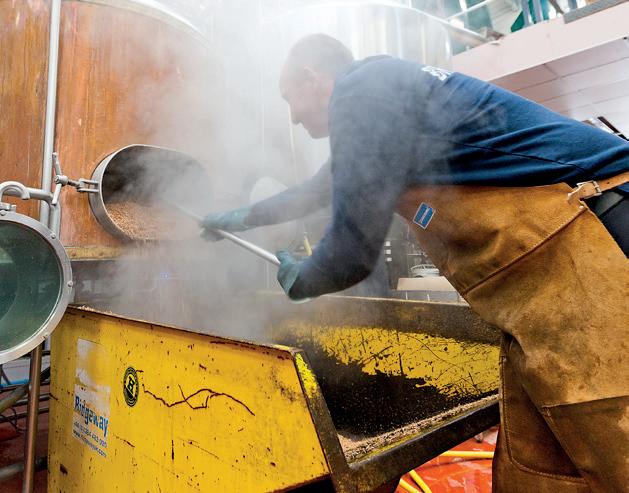
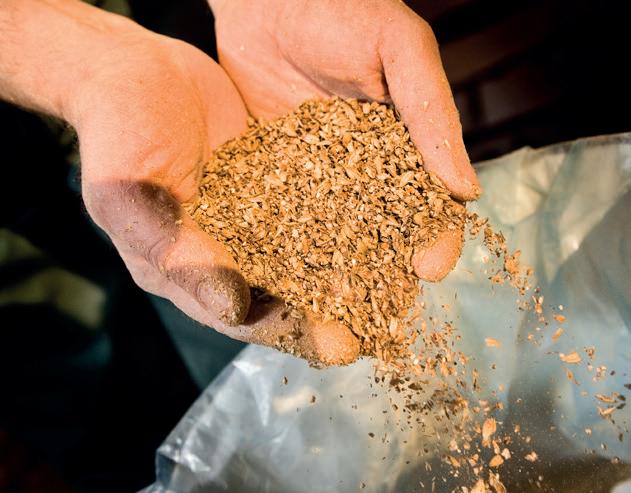
SALES
Various opportunities for increasing sales within the on and off trade accounts through direct delivery, resources or exclusivity at prestigious events
PROMOTION Exclusive access to promote your beers at prestigious events such as the British Guild of Beer Writers Awards, BeerX and much more. Access to the BGBW event would cost a single brewery *£4k, with other events costing much more.
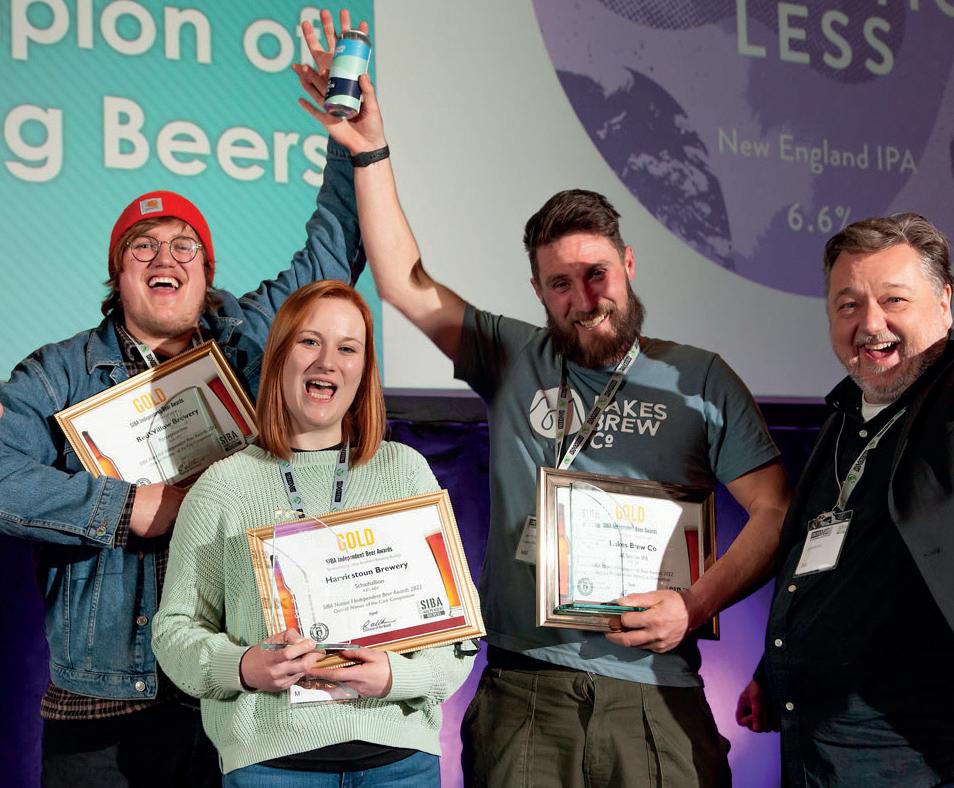
INDEPENDENCE CAMPAIGN Standing out from ‘big beer’ by increasing visibility on bottled products with Independent Crown Caps and independence badges for beer labels – assuring consumers that they are buying from an Independent Craft Brewer.
BEERFLEX An option for all SIBA members to develop on trade sales by supplying to large pub operators at a price band of your choice and with favourable payment terms. The average Beerflex Member generating *£15k turnover.
INTEL
Raising the bar for your brewery and beer by obtaining invaluable industry information and data
INDEPENDENT BREWER MAGAZINE Featuring Industry News, guest articles, meet the brewer profiles and much more. Independent Brewer is your portal to the wider world of independent brewing, delivered to your business quarterly.
CRAFT BEER REPORT Data insight and analysis on brewing businesses and the industry from qualified contributors and academics, providing invaluable data for your business planning.
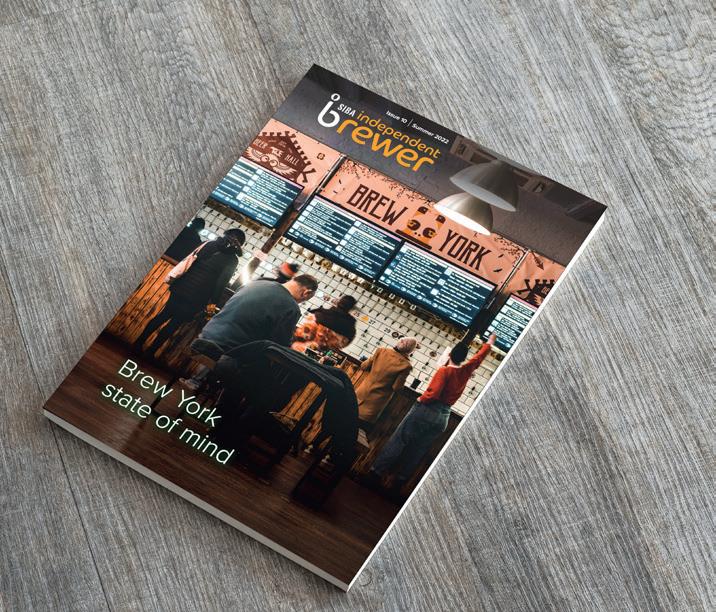
BREWING IN BRIEF Weekly email newsletter, containing member news, Industry news and upcoming events. A snap shot of the week in brewing.
LOBBYING Securing Support & Advice via Political representation with a user friendly synopsis of Government Legislation available to members.

GOVERNANCE Eligibility to take a seat at the table of SIBA Board Directors, helping set the strategic direction of the trade association.
REGIONAL MEETINGS Access to quarterly meetings, with presentations from industry experts and members of the SIBA Management Team, with complimentary food and beer for you and your fellow brewers.
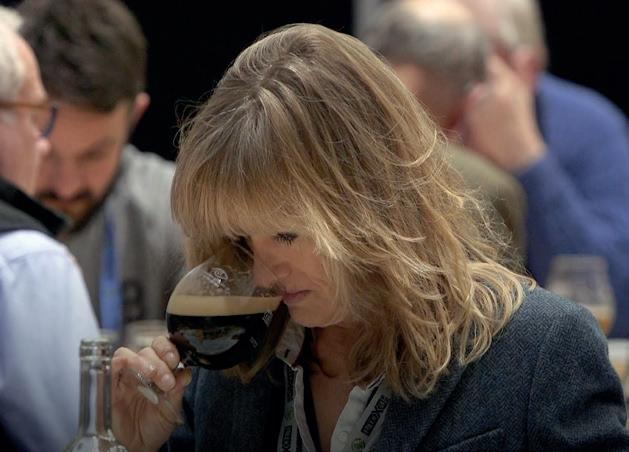
18 Autumn 2023 | SIBA Independent Brewer | www.siba.co.uk Membership Update
CoveringEngland,Scotland,Wales &NorthernIreland
SIBA LEGAL HELPLINE: 0845 671 0277
BUSINESS
From Legal issues, to user friendly calculators and Tools, SIBA has its members covered in all areas with the Business Benefits, potentially saving each member a substantial amount of time and money.
LEGAL ADVICE Members can contact the dedicated SIBA Legal Helpline, facilitated by Napthen’s Solicitors for 1 hour FREE advice. With legal specialists not only covering England but Scotland, Wales and Northern Ireland ensuring no eligible SIBA member goes without. There is no limit on the number of times members can contact the helpline. Potential saving of *£200 per call
*
Unlocking access to exclusive SIBA Member Benefits, resources and everything SIBA, via the SIBA Members Toolbox, whether it be entering Awards to accessing the legal portal, potentially saving each member in excess of *£5000
LEGAL PORTAL Taking away from our members the stress and pressures of being kept up to date on Legislations. The SIBA Legal Portal, in collaboration with Napthens Solicitors contains every day legal documents tailored to Brewing Businesses. *New to 2023



INDUSTRY SUPPLIERS From Brewery Equipment, to Ingredients, to Business Saving experts and Promotional items. Members can find a SIBA Supplier Associate Member for every business need from the SIBA Trade Directory.
BEERX Owners of the UK’s largest Independent Brewing Trade Show, Members can access SIBA’s flagship event FREE. A forever expanding Trade Show showcasing the best beer industry suppliers and packed seminar schedules, from workshop to informative seminars led by key industry personal – saving of *£65, based on 2x Delegate Passes
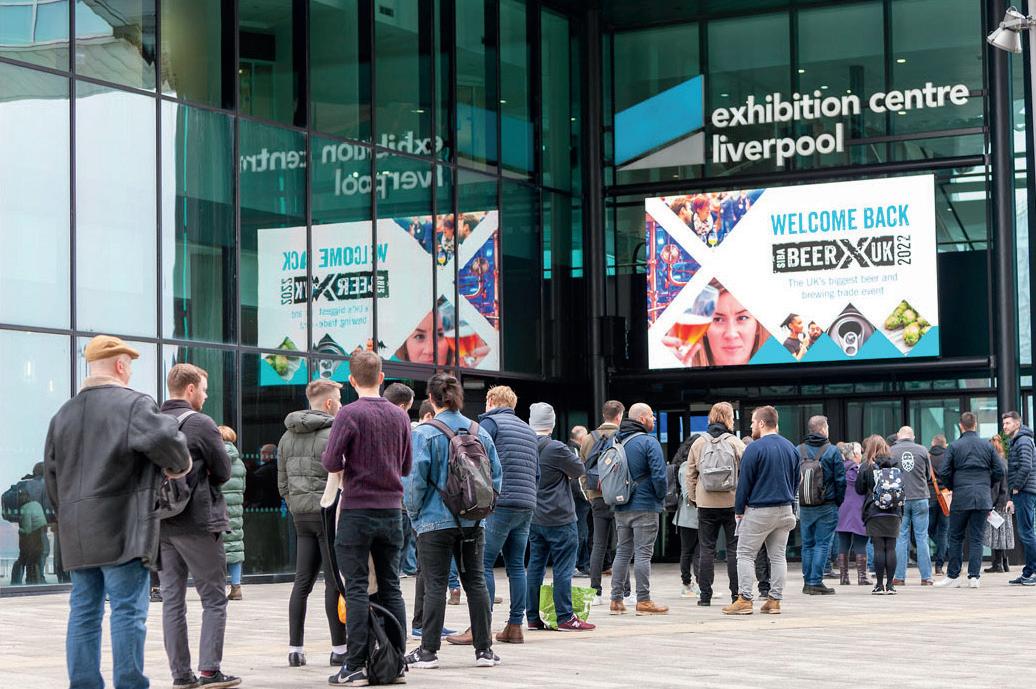
HR & EMPLOYMENT Covering all areas within HR & Employment, SIBA Members have access to an array of Templates to customise to their own business branding. Estimate value exceeding *£3000
DEBT RECOVERY & DISPUTES Debt recovery & insolvency are hot topics at the moment and members can access free of charge template letters to customise and issue. Saving on average *£500
COMPLIANCE Assisting members with legal compliance, a number of Tools are available for Members to customise to their own business needs. From HACCP and traceability tools to a H&S guide and practical guide to labelling your draught and packaged products, with a value in the region of *£3000
ALCOHOL DUTY In addition to ensuring Independent Brewers voices are being heard in Government, SIBAs Political team supply members with user friendly guides and simplified Duty calculators.
COSTING TOOL A Tool aimed at smaller brewers whom perhaps are unable to justify the expense of accounts personnel. Members can access at any time the Brewery Costing Tool to ensure that your sell price is calculated to run a sustainable business.
AWARDS With Beer Competitions for Cask, Keg and packaged judged by beer sommeliers and Business Awards judged by Industry Leaders, Members have unlimited entries into SIBA Competitions with winners having the opportunity to exclusive events promotion events and opportunities to facilitate with buyers and retailers across the UK *£450 (based on three entries into similar awards)
FREE ADVERTISING Forget Facebook Market Place –SIBA Classified Ads is the place to advertise everything and anything Brewery related. From job vacancies, to equipment for sale or a Wanted section, all as are free to place by members, with non members charged a fee of *£75
JOINT PURCHASE SCHEMES From glassware to beer mats, to bar runners – SIBA are able to offer its members promotional items at competitive rates.
CASK REPATRIATION INC ORANGE LABELS
Protecting your assets with cost effective semi-permanent labels to affix to containers – keeping track of your containers across the country!

19 www.siba.co.uk | SIBA Independent Brewer | Autumn 2023
ACCESS NEW TO2023
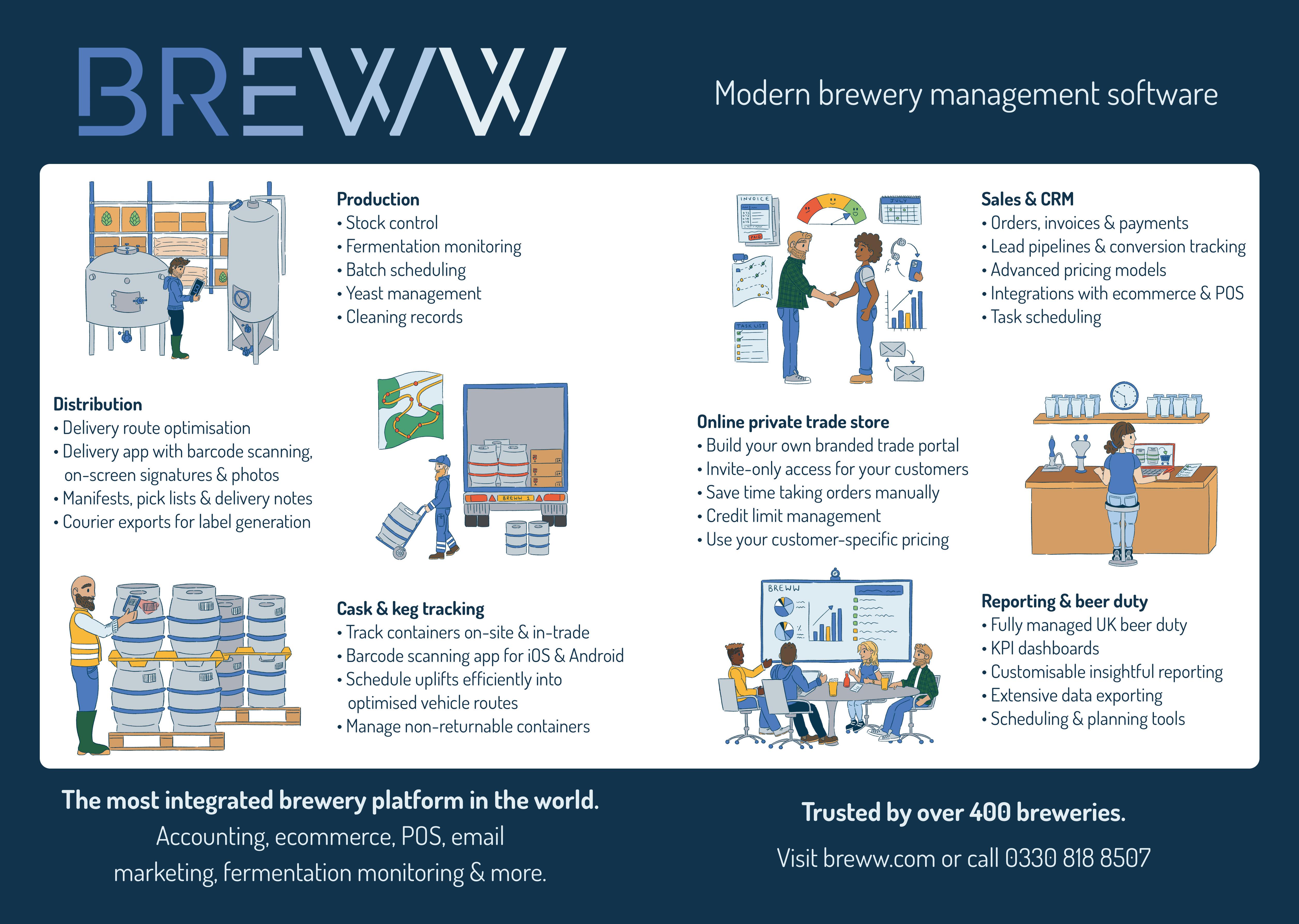

SIBA Independent Brewer x Pellicle Collab
XThe spirit of collaboration is a hugely positive part of the independent brewing sector, with brewers regularly collaborating with their peers on new beers, and indeed ideas. Collaboration makes both parties stronger, through the exchange of knowledge and ideas, or by opening up new routes to market. It’s in this spirit, that SIBA Independent Brewer is launching a new regular feature series in collaboration with the team at Pellicle, a title we have huge admiration for. Over the next 12 months each issue of Independent Brewer will feature a brand-new piece written by one of the regular Pellicle contributors on a brewery that is doing great things, but maybe hasn’t had the coverage that some of its peers are getting. A hidden gem waiting to be discovered by a wider audience. As ever, the Pellicle team will be writing in their own very personal and informed style and we are excited to welcome these new voices to the SIBA magazine.
RedWillow Brewery Macclesfield, Cheshire
To kick off our new collab, Pellicle’s co-founder and editor-in-chief Matthew Curtis speaks to Toby and Caroline McKenzie from a brewery close to his heart, and indeed his home, Macclesfield’s RedWillow…
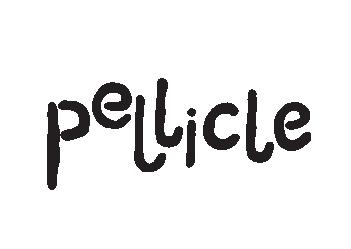

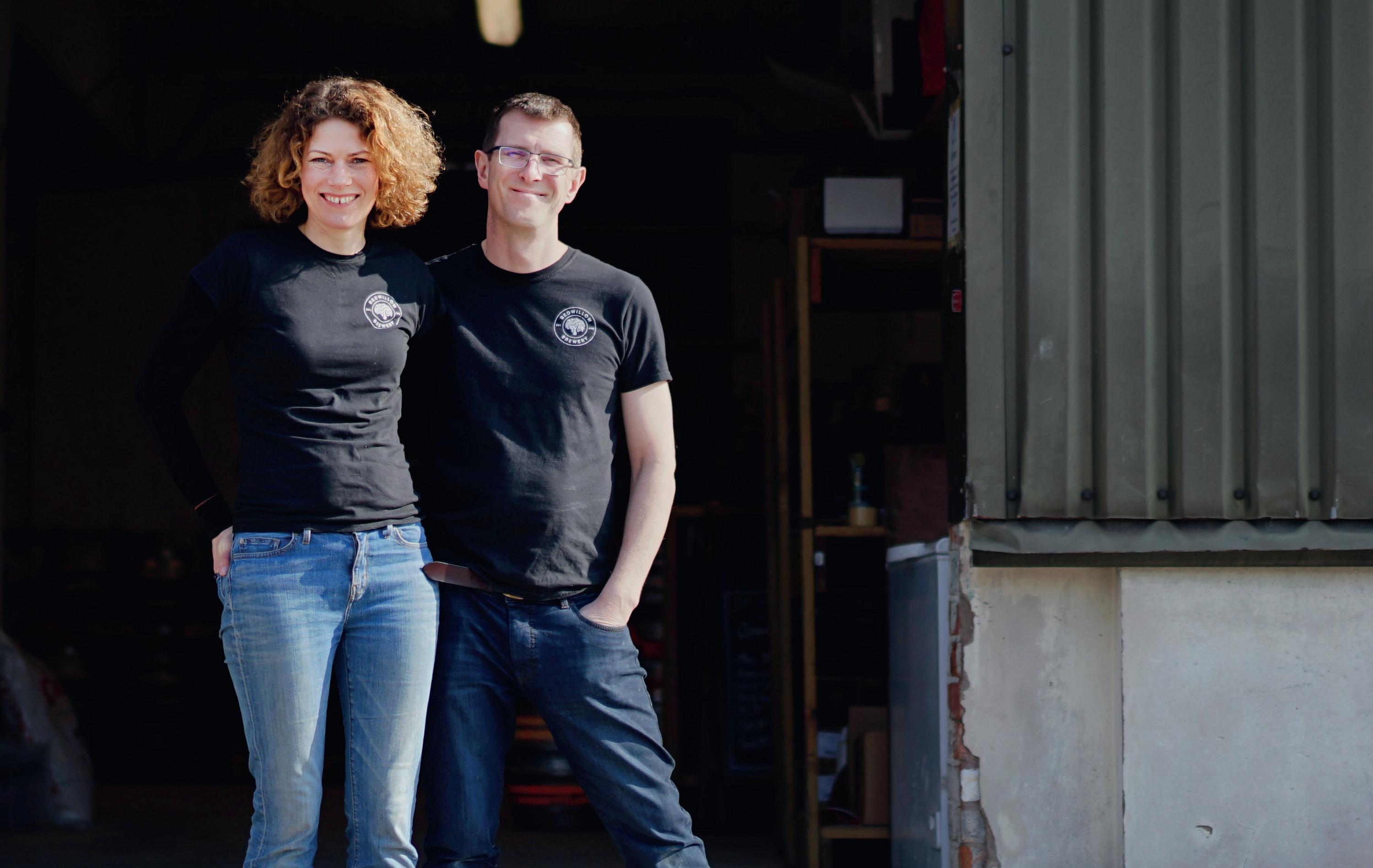
“There was a level - I want to say selfconfidence, but ego is probably the right word - of ‘how hard can it be?’,” Toby McKenzie tells me. “Turns out it's a lot more difficult than you think it is.”




In 2012, Toby had it pretty much made. He was working in bioinformatics, and latterly as a director of professional services for a large IT
firm. The money was good - so good in fact that his wife Caroline could leave her position as a research scientist at pharmaceutical firm AstraZeneca and focus on raising their two children. But it also required regular commutes from his home in the northwestern market town of Macclesfield, Cheshire, to London. Those two hour rail journeys between work and home gave him plenty of time to think, much of which was largely dedicated to his two main passions: food and drink. Toby had aspirations to cook professionally, but he also confides that, deep down, he knew he would never end up as a chef. What he did find, however, were parallels between his love of cooking, and his other hobby, homebrewing.
Matthew Curtis is a freelance writer and photographer based in Manchester, England. He specialises in writing about beer, pubs and the culture that stems from them, and in 2019, he founded online magazine and podcast Pellicle with his friend Jonathan Hamilton, for which he is editor-in-chief. His latest book, Manchester's Best Beer, Pubs and Bars (CAMRA Books), is due to be released in October 2023. www.pelliclemag.com

22 Autumn 2023 | SIBA Independent Brewer | www.siba.co.uk
“I ran money projects, I had big teams, and it’s still very difficult to pinpoint one thing where I can say that was 100% me, or even 80% me,” he says. “Brewing was something I felt I could do and I could have fun doing it. I wanted that completeness of being able to say: ‘I can do something, and this is me, this is what I’ve done.’”
When their daughter was born, Toby and Caroline decided on Willow as a middle name, after one of their favourite characters from popular 90s TV show Buffy the Vampire Slayer. A couple of years later when their family was completed by the birth of their son, they asked their infant daughter what their newborn's middle name should be. ‘Red’ was her decision, and shortly afterwards ‘RedWillow’ became the name of Toby’s blog, which he used to keep a record of his homebrewing activities, “mainly for my own interest and records,” he tells me. By 2012, Toby’s hobby was beginning to get out of hand. In September the same year, the project had expanded from a leisurely pastime into a full-blown professional pursuit. They acquired a small warehouse site a 10 minute walk from Macclesfield town centre, a 10 hectolitre brewing kit, and by the time Christmas came around they had begun selling casks into the trade.
“I was still working part time while also brewing three days a week,” Toby says. “I think

The incredible breadth of styles Redwillow now brew includes a wide range of lagers, which were initially born out of necessity in 2013 when the brewery opened its first bar in Macclesfield town centre.
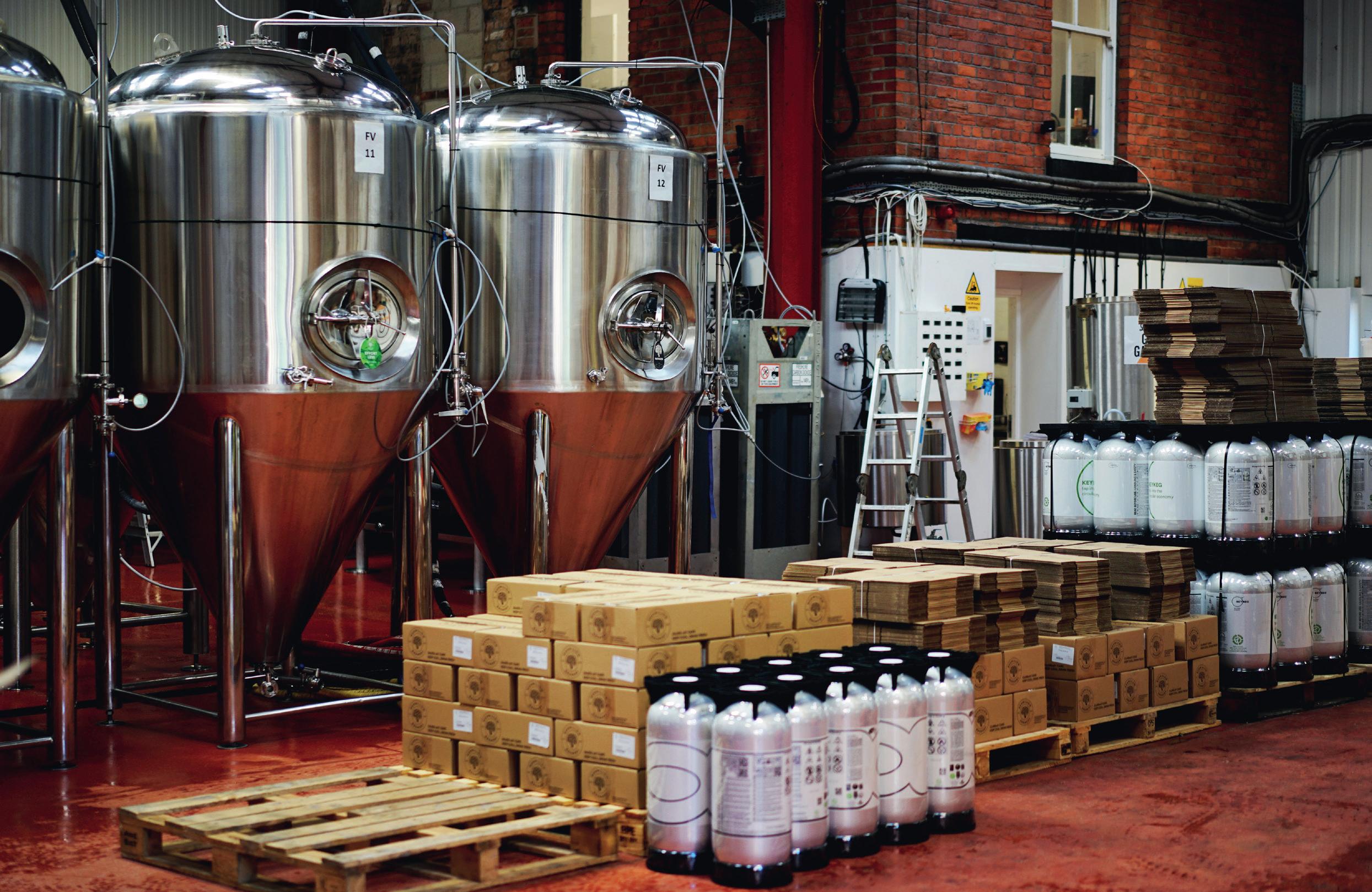
my old company thought I would do it for a year, maybe 18 months, and viewed it as a sabbatical/midlife crisis. If I’m honest, I don’t think any of them expected me to carry on in that direction.”

In early 2013, signs of the craft beer revolution that had spent the past decade or so taking the United States by storm were beginning to wash ashore in the UK. Inspired by the vibrantly flavourful and powerfully hopped beers emerging from North America, new breweries such as London’s The Kernel, and (the now sadly defunct) Summer Wine in Holmfirth, Yorkshire, were opening with increasing regularity. Toby cites beers such as Racer 5 from California’s Bear Republic and 90 Minute IPA from Delaware’s Dogfish Head as direct influences on his own brewing style; strong, powerfully hopped ales, the latter leaning as heavily on the sweetness of crystal malt as it does the potency of modern US hop varieties.
Despite these influences, RedWillow was initially a cask only brewery, and one located in a part of the country that was deeply wedded to pale and hoppy real ales. Locals were no stranger to the citrus-accented flavour of North American hops thanks to existing breweries such as Pictish in Rochdale, and already popular US-hopped beers such as Yankee from Yorkshire’s Rooster’s Brewery.
Toby, sensibly, decided to lean into this, and RedWillow’s first commercially released beer was a 4.2% cask golden ale called Directionless. Perhaps named as a nod towards the fact he had left the security of a well paid job, deciding instead to lean head first into what he repeatedly refers to as a “mid-life crisis”.
“[It] had more crystal in it than you would put in that style of beer at the moment,” he says. “The strongest beer we made at the time was Ageless, a 7.2% IPA which was a little bit out there for the UK market when we started making it.”
“It was! We weren’t selling the casks of it,” Caroline interjects.
Continued on page 25
23 www.siba.co.uk | SIBA Independent Brewer | Autumn 2023 SIBA Independent Brewer x Pellicle Collab
Issue 15 Autumn 2023 See inside for more...
Cover story
SIBA Independent Brewer x
Rizzolio’s automatic and economic Compactblock filler and capper added to our bottling range.
The Rizzolio Range - For carbonated & still drinks
Having sold Rizzolio’s semi-automatic counter pressure fillers to brewers and cidermakers for over 4 years, we’re pleased to now offer Rizzolio’s Automatic Compactblock Counter Pressure Filler and Capper. With an output of 700 to 900 bottles per hour, you can fill and cap carbonated and non-carbonated products, including beer, hop water, kombucha, and soft drinks. The Compactblock is a great stepping stone between Rizzolio’s semi-auto fillers and CIMEC bottling lines. Options are available for single/double pre-evacuation of oxygen for low DO pickup values. As with all the lines we supply, these machines are installed, commissioned and supported by our team of engineers.

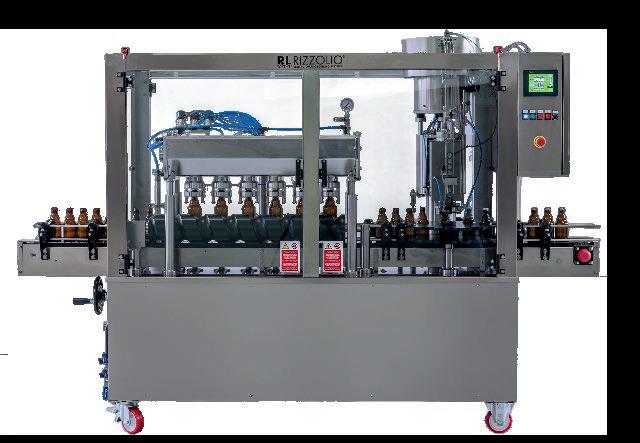
energy efficient chillers

With energy saving features to help reduce power consumption & operational costs.
Quantor chillers include features to save energy and reduce CO2 footprints by means of higher efficiency and optional heat-recovery features (reversible via heat-pump for producing hot water). Our engineers install complete systems with bespoke ringmains for controlling product and/or air temperature.
Call



ongoing support
6 ways we support you and your Vigo equipment before, during & after sale

We wouldn’t be here today, 39 years on, without the level of support we offer our customers. Our Engineering Team of 9 install, make technical adaptations, service, repair, manufacture and UKCA mark where necessary. Read the Case Studies online for what our customers say about the support and backup we give.


Rawlings are now distributing Dolium oneway kegs in the United Kingdom, Northern Ireland and the Republic of Ireland.



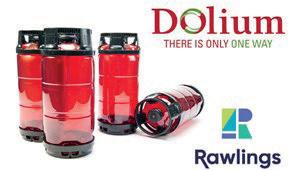
Dolium one-way kegs offer user friendly, cost-efficient, and sustainable alternative to stainless steel kegs. The one-way kegs solve problems many drink producers, particularly breweries, face with the high costs of low-rotation markets and longdistance shipping.
 Dolium One-way Kegs
Dolium One-way Kegs
At Rawlings we provide you with the very best glass packaging solutions for your brand. Handling everything from sourcing, design and logistics Call us at Rawlings, Bristol on 0117 960 4141 Email: hello@rawlingsbristol.co.uk or visit www.rawlingsbristol.co.uk
COUNTER PRESSURE filling
us on 01404 892 100 to discuss your equipment requirements or email sales@vigoltd.com
Part of the Packaging & processing equipment from renowned manufacturers, fully supported by our team of 9 engineers @VigoLtd www.vigoltd.com Call us on 01404 892100
Across pretty much the breadth of what beer can be, RedWillow has had a crack at it and usually hit the nail squarely on the head





While it may have been a little bit full on for British cask drinkers at the time, it soon found itself a captive audience in beer venues that were willing to push the envelope such as (the now sadly closed) Mr. Foley’s in Leeds, and Hudderfield’s The Grove. A young, enthusiastic homebrewer called Brian Dickson was working at the latter, and he got a chance to brew a beer with Toby as part of RedWillow’s experimental ‘Faithless’ series of beers. Known initially as Faithless IX (as in the ninth iteration in the series), the black IPA would eventually become a seasonally released beer called Soulless.
“Toby was always one to brew what he found interesting, not necessarily what would be best-selling,” Brian, now the technical director at Leeds’ Northern Monk Brewery, tells me. “His enthusiasm was infectious to me as a 20-something beer nerd and we could chat about beer ideas for hours, so spending a few weeks over in Macclesfield felt like a no-brainer when I was learning the trade.”
Directionless gradually became less popular as RedWillow’s audience developed their palates and began to demand more up-to-date flavours in their beer, as modern North American Hop varieties such as Citra and Mosaic became more fashionable. Wreckless, a 4.8% pale ale, and Weightless, a 4.2% ‘session’ IPA gradually filled the space Directionless previously occupied in its core range. These were bookended by the 3.9% Headless, an accessible cask pale for the traditionalists, and Contactless, a distinctively modern, hazy, 5.2% pale ale.
These pale, and deeply hop accented ales were merely the vanguard of RedWillows ambition, however. There are few styles the brewery has not turned its hand towards, be they historic porters brewed with heritage varieties of barley such as Chevalier or Plumage Archer, or offkilter recipes such as a Thai-inspired wheat beer flavoured with lemongrass and galangal. An eventual, inevitable move into keg allowed them to pursue more contemporary styles, while their cask beers kept traditionalists satisfied.
“Across pretty much the breadth of what beer can be, RedWillow has had a crack at it and usually hit the nail squarely on the head,” Cal Darley, manager at Manchester’s Café Beermoth says. “I can't really think of many others who straddle the line keeping both sides of the market this well catered for.”
The incredible breadth of styles Redwillow now brew includes a wide range of lagers, which were initially born out of necessity in 2013 when the brewery opened its first bar in Macclesfield town centre. These include Guileless, their signature pilsner, and a stronger helles style beer called Godless. Much like their propensity to experiment within the boundaries of other styles, specials have included smoked lagers, and even a cask Vienna lager - the appropriately named Meaningless (should you be a fan of Midge Ure and Ultravox, at least.)
“We considered that we could just buy lager in, or we could make our own,” Caroline says. “That’s evolved into a whole new thing that’s just grown for us, and we’re now doing almost as many of those kinds of beer as we are cask ales.”
RedWillow’s mastery over pretty much every style they turn their hand to was demonstrated in March 2022, when Perceptionless, a 6.6% New England IPA, deliciously accented with flavours of fresh peach and apricot, was named SIBAs champion beer at its annual BeerX awards ceremony. Not only did the beer win outright in the Northwestern regional final, but it went on to become champion in both the keg and can categories in the national competition.
Toby recalls how he heard about his beer’s success while on the way to host a meet the brewer event at Stockport’s Petersgate Tap. As brewer Tom Lewis went on stage to collect the prizes, Toby was met with a flood of congratulatory text messages, making it difficult to focus on the task at hand.
“I just laughed like a lunatic. It took me quite a long time to actually calm down enough to make any sense at the meet the brewer,” he says. “People kept asking me questions and I just kept looking at my phone and thinking ‘holy shit!’”
The success of Perceptionless is testament to both the quality of RedWillow’s beers, and the conviction that Toby, Caroline and their small team carry with them. They have, without question of a doubt, developed into one of the finest breweries in the North West, if not the UK as a whole. Proof, if it was ever really needed, that Toby and Caroline taking the plunge and leaving the security of their well paid jobs was, in fact, a very good idea indeed.
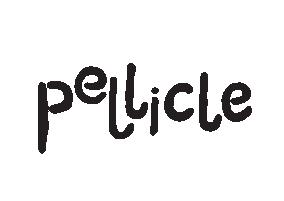
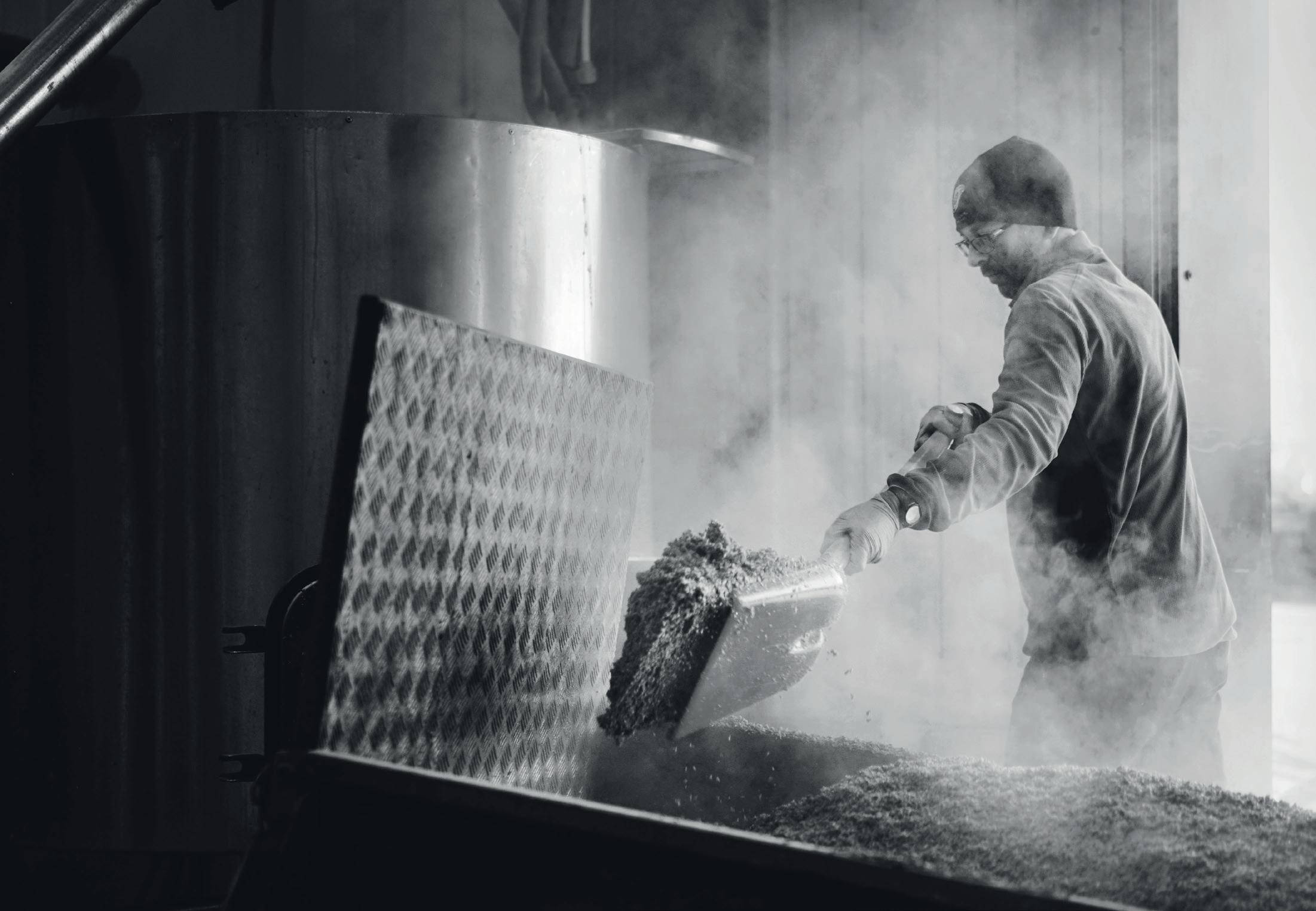
25 www.siba.co.uk | SIBA Independent Brewer | Autumn 2023 SIBA Independent Brewer x Pellicle Collab
X
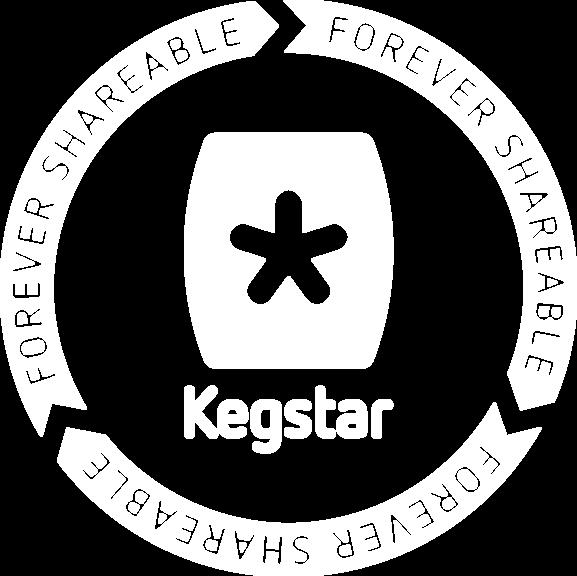





We're keeping kegs simple. Scan Free Fixed Fee Integrated Tech Simple Logistics Keep in touch: 0800 534 5000 rent@kegstar.com kegstar.com Stainless steel keg & cask rental
Meet the SIBA team
The SIBA team was delighted to welcome two new members to head office this summer, so we caught up with them to find out a bit more about their background and new role on the team…
How long have you worked at SIBA and what did you do before?
"I joined the SIBA Team in July 2023 as a Membership Services Assistant. Prior to this I have held roles within hospitality and more recently distribution industries, where I developed skills that have enabled me to easily transition into this new position."
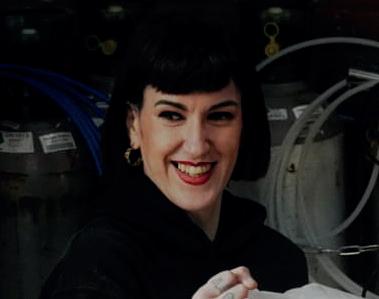
What does your job with SIBA involve?
industry trade show; Beer X. There is already a buzz in the office about the event, and I understand it to be really good fun. It’ll also be a great opportunity to meet people from the industry, and understand a bit more about the production side of beer."
What do you like to do outside of work?
Name: Emma Guneyogullari
Job title:
Membership Services Assistant
Contact details: emma.guneyogullari@siba.co.uk
"Based at SIBA HQ in Ripon, my role is very varied, but mostly consists of handling incoming calls and emails whether this be customer service enquiries, or taking orders from pubs with the addition of supporting colleagues in other areas as and when required."
What are you most looking forward to in your role this year?
"I’m especially looking forward to SIBA’s flagship event and the UK’s biggest brewing
How long have your worked at SIBA and what did you do before?
"I started working for SIBA in midAugust 2023, and so am very new to the organization. However, having worked in the beer industry for around eight years, I am familiar with the work SIBA engages with and the benefits offered to the membership. My most recent role was as Brewery Manager for SALT Brewing, at their Saltaire site.
Name: Pip Young
Job title: Events and Marketing Officer
Contact details: pip.young@siba.co.uk
Describe your role at SIBA.
"Planning, facilitating and promoting events organised and sponsored by SIBA. This is a new role to consolidate event tasks and provide members and associate suppliers with one go to person. Enabling smoother communication and implementation of regional meetings, competitions and any other event that SIBA is involved with."
I am hugely passionate about beer and keen to ensure the brewing industry has a sustainable future. I believe this will be achieved and supported through increased diversity and equity within the industry worker’s demographics. Some of my spare time is donated to the running of a project from my business 30SIXCo: The Coven. Where we platform and promote beer from marginalised brewers and owners. We also offer 1st aid services to beer festivals, ensuring all in attendance feel welcomed and safe."
What inspires you about your job?
"I am excitedly awaiting the chance to meet more folk from the brewing industry, to learn about their unique stories and understand
"My family and friends are extremely important to me, and so I spend a lot of time socialising with them. Going for long walks in the Yorkshire countryside or having a few drinks in a beer garden is a typical weekend for me."

If you could drink any beer anywhere in the world what would it be and where?
"I would be in a hot country, definitely sat on a sandy beach, drinking something light and fruity. Possibly a fruited IPA or hopped lager."
why they too love this crazy industry. I really want to understand the members and really embrace how SIBA can help them. I want to be part of affecting positive change for their businesses and the wider beer and brewing world."
What’s new in your department for 2023?
"My role!"
If you could drink any beer anywhere in the world what would it be and where?
"I would absolutely love to have a Duchesse De Bourgogne, in the brewery itself of Verhaeghe Vichte, Belgium. It can be a dividing beer, and one that once sipped expanded my journey through beer into new areas. Tasting of balsamic vinegar, with notes of strawberry and cherries, and hints of milk chocolate; The Duchess is a red brown Flanders Ale and is double fermented and matured in oak casks. An ancient process linked to the region of the southwest of the province of West Flanders and it’s hard not to admire the brewery for keeping this heritage alive."
27 www.siba.co.uk | SIBA Independent Brewer | Autumn 2023 Meet the SIBA team
Anspach & Hobday – The Porter
The British Guild of Beer Writers’ Brewer of the Year Andy Parker, from Elusive Brewing, met up with Paul Anspach from London brewer Anspach & Hobday to discuss his passion for porter…
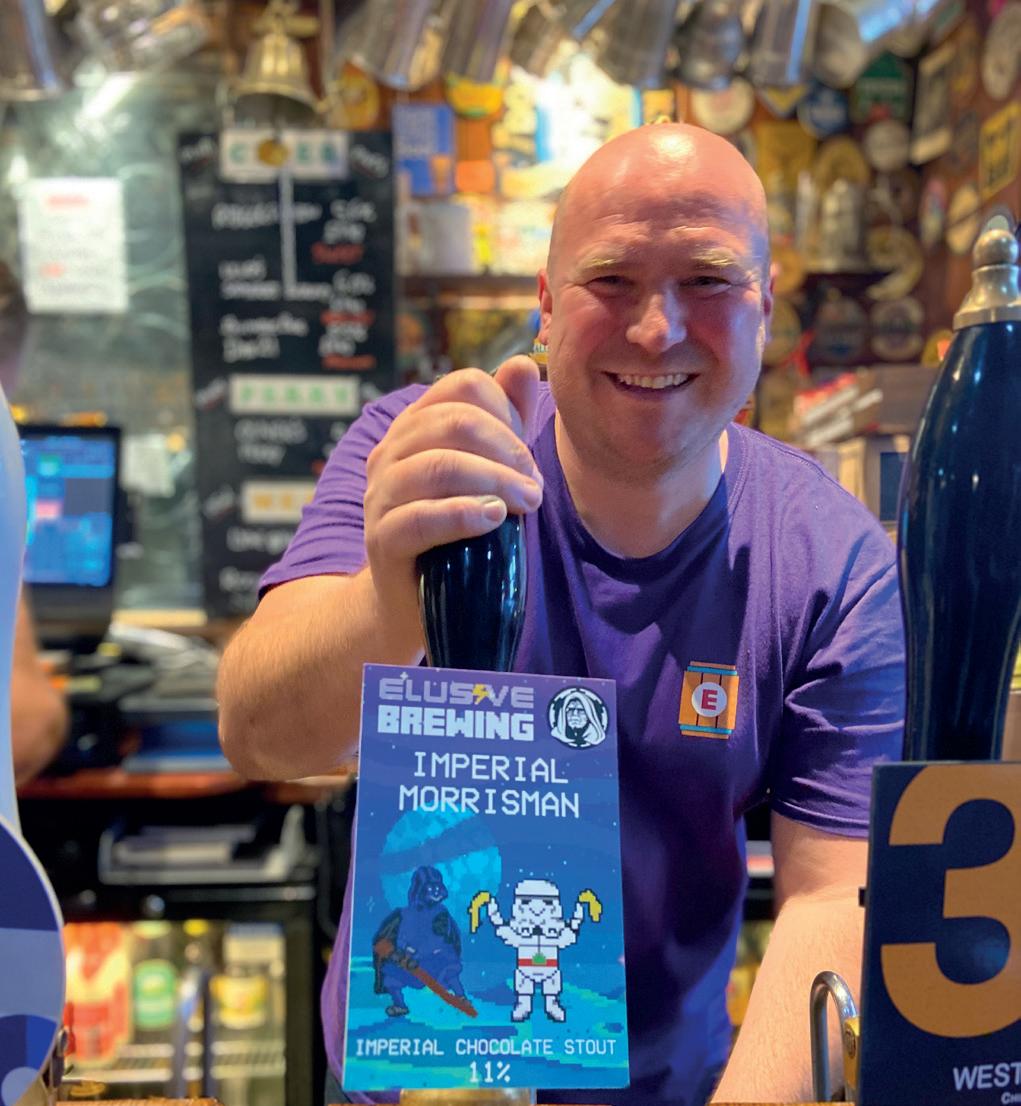
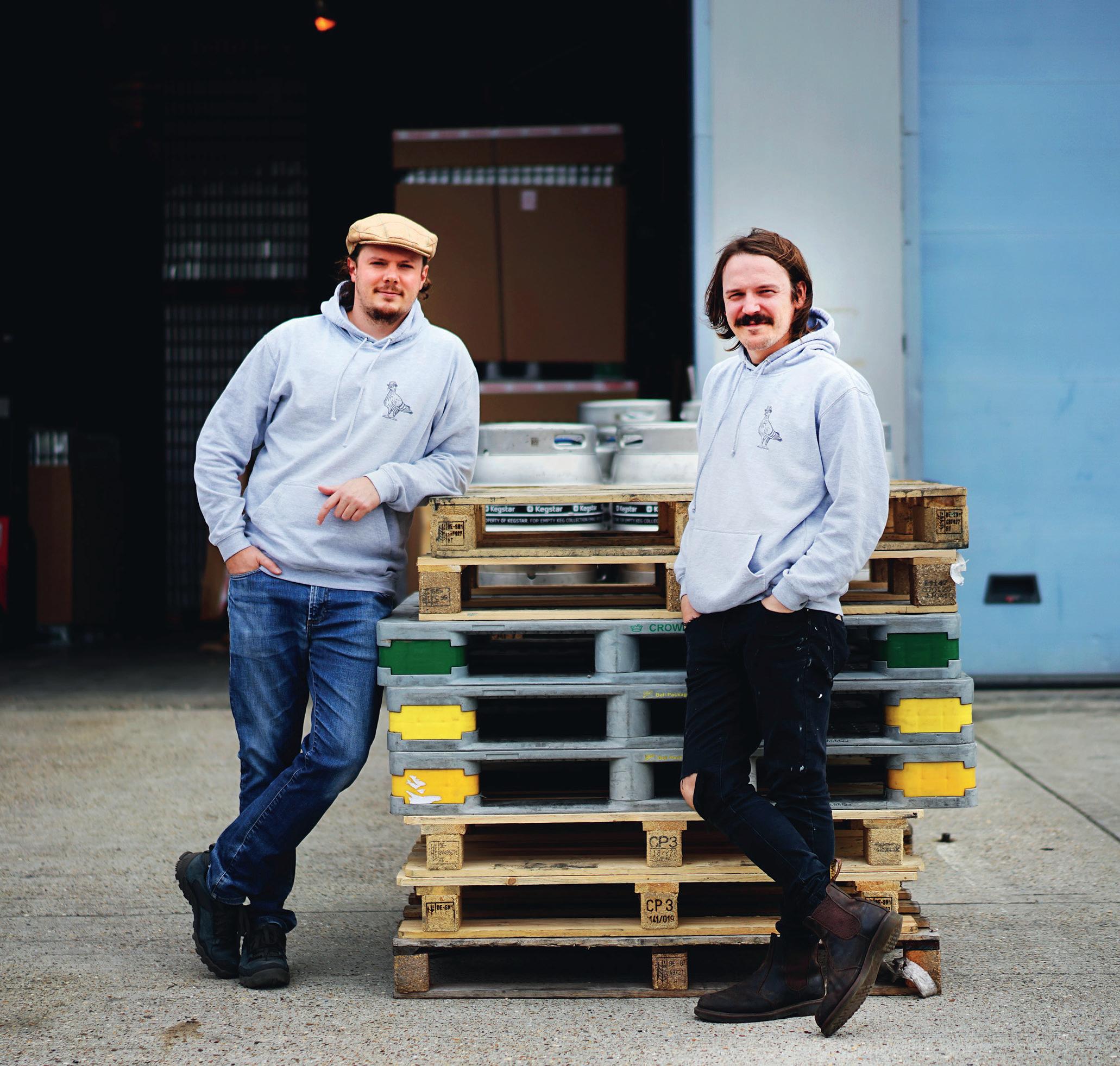
28 Autumn 2023 | SIBA Independent Brewer | www.siba.co.uk Homebrew in focus
Homebrew in Focus columnist Andy Parker
OG: 1.065
FG: 1.014
ABV: 6.7%
Mashed for 1 hour at 67C:
Pale Malt: 5KG
Chocolate: 0.5KG
Amber: 0.5KG
Black: 0.5KG
Hops (60 Min Boil):
EKG 20g @ 60 minutes
EKG 20g, Cascade 20g @ 20 minutes
EKG 20g, Cascade 20g @ 10 minutes
EKG 40g, Cascade 40g @ 0 minutes
Yeast: US-05 11g
Water: London Water, just treated with a bit of campden to knock the chlorine out.
“For Jack and me, learning to brew and learning about beer and its history very much went hand in hand. There is a lovely symmetry between the fact that The Porter was the beer that launched our brewery, and that it was the beer that put London on the map as the brewing capital of the world. In a way it is not at all surprising - if you consider that historically it is the water chemistry of a region that tends to define its beer, then it follows that London based homebrewers just beginning to get to grips with this aspect of brewing would find success with a Porter.
With regards to the beer itself, I think brewing darker beers gives you a better opportunity to properly engage with the malts, in a way that producing Pale Ales and IPAs does not. It’s a great way to learn about the malting process and what it brings to the beer, and given the big, bold flavour characteristics that highly kilned and roasted malts have, it forces you to really focus on balance.
Whenever I visit another country, I want to drink the beers that are from that region. It’s those beers that make the places unique, and in turn it’s those places that make the beer unique.
Ultimately, The Porter connects our brewery to our place in a way that no other style can.”
Whilst no longer your flagship, how did the success of The Porter inform and evolve into Black?
It's certainly true that the London Black has replaced The Porter as our flagship, but it's also true that without The Porter there would be no London Black. It still has a very important place in our range, and we are currently transitioning it to a yearly, vintage release, the first of which will be out in the next couple of months.”
How do you go about selecting the malts to use in your dark beers and how do you achieve such balance?
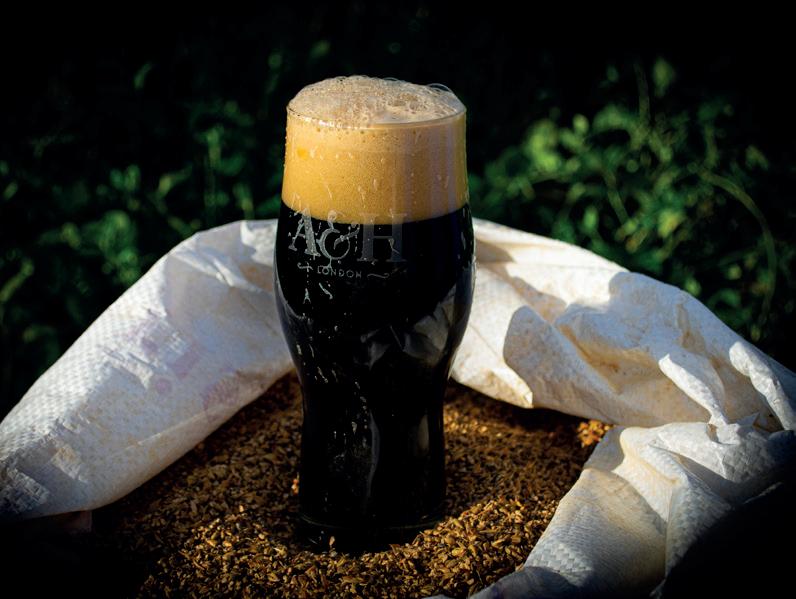
“The danger with very dark beers such as The Porter is always about losing the balance. Highly kilned and roasted malts such as Chocolate and Black Malt can be extremely powerful and overwhelming, specifically with regards to astringency. This really needs to be kept in check, otherwise things can get a little ashy. As a rule of thumb, the higher the level of kiln/roast, the less of the malt you should be using.
Sweetness also needs to be kept in check. As a brewery, we tend not to brew big, sticky pastry stouts with ridiculously high finishing gravities. These sorts of beers can become cloying and unbalanced, and drinkability can really suffer. As such we’ll make sure we are using a good proportion of simple base malt, and achieve a good fermentation with a high level of attenuation - for example, the FG of The Porter is 1.014, with an apparent attenuation of around 77%.
With the nights closing in and temperatures dropping, many drinkers seek comfort in dark or more malt forward beers. You really can’t beat a delicious pint of Porter or Stout enjoyed whilst sat in an armchair by an open fire in a cosy pub. I chatted with Paul Anspach, who with best friend and business partner Jack Hobday founded Anspach & Hobday in 2012. They launched with The Porter, their homage to the beers brewed in days of old in their London home. This rich and decadent beer is the ultimate comfort blanket and Paul tells us the story of how it came to be, how he approaches brewing dark beers and how it laid the foundation for the incredible success of their now flagship beer, London Black. The Porter was your first ever brew and one that's stood the test of time in your range. What is it you love about the style and its history?
“Being a brewery that led with a dark beer, the comparison to Guinness was often made, right from day one. Obviously, it's a bit of an inappropriate comparison given the strength of the Porter (6.7%), and we always knew it was never going to be a big volume, permanent line kind of beer. As such, we’d often play around with session strength variants, going as low as 2.8% with The Table Porter. This gave us a great foundation when it came to designing the London Black recipe. We had a good understanding of what gets lost when you start dialling back the ABV, and how the balance of the roasted malt character starts to shift.
Very much linked to this has always been the discussion around nitro, and it was only a matter of time before we started experimenting. Ultimately it was the many hours, days, and weeks of reflection and soul searching that the pandemic forced upon us that gave us the impetus to finally give it a go. With regards to the trade, I think that having a good reputation for Porters put us in a strong position when it came to pitching the beer. Moving away from Guinness is a big deal for many pubs, so having the pedigree earned with The Porter helps to make that decision a little easier for publicans.
It’s also tempting to throw as many different varieties of malts at a dark beer as possible, and we’ve certainly brewed beers with some extensive grain bills in the past. Ultimately though, it can be easy to crowd things out, and the characteristics of each individual malt can quickly get lost amongst the noise.
With The Porter things are much simpler. It's very much built from the bottom up, with a large amount of Pale Malt, Chocolate Malt for chocolate and coffee, Amber Malt for some toasty notes, and a pinch of Black for a little top note of roast.
It's also easy to underestimate the importance of hops in darker beers. As beers such as The Porter aren't primarily hop-forward beers, it's tempting to not give too much thought to the hops, or to conclude that you really don't need to use that many at all. In a sense, the opposite is true. Given how bold the malt characteristics can be the hops really have to work hard to make themselves known. Whether you are trying to balance out the malt sweetness with some hop bitterness or add some nice punchy fruit aromas to the beer, it's always worth thinking about how much malt character you are up against. Indeed, The Porter actually has a larger kettle addition than The IPA.”
29 www.siba.co.uk | SIBA Independent Brewer | Autumn 2023 Homebrew in focus
Anspach & Hobday – The Porter

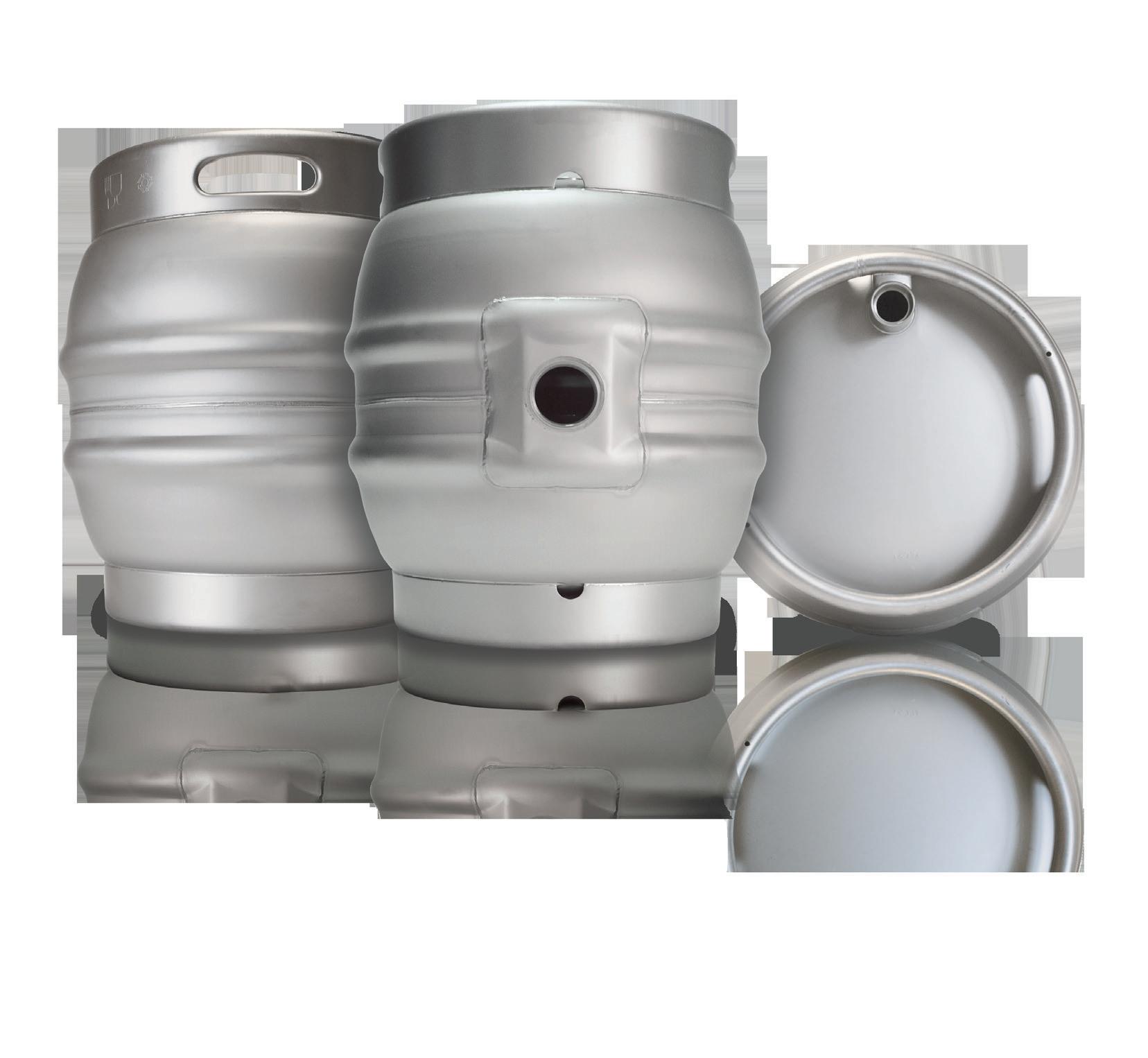


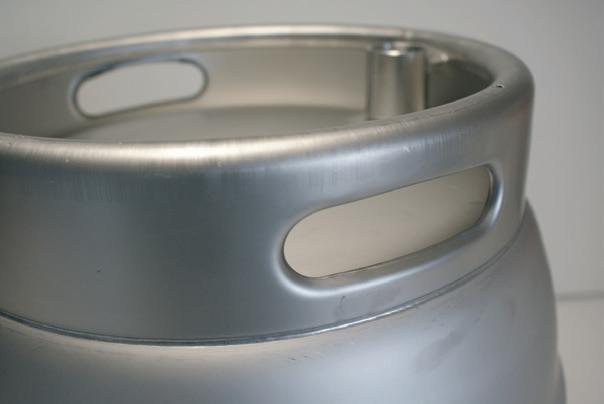



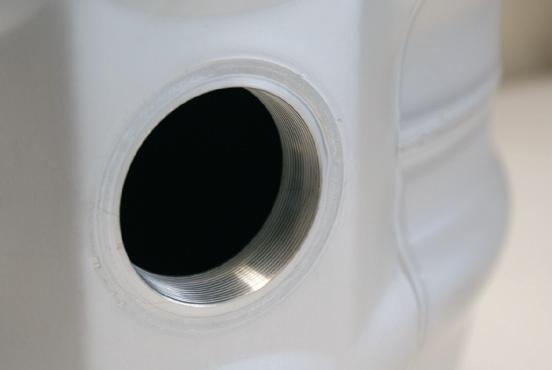

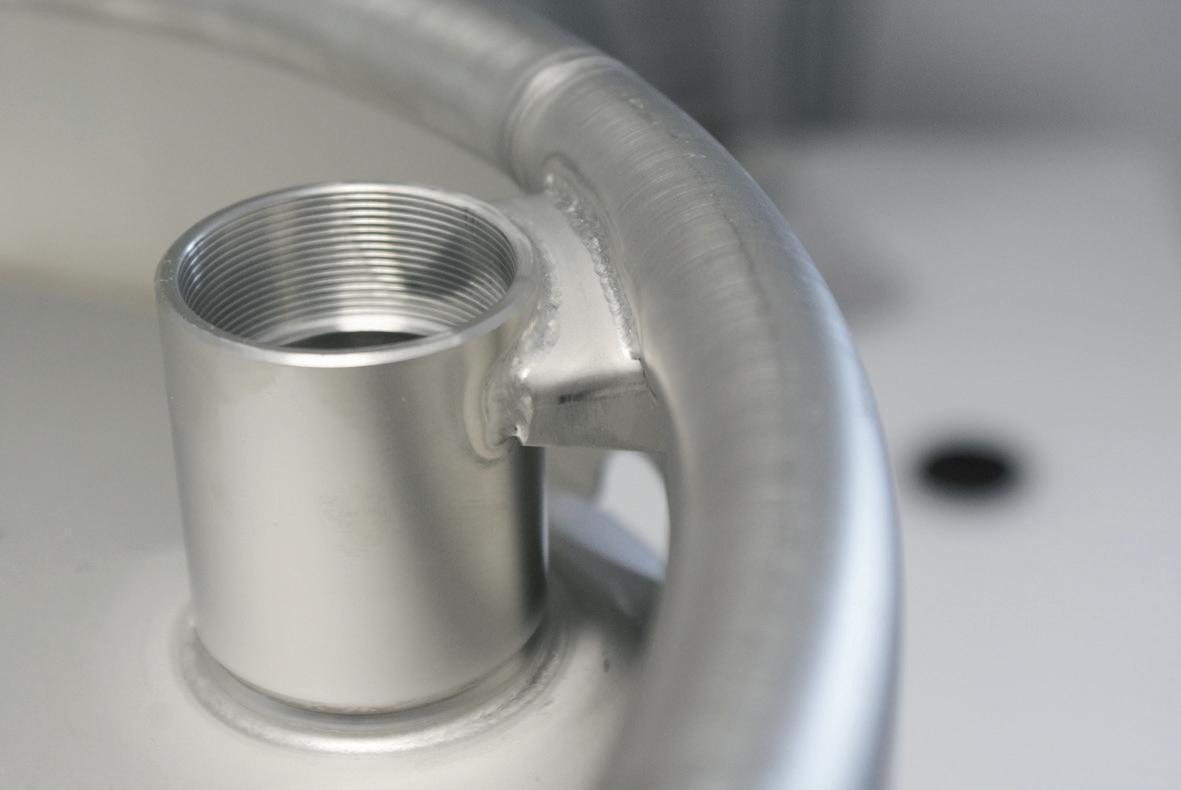



have produced the most ergonomically designed handle hole that is large enough and fully rolled under to eliminate sharp edges.
Precision machined shive inner. Our keystone has a machined inner to help the bung grip and make a tight fit. This is a stronger and more accurate weld. STANDARD CASKS 4.5 , 9 & 18 gallon From stock or bespoke manufacture: ndlkegeurope.com 01142 699080 info@ndlkegeurope.com CRAFTED FOR QUALITY
We
A closely welded finger guard keeps fingers from being caught between the chime and keystone.
Taproom Focus: Amity Brew Co
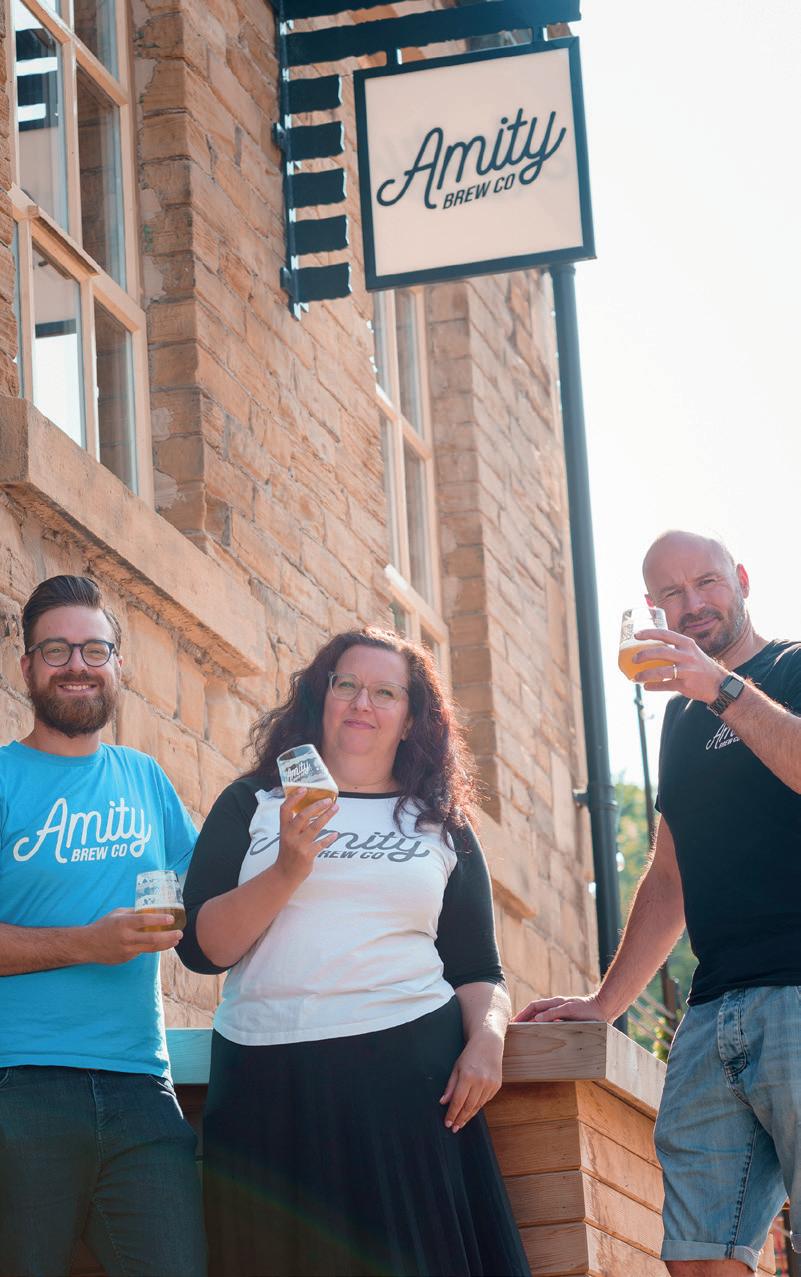
Taproom focus with with Pip Young
SIBA’s Events & Marketing Officer highlights some of the best taprooms from across the UK…

Name: Amity Brew Co


Founded: 2020

Location: Farsley, Leeds
Taproom Hours:
Open Thursday 5pm-11pm, Friday 4pm-11pm, Saturday 12pm-11pm & Sunday 12pm-8pm
There’s not a better way to start a tenure writing about taprooms than visiting your local, and local is what Amity Brew Co is all about. Community is at the core of what Amity stands for and popping in for a pint at their Farsely brewery tap is like heading round to an old pal’s for a pint and a natter.
The welcoming atmosphere cannot be understated, nor the sense of wholesome playfulness that is on offer across the bar. Brewing modern interpretations of classic beer styles, Amity is known for putting their personality on to all they do, and you can taste and feel it.
Experimentation, quality and standards in both brewing and service is clearly a priority. I opted for a pint of Waterpistol, 4.6% ABV juicy pale, delivering big notes of tropical fruit. A delicious treat in a very session-able abv. The flagship brew was awarded UK Winner of The Best Pale Ale in bottle and can at the SIBA National Beer Awards in 2023.
And when the inevitable call of nature arrived, I was pleased to be greeted with a poster for the ‘all welcome’ beer campaign. Ensuring that marginalised folk and those belonging to minority groups know they are welcome and will be looked after within the venue.
Verity Clarke, Director at Amity Brew co, said: "We set up Amity with the core values of Community, Friendship and Good Beer and we hope to bring these values into everything we do from the beer we create to the atmosphere in our bar. For our taproom, based in the heart of Sunnybank Mills in Farsley, we created a space that is for everyone. We are part of the Everyone Welcome Initiative and want people to feel seen by the little touches we make, including free period products in our bathrooms and our pledge to inclusivity proudly on display. We actively hold events and collab days for different groups, my favourite being a brew day for International Women's Day in collaboration with The Coven. The idea of community has evolved over time as we mean different things to different people, and we absolutely love that."
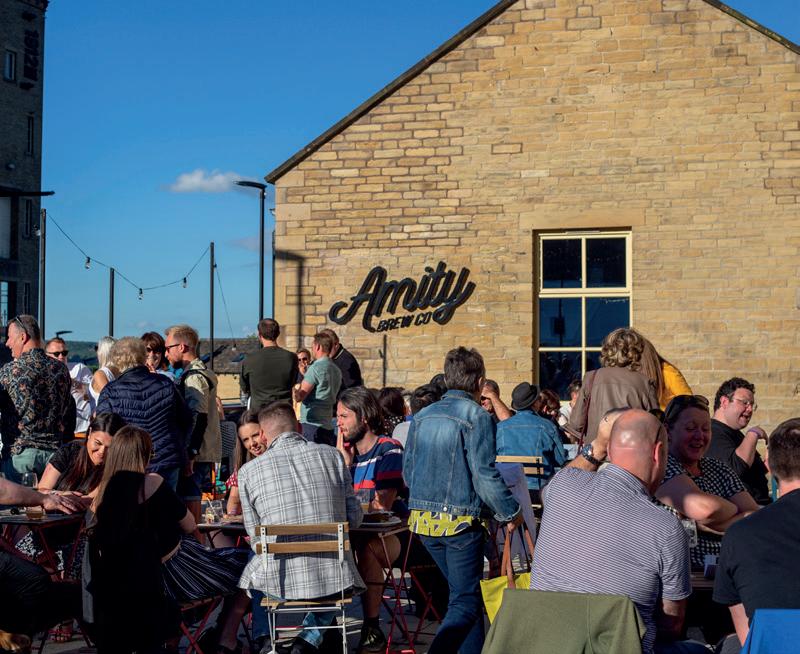

The venue is simply beautiful, with exposed stone, comfortable furniture and unfussy with a bright and airy vibe. Offering great inside and outside views, either overlooking the brewing vessels or the rest of the converted Sunnybank Mill complex. Amity have extended their community friendliness to their neighbours from the mill, enabling patrons to eat pizza onsite and their brewers to be one of the 1st to hear about upcoming gigs.
Check out their socials for events, games and tap takeovers to entertain yourselves, friends and family with. There is something for everyone and everyone is welcome.
31 www.siba.co.uk | SIBA Independent Brewer | Autumn 2023
Salaries in the craft brewery sector
For the second year, SIBA has published its Craft Beer Workforce Report providing a guide to salaries, diversity, age and qualifications of the people who work in craft beer. The full report is available on the Toolbox. It was produced with assistance from Mr David Tyrrall and Professor Geoff Pugh using data from the SIBA Craft Beer Report. In this piece for the magazine, they explain the background to the data.
The 2022/2023 survey received 188 full responses representing 28% of SIBA’s brewing, as shown in table 1.
The responding firms provide a good cross section of SIBA membership, so we have no reason to suspect that the salaries data is unrepresentative.
Graph 1 provides average salary data by SIBA’s regions across all positions and all sizes of breweries in the UK. In this article, we report simple average (mean) salaries (i.e., not weighted by the number of employees in each category). At first glance the graph looks quite flat, but in fact there is noticeable variation in the average salaries – ranging from £22,000 in the North West, through a national average of £26,000 to £29,000 in the South East – i.e., variation of 12% to 16% from the national average.
For comparison, Graph 2 gives the median annual earnings across all occupations for each UK region in 2022. The patterns are broadly similar: from the northern regions (lowest salaries) through Wales and the Midlands to the South East and London (highest salaries). This is unsurprising, but provides further reassurance that the SIBA results are robust.
More troubling, is the comparison with salaries in the wider economy. At an overall UK level, the estimated median annual earnings for full-time employees in the UK in 2022 are £33,000 (per Office of National Statistics). If we look at the latest mean annual salary for the Manufacturing - Food Products, Beverages and Tobacco sector, the salary is slightly lower at £31,980 per annum. Irrespective of the chosen comparator, the craft brewing sector is clearly showing rather lower levels of annual income than elsewhere in the economy. This probably reflects two pressures in the sector. On the demand side, it is known that the big players in the distribution chain for beer can exert considerable downwards pressure on the prices that the smaller craft brewers achieve for their output (Wyld, J., Pugh, G. and Tyrrall, D., 2010), which is why our research continues to suggest that small brewers’ tax relief should be maintained. However, it is also likely that there also is downward pressure on the supply side, because beer and brewing enthusiasts are prepared to accept lower wages and salaries because of their love for the sector.


Regional and national salaries
Source: SIBA’s members’ survey, 2022/23
Graph 2. Median Annual Earnings by UK region (2022) Median Annual Earnings (GBP)
Source: UK full-time annual salary by region 2022 | Statista
32 Autumn 2023 | SIBA Independent Brewer | www.siba.co.uk
£30,000 £25,000 £20,000 £15,000 £10,000 £5,000 £0 NorthWest EastNorthEast
ScotlandWalesandWest
MidlandsSouthWestSouthEastNational
Graph 1. SIBA members’ national and regional salaries
45,000 40,000 35,000 30,000 25,000 20,000 15,000 10,000 5,000 0 NorthEastEngland Yorkshireandthe Humber NorthernIrelandEastMidlandsWalesNorthWestEnglandSouthWestEnglandWestMidlandsEastofEnglandScotlandSouthEastEnglandLondon
SIBA Salary Report
SIBA membership level Hectolitre production range Responses Level 1 0-999 76 Level 2 1,000-4,999 76 Level 3 5,000-29,999 30 Level 4, 5, 6 30,000-200,000+ 6
Table 1. SIBA membership levels and survey responses
Mr David Tyrrall Professor Geoff Pugh
Next, we turn to variations in salary levels by size of brewery. Graph 3 shows average salaries across all posts according to the different SIBA membership levels.
As with the regional analysis above, given that we are averaging across a large number of firms and posts, the size analysis seems to be quite robust. However, given the small number of firms providing data at levels 4-6, the salary averages at these levels should be treated with more caution. Nevertheless the mean salary progression is very neat across all the levels. It can be clearly seen that the larger the brewery, the higher the average salaries paid within the firm. A review of Table 2 shows that the relationship between size and remuneration tends to hold for each role within the sector.
This data in Table 2 needs interpretation with much more caution than do Graphs 1 and 3. Because the data is much less aggregated, each salary figure in the table above is based on very many fewer survey returns, thus reducing its reliability. Readers should also note the existence of what we have termed as the ‘role anomaly’ problem. This problem can easily be seen just by looking at a few cells in the top left-hand corner of Table 2 - compare the £25,000 salary for a Junior Management position in Level 1 firms, with the £22,500 salary for the same role in a Level 2 firm and the £23,250 salary for a Senior Management position in a Level 1 firm. These comparisons are clearly counter-intuitive. This ‘role anomaly’ problem exists because most breweries do not report salaries for most of the listed positions –presumably because there were no staff in a given category. The problem is most pronounced at Levels 1 and 2 – the bulk of SIBA memebrship. In smaller firms with very low numbers of employees, staff are often fulfilling multiple roles. Indeed, it appears that staff having multiple functions is a widespread feature across the sector. As the SIBA Craft Beer Report put it – the ‘typical’ SIBA brewery has two staff, so that the manager will be the brewer as well. This raises the question of how any given brewery has interpreted the job role in the answer for the questions about staff salaries.
There is also a curious effect that Level 1 firms are reporting a salary of £25,000 for management – junior positions, and a salary of £27,500 for management – mid-level, both of which are higher than the £23,250 reported for management – senior level. This is a different aspect of the ‘role anomaly’ problem. It suggests that there is probably some sort of step change in the returns made by firms. It is known that larger firms tend to pay higher salaries at any given level of function than smaller firms pay (see Graph 3). So, in a 1- or 2-person operation, the pay levels will tend to be comparatively lower, even though the respondent(s) classify themselves as either senior brewer or senior manager – depending on how they view themselves – and so the average (mean) salaries attached to these senior roles will be pulled downwards. Conversely, once a responding firm gets a bit bigger (remember that Level 1 firms stretch up to 21 staff) – i.e., once a firm has become big enough to justify having a management mid-level position – then the average (mean) salary attached to that role will not get pulled downwards in the same way. Putting it differently, the effect is really one of seniority within and across individual firms.
As a result of these effects, the salaries reported in Table 2 should be regarded as indicative rather than prescriptive. Nevertheless, we hope that the information presented will be of assistance to SIBA members.
Graph 3. Salaries by size of Brewery Salaries in different sizes of breweries
Source: SIBA’s members’ survey, 2022/23
Table 2. Salary comparisons across roles
References: Wyld, John, Pugh, Geoffrey and Tyrrall, David (2010) Evaluating the impact of progressive beer duty on small breweries: a case study of tax breaks to promote SMEs. Environment and Planning C: Government and Policy, 28 (2). pp. 225-240. ISSN 0263-774X
Professor David Tyrrall is Visiting Professor of Accounting and Policy at Staffordshire University and Senior Research Associate, Intellectual Forum at Jesus College Cambridge
Professor Geoff Pugh is Professor of Applied Economics at Staffordshire University
33 www.siba.co.uk | SIBA Independent Brewer | Autumn 2023 SIBA Salary Report
£30,000
£25,000 £20,000 £15,000 £10,000 £5,000 £0 Level 1 Level 2 Level 3 Level 4,5,6 National
Level 1 Level 2 Level 3 Level 4,5,6 mean pay per role mean pay per role mean pay per role mean pay per role 25000 22500 26111 35000 Management - Junior positions 27500 29667 32857 47500 Management - mid-level positions 23250 34787 45652 60000 Management - senior level positions 23000 21923 23750 21250 Brewing - Junior positions 22273 26026 27750 30000 Brewing - mid-level positions 24444 31528 36250 47500 Brewing - senior level positions 22500 21500 22692 20000 Packaging - Junior positions 17500 21250 26111 25000 Packaging - mid-level positions 15000 28750 31667 30000 Packaging - senior level positions 20000 23000 26000 21667 Sales - Junior positions 21000 24250 29000 28333 Sales - mid-level positions 27500 29130 37667 38333 Sales - senior level positions 20000 22000 22000 N/A Marketing/ social media - Junior positions 15000 25625 27143 35000 Marketing/ social media - mid-level positions 22500 26000 40000 40000 Marketing/ social media - senior level positions 17500 22500 23000 22500 Admin/ accounts - Junior positions 23333 23889 26333 30000 Admin/ accounts - mid-level positions 18333 26250 40714 37500 Admin/ accounts - senior level positions 15000 20357 20000 17500 Taproom/ bar staff - Junior positions 21875 23611 21500 20000 Taproom/ bar staff - mid-level positions 23000 29000 28750 32500 Taproom/ bar staff - senior level positions 18571 20625 22692 22500 Delivery/ drivers - Junior positions 18750 22955 25769 37500 Delivery/ drivers - mid-level positions 17500 23667 28333 25000 Delivery/ drivers - senior level positions 22190 26244 29458 31321 Overall mean pay – all roles
Call of the Wilde
In 2016, after inheriting a modest amount of money from his Nan, Keir McAllister-Wilde took the homebrew operation in his Leeds garage to the next level, and launched his first commercial beer to market. This resulted in a whirlwind first year as a business, with Keir working 15 hour days, supported by his heavily pregnant wife, as the orders flooded in from some of the best retail customers in the region. His beers were already getting noticed too, and when he took the overall Gold trophy at the York CAMRA Beer Festival, it was the catalyst he needed to re-mortgage his house and move into a permanent premises on an industrial estate in Armley, which Wilde Child still calls home today. There has been a certain amount of luck, when
it comes to timing in particular, that has seen the business thrive – notably Morrisons taking Wilde Child on just as the pandemic hit – but Keir has also been extremely shrewd in exploiting his small operational size to pivot with the market. This has meant he was able to launch homedelivery within hours of lockdown being announced in 2020, and more recently launch a core range of beers, cheaper to produce, in response to rising overheads due to the financial crisis. Caroline Nodder, Independent Brewer’s Editor, caught up with Keir in early September to hear more about the origins of Wilde Child and his views on how the sector has evolved since its inception…
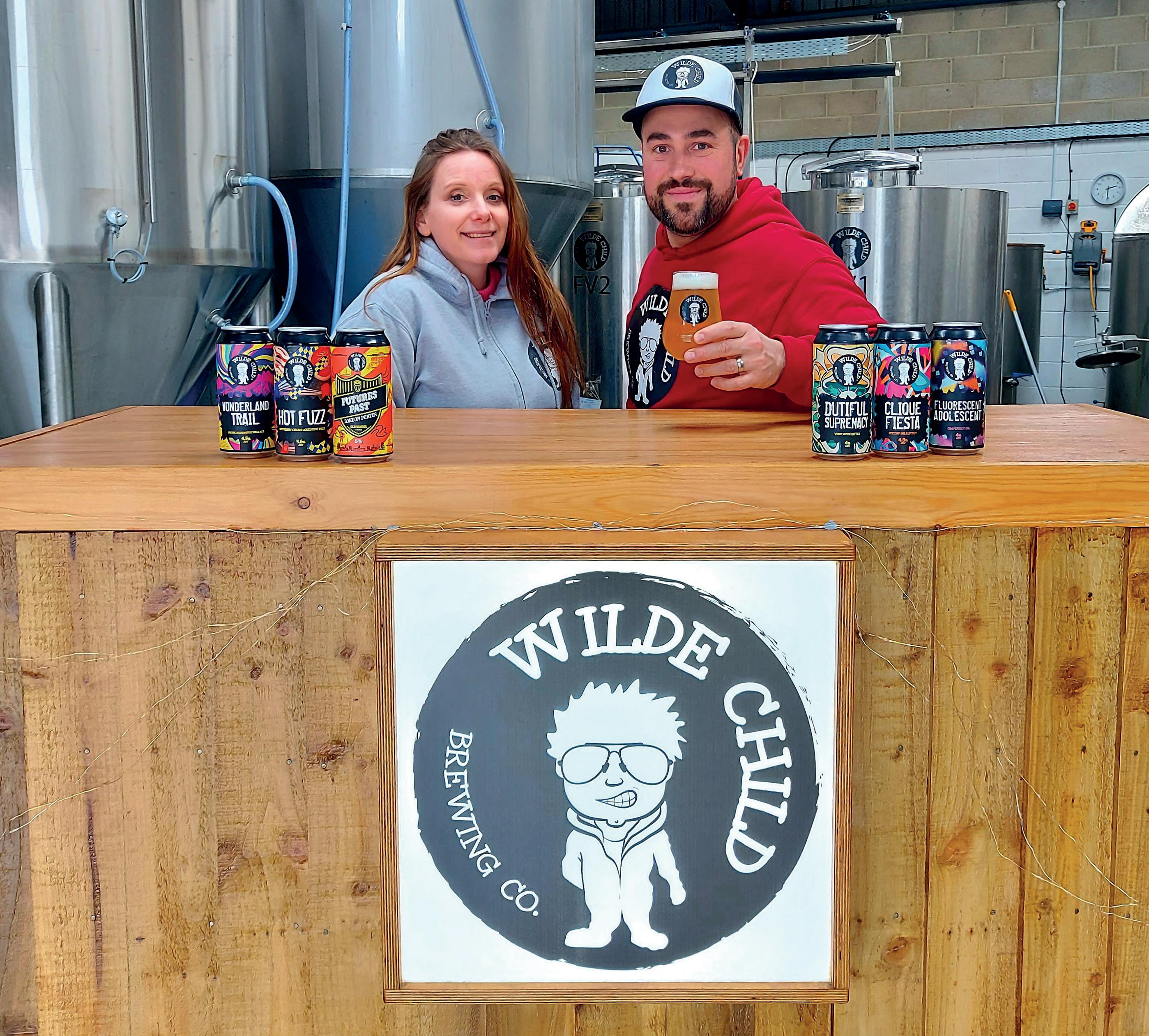
34 Autumn 2023 | SIBA Independent Brewer | www.siba.co.uk Business Profile: Wilde Child
Business Basics
Name: Wilde Child Brewing Co

Founded: 2016
Location: Armley, Leeds
Owners: Keir McAllister-Wilde & Christine McAllister-Wilde
Annual production: 250,000 litres
Production split (keg/can etc): 60% Cask, 25% Can & 15% Keg
Brewing team: Keir McAllisterWilde, Ross Nicholson & Lars Harrison
Total Staff: 6
Core beers: Resplendent Perspective 3.8% English Blonde, Dutiful Supremacy 4% Yorkshire Bitter, Delaying the Inevitable 4.2% Session IPA, Brownie Hunter 4.9% Chocolate Fudge Brownie Stout.
Key export markets: Italy, Spain & Sweden
Business Profile: Wilde Child
How did you come to found Wilde Child and how has the business developed since then?
“Wilde Child Brewing was forged by myself [Keir] and stemmed from a homebrewing hobby that turned into an obsession, and my desire to amalgamate the 'golden trifecta' of things I love the most - creativity, science and beer. I got into homebrewing around 2011. I’d wanted to try homebrewing beer for a number of years by this point, but had been living in shared accommodation with friends, etc, up until that point. So in 2011 I’d settled down with Christina [Keir’s now wife] and we had our own house in Kirkstall in Leeds, and armed with a couple of standard plastic buckets and a copper I ventured into the world of homebrewing. Then in 2014, I’d become disheartened with being churned through the 'generic meat grinder', and I decided to leave my account management role and cut my teeth for the next two years by becoming a commercial brewer and working for two local and well-established breweries - Elland and Saltaire. Still not satisfied with my free reign on creation and direction whilst working for somebody else, I decided to purchase a 1 barrel brewing system, with money gifted to me from my Nan, and set it all up in my home garage in Leeds. In April 2016, 'An Unruly Beast' was born.”
When did you move from your garage to your current site?
“The inception was in the garage but within a short space of time we were dealing with some of the best pubs, bars and bottle shops within the Yorkshire region. So those early days, I quite often enlisted the help of my heavily pregnant wife who had our first child on the way at the time and was still helping me bottle up to 800 bottles at a time in a garage that could get up to kind of 25 or 30 degrees Celsius during that summer! I was working 14 or 15 hour days
to brew, package, sell and deliver by myself. It all changed in September 2017 when we won the Pale Ales category at the fairly prestigious York CAMRA Beer Festival. Then we went on to win the overall Gold beer of the festival. So that instantly put Wilde Child, which was still very much an unknown brewery to a lot of people, into the spotlight. And it gave me the confidence to roll the dice and essentially remortgage the house and take out some massive loans and transition in February 2018 up to the premises here in Armley that we've called home ever since.”
What is the ethos behind the business?
“Despite the surreal and fast paced journey we've been on, our ethos has always remained the same - create big and bold beers that provoke you into thinking about what you're consuming and take you on a journey based around extreme flavour.”
What is the craft beer scene like in Leeds?
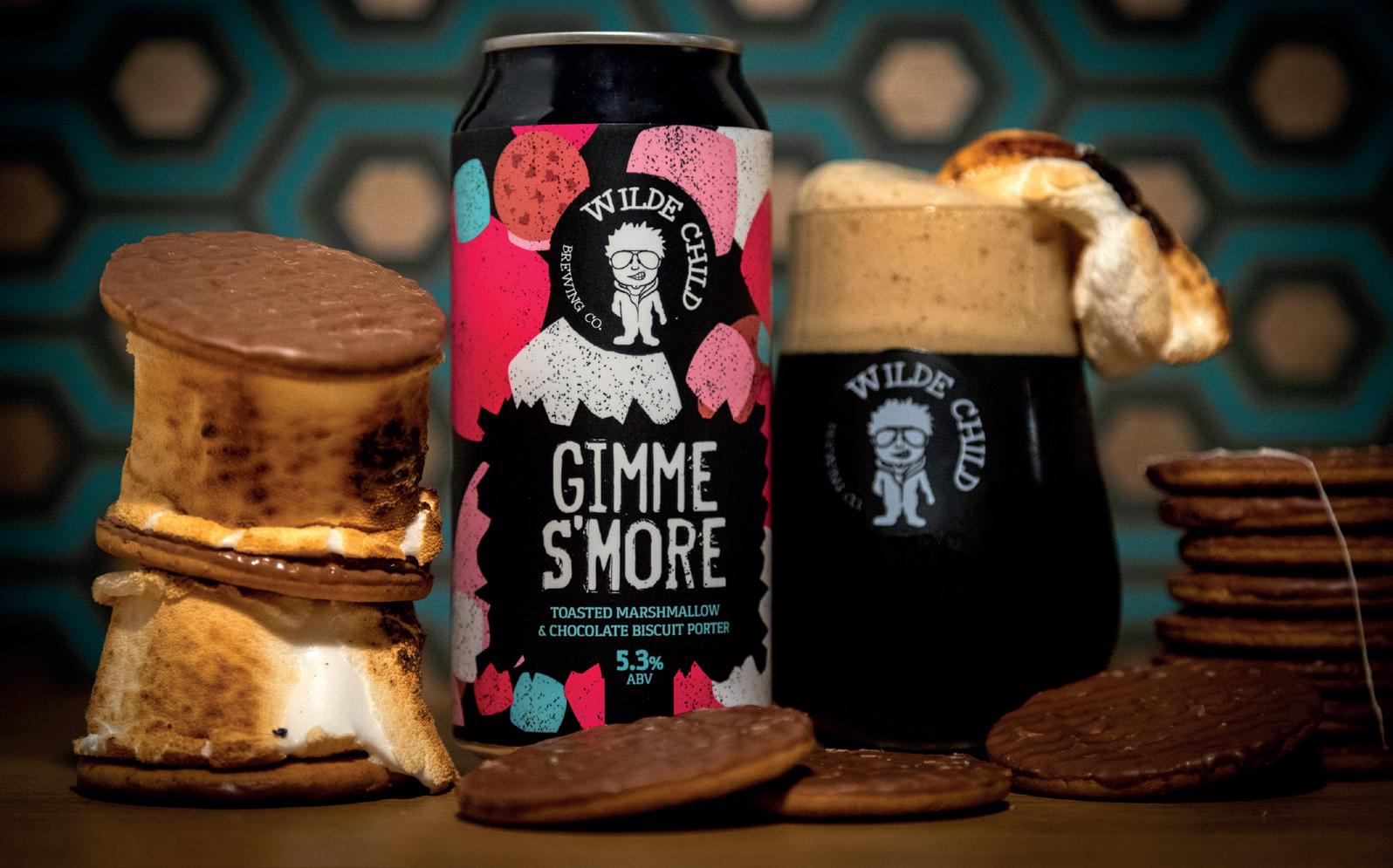
“The craft beer scene in Leeds is arguably amongst the best in the UK, if not the world. The sheer amount of breweries in this city pumping out very good quality beer continues to surprise me. As a born and bred Leeds lad, there’s no other city that I would rather own a brewery in. I think when we started out in 2016 there were around eight to 10 breweries. And I think that number is well over 30 now, so it I felt very much like we jumped on that wagon at the beginning of the curve.”
How do you ensure Wilde Child stands out in a crowded market?
“We aim to ensure we’re at the forefront of ‘stand-out’ and hard-hitting flavours, punchy product design and good variety on styles of products through constantly reviewing the trends within the market to ensure we can innovate and create, ahead of the curve. But in a crowded market there's definitely pressure. There was a point in around late 2019, where it felt like there was a new brewery setting up somewhere on every street corner in the city, every week, and you were just thinking to yourself, this isn't sustainable. And then the pandemic hit obviously. We were fortunate enough I suppose, to be small enough to adapt to the situation incredibly quickly. I think within a couple of hours of the PM at the time announcing that we were going to go into a lockdown situation, I had decided and advertised that we were going to do home deliveries. All the other breweries followed suit. Whether I was the first one or not, I don't know. But I was definitely quick. And I think we've been intelligent enough to diversify and adapt as quickly as possible to ever changing situations from the get go.”
35 www.siba.co.uk | SIBA Independent Brewer | Autumn 2023
Continued on page 37
At the Enterprise Group you will find a personal commitment to your project, whether it’s a single machine for integration into your existing line or a turnkey project on a green field site.


At the Enterprise Group we are not just agents, we can offer you a total package. Our experienced project layout engineers working with state-of-the-art CAD facilities, combined with our team of field engineers, allows us to respond quickly and accurately as your project develops.

This commitment continues with machine efficiency trials and performance tests, followed by full aftersales service and backup.

If you’re talking bottling and canning lines, shouldn’t you be talking to us?
So whatever your requirements, you should be talking to us. Visit : www.enterprisetondelli.com HEAD OFFICE : Enterprise Tondelli Srl. Via La Spezia, 193/A - 43126 Parma – Italia. Tel +39 - 0521-940068 Fax +39 - 0521-940067 E-mail : info@enterprisetondelli.com INTERNATIONAL TECHNICAL SALES OFFICE Unit 7, College Farm, Barton Road, Pulloxhill ,Bedfordshire, MK45 5HP, United Kingdom. Tel. +44 (0)1525 718288 E-mail : info@enterprisetondelli.co.uk
Do you have any plans to expand your direct retail side?
“We would love to have a satellite taproom somewhere in Leeds, but we feel that is some way off as we’re concentrating on the wholesale side of things at present. If somebody was prepared to become my business partner and manage the overall operation at a taproom then I’d be all ears on their proposition. We have a small on-site, retail element to the business. It's not mega busy, but we might have 15 to 20 people come down a week. But it's just a nice little addition for people to be able to come down to the brewery, poke their nose in and say hello, and also walk away with a couple of beers as well. I'd love to think that a few years from now we have some kind of a satellite brewery tap somewhere. But the last thing I want to do as a busy business owner is to take on the retail element of it all as well.”
You said your focus was very much on the wholesale side right now, how has that developed?
“I suppose this is where my previous career comes into play, with a lot of telesales and face to face sales, getting out on the road, speaking to freetrade customers, getting on the phone, not being afraid to upsell my products to wholesalers on the phone, and I suppose it's just organically grown over time. We hit the ground running fairly quickly in terms of working with people on a regional basis, in the Yorkshire/ Lancashire area. And then we've grown organically via word of mouth. And Morrison's coming into the equation in early 2020 was an absolute lifesaver. They said, ‘right, we're going to go live with this particular product on 160
The craft beer scene in Leeds is arguably amongst the best in the UK, if not the world. The sheer amount of breweries in this city pumping out very good quality beer continues to surprise me.
stores’ shelves in March 2020’. And two weeks later, the pandemic reared its ugly head. So Morrison's, I've got nothing but praise for those guys, because it was literally like the beer gods were smiling down on us!”
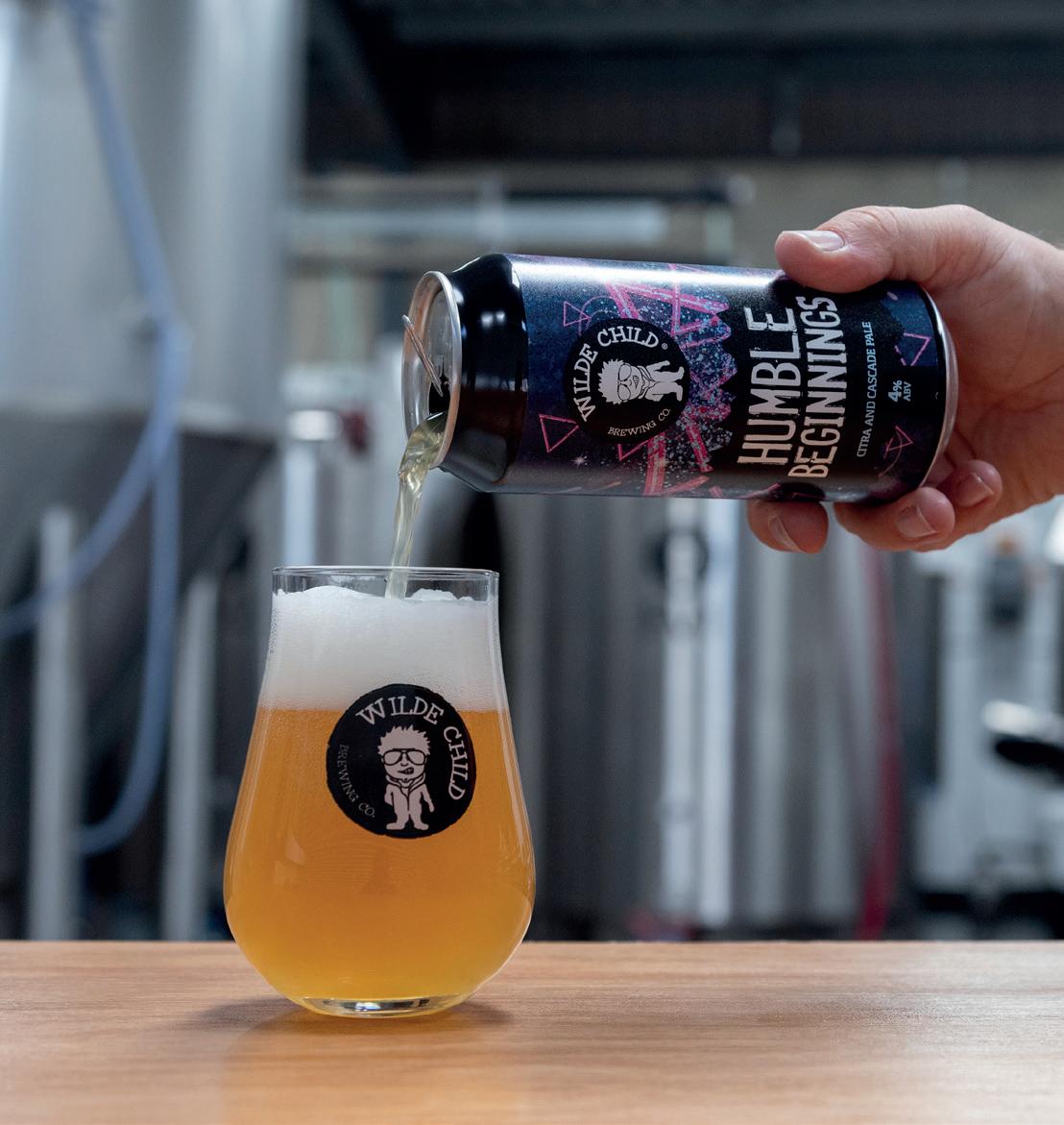
How is your online shop working for you?
“Our online shop currently generates about 8-9% of our total annual turnover making it a welcome addition to our workstreams. It was a life-saver during the pandemic years. Within five weeks of the pandemic starting, we'd launched the online shop. It was something I'd been toying with the idea of for some time prior to that happening. But I basically needed a kick up the backside to get it into place. And that that really gave me the incentive to get it done as quickly as possible.
What investments are you making in the business this year?
“We’ve made a concerted effort to tighten our belts on spending and investments this year due to weathering the cost-of-living storm. However, we’ve invested more than £100k over the past three years on new tanks, a canning line, brew kit upgrades and a new chilling system and ring-main; thus future proofing the business and being able to deal with continued demand. In addition to that, to try and counteract the fact that that business costs, and raw material costs have gone up. We have put together a core range of beers, at a lower percentage. lower percentage. Not necessarily bespoke, super hopped, super flavoured type beers, just beers that would appeal to a wider demographic. And as a result of that, they're not as expensive to make. That has allowed us to weather the cost-of-living crisis quite a lot.”
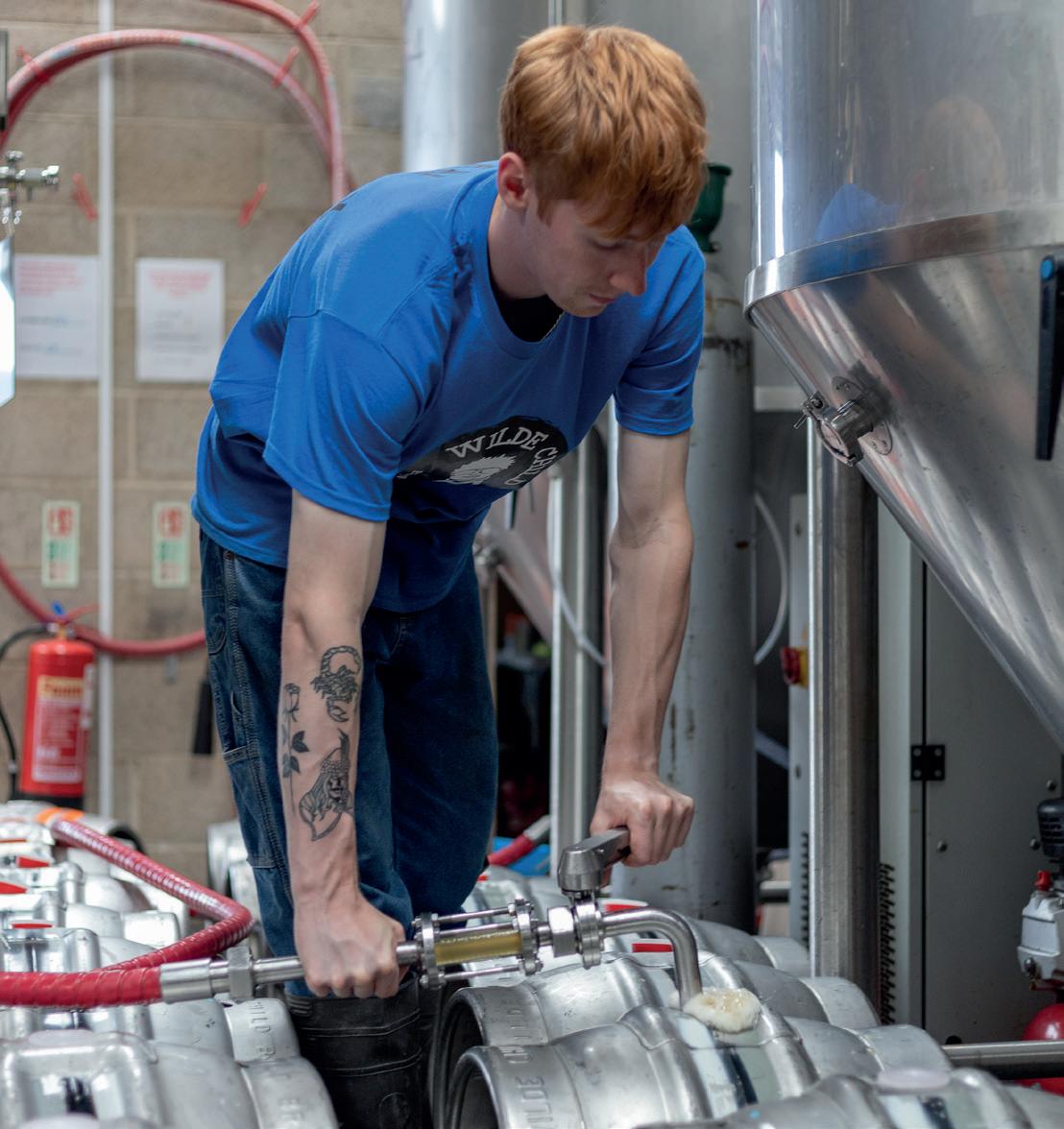
Where do you get your technical knowledge?
“I’m a proper information sponge and I’ve always been keen to learn new things. My technical knowledge comes from a LOT of trial-and-error working in this industry, written and online sources, and the vast number of ‘back office’ individuals I work with – stainless steel fabricators, hop merchants, yeast suppliers, maltsters and master brewers. I did the General Certificate of Brewing through the Institute of Brewing and Distilling in my spare time, but the rest of it has been through many, many hours and days and weeks of obsessing over online and written sources and from people who knew more about the profession than I did at the time.”
37 www.siba.co.uk | SIBA Independent Brewer | Autumn 2023 Continued on page 39 Business Profile: Wilde Child
- Determination of alcohol, density, extract, and further quality parameters
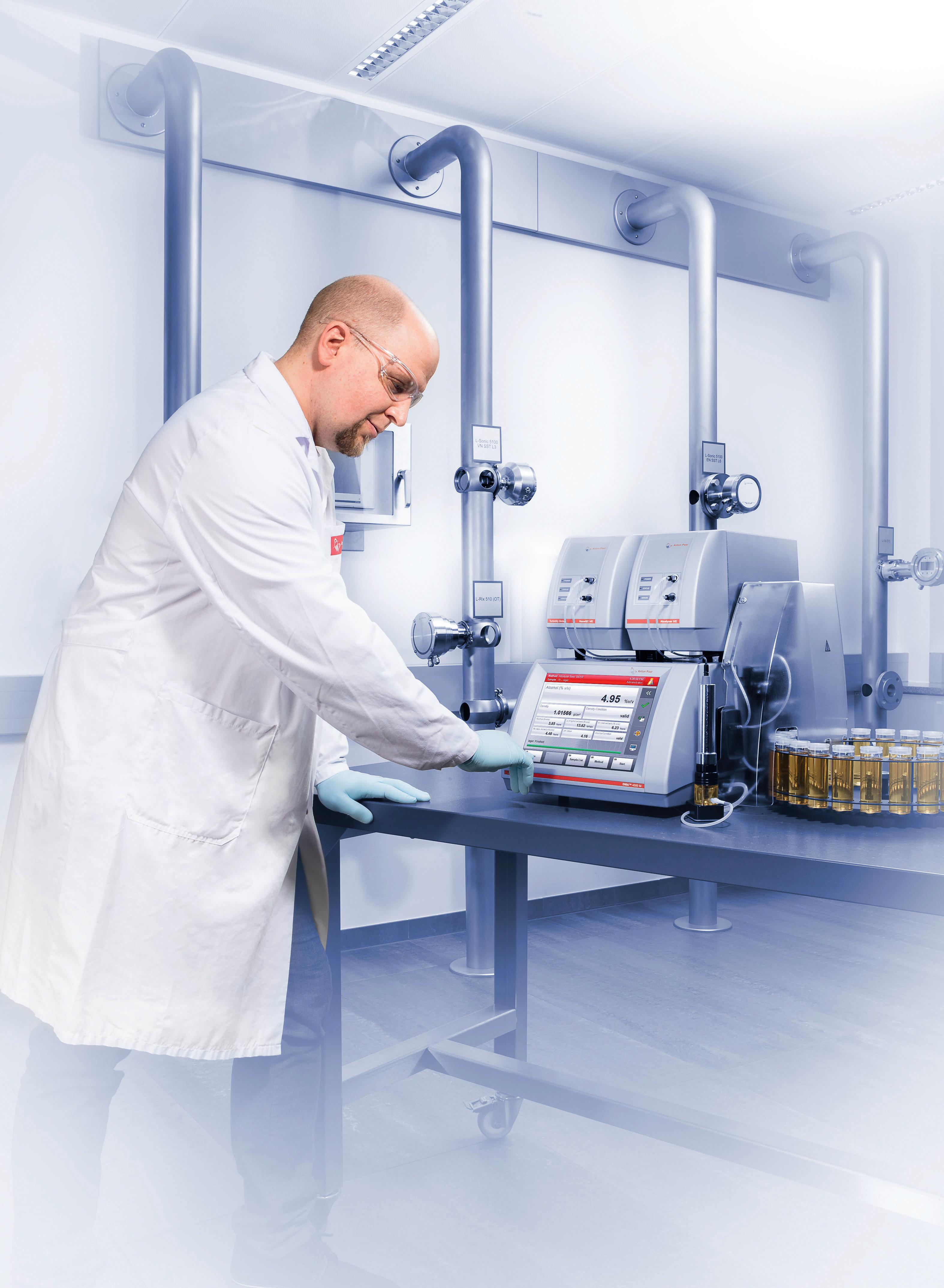
- Optional measurement of turbidity, color, and pH value, based on your needs
- Easiest analysis of beer, wine, and spirits in various production stages - Full compliance with standard reference methods
Get in touch: www.anton-paar.com
COMPLETE BEVERAGE ANALYSIS IN ONE MEASURING CYCLE FROM RAW MATERIAL TO FINISHED PRODUCT
How have you seen the UK beer market change since you launched?
“It feels like it’s gone full circle in some respects. From the idea of Wilde Child’s inception in mid-2015, where there were bitters, golden ales and blonde ales en masse – to the new England (haze craze) years of 2017-2022 – to getting back to ‘trad’ beers (bitters, goldens and blondes) being cool again in 2023.”
How have you dealt with the recent energy crisis as a small business?

“I’d signed up to an energy tariff with EDF in October 2022, at the height of the utility price nightmare, of 67p per kw/h – which would take over in February 2023, replacing our tariff of 14p per kw/h. I panic bought due to some advice that I was given at the time and as we edged closer to February 2023, we realised the severity of what was impending and worried it could put us in a situation where we’d have to fold the business. About a week into the new tariff costs I decided to get a price from EDF to buy out of the 1 year contract – it was less than £1,000. I’d already received a quote from another energy firm, as the energy costs were starting to come down again, for a price less than half than that of EDF’s – I jumped at the opportunity and bought out of the expensive tariff. So 20th February 2023 will forever go down as the day I, probably, saved the company and all the employees jobs too!”
Do you think the UK craft beer scene is as inclusive as it could be?
“I don’t want to sound embittered saying this, because I’m not. I’m a very honest and ‘wear my heart on my sleeve’ kind of guy - but no, I don’t. I feel it used to be an incredibly inclusive and welcoming industry to work in, but some of the warmth and embrace of those earlier days has been replaced with, what I perceive to be; elitism, cliques and exclusion. This isn’t by any means an industry-wide problem, but all too often you’ll see the same breweries gracing the line-ups of beer festivals – like exclusive clubs - and there can be a sense of snobbery in some quarters. I believe that beer should be used as a social tool to bring people closer together and not propel people apart.”
What inspires you?
“Underdogs inspire me. People who, against the odds, have made their dreams come true on the back of their relentless and unapologetic determination to achieve their goals. Enough people told me I couldn’t do it in the early days and I love it when people tell me I can’t do something, because it means I’m going to prove them wrong.”
Are there any new beer styles that excite you at the moment?
“Not necessarily new styles, but styles that excite me are: West Coast IPAs, Doppelbocks and Dunkel’s, Bitters and English IPAs. We've been experimenting with a lot of traditional beers, so we did a Yorkshire bitter earlier this
this year, we brewed true to style with Leeds water and a Tetley's ale yeast so it couldn't be truer to the original recipe really. And that has become one of our most successful beers. I think a lot of people have become bored of the kind of hazy, hoppy, low bitter, New England style stuff. And like I said, everything goes in cycles and revolutions, it was probably always going to come back round to traditional type stuff again. We've recently launched a 4.4% Irish stout that has become the fastest selling beer in the history of the entire company, I think we'd sold a full 10 barrel batch in less than 36 hours.”
What breweries do you most admire in the beer sector and why?
“Fullers, St. Austell, Sam Smiths, Timothy Taylors, Theakston, Thornbridge, Vocation, Ossett & Brew York. The list goes on to be honest – but Breweries that brew consistently high-quality beer that will stand the test of time - I’m all over that.
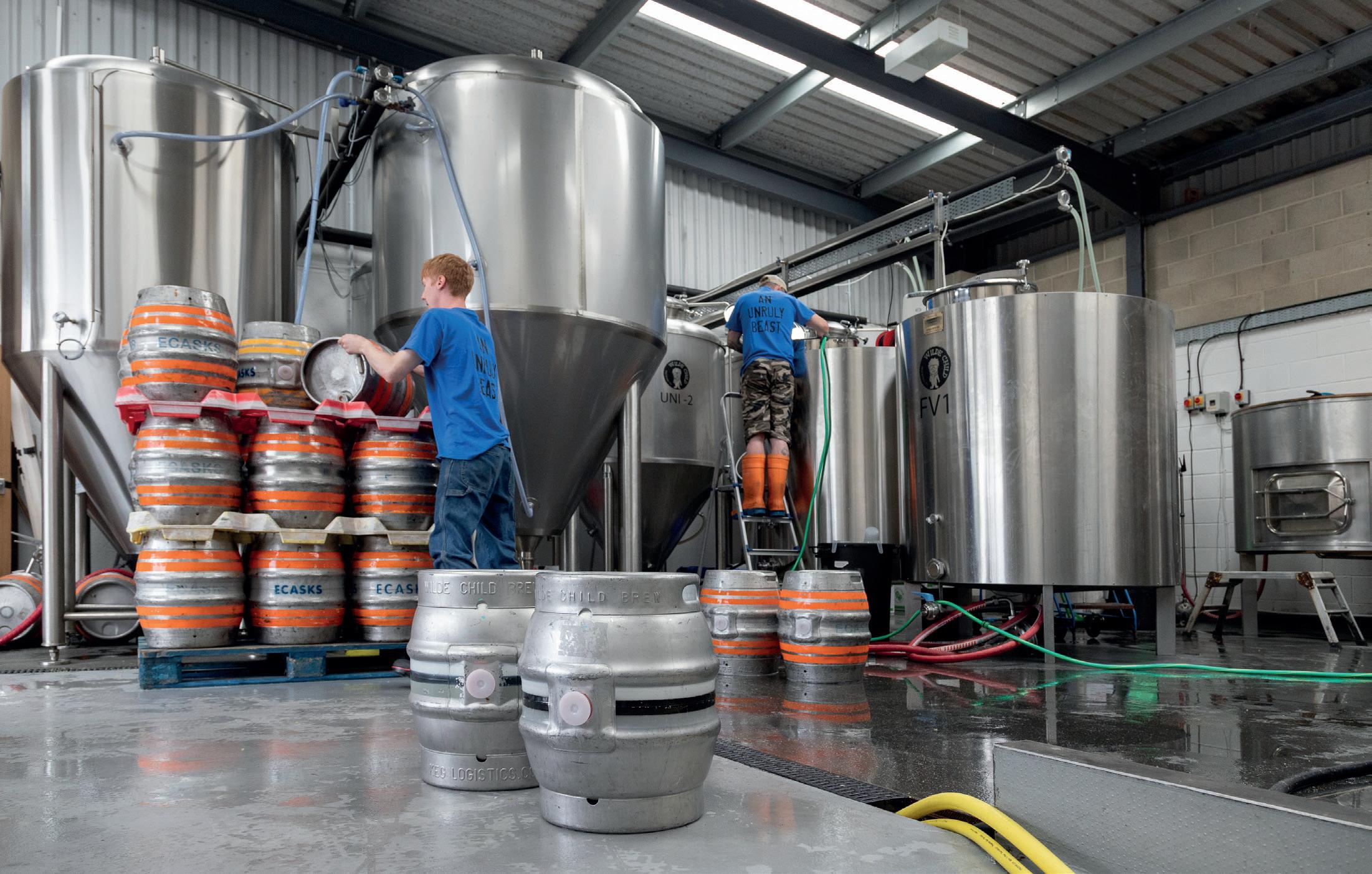
What is the best piece of advice you’ve been given as a small brewer?
“Don’t give up. Stay the course. Stay in the saddle. Keep doing what you’re doing.”
What is your all-time favourite beer to drink?
“St. Austell’s Proper Job. I can’t get enough of that one.”
39 www.siba.co.uk | SIBA Independent Brewer | Autumn 2023 Business Profile: Wilde Child
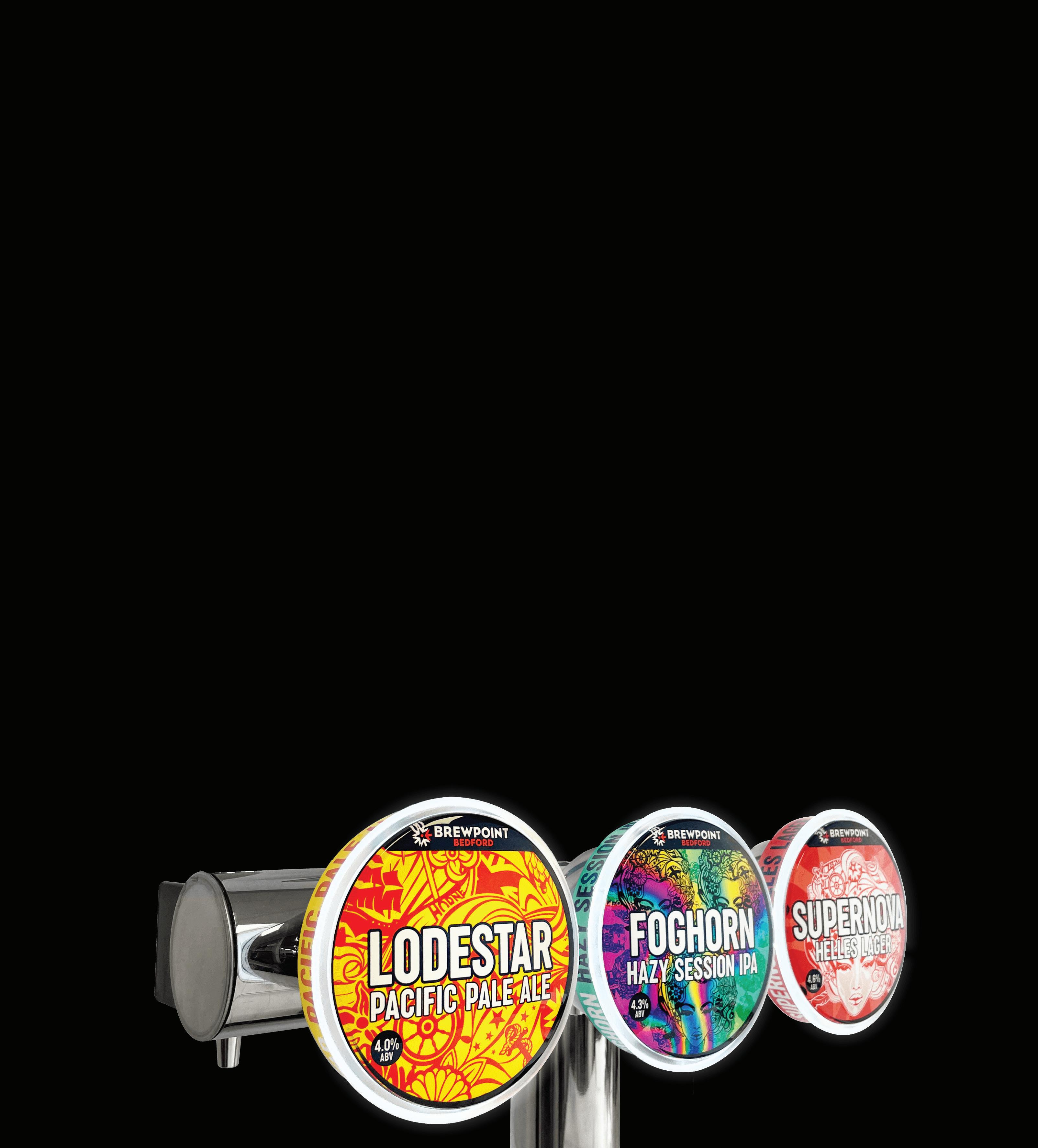
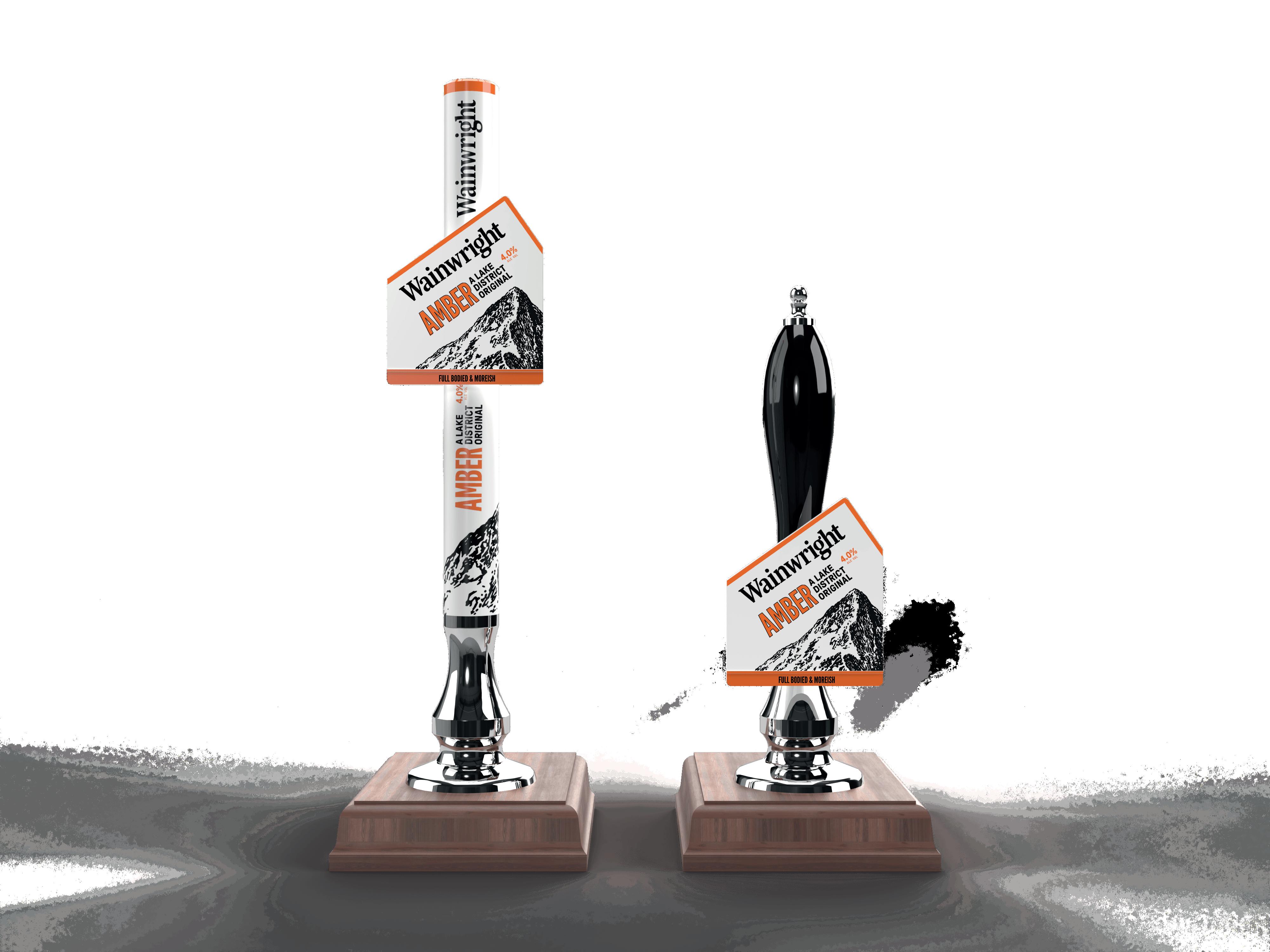




Meet the Homebrewer: Sam ThakkerJones
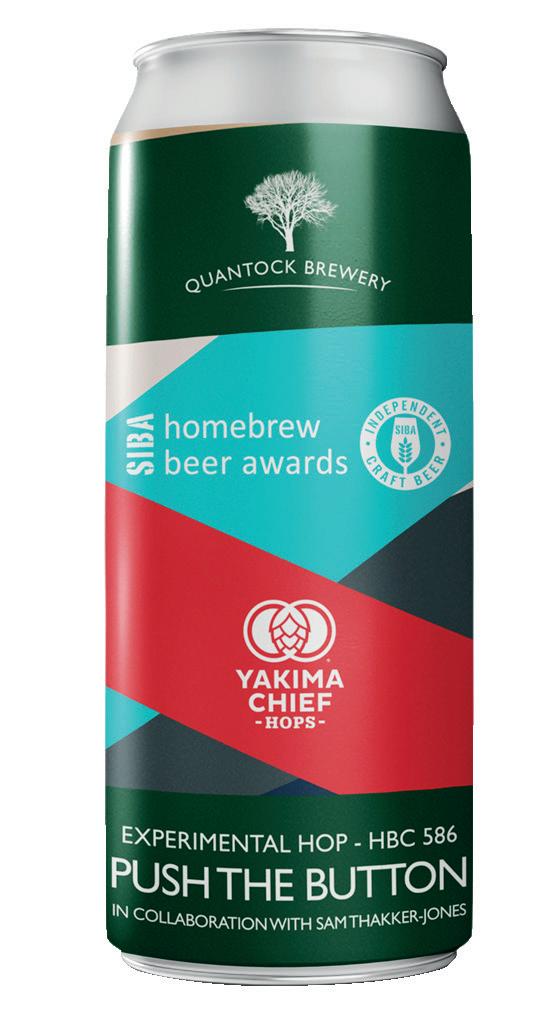
Bath-based homebrewer Sam Thakker-Jones started brewing on his kitchen hob six years ago, before refining his set-up after moving house and commandeering the would-be garage as his new homebrewing base. Inspired by West Coast brewers in the US, and a regular visitor to the area, Sam specialises in hop-forward beers, although he has experimented more recently with some traditional styles such as porter and lager. This year he took home the top prize at the inaugural SIBA Homebrew Awards, sponsored by Yakima Chief Hops. His winning beer was a hazy pale ale called ‘Push the Button’ - a tongue-in-cheek jibe at the differences between homebrewing and commercial brewing. The brew was made using an experimental new American hop ‘HBC 586’, and Sam was treated to a brew day at Quantock Brewery in Somerset as part of his prize, where his recipe was upscaled for commercial production and then had a limited national release. SIBA Independent Brewer’s Editor Caroline Nodder spoke to Sam in early September to find out more about his homebrewing journey and what winning a SIBA award might mean for the future…
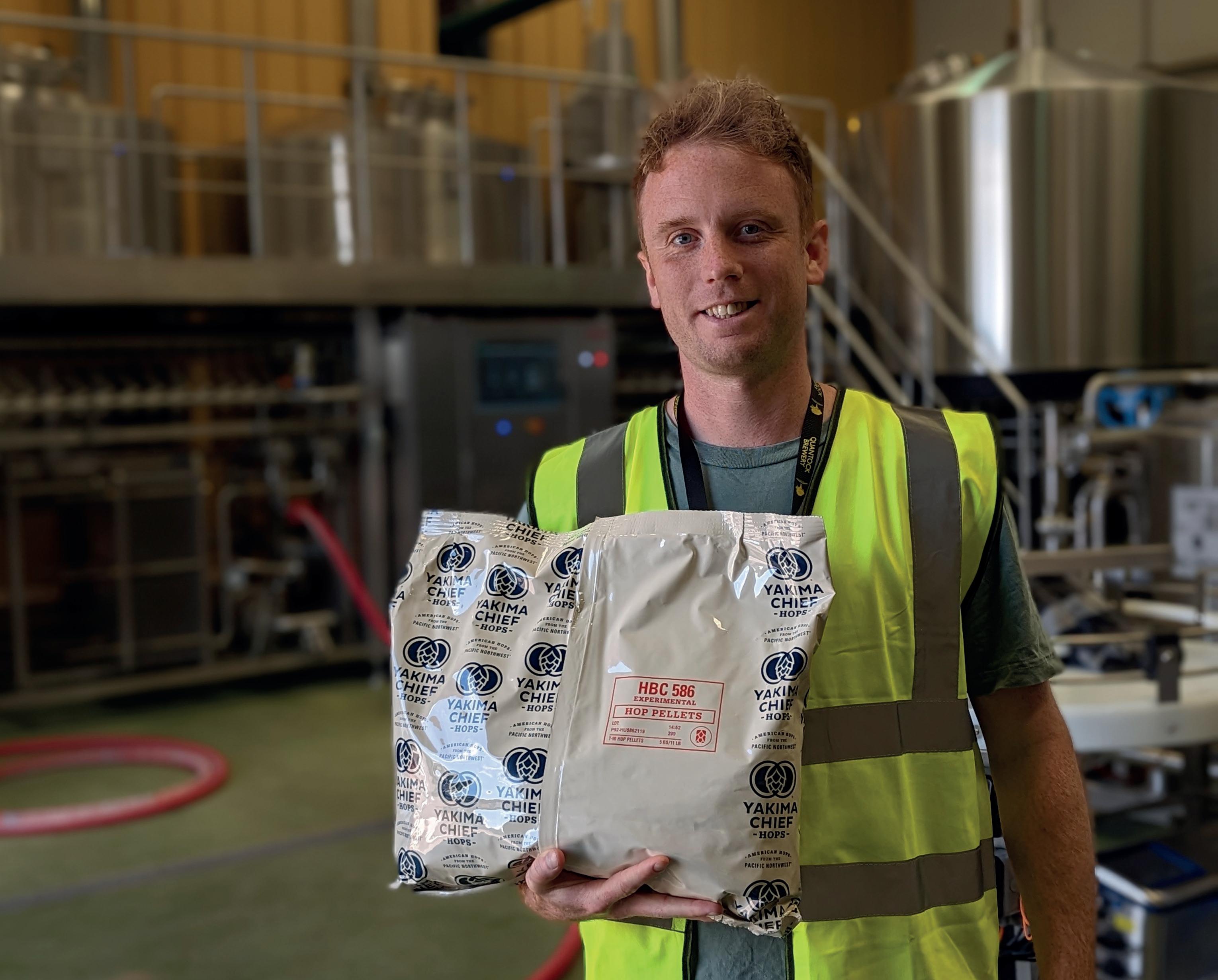
42 Autumn 2023 | SIBA Independent Brewer | www.siba.co.uk Meet the Homebrewer: Sam Thakker-Jones
What is your background and how did you first get into brewing?
“Probably not too surprisingly, I work in technology. And I think there's a pretty big crossover between technology and homebrewing. Nerdy, but in different realms! I live in Bath, it’s been local to me for as long as I can remember. But I’ve been home brewing for just under six years. The first homebrew batch of beer it did, or the first small scale batch of beer I did, was with a friend of mine, Jack Delaney, who used to work at Electric Bear is now sort of heading up things in Aben in Copenhagen. A really amazing brewer. But when he was working there, we just decided to do a small batch of sour beer on the pilot kit at Electric Bear. And I found the whole processes enthralling, and addictive. So I started on the kitchen stove, as a lot of people do. I think I’m a bit of an obsessive person and Covid then became a perfect excuse to ramp things up, being one of the few legal activities you could do at the time! So I got pretty swept up in some of the detail after that. And then I expanded a little bit from there when we moved house two or three years ago, from the kitchen hob into something a little bit more precise and separate from the rest of the house.”
What was your first brew kit set-up and how has that advanced since?
“I haven't invested too much in wort production really - the hot side process - I still use the old coolbox makeshift mash tun that a lot of homebrewers would be familiar with. That's served me pretty well. And I know how to work around it in terms of getting what I want from the wort. But the most recent thing I've really spent the last three years on, has been around everything from brew day onwards to actually getting into package. That’s primarily because I like hop-forward beer, and that's where every hop-forward beer can go wrong. Yeast health, in particular, and then water chemistry has been a huge part of that. So equipment has played its part to a certain point, but the biggest step I made forward was with moving to conical fermenters from plastic buckets about three years ago, so that's really helped me emulate some professional processes. It’s one of the cool things about meeting the Quantock guys and brewing with them [as part of Sam’s prize for winning the SIBA Homebrew competition - ed]. What I saw was similar processes, just at a larger scale. So controlling contact time with hops manager, managing yeast health, dumping yeast, reusing yeast at the right time, things like that. And then trying to get the most out of all the ingredients and making sure you don't get any kind of off-flavours from that point up until you package.”
And where do you have your kit now?
“When we moved house, we're still central Bath but it's one of those houses with three floors and the first floor you go into is a garage. So I took that as a space to use for brewing, and luckily, it had hot and cold water already running down to that floor. So it was just a case of putting holes in places, extraction fans in, and lots of makeshift kitchen equipment, an induction hob etc. And then all the electrics in as well at the same time. It was a fairly big project. But it's now completely separate and segmented, and I've got two conical fermenters, which usually means I can brew quite flexibly.”
What is the ethos behind the beers and beer styles you choose to brew?
“I always like brewing new styles, but I find I have to be really into them to do it with passion. So I occasionally mix things up and brew Porter, or I'm getting quite obsessive lager, so I think that might be a route I go down soon. But most things have been hopforward for me. That was where I started. More recently, definitely in the last two to three years, it's been drier, crisper, clearer hopforward beer. To go alongside the hazy and soft beers. To the point where I think the yeast does a lot of the talking. But West Coast beers are quite hard to get world class examples of in the UK and quite hard to brew. So it's been where I spent most of my energy, for the last year or two certainly.”
Where do you get your technical knowledge from?
“A lot of beer tourism, actually. But I also do a lot of research. I think one of the things that maybe comes from my job is that I have quite an inquisitive nature, I'm quite obsessive about things. And there's never been more information out there. Particularly I think, during Covid. Craft Beer & Brewing are an amazing set of podcasts. And I always look to the States really, if I think about innovation that's happening with craft beer. And they do some amazing in-depth podcasts - there were two 90-minute ones with Russian River and Green Cheek and North Park, all breweries I have visited before, about how to brew West Coast IPA that just go into so much detail. But if I really enjoy a beer, I actually might email the brewery – I emailed Sophie de Ronde at Burnt mill about a batch of Citra West Coast IPA, and she was kind enough to answer some questions. The community is amazing for that type of stuff. So yeah, a bit of a combination of all those things really, but mainly trial and error!”
What were the main challenges you faced when first starting out and how did you overcome them?
“I guess process and cleaning were probably two things that I was really lucky to learn from the first couple of batches of beer I did. Jack [Delaney] was down the road at the time as a professional brewer, so we did a couple of those things together - all the basics around good process, good procedure and practice around sterilisation. So that really wasn't too much of a challenge. It just became, I guess, implicit. The biggest thing to be honest has been water chemistry. Bath has pretty hard water, so you have to try and manipulate that with different salts and acids to kind it to where you want it. And then change it again and change it again for different profiles. That was probably the biggest thing in the first half of my homebrewing career I would say. Then probably the second half has been much more about fermentation, yeast health, and particularly the cold side processes for dry hopping as well – just trying to up aroma but try and keep drinkability and intensity kind of similar, which is quite difficult. The homebrewing network has been really great though. There's a homebrew collab group in Bristol. They do an amazing job. I think they’ve got about 30 people, they do quarterly challenges which are really innovative. Every Christmas, you get paired with another brewer and you brew a beer together based on a challenge or a loose set of parameters. And we do a monthly meet-up. This community is really good.”
Continued on page 45
43 www.siba.co.uk | SIBA Independent Brewer | Autumn 2023
Meet the Homebrewer: Sam Thakker-Jones
DESERVE THE BEST FILLING SYSTEMS.













KHS brings state-of-the-art technology to craft breweries.
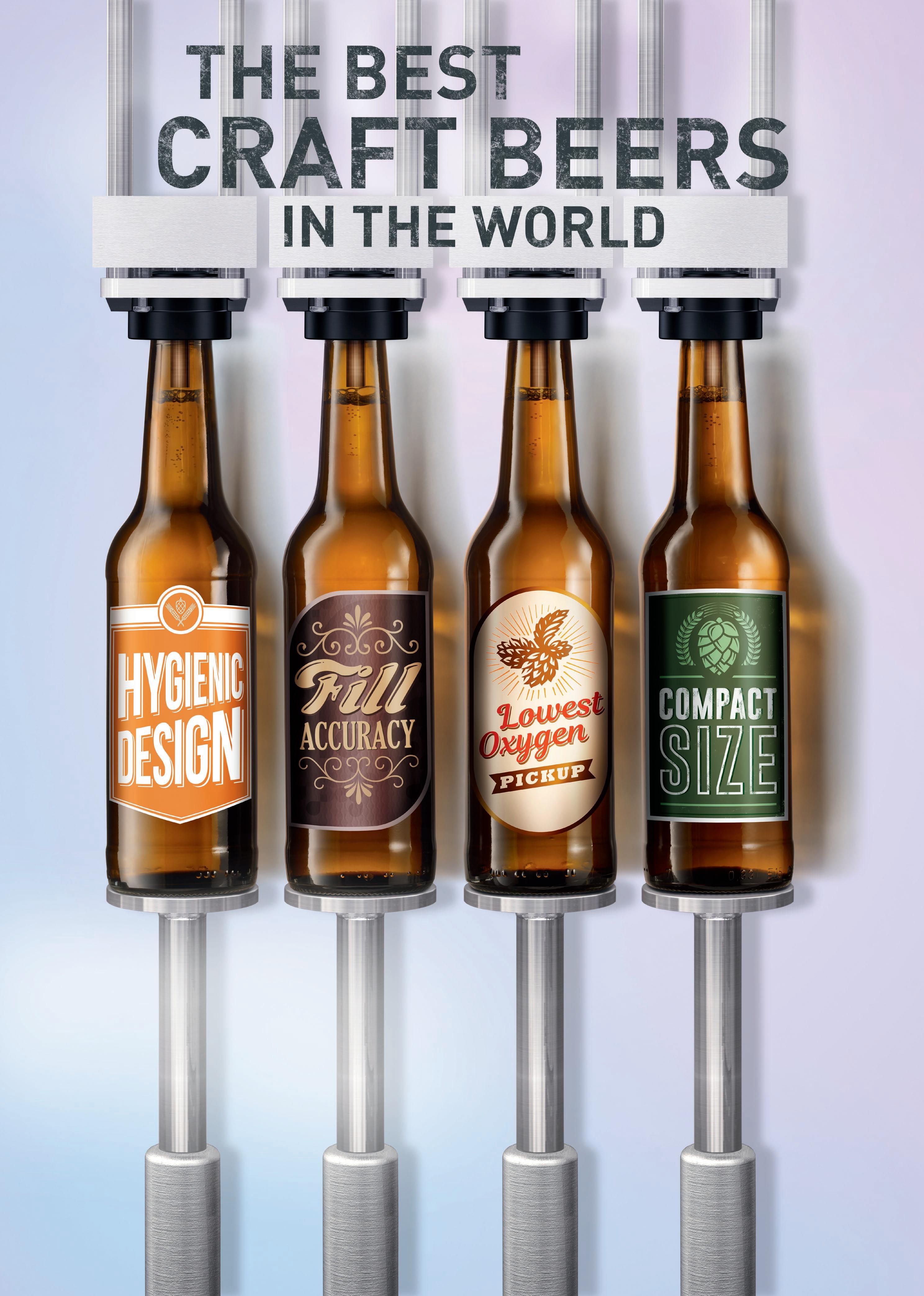
Great beer needs a filler that ensures the highest product quality. Especially for small and medium-sized breweries, our compact fillers offer the same innovative technology as larger KHS fillers. In addition, KHS stands for maximum reliability, keeping lines running steadily at a very high level – supported by our dependable on-site service. Our filling systems are available for all types of bottles, cans, and kegs. Would you like to know more? Please contact us at www.khs.com

Meet the Homebrewer: Sam Thakker-Jones
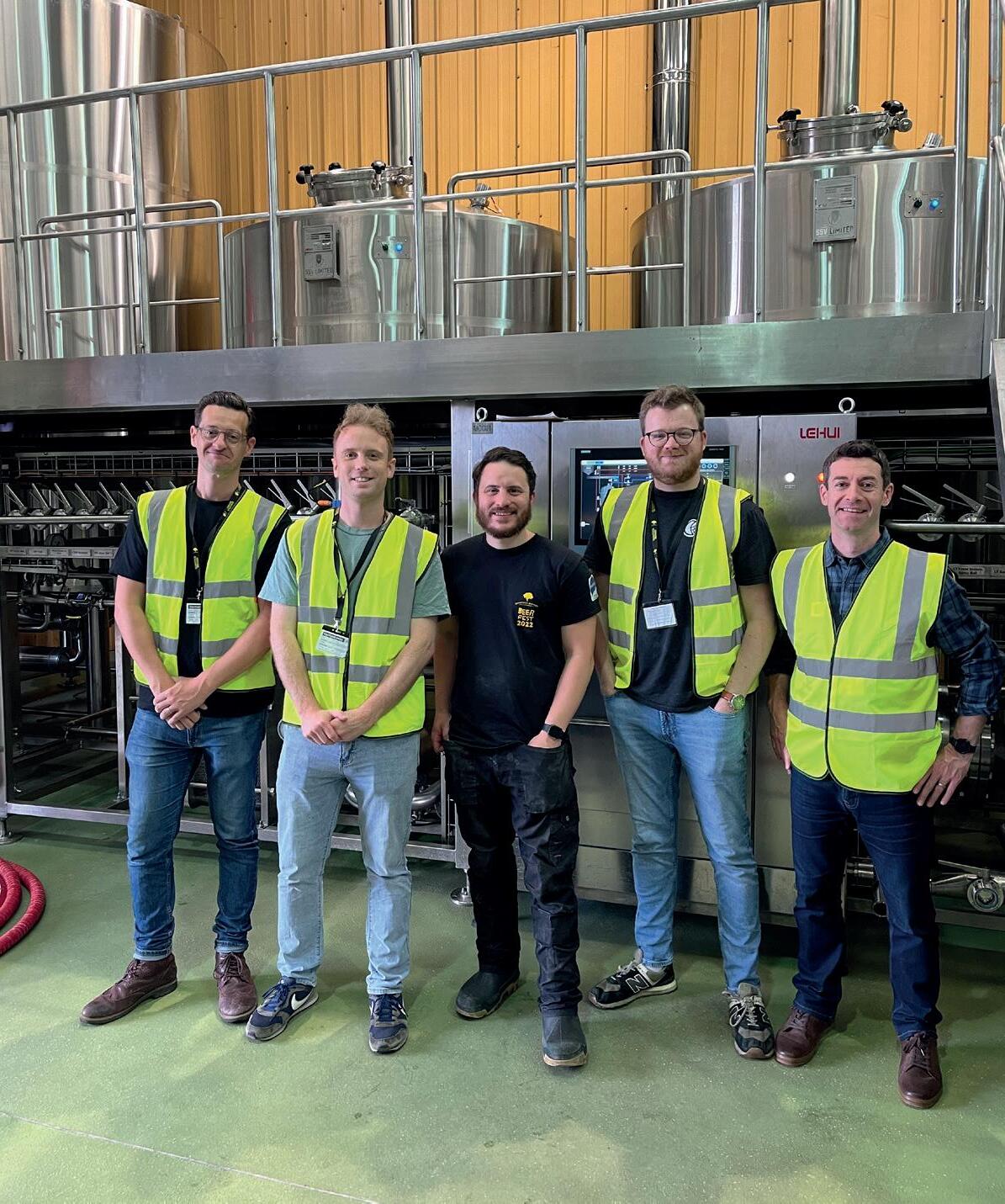

How do you monitor and ensure quality standards remain high?
“Obviously, knowing your pH and controlling that at different stages of a processes is really important. So that's a good parameter I usually try and check. Also the usual variables around mash chemistry, like temperature and length of mash, can help with achieving the feel that you want for your beer and just understanding water profiles. Temperature and other mechanics I think are quite good. And just chatting to the guys at Quantock, that really helped as well to try and solidify some of the things I should be thinking about. But in terms of brewing consistent beer, I have a couple of recipes I brew quite often, but I try and mix it up as much as I can.”
What made you decide to enter the SIBA Homebrew competition?
“As soon as I started reading about the SIBA competition, I realised I live probably 25 or 30 miles away from Quantock, and they do incredible session beers, and I had always said I wanted to go to the brewery. So I set myself a challenge of seeing where this beer would land and what would happen. And the hop, HBC 586, I think I had had a couple of commercial beers with that hop in, I thought it was really cool, and those types of things are what really gets me excited as a homebrewer. Yakima Chief Hops were involved and it gets judged by professional brewers, that was a really, really big thing for me. Because I think sometimes with BJCP comps, you get the same rotation of people who maybe have a more traditional way of thinking about beer and I thought, actually, this type of comp where professional brewers say, ‘Okay, what's the best representation of what we're looking for here?’ It's a nicer, looser set of parameters. But you still have professional judges. I thought that was a really cool way of doing it.”
What was the process you went through to get to the final?
“The style I probably brew most of, although I rotate the hops around, is this pale ale style that’s hazy, but it's not brewed with an expressive yeast strain like you'd find in typical hazy IPAs. It’s supposed to be a hazy pale ale, that's really intense in aroma. It's a bit soft, but it's got a good structure and a good bitterness against it. So I had been putting parameters in place around what I think that pale ale should look like. And I'd been brewing it with different hops. And I just thought, actually, why don't we just plug HBC 586 in, put the same IBUs I would normally go for, dry hop it with as much as I can get in the fermenter, and then see how it goes. And I was really, really pleased with how it came out. Interestingly enough, just for fun, I entered it into a BJCP competition, but it just didn't fit any style, and they just weren't sure what to do with it!”
What has your award meant to you and your brewing operation?
“I couldn't really have been happier. The brew day was really hands on, really curated. I was picked up from the hotel by Robbie from Yakima Chief, and there was lots of contact with people beforehand. Quantock went out of their way to stick completely to my recipe, and then every step of the process on the brew day – I have to say a huge thank you to Dan at the brewery for this - they spent a huge amount of time talking me through every part of it and making sure I was involved. That was incredible.”
What ambitions do you have now to take your brewing to the next level?

“I try not to look too far ahead. I feel fortunate enough that I really love my job. But I mean, I would be lying if I said there was no ambition behind what I like to brew, and where I see things going. We have one
Continued on page 47
45 www.siba.co.uk | SIBA Independent Brewer | Autumn 2023
Sitting down with a beer I brew with someone and trying to get them to dissect it That's really exciting for me. But I would always tend to look at the US for inspiration. I think the availability of information out there is constantly exciting for me.
Positive steps towards a carbon neutral future.
While glass has always been infinitely recyclable, in the sustainable world we now live in, that’s not enough. We’ve made achieving carbon neutrality our aim, which demands a lot from us.
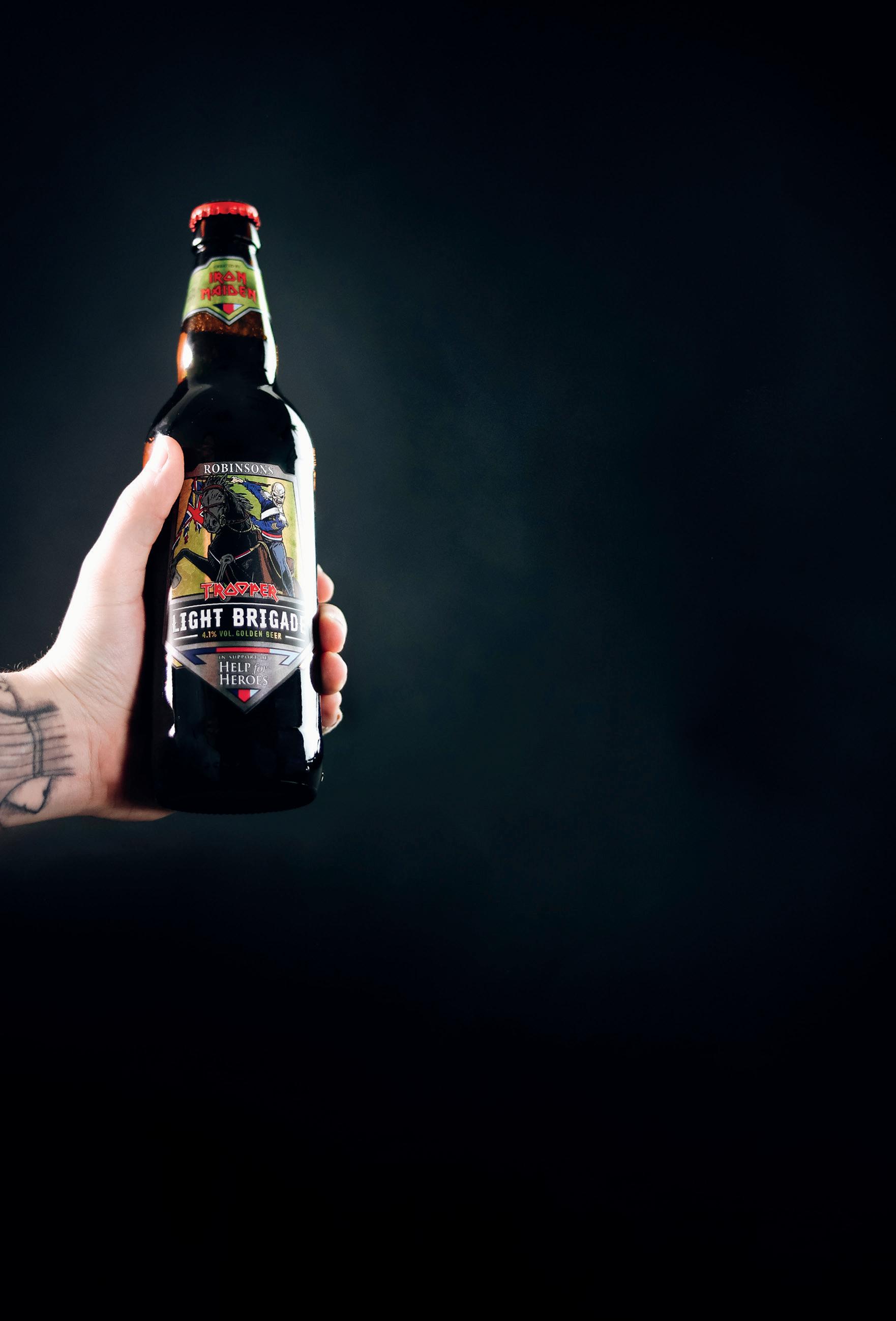
In turn, we are demanding more from our supply chain, one that is already ahead of the pack, achieving some of the lowest carbon emissions and with plans for further ultra-low carbon initiatives and investigating the use of hydrogen-powered furnaces.
We are now a climate positive workforce, offsetting the carbon footprint – and more besides – of our entire team, and we will shortly be a carbon neutral business.
As a business, we can’t do everything, but we must do something.
more information visit www.croxsons.com
For
brewery here, Electric Bear, on Bath and they do nice beers, but there is probably room for more. So I think if practical things were to align and there were opportunities, if I was going to do something like that, I'd certainly want to go in at a certain level with professional help. Whether that's through friends or whatever, I don't know. But that would be something in the back of my mind. I'm really not trying to push it timewise. If the right things line up, they line up. Looking at the financial situation it’s tough too. What local small producers are having to face - the cost of malt I think went up 70%, everyone knows about the CO2 price increases. I've had the very standard and not surprising, ‘don't start a brewery’ speech from a few people. But I think, for me, I have a good idea of how I think it could work if things were to line up. But because I feel like I'm in a good situation, I'm not forcing it.”
What makes an outstanding beer?

“I guess this is quite a personal thing. I quite like intensity of aroma, and flavour. I quite like intensity and drinkability. Together, I think those are the hardest beers to make. And those are the beers that I always really enjoy. Probably for some of my favourite beers you have to go back to the West Coast, and I was actually fortunate enough to go out there about 18 months or so ago, and I'm going back in a couple of weeks. I like those beers because even if it's a clear beer, the aroma you'll be able to smell it from the bar, body is always there, it gives you just enough, and it's dry enough that you want to keep drinking more than you should. It never really gets cloying. So I think that those are the typical things that I like in a beer.”
What inspires you?
“I’ve already talked a little bit about looking to the US. My wife actually said to me the other day that I think put the US on a pedestal. And
I think she's kind of right. I guess because I don't live in the US, it's the classic thing of you know, ‘that's the Nirvana of beer-related things that are happening’, but looking at the point of difference, its where new trends are happening and things like cold IPA, things like new techniques for brewing new styles, they usually act as a good source of inspiration that gets me excited about brewing my next batch of beer. So I am trying to stay on top of brewing trends in the industry. And trying to think about, what would be my interpretation of this style? What do I consider a Sam ThakkerJones way to do that? And then the next part comes down to critical feedback. I absolutely love it. Sitting down with a beer I brew with someone and trying to get them to dissect it That's really exciting for me. But I would always tend to look at the US for inspiration. I think the availability of information out there is constantly exciting for me.”
Which of your beers are you most proud of?
“There are two beers I’d say. There's a hazy IPA I probably brew the most regularly of anything, called Virtual Aerobics. I brew that with Simcoe, Motueka and Citra and that’s got three gold medals now at comps, it has just been amazing. There’s just something about those hops together that has worked over time.
But probably my favourite recently was when I did a batch of West Coast IPA, about 6.5% in the last month, where I tried to change the dry hopping technique again based on a podcast, to give a bit more of a saturated flavour. Different from how you would do a hazy IPA. And that has been so hard to get to where I want it to get to. So that's probably the most proud I've been recently just because it feels a bit like a labour of love.”
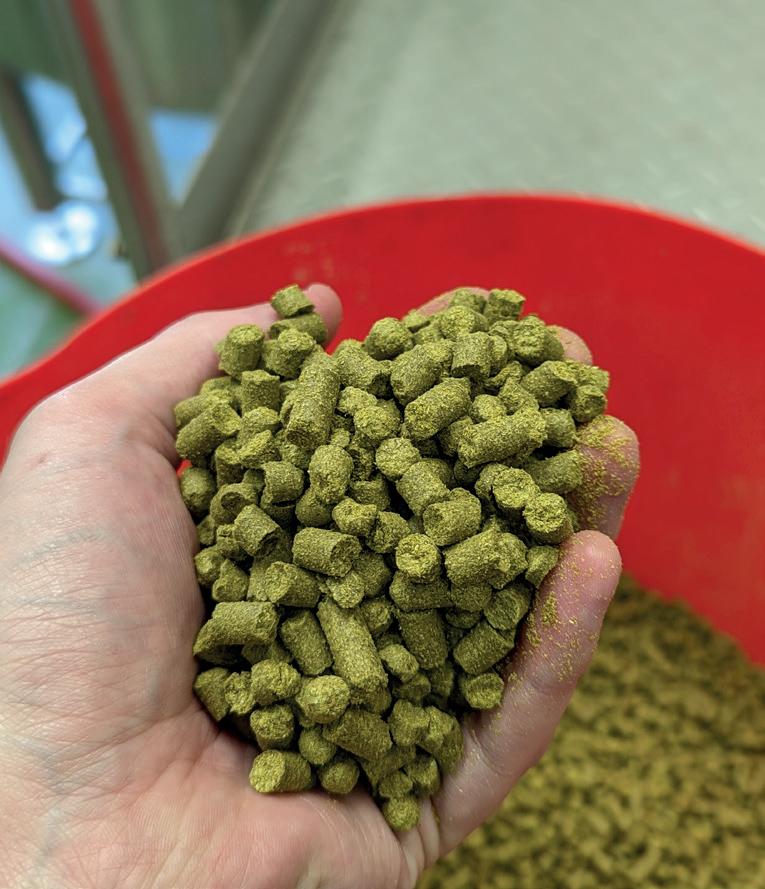
Who do you most admire in the brewing arena and why?
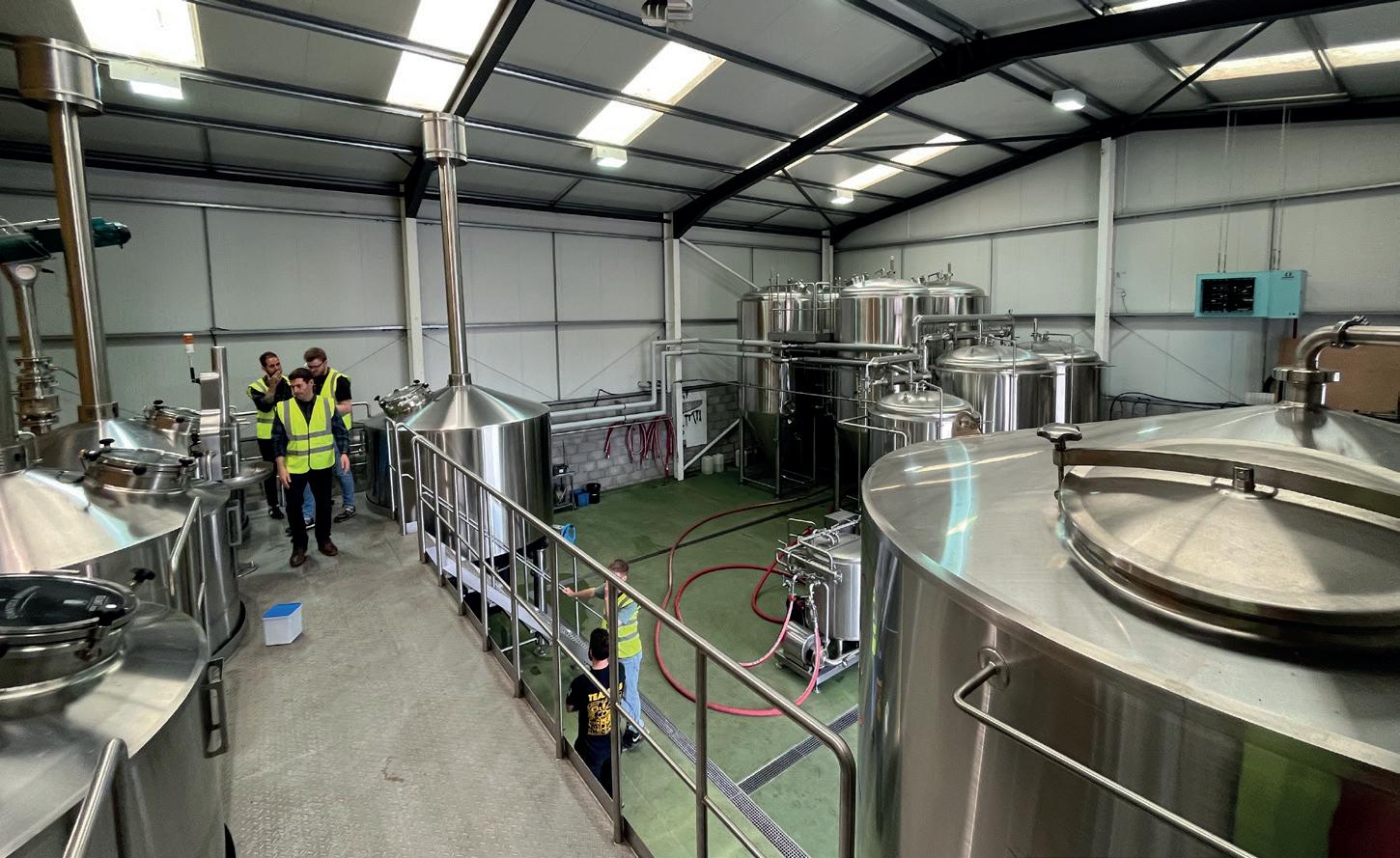
“I’ll give you two examples. I'd probably say Track in the UK. They're just my favourite brewery because I think they produce the best hoppy beer in the country for my taste, just across all different sub styles. And my two brothers live in Manchester, so it's always a dream to drop into the taproom. I think they have just consistently knocked it out of the park for the last few years. And then in the States, it would be a brewery called Cellarmaker in San Francisco. They pretty much triggered my obsession really with hop-forward beer. I still remember sitting in their taproom and drinking pints of beers that I could smell across the bar and I just didn't understand how they could do it.”
What is your all-time favourite beer to drink and why?
“If I was on a desert island, I'd probably say there's a bear called Timbo Pils that's brewed by a brewery called Highland Park in LA. And it's like a West Coast IPA, but it's with live yeast. And then they call it a West Coast Pils. It's basically just the best things about a lager, and the best things about a really hoppy clean West Coast IPA.”
47 www.siba.co.uk | SIBA Independent Brewer | Autumn 2023 Continued on page 49
Meet the Homebrewer: Sam Thakker-Jones
Looking at the financial situation it’s tough too. What local small producers are having to face - the cost of malt I think went up 70%, everyone knows about the CO2 price increases.



























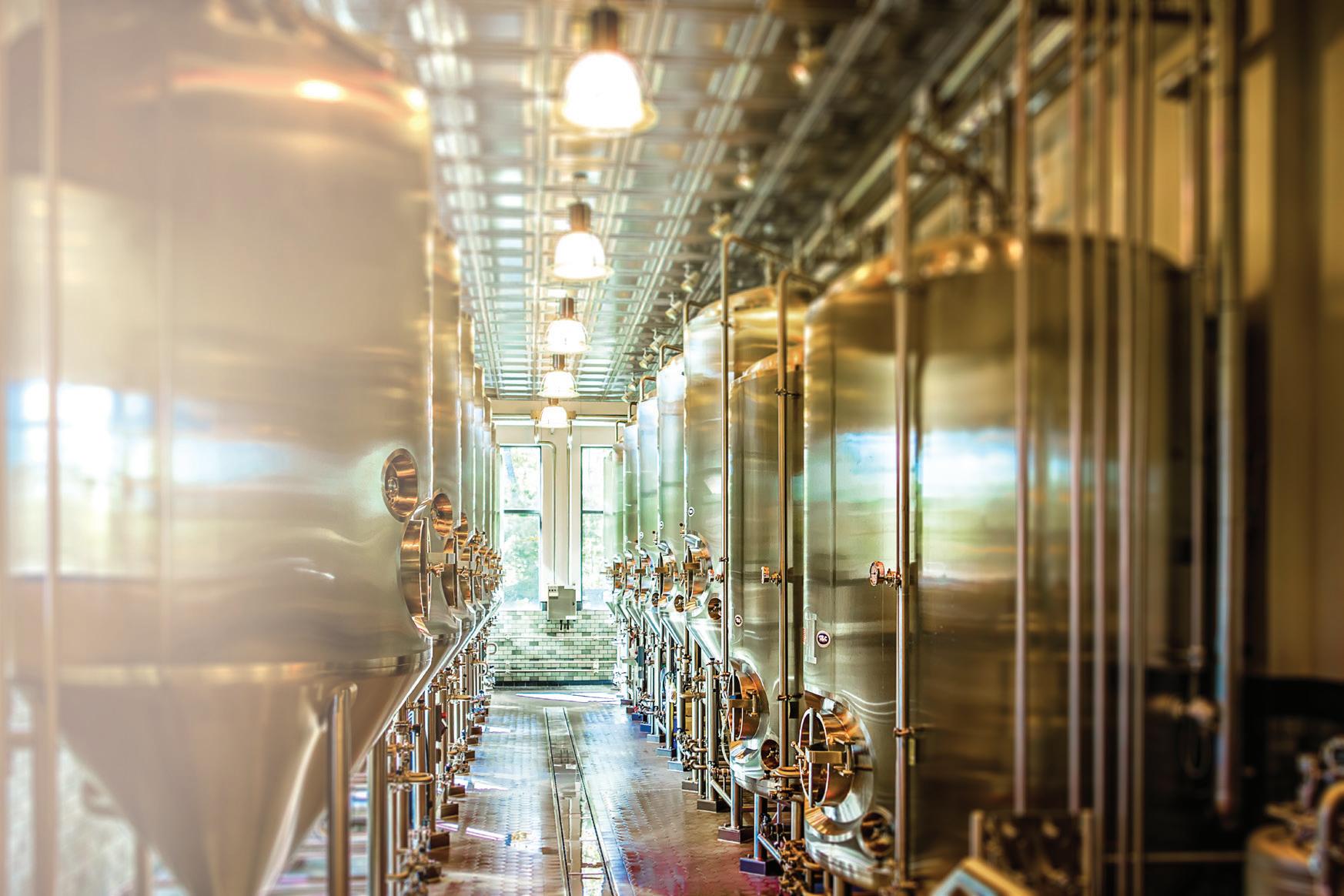

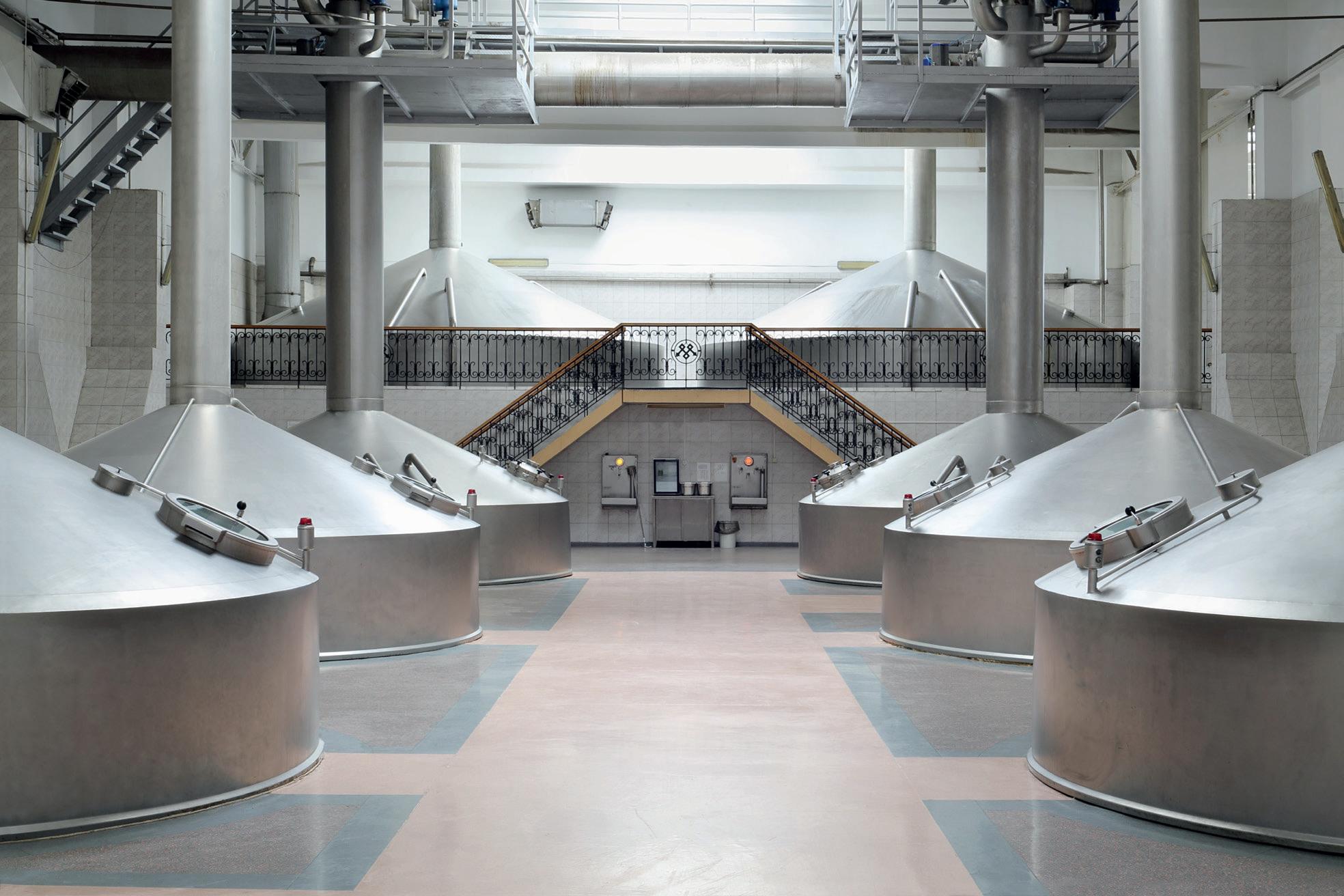
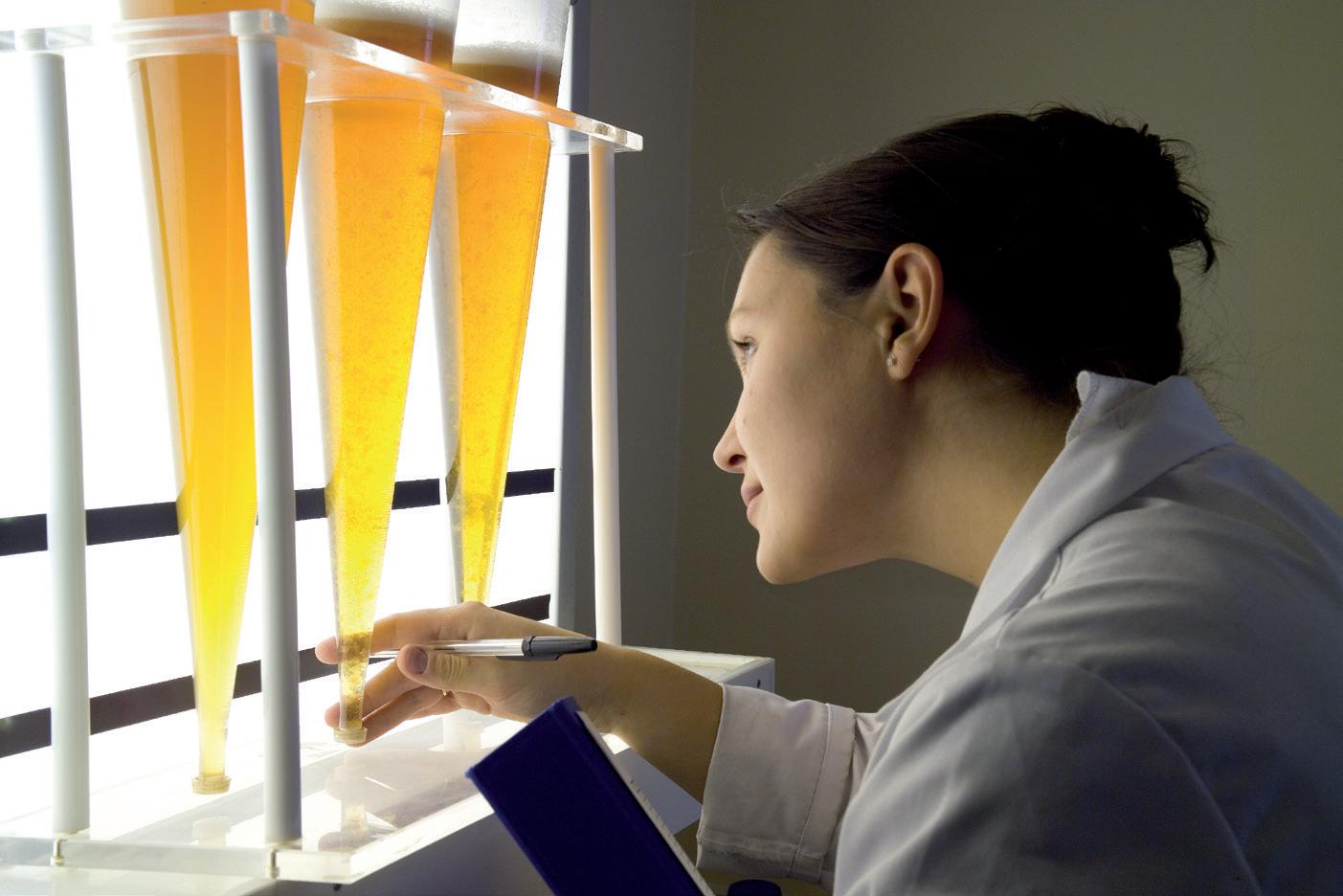
www.abvickers.com | abvickers@lallemand.com KETTLE FININGS • YEAST NUTRIENTS BEER CLARIFICATION • FOAM STABILISERS PVPP/SILICA GELS • ENZYMES ANTI FOAMS • ANTI- OXIDANTS improved reduced reduced improved improved reduced reduced improved
The SIBA National Homebrew Beer Awards are back for 2024!
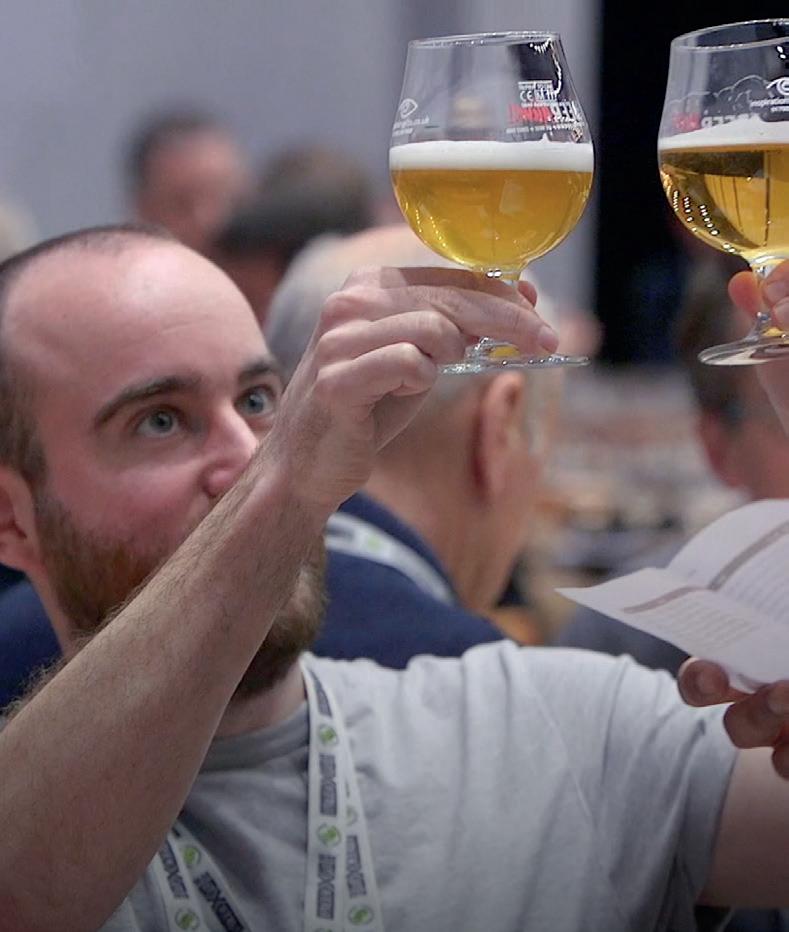
Overview
For the 2023/24 SIBA Homebrew Beer Awards, SIBA will partner with yeast specialists Lallemand Brewing, the Malt Miller and Wheat Beer aficionado’s Bundobust to challenge homebrewing members to brew the UK's best tasting wheat-based beer, in the style of their choice. Whether it’s a Belgian Wit, American Wheat, German Hefeweizen, or White IPA, the only rules are the beer must use the supplied (free) Lalbrew Wit yeast and a minimum of 25% wheat in the grist.
The awards process
Lallemand will provide one packet of LalBrew Wit 11g to each entrant via the Malt Miller with the Malt Miller also providing a pack of Barth Haas noble hops. This will be limited to 200 entrants. SIBA will provide each entrant with a code that can be used on the Malt Miller website. For the brewday, Lallemand will provide enough Wit Yeast for the brew.
Bundobust Brewery will host the brewday for the winner at their brewery site in Manchester and packaged into keg for exclusive sale in their restaurants.
Find out more at www.siba.co.uk/homebrew
Beer specification
The beer must contain 25% wheat malt and use the LalBrew Wit yeast with a target strength of 4-6% ABV. For the competition recipe you can choose any style using any hops or adjuncts that match the beer.

Entrants must send 3x bottles (any size). When sending your bottles of beer in for judging you will also be asked to supply information on what style you have chosen (referencing the appropriate BJCP style), whether the beer is bottle conditioned, whether it is meant to be hazy and what the estimated or target ABV is.
Malt: Must contain minimum 25% wheat malt
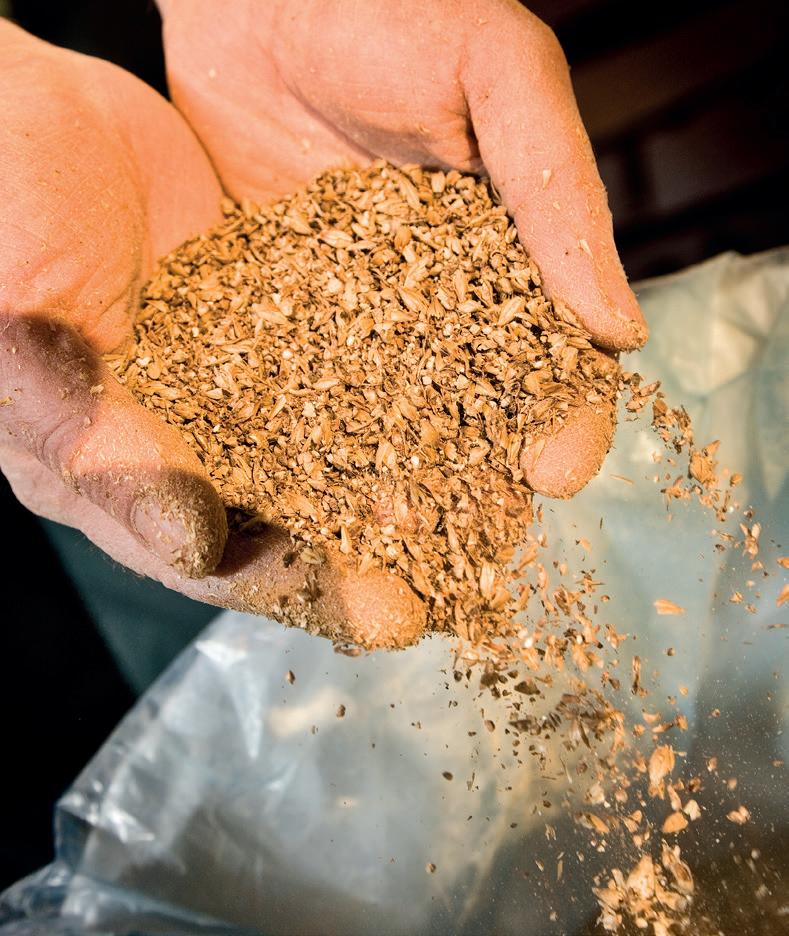
Hops: Any
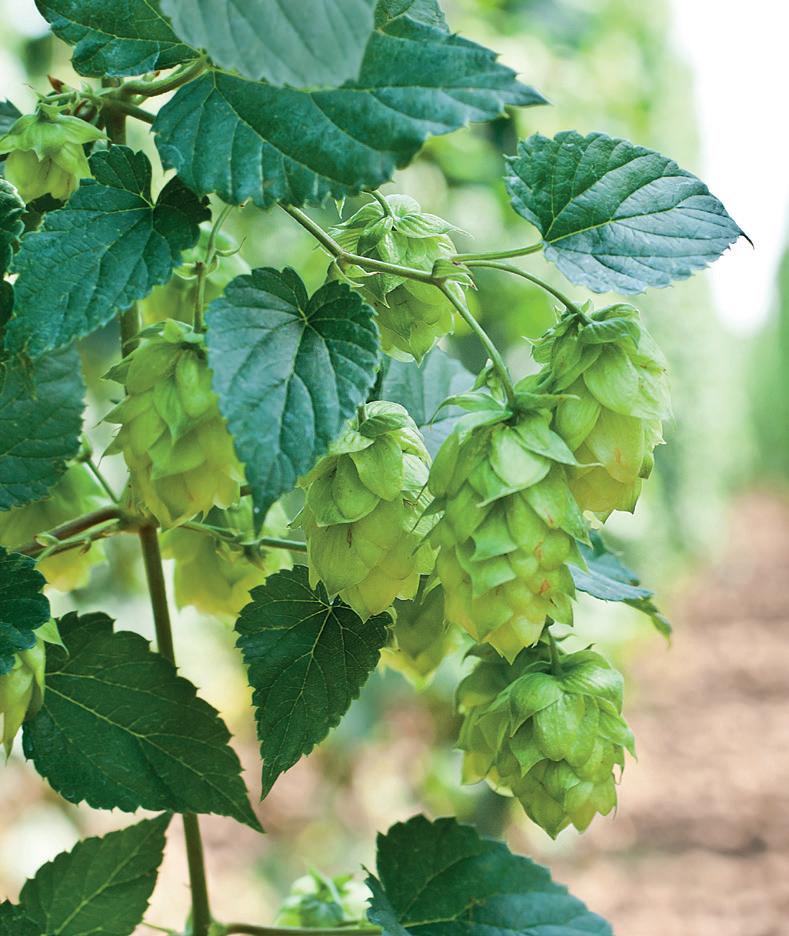
Adjuncts: Any
Yeast: LalBrew Wit




ABV: 4.0 - 6.0% abv



Style: Any
Timings
• Wednesday 1 November 2023 – registration opens
• Friday 26 January 2024 – Registration closes
• Friday 1 March 2024 - Entrants to collection point (SIBA office)
• Thursday 14 March 2024 – judging at BeerX


• June/July – brew day at Bundobust, Manchester

49 www.siba.co.uk | SIBA Independent Brewer | Autumn 2023 Meet the Homebrewer:
Thakker-Jones
Sam
Offset-free Carbon negative brewing
London brewer Gipsy Hill has set the bar high when it comes to the issue of sustainability, with two world firsts in a matter of months. The brewery has not only launched the world’s first carbon negative beer, without using carbon off-setting, but is also pioneering a new way to use the hops it buys twice in the brewery process, thus significantly cutting its carbon footprint and ingredient costs. The brewery’s founder Sam McMeekin now has ambitions to take that innovation a step further and become the world’s first fully offset-free carbon negative brewery operation. Like many craft brewers, Sam had been pondering how to make his operation more environmentally friendly for a few years, a thorny issue in a sector traditional seen as exactly the opposite. A sudden shift in mindset led him to conclude that the key lay not in the brewery yard, but in the brewery’s supply chain, and, in particular, in the farming methods used to produce the grain for malting. By minimising the carbon footprint in the brewery itself with some experimental work re-using hops, and coupling this with the sourcing of carbon negative ingredients through his supply chain, Sam saw there was a way to produce a beer that actually had an overall positive impact on the environment, without the need to pay for carbon credits. The initiative hinged on the development of the second-use hop process, and a partnership with a group of regenerative farmers who are focussed on the production of carbon negative barley crops. Independent Brewer’s Editor Caroline Nodder spoke to Sam in early September to find out more about this new way of thinking, and how the system works in practice…
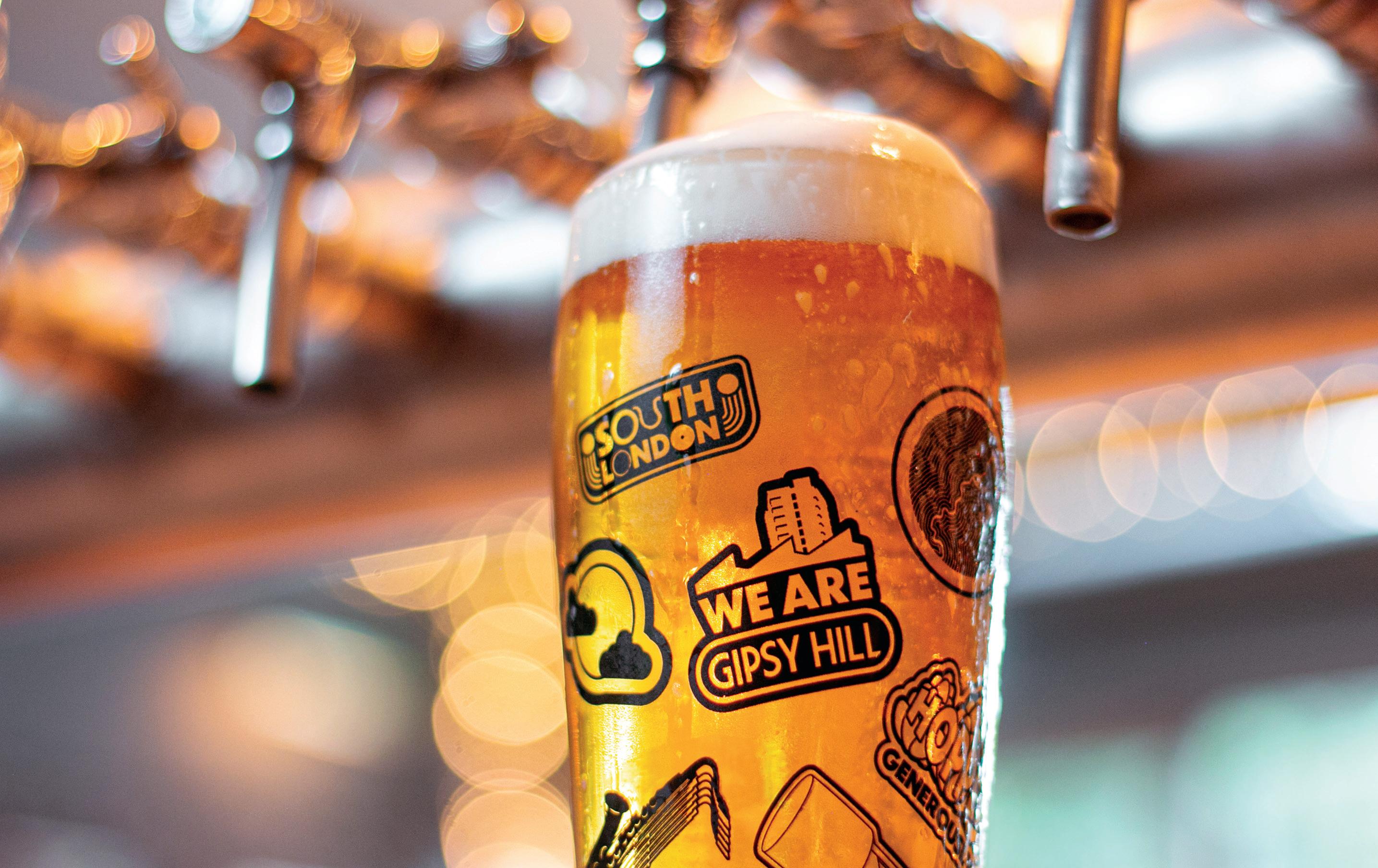
50 Autumn 2023 | SIBA Independent Brewer | www.siba.co.uk Innovation in-depth: Gipsy Hill
What does ‘off-set free carbon negative brewing’ mean?
“It’s what's called a lifecycle assessment. So the lifecycle of the product has a zero footprint, as opposed to the lifecycle of a product has a positive footprint that you then offset using a carbon credit.”
Why did you decide to lead on this issue?
“Sustainability is a big thing, and as a brewer, figuring out a way to create some changes has not been terribly easy. We're not in a brilliant position to help or, at least, that was most of the brewing world’s assumption. And I was in that cohort as well. Because fundamentally, we boil beer using huge amounts of electricity or gas, more likely. Energy. And we ferment beer, creating lots of CO2, and we package it using chemicals and cleaning and we drive it around the country. So brewing is not that easy to decarbonise is the assumption, but we still have the challenge of seeing what we can do to try and decrease our footprint. I think the breakthrough discovery is really understanding that actually, agriculture in our food chain is the biggest opportunity for sequestering CO2 into the ground. Because, as it stands, industrial agriculture practices sequester very little, and things are amiss in other ways through the production of herbicides and pesticides and fertilisers and all those kinds of things which are sprayed vigorously everywhere. But actually, if you can do agriculture in a more natural way, then it completely turns the equation on its head. And it goes from being a source of emissions to a source of emission reduction, because the process becomes a negative one as opposed to a positive one.”
What was the motivation behind this project?
“In order to be carbon negative, with no offsets, assuming that you have to use energy of some kind at some point in your process, whether that's using single use packaging or anything, it doesn't matter if it's
recycled or not, all of it's got a carbon footprint. In order to be negative, you have to have one step of the journey that is negative. Otherwise, all you're doing is adding together a whole bunch of positives. The can is positive, the van is positive, the transfer using electricity and pumps is positive, everything is positive. You can be the most efficient brewery in the world, but unless there's a negative step, you're never going to be able to offset all those positives unless you use offsetting through carbon credits. So we need to find that source of negative emissions, or as they called ‘sequestration of carbon’. That's the key. And there's really only one source of negative emissions in the entire supply chain production and downstream chain. And that is your barley and potentially your hops. And that is because they are natural ingredients that can be grown in a way that sequesters carbon.”
How did the idea for producing a carbon-negative beer first come about?
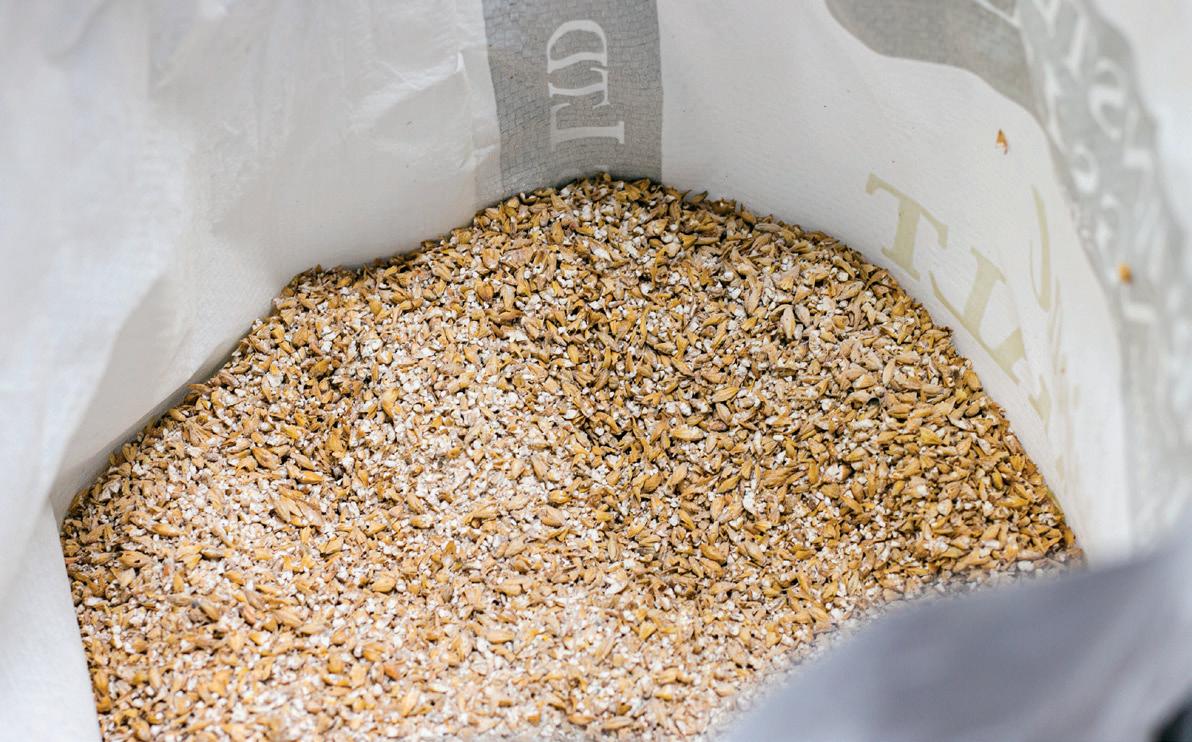
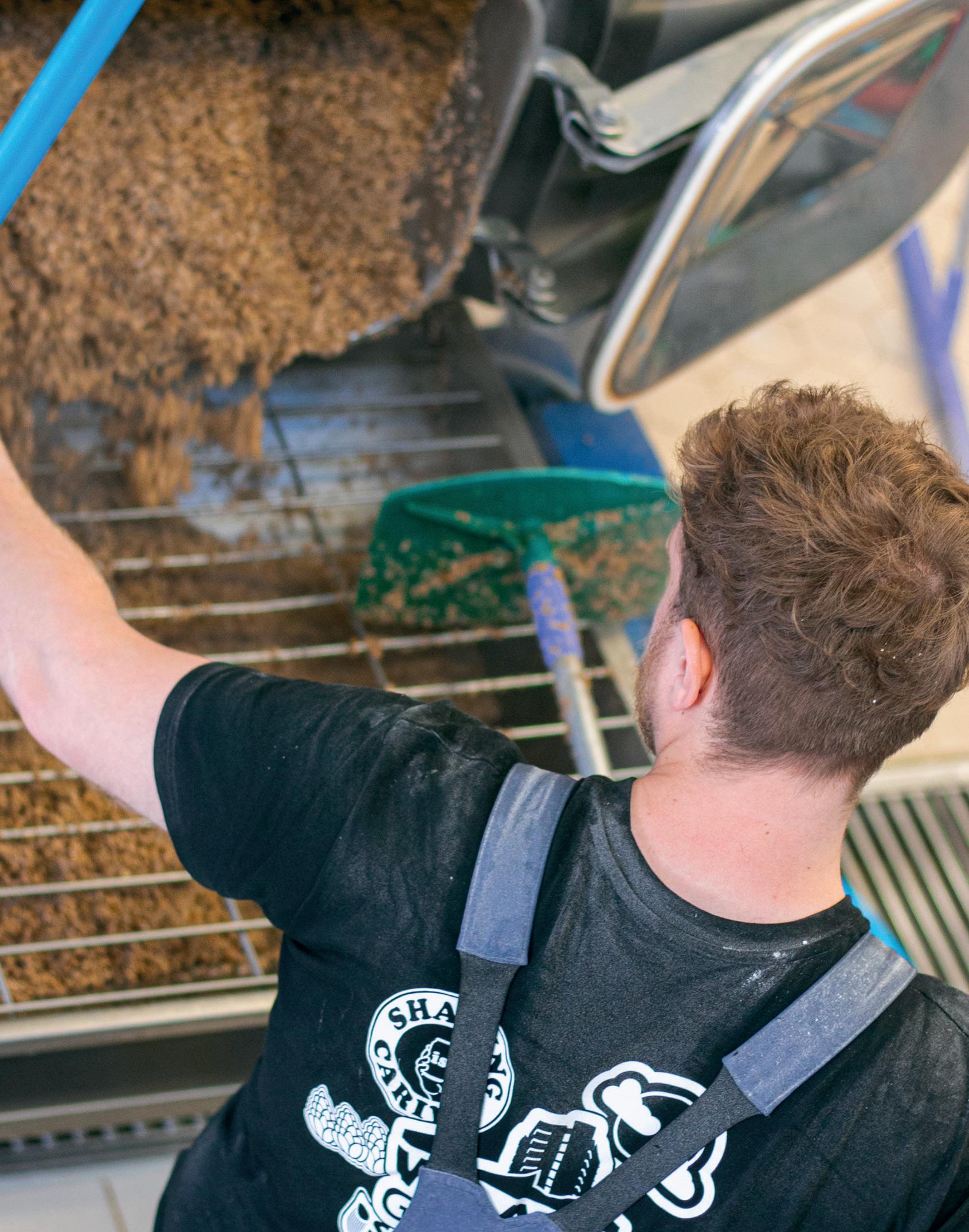
“I understood everything I have just explained about the supply chain as a result of our carbon foot-printing exercise at the brewery. And that process really started because I entered a competition to try and win a £10k grant with a sustainability idea. I basically wrote all these calculations out on the back of an envelope and I went into this competition, and said I thought I could make the world's first carbon negative beer. And they were like, ‘okay, cool. But you need to get a carbon accounting company to footprint that properly and get it accredited. So you're not going to win. But it sounds really interesting’. That was in early 2022. So I went away, and I did all that work. And I was already working with the barley growers by that point. And I had regenerative carbon sequestration data, their soil health data, which showed how much carbon was being sequestered by their agricultural processes. And that's how it came about.”
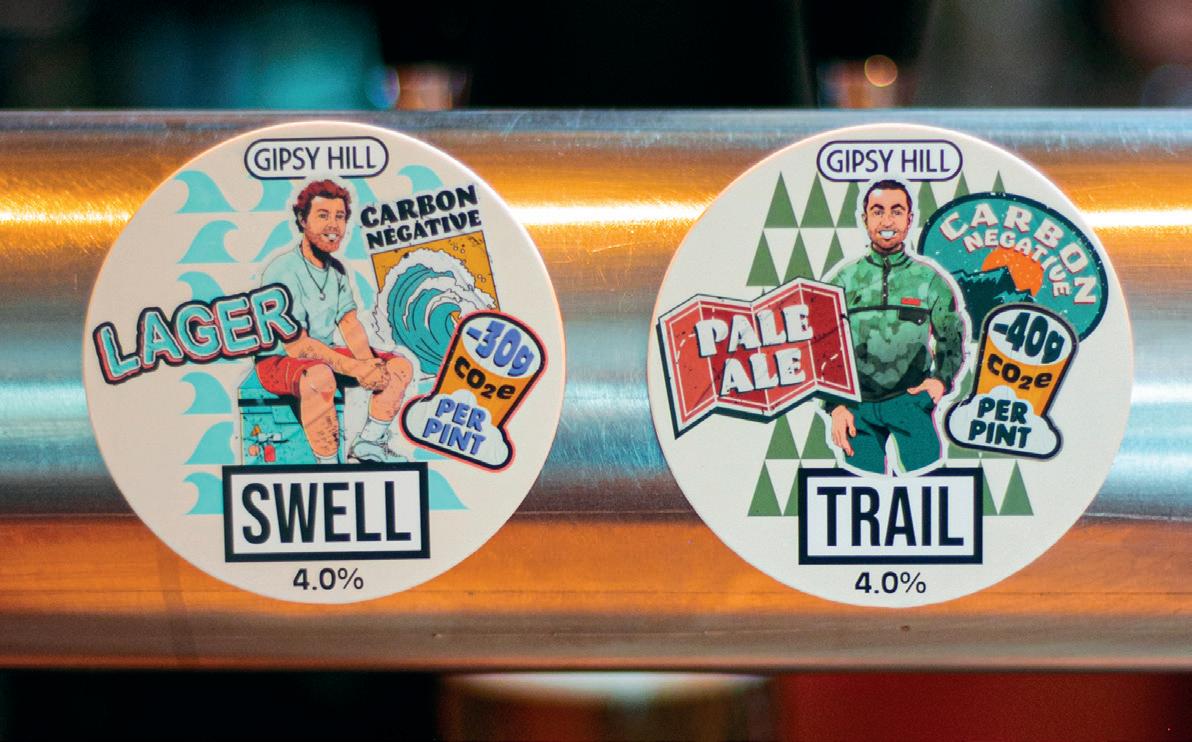
51 www.siba.co.uk | SIBA Independent Brewer | Autumn 2023 Innovation in-depth: Gipsy Hill
52
Continued on page
In order to be carbon negative, with no offsets, assuming that you have to use energy of some kind at some point in your process, whether that's using single use packaging or anything, it doesn't matter if it's recycled or not, all of it's got a carbon footprint. In order to be negative, you have to have one step of the journey that is negative. Otherwise, all you're doing is adding together a whole bunch of positives. The can is positive, the van is positive, the transfer using electricity and pumps is positive, everything is positive.
Did you have any third-party support to achieve this?
“Our carbon accounting company is called Zevero. They have done all of the accounting to make sure that this claim is valid. And I didn't choose which farmers I work with, there is a brilliant growing group called Wildfarmed who I read about, and they were doing exactly what I was looking for. So I reached out to them. They were only growing wheat at the time. And I said, ‘What you guys are doing is brilliant. Would you grow some barley for me?’ And they did. I remember going around the first fields of barley with the founder of the company. It was gorgeous to see, being grown in this regenerative way. So the first harvest was last year, and we got that malted, set up buying contracts directly with this farming group. And that's really been the key. There has been another thing that we've done, which is also a world first innovation, and I really see these two things coming together to allow this project to actually happen. That second thing if the hop re-capture.”
How exactly does that work?
“This is a fascinating one, because craft brewers all over the world are dry-hopping the living daylights out of their beer. And then putting all the sludge to the ground and remarking on how good it all smells. So we've essentially figured out a way to get the moisture content down such that the waste dry hop becomes
a dry powder that you can then use in the hot side in the whirlpool. So this has been important both because it continues to reduce the carbon footprint of the beer - it's not a negative, so it's never going to get it below zero, but it just takes away the footprint of the hops. Hops have about a five kilo of CO2 footprint per kilo of hops, for T90 Pellets. So you can take that to zero for their second use because they're a waste product, even though there's still a residual content in those hops. That means they can still flavour the beer on the hot side. So that both reduces the cost of hops, which offsets the higher cost of the more expensive barley. And it also further reduces the footprint of the beer.”
Have you had to adjust the beer recipes to take account of that?
“So far, we've just released two beers that use this hop re-capture method, and that 100% use this regenerative barley. The barley is also limited, so we don't have enough to use it exclusively for the rest of the year. And there is no more. The next harvest has happened. And we'll start using that from about January. We are trialling but ultimately our goal is to use hop re-capture and this barley across all of our products, which will turn us from having a couple of carbon negative brands into being a carbon negative brewery with no off-set.”
Why is this better than carbon off-setting?
“In assessing your full footprint this will always be better than off-setting, because it means that you've developed a sustainable way to produce your product. True sustainability is having a zero footprint, production lifecycle system. Offsetting is the next best thing. But it means you do have an unsustainable production process if you end up with a positive carbon footprint, even you then off-set to zero. The off-set world is improving, but has been murky. There are good ways to off-set, there are less good ways to off-set – off-setting science is still being developed. In many cases, it's being done right and being done well. And in plenty of cases, it's also not. But it's not really sustainable to make your beer and then pay half of your profits towards an off-setting scheme. It's not sustainable financially, as much as it isn't from a climate perspective.”
What level of investment have you made in the initiative and what are the rewards?
“It is more expensive overall. But compared to what, right? Compared to our IPA production, it’s probably cheaper. But we've made these beers 4%, pretty clean, pretty approachable. They should be able to be commercialised. So it's cheaper than an expensive beer. But it's more expensive than a high footprint version of the beer.”

52 Autumn 2023 | SIBA Independent Brewer | www.siba.co.uk Innovation in-depth: Gipsy Hill
So are you able to charge more at retail because of the green credentials?
“That's one of the great experiments really. The green premium is much discussed and debated. I don't know if there truly is one or not at commercial scale. Obviously, you can always find people who are willing to pay a green premium, and those people are brilliant. And, ultimately, they're doing an enormous service to the development of products like this because as it stands, it's all more expensive. But as we roll it out and commercialise the whole thing, we may find that we can continue to innovate and continue to bring down costs such that we are actually matching an industry standard price for a 4% pale, except with not just a half or a 10th or 100th of the footprint, but with a negative one versus a positive one.”
What main challenges did you encounter in setting up the new process and have you come across any downsides?
“R&D is always risky. That's the main challenge. We have a hero brand, Hepcat, which is our biggest SKU. We can't risk the production of that. So instead you risk the launch and the design of a whole new product that you need to market and sell and educate about. And you know that there are risks in doing things that way as well. At the same time, you don't have that much money to put
into marketing to tell the story, which means that consumer attraction is a little light, which means the sales don't necessarily pull through either. So there's risks everywhere with doing new and innovative things, especially this kind of thing.”
No one has realised that it's possible to be this sustainable. Rewind four years ago, and I didn't realise it was possible to be this sustainable in brewing
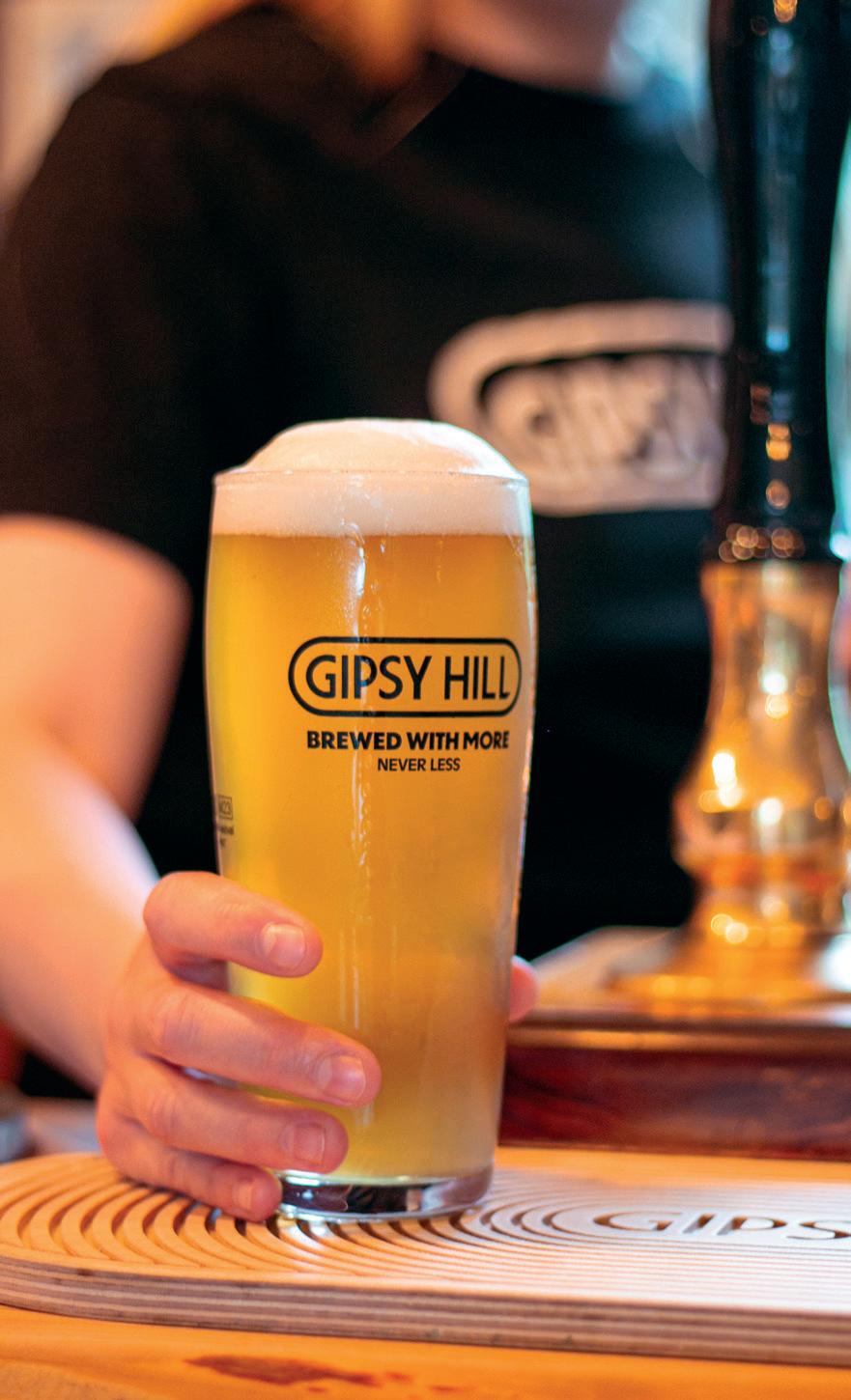
Do you think the industry’s reputation as being not very sustainable is holding people back?
“Yes, it might be in some people's heads that this is an impossible challenge. But everyone I've told this story to face-to-face, their jaws drop. No one has realised that it's possible to be this sustainable. Rewind four years ago, and I didn't realise it was possible to be this sustainable in brewing. We've made in our time 260 different beers, or more. They've all been pretty innovative and crazy. And what was happening in that whole process is just a constant evaluation and re-evaluation of the brewing process, and how it works and what matters and what's important. So you
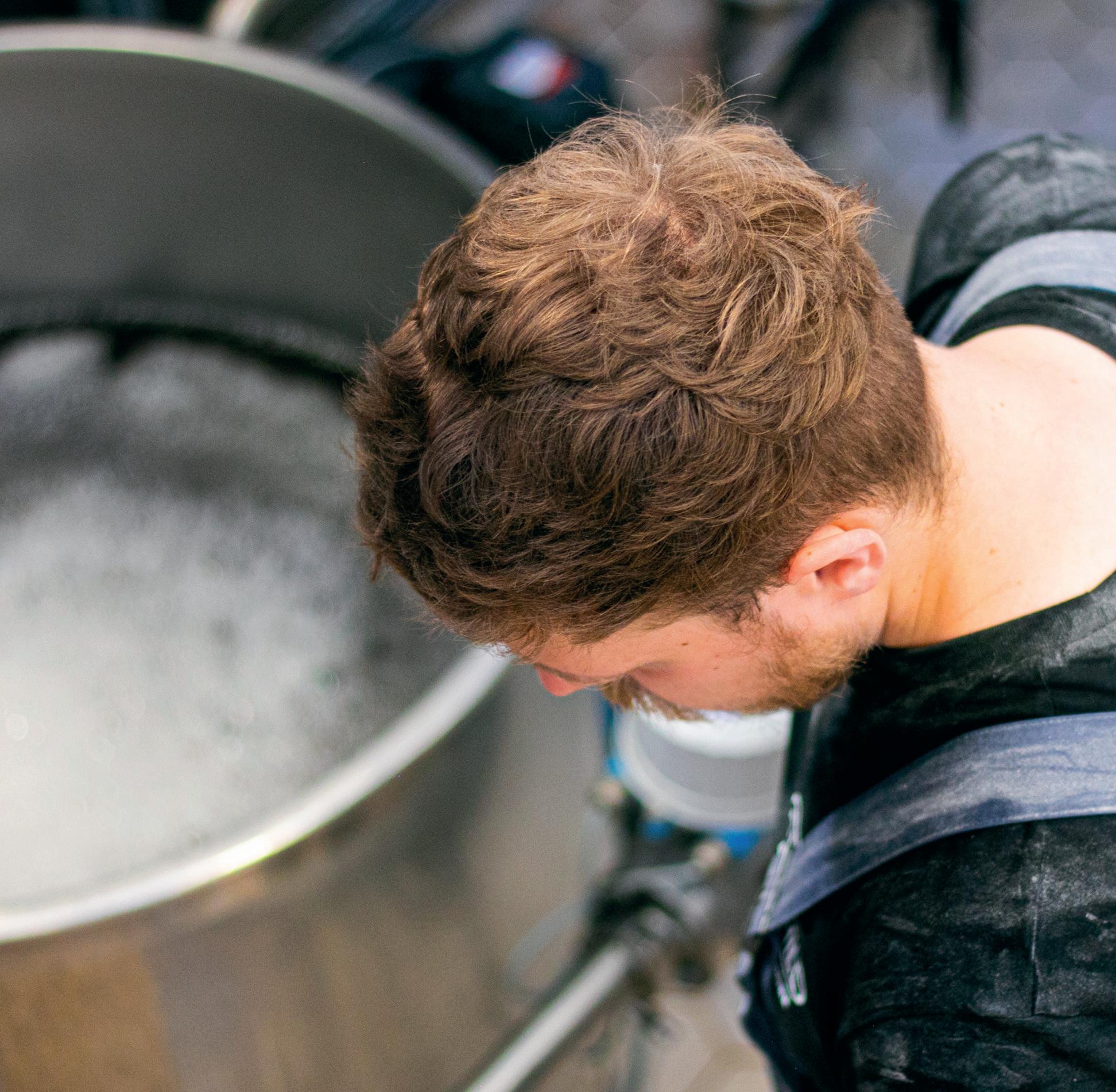
build up a knowledge of what's possible. Over that time period we have probably used 60 different types of malt, maybe more, so when someone comes along with a fairly wild, organic plus, regeneratively grown barley that’s been co-grown with rapeseed and peas, I’m like, fantastic! I guess it just teaches you a sense of open mindedness about it, that there's more to malt than germination and extraction, there's more to process than just what we did yesterday.”
It seems like the farming community is going through a parallel evolution with you?
“Wildfarmed are building an amazing community of farmers. And farming is lonely, a bit like brewing is lonely. We're all stuck in our castles, we don't get out that much. And we don't talk that much. And we just do things the way they've always been done. Farmers are very similar, and Wildfarmed is creating a community of farmers and giving them the confidence to make this leap into regenerative farming. And they're then guaranteeing that they'll buy the product that they grow, assuming they stick to the standards. It’d be lovely if people would guarantee to buy the beer that I make obviously!”
53 www.siba.co.uk | SIBA Independent Brewer | Autumn 2023 Innovation in-depth: Gipsy Hill
55
Continued on page

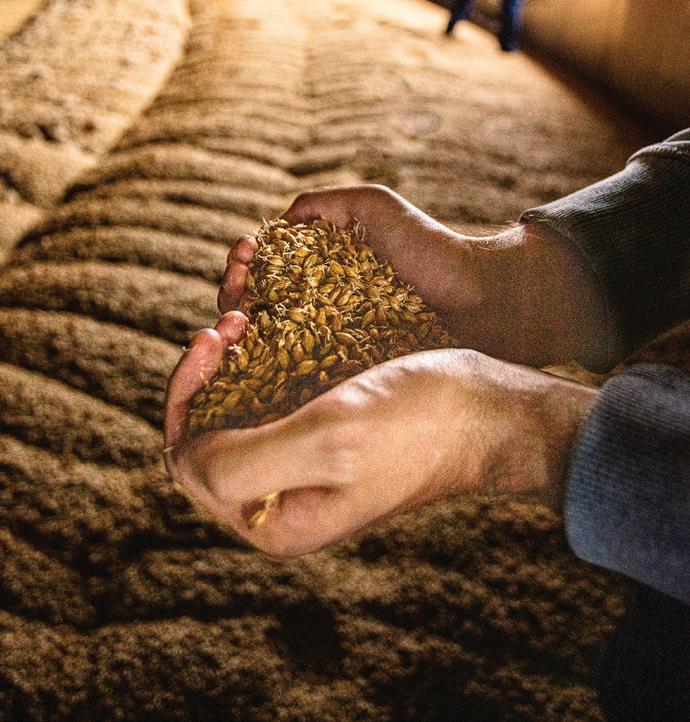
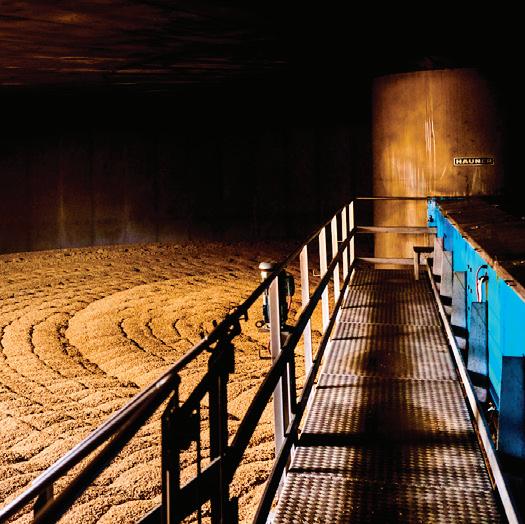
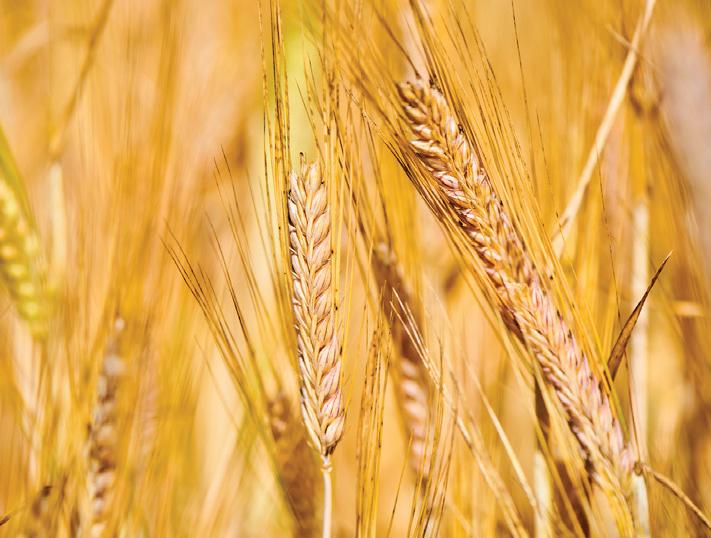

Innovation in-depth: Gipsy Hill
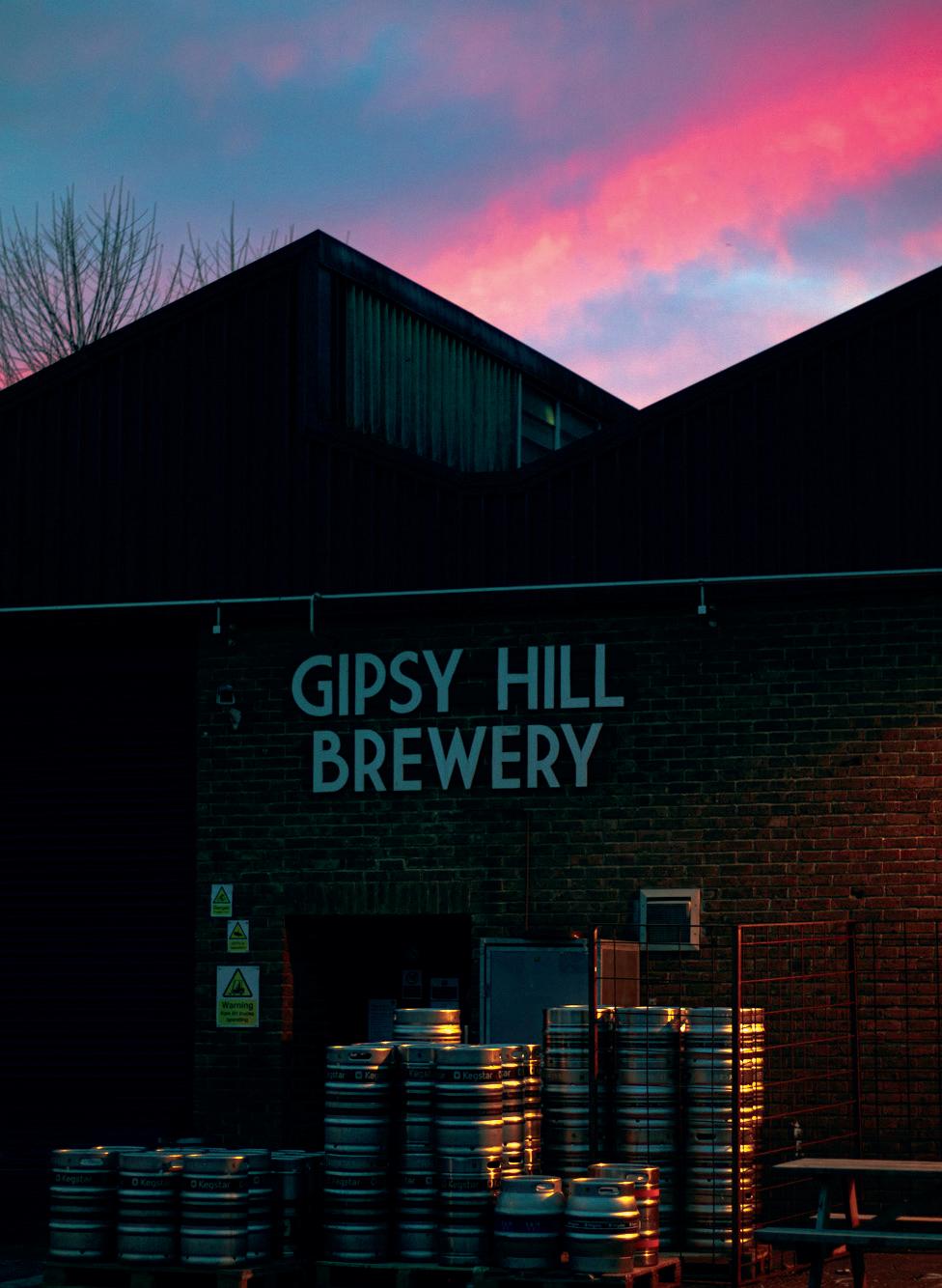
What reaction have you had from other brewers?
“We're actually about to do the world's first carbon negative tap takeover, which is a double IPA collab with Cloudwater, with a negative footprint in keg and can, an Imperial Stout collab with Amundsen from Norway, which is carbon negative in keg and can, a carbon negative West Coast IPA collab with Verdent Brewing Co, and a carbon negative Imperial fruited sour with North Brew Co. So we've got all four of those collab beers at a tap takeover where you list all four of those beers, plus our two core range beers, and it will have a negative carbon footprint of 100 kilos. So for every bar that gets that package, they will have sequestered 100 kilos of carbon. And the normal footprint for a tap takeover like that would be about positive 150 kilos of carbon. So the difference in a tap takeover footprint is a quarter of a tonne of carbon dioxide.”
What advice would you give to a small brewer looking at going carbon negative?
“The first thing anyone said when I pitched the idea was, you’ve got to get your carbon footprint done. If you're flying blind, then you're just going to listen to those around you and your suppliers. And, I don't want to be controversial, but your suppliers are just trying to sell you stuff. You know, that's natural. That's what the business is. But you need to know what your biggest footprint contributor is. And the quickest way to get from whatever your footprint is, to lowering it, is to focus on the biggest contributor. And once you've checked off the first biggest contributor, you work on the second, once you've done the second, you work on the third, and so on. The problem that a lot of people have, and I think the bad greenwashing rap that a lot of sustainability initiatives get, is that people are working on things that have absolutely no carbon footprint difference. For example, the difference in footprint between a brand new box and recycled box is small. Now, of course you use the recycled box, because it's so easy. Why wouldn't you? But that's not really a sustainability game. At this stage, you're not moving the needle. If you want to move the needle, you’ve got to focus on the biggest part of your problem. And you're only going to know that if you've got your carbon foot-printing done.”
Have your team embraced the change?
“The Brewers have been brilliant. They've gone on a journey with this just like me. They're always, I don't want to say nervous because that’s not what they are, but when the boss is pushing an agenda, you get pushed back and quite right and naturally so. But they have absolutely run with this project. I think if you'd ask any of them they'd be enormously proud of what we've done, and how we've done it. The quality of the products that are coming out the other end, they speak for themselves. So the brewing team has been brilliant, the marketing team has completely self-educated itself on the whole carbon process from a standing start about six or seven months ago - because it was really just in my head six or seven months ago. They've educated themselves and been able to communicate our story to anyone who would listen. I'm really proud of what they've done. And obviously, the sales team that are selling it. They've done great as well. Everyone is I think super proud of Gipsy Hill and what's happened here, and I couldn't have done it without any of them.”
What are your plans to roll this out further?
“The next stage is that we're raising money in Q4, as part of a crowdfund raise, the idea of that raise is that it’s a call to action to help us become the world's first carbon negative brewery with no off-sets. So with the money we raise from that, we're going to be able to invest in some capex, which is going to help with CO2 re-capture, electrified steam boiling, that kind of thing. We need a solar panel array to so that we can fund electrified boiling, because electricity is so much more expensive. So we need real capex to be able to lower our footprint further, and then we need cash to market and tell our story and get ready for scale, but also fund the R&D to roll out these innovations across our whole product range.”
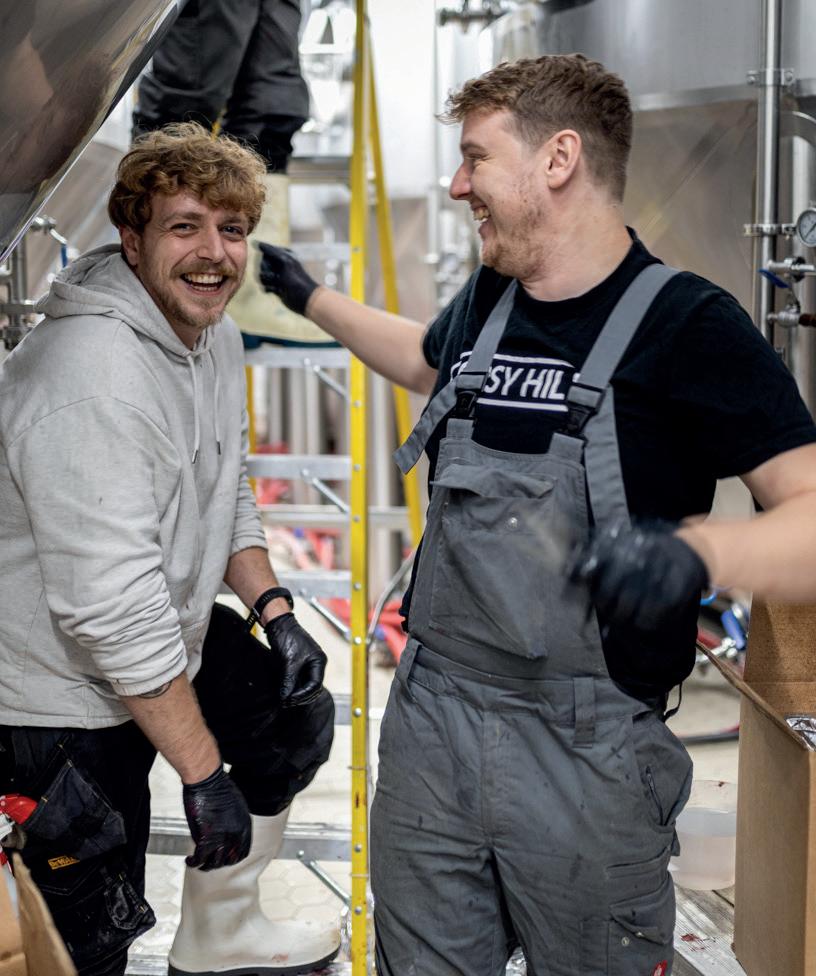
55 www.siba.co.uk | SIBA Independent Brewer | Autumn 2023
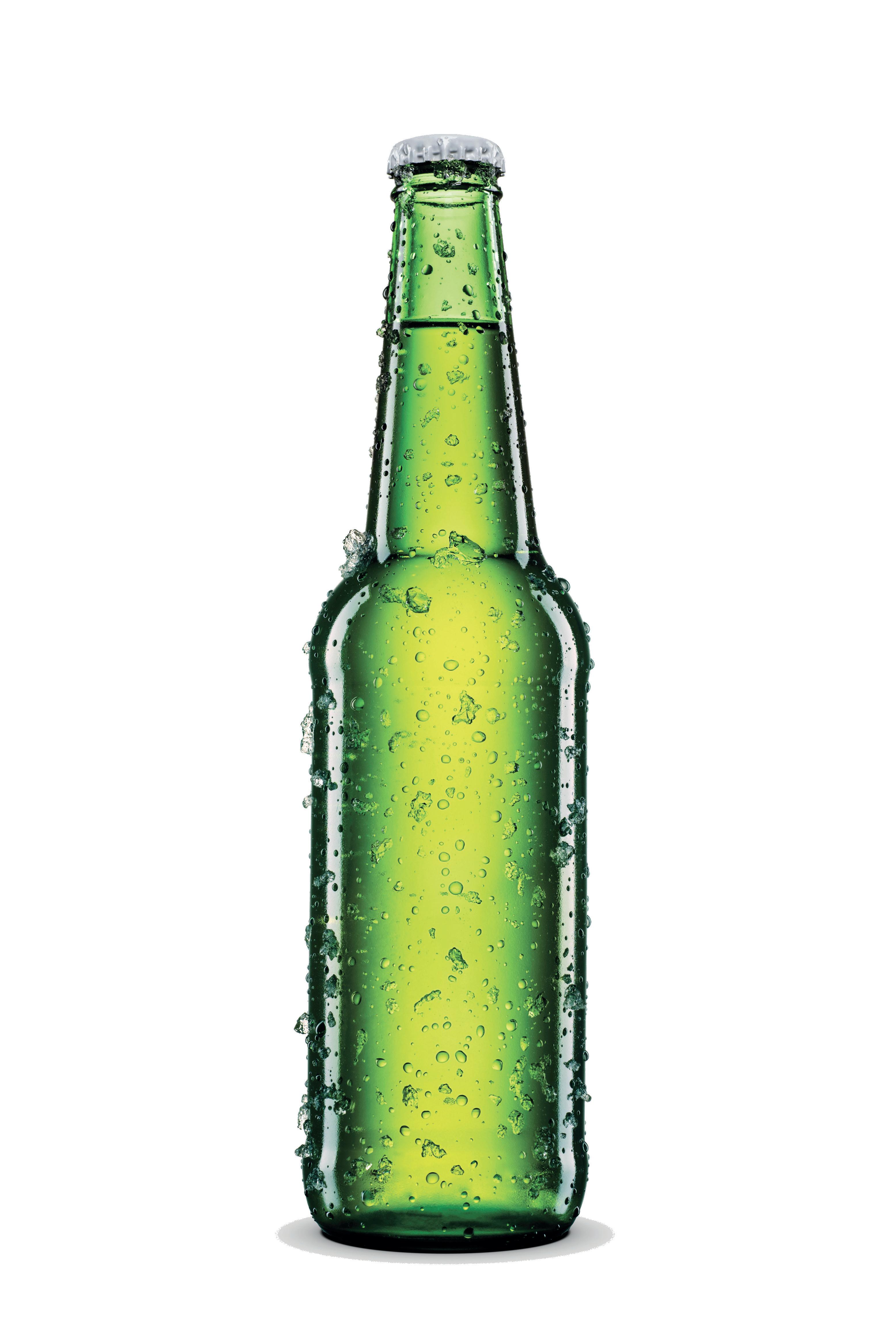
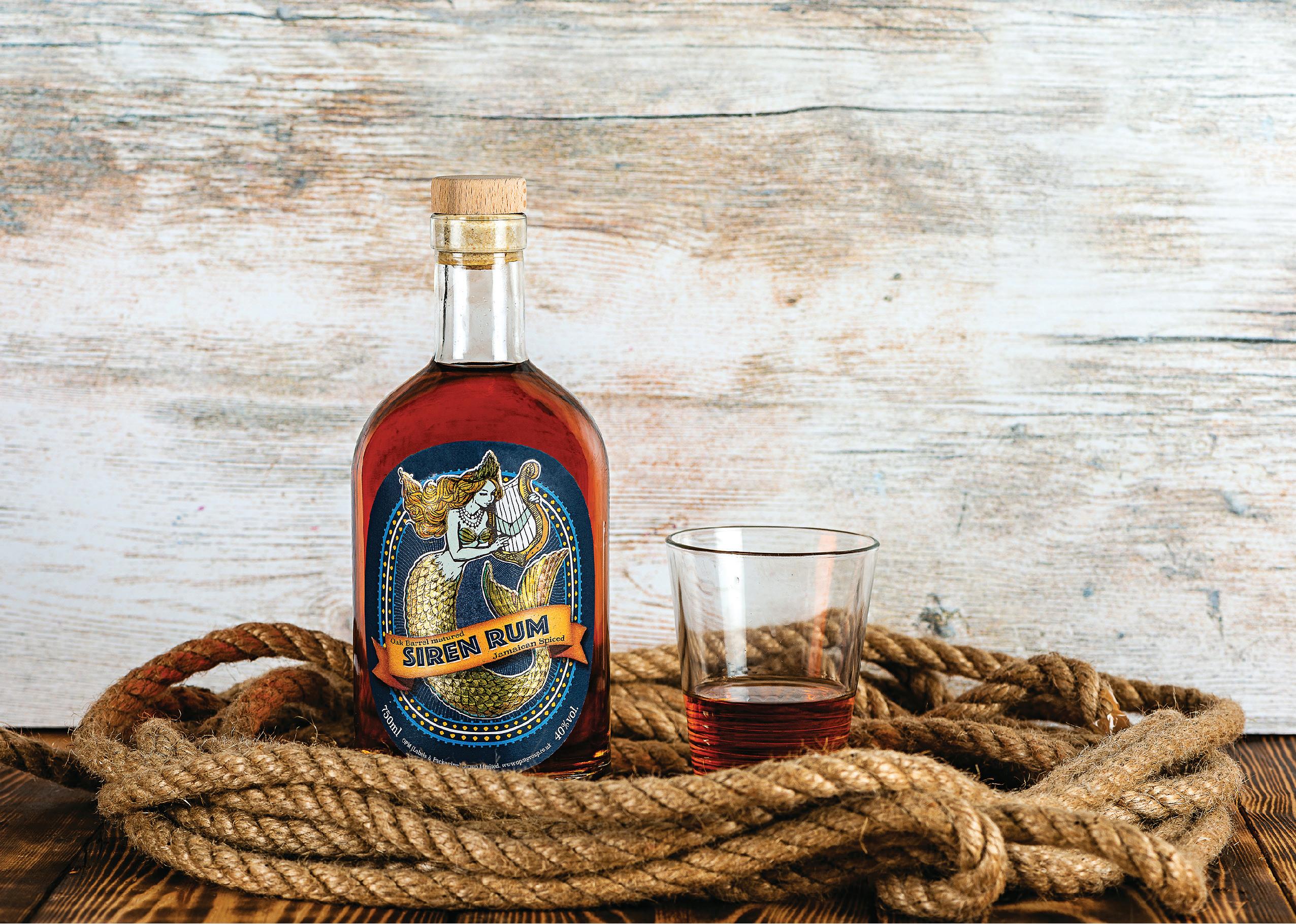

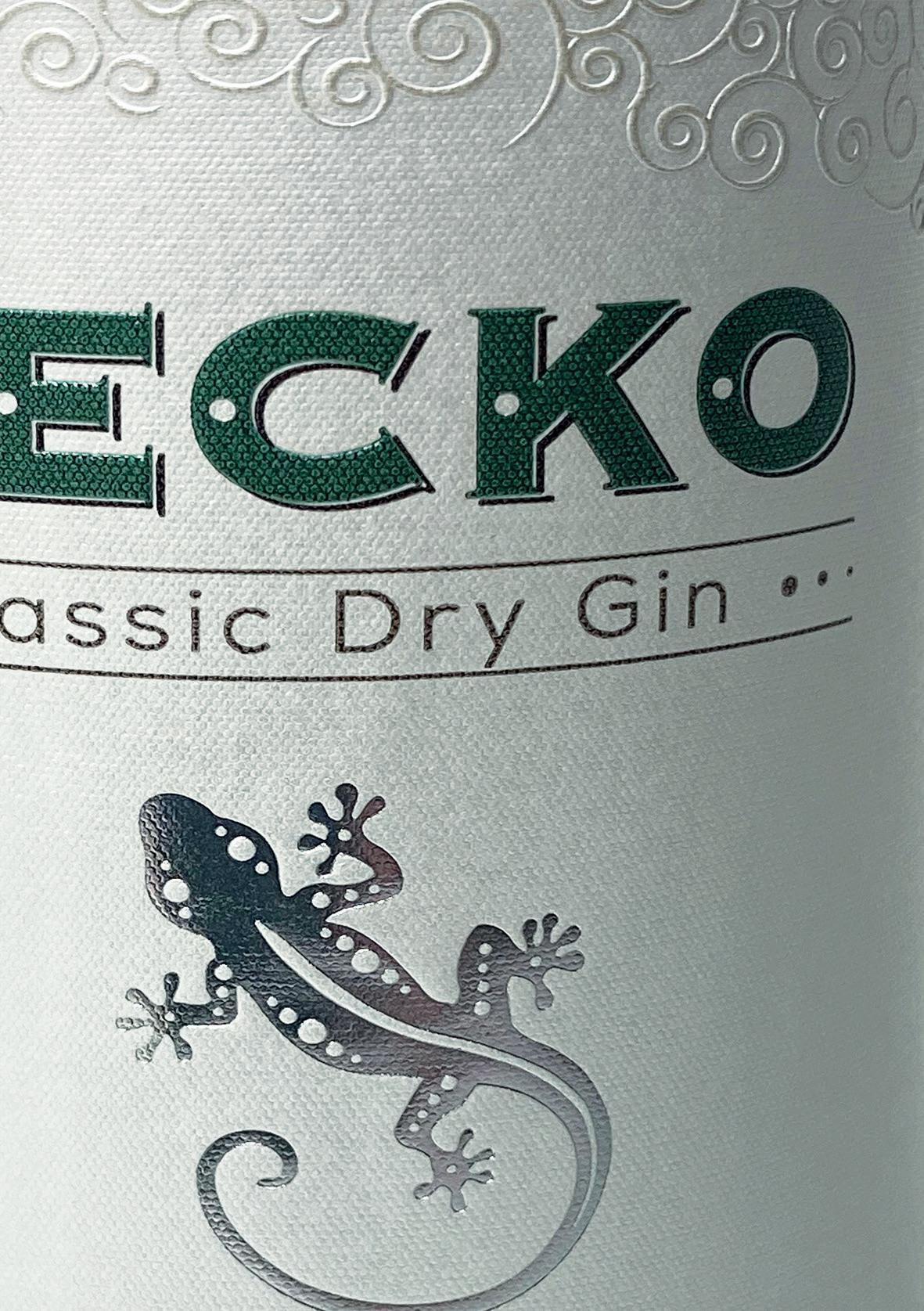
When smoke and fire meets American craft beer and food
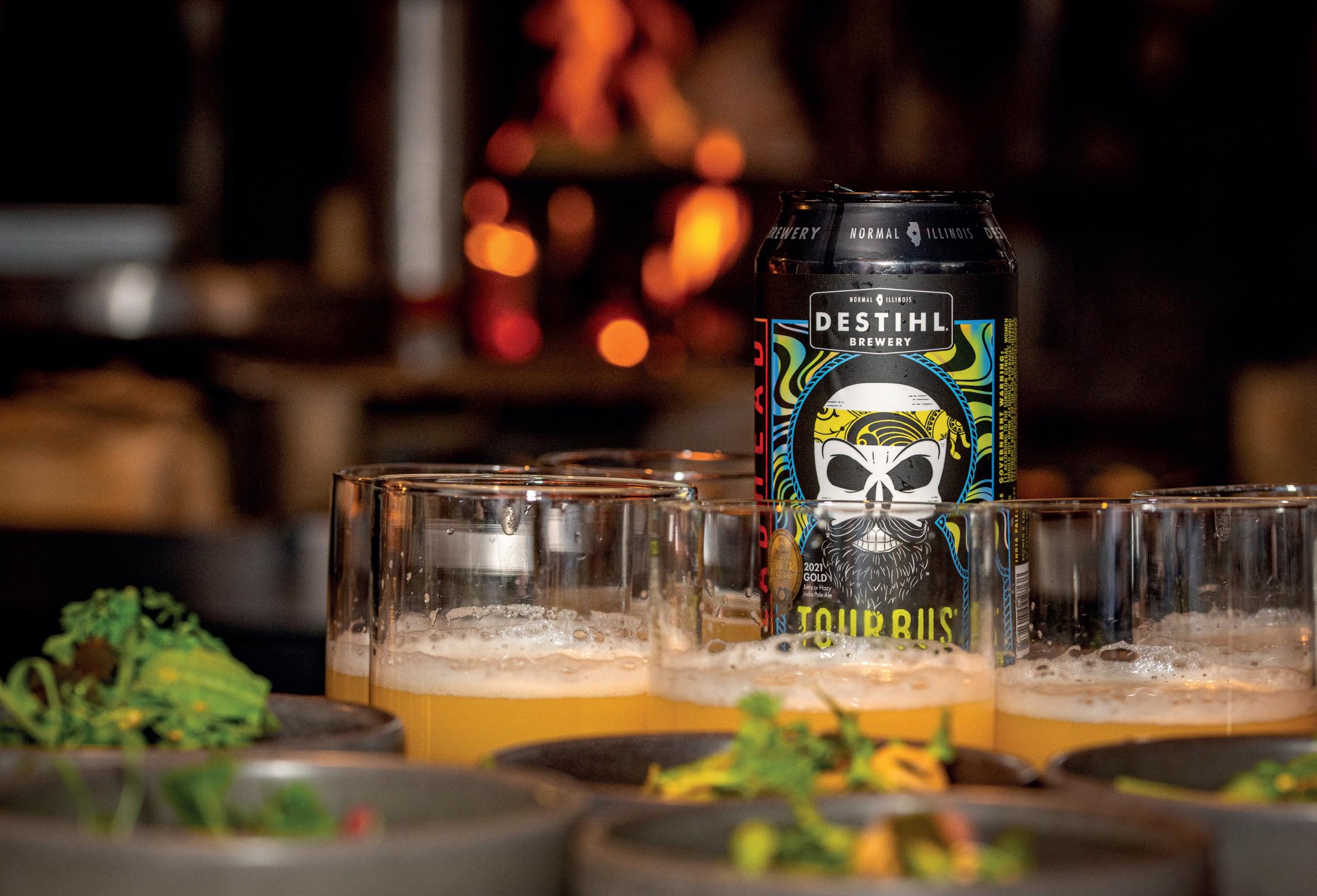
Lotte Peplow, Brewers Association
American craft beer Ambassador for Europe, reports on the growing trend for pairing food cooked over wood with craft beer, and how the smokey notes in both make it a combination made in heaven…



Beer and food is a winning combination – who hasn’t savoured a pint of well-conditioned cask ale with a pie and chips or relished a crisp, cold lager alongside a spicy curry? Over in the States, American craft brewers are elevating this synergy to unprecedented heights by exploring the interplay between food cooked over wood, fire, and smoke in conjunction with beer. Much like how hops influence the character of beer, the choice of wood and its application in cooking plays a comparable role in culinary artistry. Wood ignites within the temperature range of 260-370 Celsius, and as it ascends to between 370-540 Celsius, the magic of cooking unfolds. When gases from wood escape without burning, smoke is formed, but if a fire is too hot or the smoke too assertive, it can impart bitter flavours. Just as a brewer carefully selects and adds various hop varieties at distinct stages in the brewing process, the wood imparts diverse flavour notes to food, contingent upon factors like time, temperature, ignition point, and the nature of the smoke. Imagine a gentle, delicate touch of smoke akin to the subtle hop notes found in a Kolsch, or picture the robust impact of oak, resonating like the boldness of an IPA, and then consider the roasted, charred notes reminiscent of a stout or porter.
Grilling food over flame brings out the Maillard reaction, a complex series of chemical reactions between amino acids and reducing sugars that
produce a sweet, caramelly, seared flavour as found on the char of a roasted or grilled duck breast, steak or burger. Roasted malts found in porters and stouts undergo the same chemical reaction and thus pair well with these types of food. The Maillard reaction creates unique flavours in both beer and food - put the two together and the flavour profile is greatly enhanced. Grilling over wood-smoked flame will heighten the depth of flavour and different woods – such as ash, birch, oak, cedar, maple, hickory or juniper will impart subtle flavour differences to each dish. Beer has a wider flavour spectrum than almost any other beverage and the different ingredients, flavours and mouthfeel of beer makes it the perfect partner for foods with a high fat content and strong flavours.
The Brewers Association, the not-forprofit trade association representing small and independent American craft brewers, recently demonstrated the interplay between smoke, fire, beer and food at new London restaurant, Humo in a bid to broaden the awareness of beer as a quintessential companion to fine dining.
Adam Dulye, Brewers Association, Executive Chef and world-renowned beer pairing expert says: “Exploring the idea of how wood, fire and smoke impact pairings and flavour is the next step in beer-food pairing. All too often we talk simply about an ingredient when the cooking methods, especially the selections of wood available, are as important as the beer you chose to serve with the course.”
The event unfolded with seven exquisite courses of smoke-infused delicacies matched with seven
equally amazing American craft beers chosen to harmonise with the flavours in the food. American craft brewers are renowned the world over for their skill, expertise and creativity in crafting highly innovative, experimental and world-class quality beers and this was a golden opportunity to showcase their talents. The menu and pairings were devised by the Humo chefs and Adam Dulye and comprised;
Trout lightly smoked over juniper branches with three-month aged caviar smoked over HP18 oak and Rausu Konbu (a type of Japanese dashi or stock) + The Bold Mariner Digital Goodbye pilsner. A crisp, light accompaniment to the subtle smoky notes of the fish
Continued on page 59
57 www.siba.co.uk | SIBA Independent Brewer | Autumn 2023 Trend report: Beer & Fire
Check out Festival Glass – your branded glassware par tner

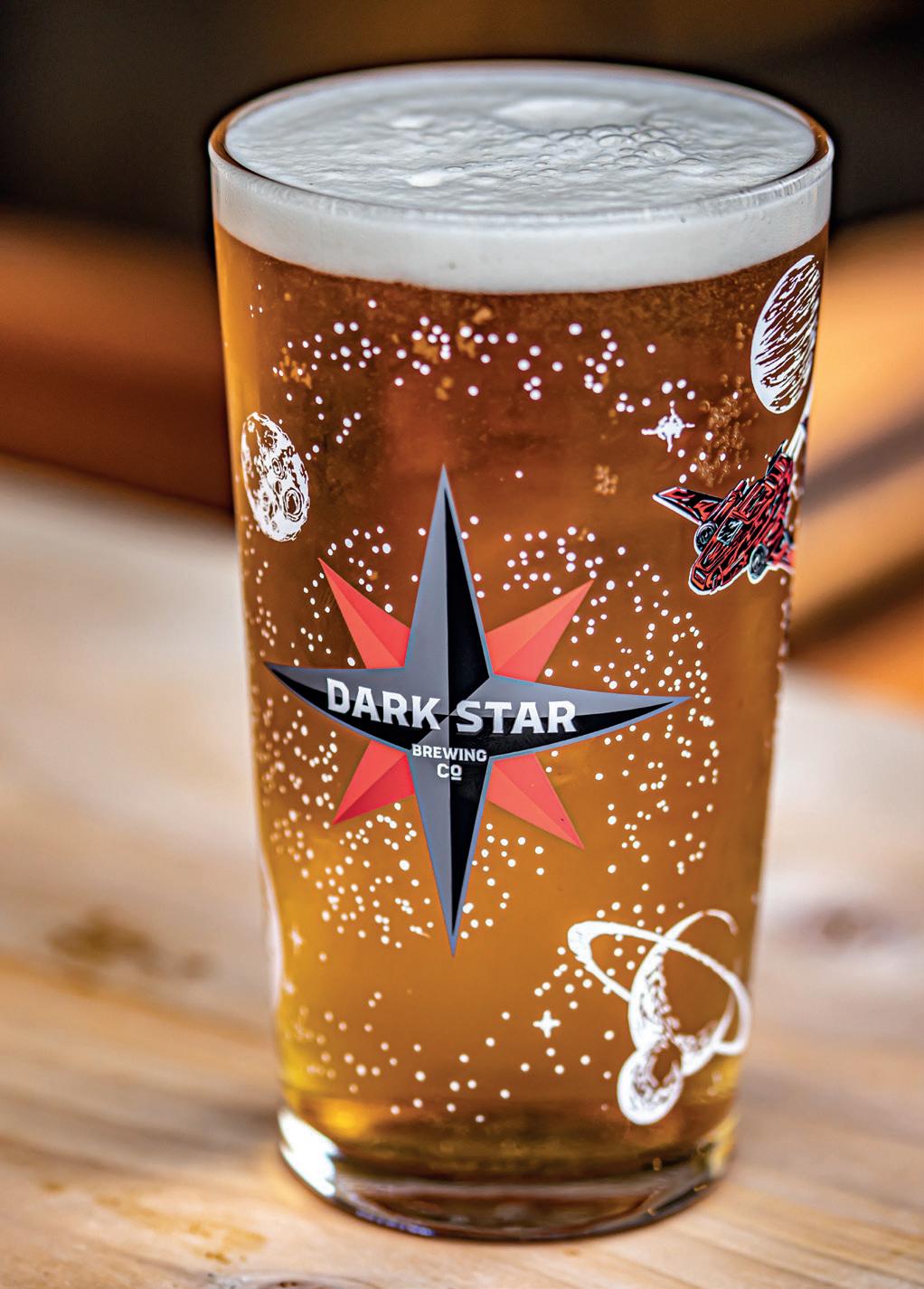
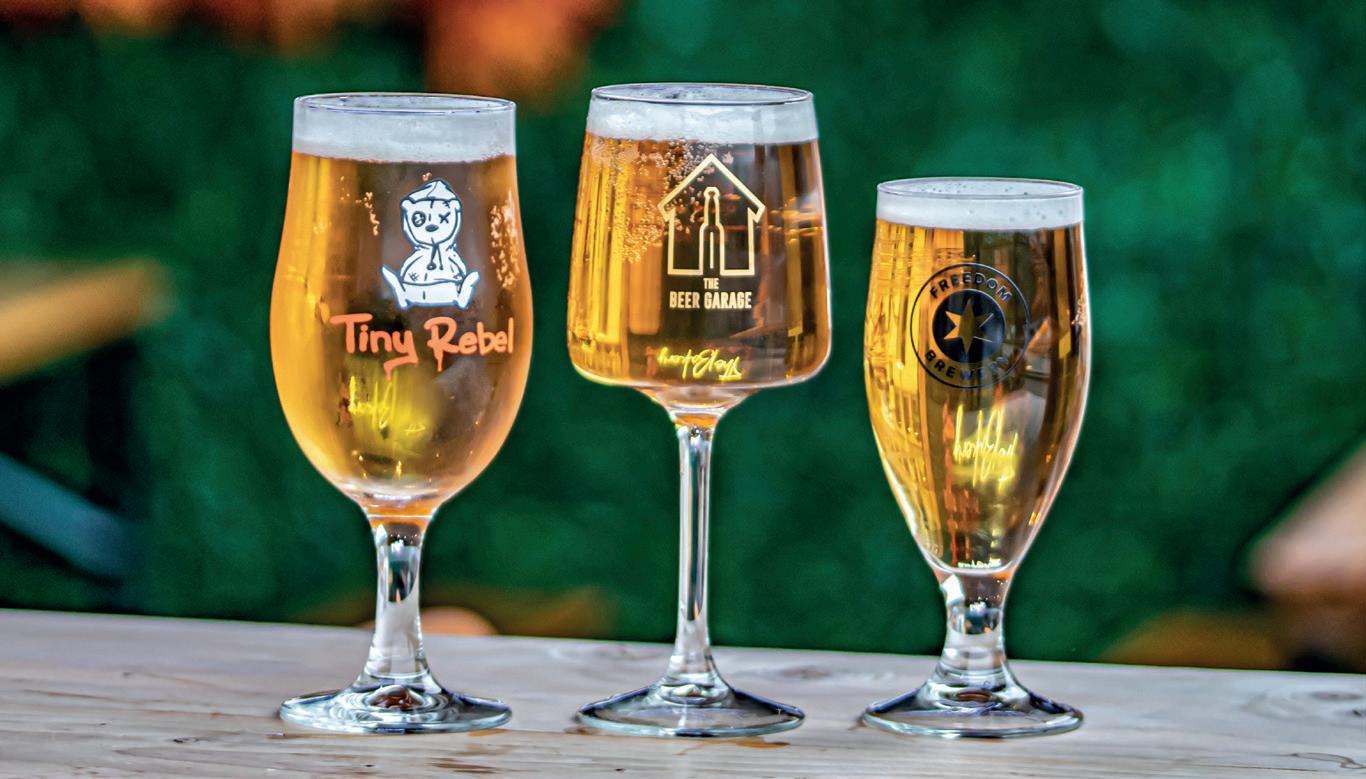
Festival Glass are the UK’s leading independent glassware decorator – supplying drinks brands since 2002 with a comprehensive glassware range to suit all budgets and requirements from stock.
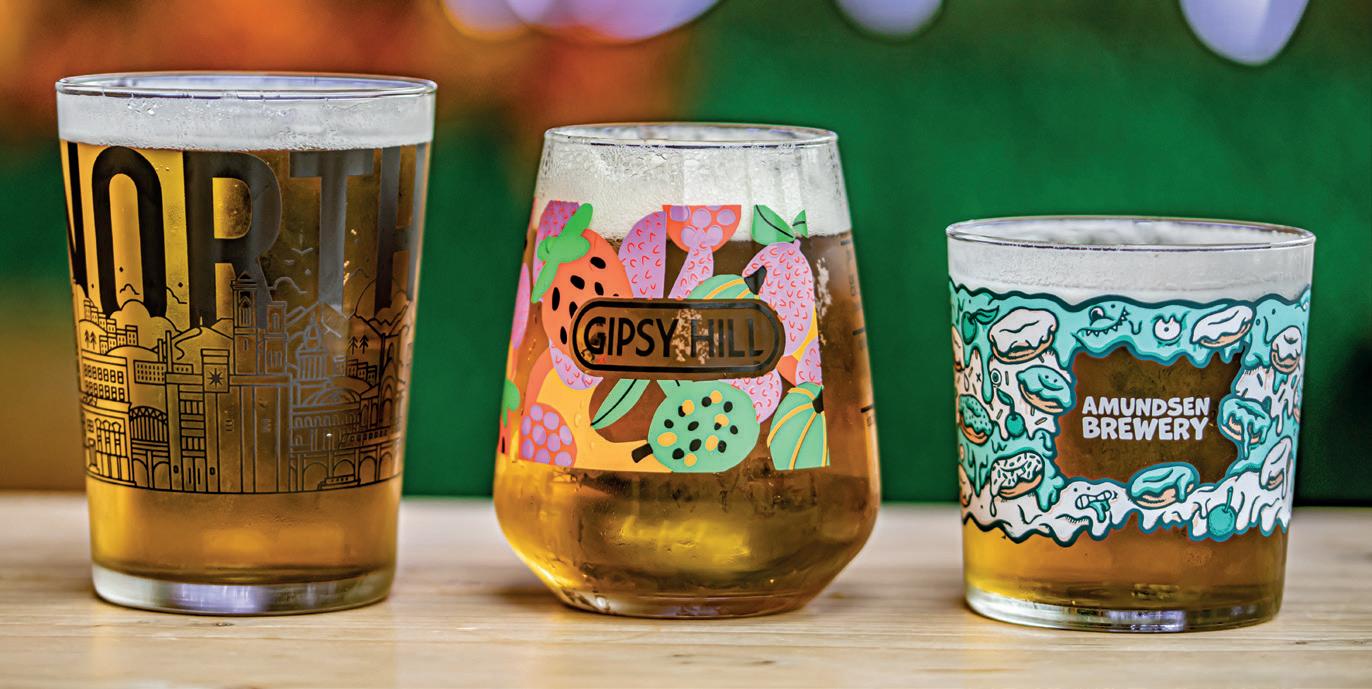
Fully toughened and untoughened glassware options
MOQ from 576 pieces for single colour decoration
MOQ from 1200 pieces for 2-5 colours
, UV state-of-the-art decorating process for bright ultraviolet colours

Generic nucleation or bespoke for better head retention
In-house CAUK marking and line options as standard
W h e re c r a f t b rewi n g pa s s i o n me e t s gl a s s w a re i nn ov a t i o n
C L A I M Y O U R F R E E N O - O B L I G ATIO N Q U O T E
01422 382 696 www.festivalglass.co.uk sales@festivalglass.co.uk
Kombu-Gin-Me sea bream, dry-aged for nine days with fermented datterino (tomato) and 25 year old Balsamic vinegar + Coronado Weekend Vibes IPA. Bursting with tropical fruit notes and resinous dankness, this hazy IPA was the perfect partner for the fermented flavours of the dish
Garden Salad of smoked Agria potatoes, mizuno (miso), edamame beans and East Sussex sansho pepper + Destihl Tourbus Deadhead Hazy IPA. A wonderful smoky aroma and taste from the potatoes captured the essence of this lush tropical, citrus-hop hazy IPA
Yellow tail with a citrus sauce and Castillo coffee + DC Brau Penn Quarter Porter. The fish was dry-aged for nine days and smoked over hay. Bitter coffee notes in the sauce were enhanced by similar notes in the beer, along with a hint of dark chocolate. The acidity from the limebased sauce was counter-balanced by the malty sweetness of the porter
Kagoshima A4 black cattle sirloin with sudachi dashi + Heavy Riff Velvet Underbrown. A smooth and creamy brown ale merged with the show-stopping, meaty flavours of the beef in winning combination
Cauliflower baked under ash with Rokko
Miso and Nori + Virginia Beer Co Wee Heavy Waypost. Aged in Single Malt whisky barrels with notes of caramel and subtle smoke, this Scotch Ale harmonised with the smoky flavours of the vegetable to produce a ‘wow’ factor
Amalfi Lemon tart, almond base, oak ‘burnt’ meringue + 903 Brewers Polynesian Whip Cream Ale. Pineapple and vanilla ice cream flavours of the beer were a marriage made in heaven with this divine lemon tart
Vegetarians were catered for with an equally eclectic and exotic range of predominantly vegetable based dishes paired with American craft beer.
Many of the American craft beers featured above are award-winners from highly prestigious international beer competitions and it’s easy to see why. The quality shines through and the bold, hop-forward, ever-changing flavours are testimony to American craft brewers’ collective expertise. American craft beer pioneered the global craft beer movement some forty years ago and continues to push the boundaries of flavour and creativity to this day. The UK is an important trading partner for the USA and the second largest for US craft beer exports behind Canada accounting for 7.3% of all global craft beer exports in 2022.
Neil Walker, head of communications at SIBA, attended the lunch and commented: “I was blown-away by some of the best culinary and brewing experimentation I’ve ever tasted. Every mouthful was a match made in heaven and each pairing was like an art form. Congratulations to both brewers and chefs for a unique gastronomic journey of discovery.”
There are three main interactions with beer and food pairings – complementing, contrasting and cutting. For a dish to be complementary flavours should harmonise between the ingredients and the craft beer eg. meat balls with a brown ale or the light acidity of a witbier with a salad and vinaigrette dressing. Roasting or grilling will complement the malts used in the beer and bring out the Maillard reaction. Contrasting is the most challenging interaction on the palate and works best when the dominant flavour of the dish contrasts against the main flavour profile of the beer eg. sweet v sour or bitter v sweet. A classic example is the tropical flavour notes of an American IPA with an intensely, hot pepper spiced dish or curry.
Craft beer cuts through the fat of rich, succulent and creamy foods to cleanse the palate after every mouthful and leave it feeling refreshed, clean and ready for the next bite. The bitter
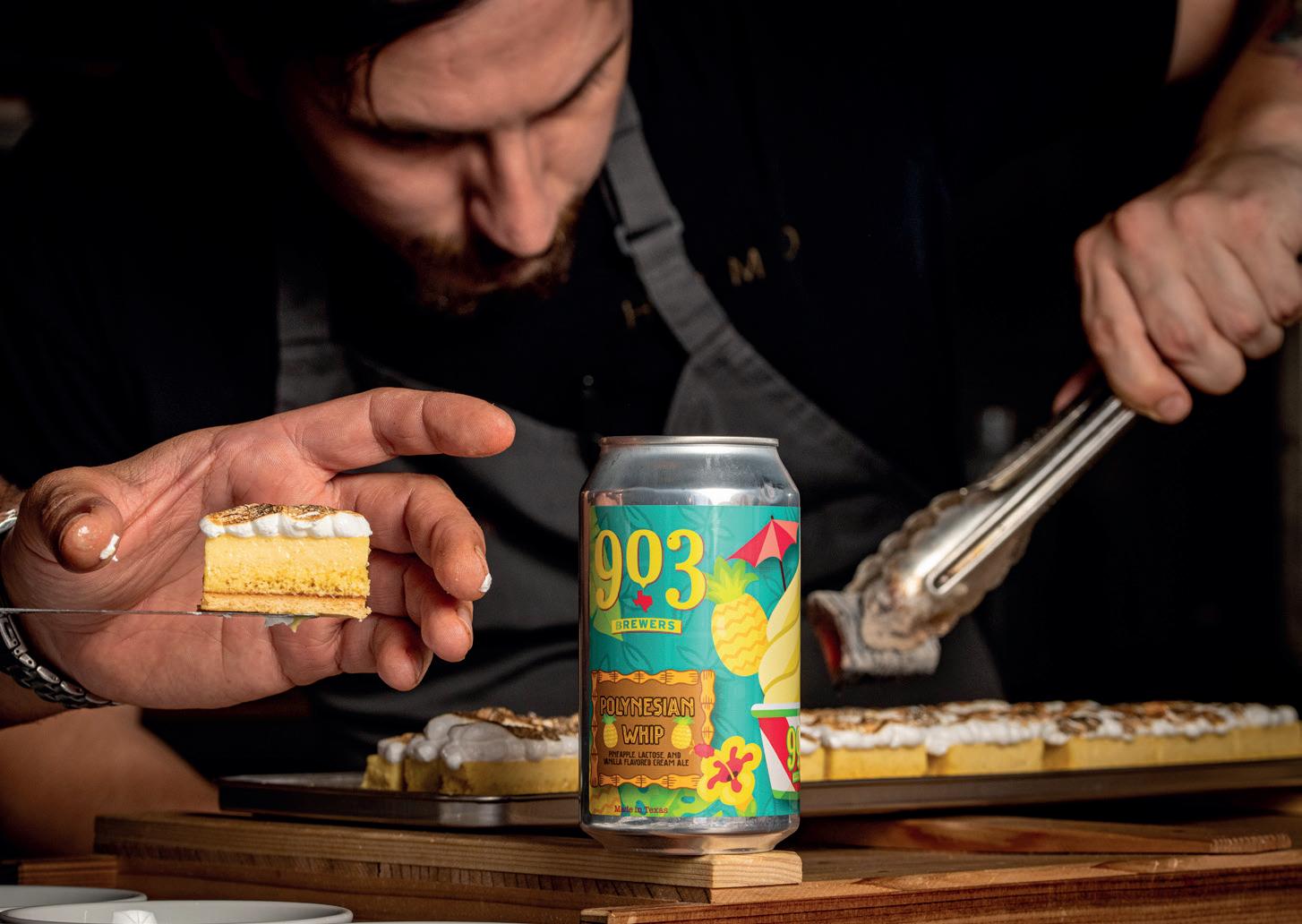
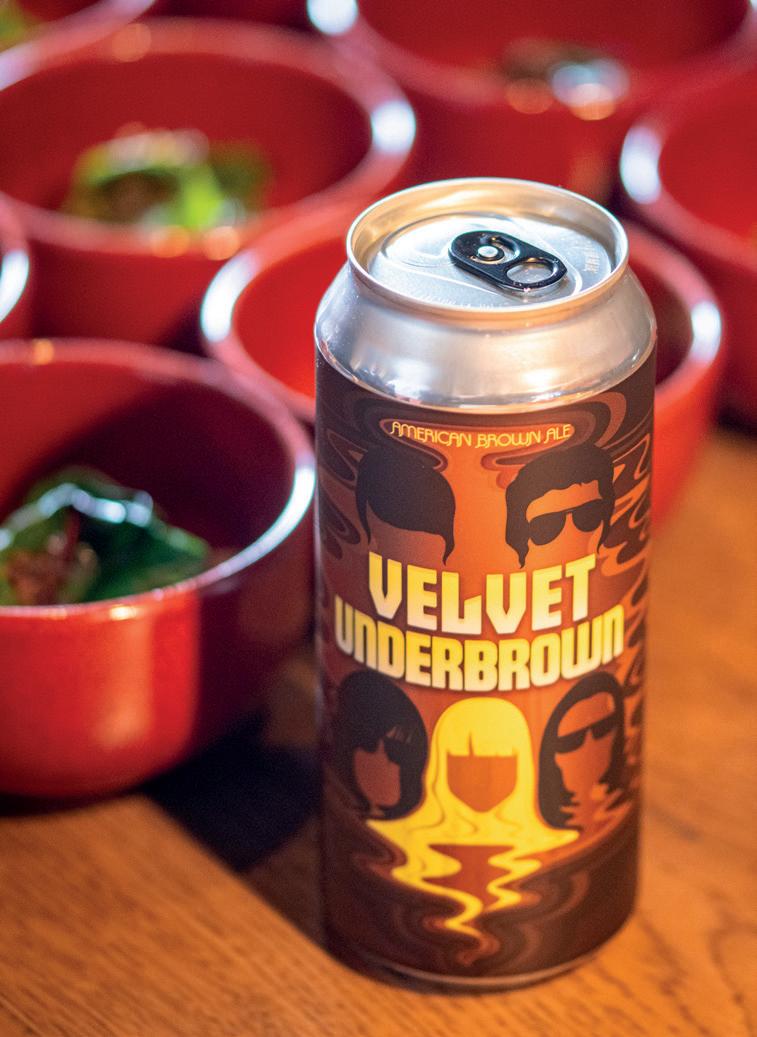
strength and astringency of hops lifts fat from the palate and a sweet finish cuts away acidic flavours, leaving a pleasant sensation in the mouth. Sour and tart flavours can cut away sugary and fruity notes and the scrubbing effect of carbonation diffuses the richness of the food.
According to Nielsen research, in America 88% of craft beer drinkers enjoy beer with their meal at least sometimes and 63% of people select the beer they are going to drink based on their choice of meal. Beer with food is a growing trend, nearly half of all craft beer drinkers say they drink craft beer with food now more than a couple of years ago.
American craft beer can take food to places it’s never been before and is available through national wholesalers or on line from Athletic Brewing, or Sierra Nevada Shop UK Brewers are invited to make use of the free resources available on www.brewersassociation.org or www.craftbeer.com Brewers are also invited to register for the World Beer Cup 2024, the biggest and most prestigious beer competition in the world. Registration opens in November 2023. More details on www.worldbeercup.org
Lotte Peplow is the American Craft Beer Ambassador for Europe for the Brewers Association and is based in London, UK. She is a Certified Cicerone®, BDI accredited Beer Sommelier, beer writer, author, beer communicator, international beer judge, homebrewer and beer lover.
The Brewers Association publishes a wealth of resources downloadable free of charge from www.brewersassociation.org
All images: Nic Crilly-Hargrave
59 www.siba.co.uk | SIBA Independent Brewer | Autumn 2023 Trend report: Beer & Fire
Lager solutions
50% S. eubayanus
(50-59°F)
(50-77°F) AROMA
Slightly fruity, neutral
LAGER CLASSIFICATION Group III
75% S. cerevisiae
25% S. eubayanus ATTENUATION 78-84%
(50-68°F) AROMA



Clean, low to medium ester, no sulfur
Lallemand o ers a few di erent yeasts for making lager beers. Compare strains from the portfolio and choose the avors and fermentation variables best suited for your goals.
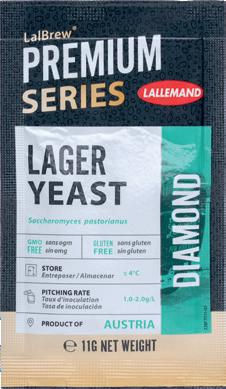
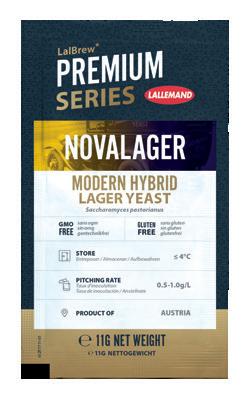
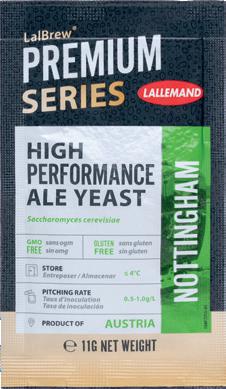
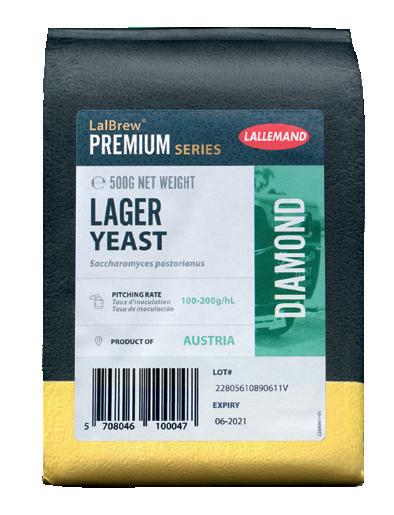
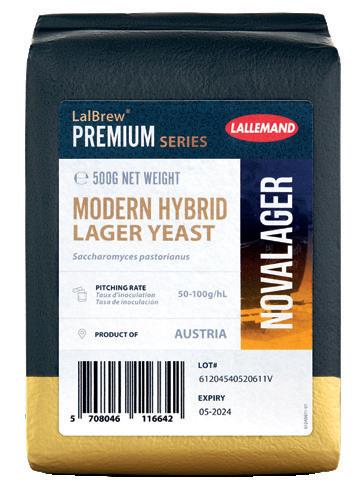
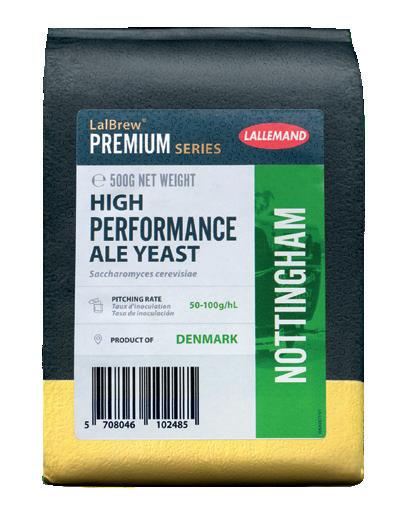
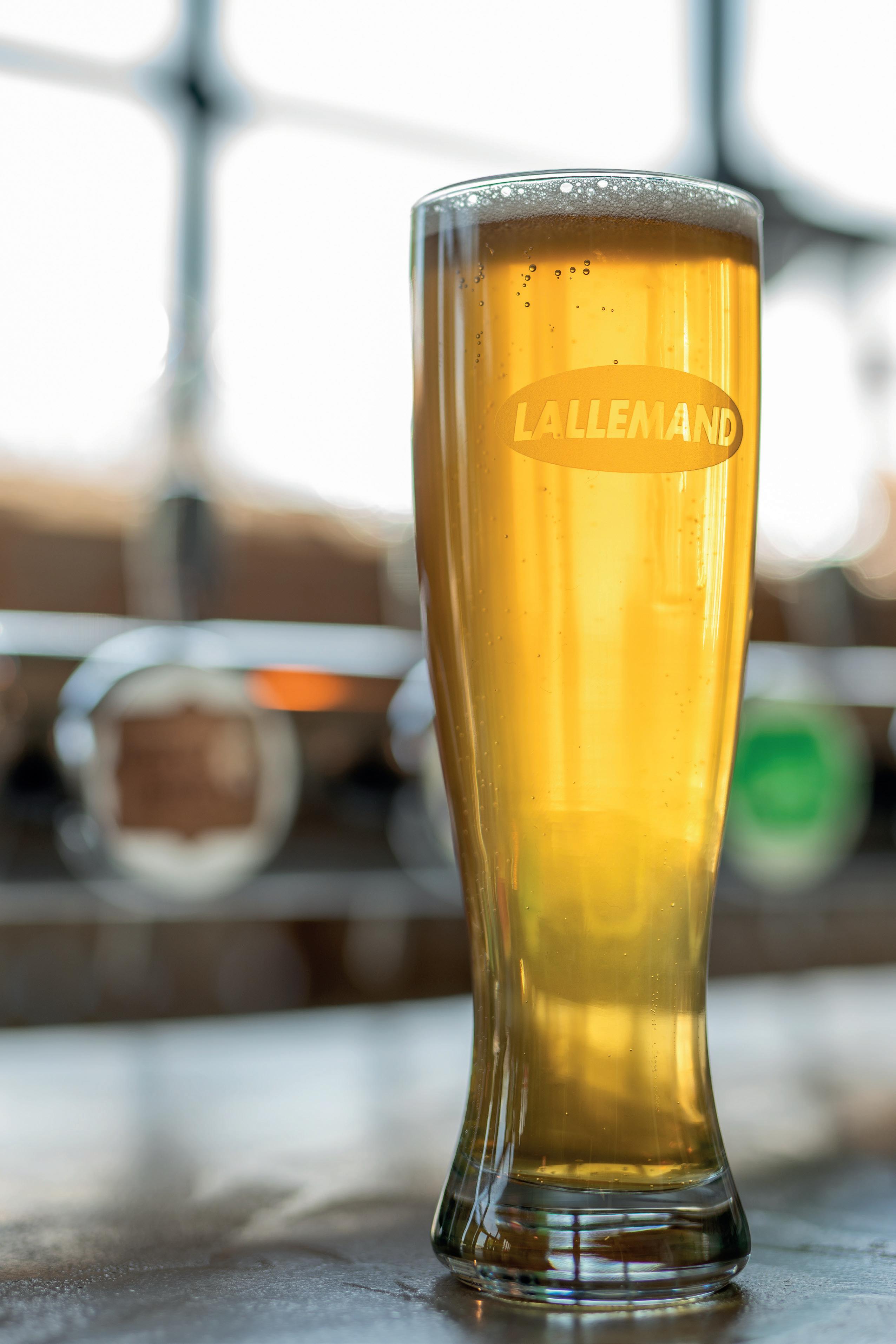
SCAN
TO DOWNLOAD
our full lager solutions best practice
www.lallemandbrewing.com | brewing@lallemand.com
LAGER CLASSIFICATION Group II (Frohberg) HYBRID GENOMIC COMPOSITION 50% S. cerevisiae
ATTENUATION 77-83% TEMPERATURE
10-15°C
AROMA
LAGER CLASSIFICATION Pseudo-lager HYBRID GENOMIC COMPOSITION 100%
ATTENUATION 78-84% TEMPERATURE
10-25°C
RANGE
Neutral
S. cerevisiae
RANGE
HYBRID GENOMIC COMPOSITION
TEMPERATURE RANGE
10-20°C
GREEN APPLE ACID ALCOHOLIC NEUTRAL GREEN APPLE ACID ALCOHOLIC NEUTRAL RED APPLE TROPICAL FRUIT ACID ALCOHOLIC NEUTRAL RED APPLE
The cost-of-living crisis has severely impacted retail and hospitality and there is a growing fear that the back end of 2023 and 2024 could see a wave of company collapses, no more so than in the brewery sector.

Some of the more recent casualties are the Somerset-based craft brewery company, Wild Beer Co, which entered into administration at the end of 2022, Dig Brew Co in Birmingham, Bad Seed Brewery in Malton, Totally Brewed in Nottinghamshire and Southampton’s Unity Brewing.
If you are a director of a brewery which is in financial difficulty, there are a number of issues which you are likely to be considering –no doubt at the top of this list is how to keep the lights on and continue trading. However, significant care should also be given to the legal implications of your decision making as soldiering on may leave more than a sour taste in your mouth.
Directors Duties
As a director you are in charge of the management of the company’s business and responsible for ensuring that decisions are made in line with your statutory duties pursuant to the Companies Act 2006.
One of the fundamental statutory duties you owe is to promote the success of the company for the benefit of its shareholders. However, this duty shifts when a company is struggling, such that decisions may need to be made for the benefit of the company’s creditors as a whole instead.
The point at which you should have regard to creditors’ interests is:
1. when you know or ought to know that the company is insolvent or bordering on insolvency; or
2. an insolvent liquidation or administration is probable.
It is not always easy to determine when the creditors’ duty is triggered but the general rule of thumb is that the greater the financial difficulties of the company, the more weight should be given to the creditors’ interests. Therefore, it is easiest to picture this as a sliding scale whereby a solvent business should be run for the benefit of the shareholders, a company bordering insolvency (i.e. cash flow or balance sheet insolvent) should be run for the benefit of
Craft breweries – when to call last orders?
both the shareholders and the creditors, and finally, where there is no reasonable prospect of avoiding insolvent liquidation or administration, the creditors interests should be paramount.
Ultimately, there is no ‘one size fits all’ with this test and the particular circumstances of your business will need to be considered when determining whether the creditor duty arises and if so, when it arises.
The implications of failing to make decisions in the interests of the creditors when the duty arises should not be taken lightly either, particularly if the company does eventually end up in administration or liquidation. This is because an insolvency practitioner will be appointed over the company and will investigate whether the directors are at fault for the events leading to its demise. If you were in breach of your duties as a director or continued to trade the company when you knew or ought to have known that there was no reasonable prospect of avoiding insolvent liquidation or administration, then you would be exposed to potential personal liability. It is therefore imperative that you spot the signs of financial instability as early as possible and take immediate precautionary steps to limit the potential harm to the company, its creditors, and you personally. The most important way you can limit harm is by seeking professional advice in order to consider the options available to you. The most common options are touched upon briefly below.
Turnaround
An effective turnaround strategy may dispense with the need to enter into a formal insolvency process, but it needs to be managed carefully. Professional advisors will be able to assist you with the different restructuring options available to the company including, for example, rationalisation and extra financing.
Proper Group Structuring
It is worth mentioning that many breweries that operate taprooms, pubs or bars will also utilise a group structure in which each ‘outlet’ is shielded within a separate company ultimately all owned by the founder(s), the benefit being that if one bar were to cease being profitable and closed down or in a more drastic scenario, if the brewery itself were to
close, then the other bars could potentially continue to trade. A recent example of this is the closure of Totally Brewed's brewing business but with the planned continuation of their successful Beeston bar. Therefore, setting up your brewery and bars with the right corporate structure is crucial.
Administration or liquidation
If a solvent turnaround strategy is not viable, it may be that the business can still be salvaged if the company is placed into administration. In such circumstances, the administrators may seek to sell the business and assets as a going concern immediately following their appointment (known as a pre-pack sale). Taking Wild Beer Co as an example, the business and assets were purchased from its administrators by Ashford-based Curious Brewery meaning the business was saved and the employees retained.
Placing the company into administration is not usually suitable if the business cannot be saved and so an alternative option would be to place the company into liquidation. Liquidation brings about the end of a company and the appointed liquidators will look to sell the assets so that a distribution can be made to the creditors.
Solvent liquidation
To end on a more positive note, it may be that you are able to pay off all of your debts in full, but you simply want to cease trading in order to realise the company’s assets. In such circumstances you may consider placing the company into Members’ Voluntary Liquidation (solvent liquidation). This would require you to swear a statutory declaration of solvency and the members would need to pass a special resolution to commence the liquidation and appoint a liquidator.
Brabners are a full-service law firm, and B-Corp, with offices across the North-West and Yorkshire and an extensive track record acting for breweries, pubs and drinks businesses.
Should you wish to discuss this topic or other legal matters, please do not hesitate to contact Dan by email at daniel.finn@brabners.com.

61 www.siba.co.uk | SIBA Independent Brewer | Autumn 2023
Business advice: Legal
Dan Finn, a Senior Associate in the corporate team at Brabners, takes a look at how best to handle a brewery in crisis and what your obligations are as a Director…

• 3, 6 or 12 Months Rental • Next Day Delivery* • No Minimum Order Quantity • No Maximum Order Quantity *depending on transport keglogistics.co.uk • 30L & 50L Kegs Available • 9 Gallon Casks Available • Unlimited Fills • No Scanning Required Nicola Smith | UK Sales Executive nicola.smith@keglogistics.com 0-7728-720478
As the world becomes ever hungrier for environmentally friendly products, there is a potentially damaging legal threat for breweries to consider. Greenwashing.

Greenwashing is the practice of conveying a false impression or providing misleading information about how environmentally friendly a product is.
The potential rewards one could enjoy from capitalising on the market’s demand for environmentally friendly beers could persuade brewers to take the risk, but beware! The punishment isn’t trivial. There are significant legal and financial penalties, and it is highly likely both will increase in the very near future.
What are the potential greenwashing threats brewers face?
Greenwashing concerns can arise at every step of your products’ journey to market.
1.
Sourcing
While some breweries may claim to use sustainable ingredients, they must be able to prove their ingredients are sustainable, for example that they have fair trade certifications for their barley and hops or specific details as to the origin of their water supply.
2. Production
Vague sustainability claims about production processes are arguably the most problematic sources of challenges for breweries. Many will say their production processes are ‘environmentally friendly’ or ‘green’ but can they show exactly how and why their processes are ‘environmentally friendly’ or ‘green’?
Similarly, if a brewer is promoting their endeavours to reduce energy and resource consumption within the brewing process, do they have the evidence to support their claims?
3.
Packaging
Although packaging is difficult for brewers as so much beer is delivered in cans and this is a difficult commodity to make sustainable, there are greener options to use. The most obvious is recycled steel or aluminium. Boxes can be made of recycled cardboard and traditional single plastic rings can be replaced with a sustainable adhesive to keep four or six cans together.
However, there needs to be a chain of evidence to prove that the packaging solution/s being promoted are genuinely sustainable.
4. Brand creation
There are certain rules a brewer will need to follow to create an enforceable ‘green trade mark’.
Firstly, the trade mark must be distinctive and non-descriptive. This makes sure the trade mark can differentiate one source of origin from another. If the mark is descriptive of the goods, or non-distinctive, it cannot perform this function.
A green trade mark is likely to be descriptive. After all, the trade mark can only inform the consumer that the goods are eco-friendly if it describes the goods in some way. However, if descriptive language is used the UK IPO will refuse the application.
To avoid these issues, the trade mark must be memorable so consumers can repeat the purchase. Environmental values and awareness are important and attractive but are not enough (in insolation) to designate a single brewery and enable the consumer to repeat the purchase.
Instead, brand owners should ensure the reference to the nature of the goods is secondary to their house brand or is sufficiently distinctive in its own right. The strongest ‘green trade marks’ are those which carry a definite brand message and clearly tell the consumer who the environmentally aware company is, rather than simply conveying a generic environmental message.
How can brewers avoid possible accusations of greenwashing?
The simple answer is to remain aware of where you are at risk.
All the independent breweries we have had the pleasure of working with have a genuine commitment to sustainability. They have also been transparent in terms of the way they substantiate and promote both their credentials and the efforts they have made to build an environmentally friendly business and product range in the right way via their packaging, website and other marketing channels. But what is ‘the right way’?
Within the UK, the right way is predominantly governed by:
• The Consumer Protection from Unfair Trading Regulations 2008
• The Business Protection from Misleading Marketing Regulations 2008
• The Competition and Markets Authority (CMA) Guidelines
Another important body to be aware of is the Advertising Standards Authority (ASA). The ASA is the UK's independent regulator of advertising. It was put in place to enforce the UK’s Advertising Codes. These codes include the misuse of unsubstantiated claims, claims that now of course include those relating to sustainability and being environmentally friendly. While it is not a governmental office, the ASA can force advertisers to modify or remove materials judged to be misleading. In the UK, companies should also be aware of the UK’s Environmental Claims Guidance. This has been put together by the UK government in conjunction with The Competition and Markets Authority (CMA). The guidelines set out how businesses should make environmental claims accurately and avoid greenwashing.
While these are the regulations and directives companies must be aware of and compliant with today, this will almost certainly be a moving and increasingly stringent feast. Brewers will need to move with it to ensure they are safe from accusations of greenwashing and avoid the damaging legal, financial and reputational penalties that will be triggered if they find themselves on the wrong side of the argument.
Potter Clarkson helps companies, organisations and individuals across all sectors of business to understand, create, protect and defend the commercial value of their innovations anywhere in the world through intellectual property rights. As a full-service intellectual property law firm with expertise in patents, trade marks, designs, litigation, licensing and consultancy, the firm can provide specialist support in all areas of IP. Find out more at www.potterclarkson.com
63 www.siba.co.uk | SIBA Independent Brewer | Autumn 2023 Business advice: Intellectual Property
When ‘green’ claims leave a bitter taste
Cameron Malone-Brown, a trade mark attorney at Potter Clarkson and a member of the firm’s specialist food and drink team, takes a look at the issue of ‘greenwashing’…
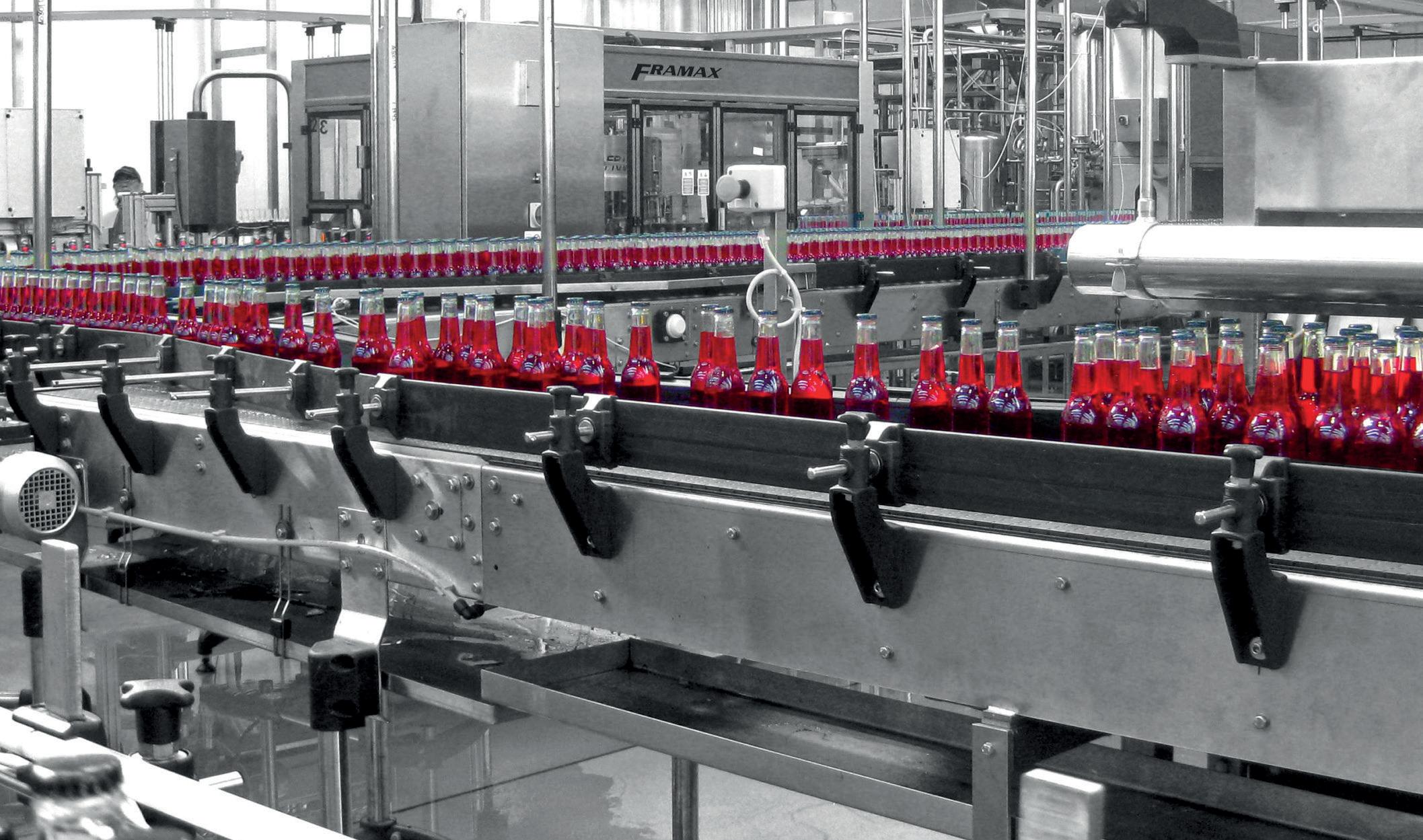
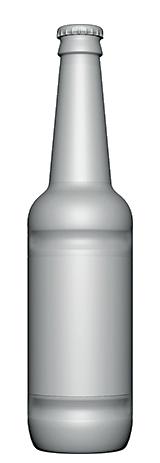
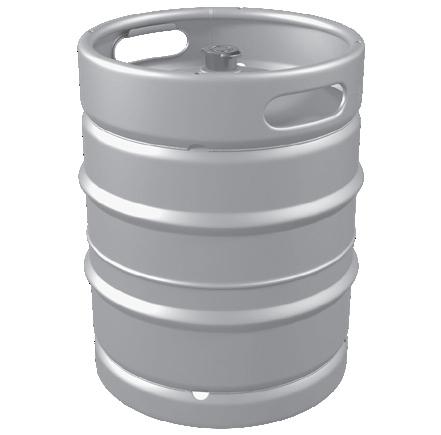
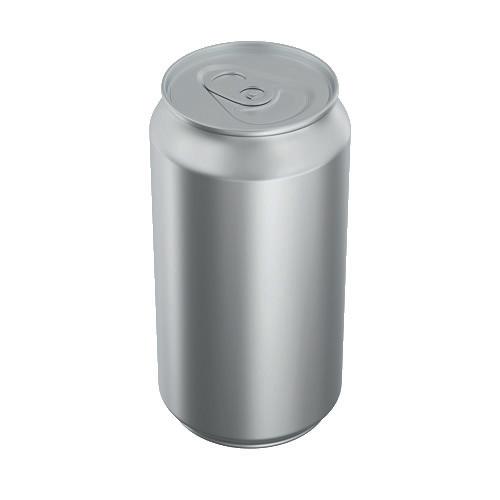
FRAMAX specializes in the supply of machinery and complete “Turn Key” production lines for the bottling and packaging industry, covering primarily the beverage field but also catering for special needs in the food and chemical sectors. The key to our success is the “know how” gained in over 40 years of experience in this industry and the ability to supply equipment performance, competitive pricing and efficiency of after sale service and support. Offering complete packaging line solutions for Bottling, Canning & Kegging since 1993 Contact Us Tel. +44 (0)23 80750062 Email: info@framax.co.uk /Framaxuk Threefield House, Threefield Lane, Southampton SO14 3LP We... “Know How” www.framax.com
During my time as a brewer at The Sheffield Brewery Company, our Instagram account became a powerful tool for drawing people to our venue. While pulling pints in our largely overlooked taproom (until the wonders of social networks got involved), I’d ask unfamiliar faces how they’d come across us. I was surprised many of them discovered us solely through Instagram.


Posting our brewing activity, taproom action, short videos, and personalities within the team (our sales guy Paddy was social media gold!) helped us grow the business and raise awareness for our humble little brewery. However, as the years have passed, it's become clear that social media platforms like Instagram and Twitter are no longer the silver bullet they once were for marketing in the brewing industry. In this article, we'll explore the reasons behind this shift and provide alternative strategies for effective brewery marketing.
The Rise and Fall of Social Media Marketing
Back in 2016, social media felt like a goldmine. Our Instagram account showcased our beers, events, and behind-the-scenes moments, attracting a stream of likes, comments, and eager beer mat collectors. But as the brewing landscape evolved, so did the challenges of social media marketing. One of the main reasons social media's effectiveness has waned is the ever-evolving algorithms. Platforms have shifted from chronological feeds to algorithm-driven content curation. This means that even if you have a dedicated following, your posts might not reach all of them. Your content can easily get lost in the sea of hazy IPA releases, leaving you with diminished organic reach. With the explosion of breweries and beerrelated accounts on social media, users are bombarded with content. Scrolling through endless beer photos has led to content saturation and shorter attention spans. Capturing attention now requires significantly more creativity, compelling
Why you can’t rely on social media to do your marketing for you
narratives, and the ability to foster a genuine connection by building a virtual community. Platforms have also shifted toward a pay-toplay model, encouraging businesses to boost posts and run ads to reach a wider audience. While paid ads can be effective, they come with a cost, which might not be feasible for smaller breweries with limited budgets. Given the challenges of relying solely on social media, it's crucial for breweries to explore alternative avenues for effective marketing.
1. Email Marketing
Building and maintaining an email list is still a powerful way to engage directly with your customers. Send regular newsletters featuring updates, promotions, and exclusive content, speaking directly to your customers. You are preaching mostly to the converted as newsletters tend to be open and read by those who have already bought into your brand. It’s worth asking the question, ‘What mail shots do I open and actually read?’ and study the content carefully so you can do likewise.
2. Local Collaborations and Events
Partnering with local businesses, hosting events, and participating in community activities can help create a strong local presence. Beer collaborations are great, butgenerally speaking - are fishing from the same pool of consumers. These local connections can lead to word-of-mouth referrals and genuine customer loyalty from people who aren’t necessarily first and foremost craft beer geeks.
3. Quality Content on Your Website
Invest in creating valuable and informative content on your website, such as brewing guides, beer education articles, blog posts and a great asset set for B2B customers. In my research, the lack of information on brewery websites for trade customers is astounding and even non-existent in many instances. Your website should function as a sales funnel from all directions, not just a dusty information page and user-unfriendly webshop.
4. Storytelling on Social Media
While social media might not hold the same sway it once did, it still remains a valuable tool if you use it correctly. Focus on storytelling, behind-the-scenes glimpses, and interactive content to foster a genuine connection with your followers. Set aside a budget for boosting posts to at least get your content out of the starting gate. Also, it’s worth measuring what content resonated, drove engagement and actually led to sales or leads, and what was just digital noise so you can proactively plan worthwhile content in advance.
In the ever-evolving landscape of brewery marketing, it's clear that relying solely on social media is no longer a sustainable strategy. The challenges of changing algorithms, content saturation, and payto-play models necessitate a diversified approach. By incorporating tactics such as email marketing, local collaborations, quality website content and impactful social media storytelling, independent microbreweries can navigate these challenges and build lasting connections with their target audience. Remember, a holistic and thoughtful marketing strategy will ensure that your brewery stands out and thrives in the dynamic world of craft brewing.
Nick Law is the Creative Director of Hop Forward: a branding, marketing and business consultancy for the brewing industry. He works with a variety of beer businesses both in the UK and overseas and also runs a weekly podcast with a variety of guests from across the world of beer. Find out more at www.hopforward.beer or email nick@hopforward.beer
65 www.siba.co.uk | SIBA Independent Brewer | Autumn 2023
Brand and marketing guru and 2023 SIBA Business Award winner Nick Law looks at why you can’t afford to put all your eggs in one box when it comes to marketing…
Business advice: Brand and Marketing

PUTS BREWERS BACK IN CONTROL EkegPlus, our market-leading rental product –the same containers with added benefits: RFID technology, transparent billing, flexible delivery options and you only pay when you’re using them. To find out more call 01425 485421 or visit ekegplus.com
Does it surprise you that as many Brits moderated their alcohol income this summer than in ‘Dry January’? Many are planning to continue ‘moderating’ their drinking across the upcoming festive season with 44% of Brits intending to drink less alcohol during Christmas 2023 compared with 2022. KAM’s recent report, in partnership with Lucky Saint, found actively moderating alcohol consumption is now a year-round habit for UK adults. It seems that moderation has hit the mainstream!
There has been a significant fall in the number of UK adults consuming alcohol at least once a week, with the figure at 76.9% (down from 90% in 2022). This equates to a drop of 6.8m people drinking weekly, with all age groups reporting a decline in overall alcohol consumption. Within the 18-24 age group – a core age group for Competitive Socialising venues - the figure has fallen fastest, from 91% in 2022 down to 72% this year. This coincides with a whole raft of new consumers entering the low and no category in the last year, with 9.7m UK adults (19% of UK adults) trying low and no alcohol beer for the first time.
Moderation has most certainly hit the mainstream and its part of a bigger shift in how we, as a nation, are spending our leisure time. We now see a modern consumer where socialising is not as centred around drinking culture, who is more aware of the risks of alcohol, and therefore is pro-actively taking action to ensure that they are drinking at what they consider to be responsible levels. But consumers don’t want to miss out on all the occasions where alcohol is normally present, going to the pub with friends, celebrating a birthday at home, enjoying
Waving goodbye to booze-centred socialising
a beer while watching sport, for example. The increasing number of low alcohol or alcohol-free options available is therefore being welcomed with open arms, for example 30% of Brits intend to consume alcohol-free options over the festive period e.g., alcohol free wine or beer; this rises to well over 1-in-3 Millennials.

Despite this long-term growth in low or alcohol-free occasions, venues are still at risk of losing customers, by giving them an underwhelming experience and not maximising potential sales on these low or alcohol-free occasions due to poor range and visibility. 3.7 million Brits ruled out a specific venue in the last 3 months alone due to poor alcohol-free options, totalling a missed opportunity of £590.4m in revenue across a year for hospitality venues.
Simon Farrow, Category Director for Tao Hospitality Group (who’s portfolio includes Hakkasan) shared that they have already taken the bold and innovative step to ‘zero proof’ their entire cocktail menu, providing like-for-like equivalents across the whole range and said “1 in 8 of our cocktails are now alcohol-free. That’s a £4 to £12 spend increase compared with people who don’t want alcohol ordering sparkling water.”
During a recent chat with Luke Boase, founder of Lucky Saint, he highlighted that “whilst the low and no market continues to see tremendous growth, the opportunity for the UK remains significant. We trail behind many European nations in how we embrace low and no, with the likes of Spain, Germany and Sweden having larger market shares for low and no consumption compared to the UK.”
In the UK we view low and no as a replication of another category with something missing, which is actually a very negative starting point. In the US, it tends to be treated as a completely new category and it’s happening very fast.
Investing time and money into low and no can be a leap of faith. Commercially it might not make sense now, but it needs to be done to remain relevant.
Hospitality operators have an opportunity to use the drink brand platforms to help drive customer trial in venues. Brewers and drinks brands may have many more touch points than just a pub or a bar. This is great opportunity for venues and drink brands to work together and take advantage of this. Venues must ensure they stay ahead of the curve, or they risk becoming less relevant for many potential customers. Alcohol is still a huge part of how Brits spend their leisure time, but the research shows that socialising in the UK is slowly but surely becoming less booze-driven.
KAM is a boutique research consultancy, specialising in hospitality and retail, running bespoke and syndicated customer research programmes for both pub companies and on-trade suppliers. Find out more at www.kam-media.co.uk.

67 www.siba.co.uk | SIBA Independent Brewer | Autumn 2023 Business advice: Consumer Insight
Katie Jenkins, Marketing & Partnerships Director at KAM, looks at the latest research into the growing market for low and no beers…
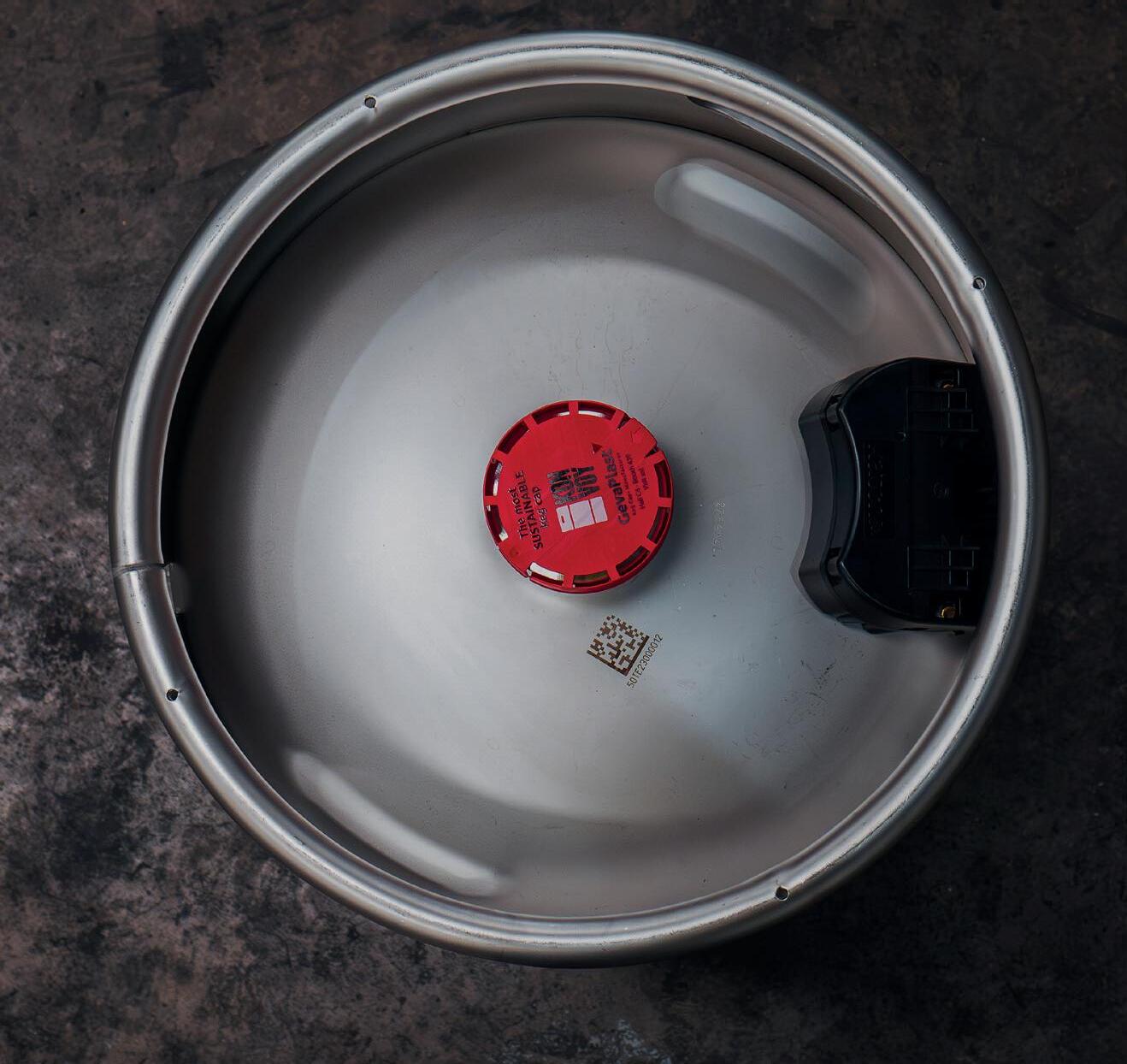
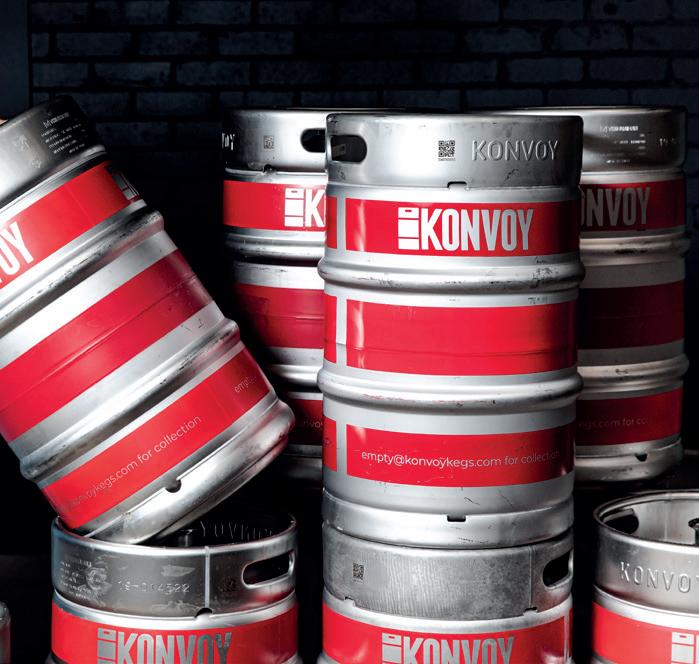
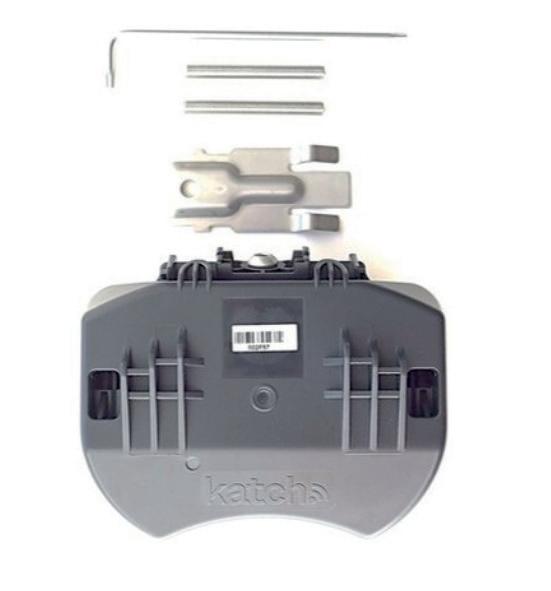
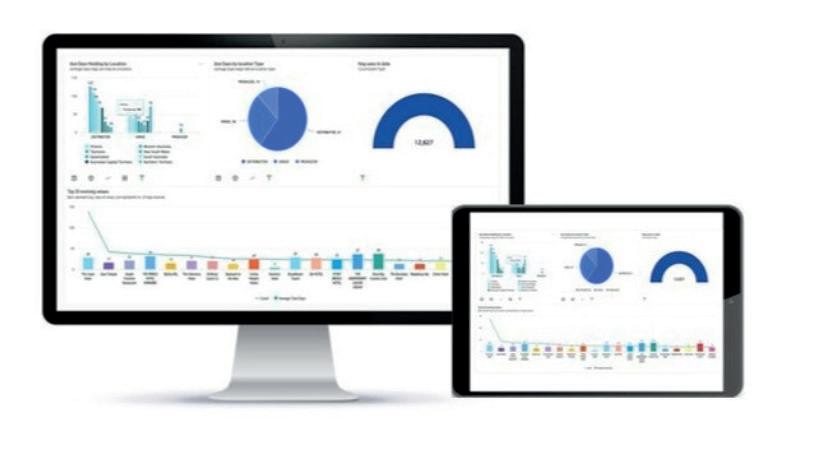




MOVING BEVERAGES FORWARD. Get In Touch Call 0800 4681468 Email konvoy@konvoykegs.com Web konvoykegs.com With our proven proprietary cloud based keg tracking devices, flat rate pay-perfill and pay-per-month keg rentals, let konvoy become your keg solution driven by people that are passionate about simplicity, service and sustainability.
Wake up and smell the caffeine!
Brewlab’s Dr Keith Thomas looks at the use of caffeine in brewing and the need to be careful when dosing with the archetypal pick-me-up…


“They were given 30g of caffeine instead of 0.3g… Death had previously been reported after consumption of just 18g.” [1] That sentence came from a BBC news website report from 2017 discussing how students were wrongly given a potentially fatal dose of caffeine as part of a University research study. Such reports provide a timely warning that everyone’s favourite pick-me-up chemical - caffeine or 1,3,7-trimethylxanthine - typically present in your morning cup and your afternoon brew, follows a familiar scientific tenet: it’s the dose that makes the poison.

Caffeine is ubiquitous. As a chemical, it’s positioned itself front-and-centre in modern society. Your coffee, your tea, your chocolate, your fizzy drink, your energy drink, your new-age kombucha(!) and even in some of your medicines; it’s everywhere. And despite multiple attempts to produce caffeine-free alternatives, the societal yearning for a chemical associated with increased alertness and increased energy levels (at least in the short-term) has not diminished the popularity of caffeine. If anything, we want even more of the stuff. Yes, it interferes with sleep. Yes, it probably affects things like anxiety levels. But the ‘hit’ that if offers the waking sleeper, the night worker, the athlete, the student and a whole host of other people in different situations means that, as a society, we aren’t going caffeinefree anytime soon. We love our caffeine.
It was to be expected that the brewing and distilling industries would also see the direct and indirect ‘advantages’ of caffeine too. Most energy drinks contain a mixture of caffeine and the amino acid taurine and that, alongside our lasting love of coffee and tea, has kind of set the tone for what people want from their typically non-alcoholic beverages. It was only a matter of time before alcoholic beverages also followed suit.
Caffeine is ubiquitous. As a chemical, it’s positioned itself front-and-centre in modern society. Your coffee, your tea, your chocolate, your fizzy drink, your energy drink, your new-age kombucha(!) and even in some of your medicines; it’s everywhere.
Of course, there were already alcoholic drinks that contain caffeine. If Tia Maria was your tipple of choice - a dark coffee liqueur if you didn’t already know - you were getting a nice caffeine hit alongside the 20% alcohol. But more recently, caffeine is being naturally, and artificially, introduced to other brewed and distilled products with the aim of hitting new markets and altering the biological profile of said beverages geared towards a caffeinedependent market. That comes with some risks. We’ll come clean and mention that we write this article as members of a couple of companies who make a living out of chemical analysis.
Our bread and butter is analytical chemistry and yes, that includes offering such services to the brewing and distilling industries. What that also means is that we’re probably more aware than most about how a variety of chemicals can not only affect product quality but also could potentially be downright dangerous. Remember: it’s the dose that makes the poison.
It’s with this in mind that we draw attention to caffeine and what its addition to products means for producers and consumers alike. The good news is that through the wonders of modern technology it’s possible (and quite routinely being done in other industries) to check and monitor the caffeine levels in your products. Any pharmaceutical scientist will be able to recount their undergraduate days of measuring caffeine levels in a solution via high-performance liquid chromatography (HPLC). Nowadays the technology is advanced; as detection limits fall to almost unimaginable small amounts that can be detected, with unrivalled accuracy, for the sake of a few pounds. Said technology can also provide similar data for your taurine too if energy drinks are your chosen product.
So, what’s the take home message? Well, caffeine is pretty much everywhere, including in your brewed and distilled products. Brewers and distillers need to be aware of this and the guidance on safe limits of caffeine for human consumption. If in doubt, look at testing for caffeine levels. Provide your customers with their caffeine hit in a safe and controlled dose. Now, where’s my espresso…
[1] BBC News Website: https://www.bbc.co.uk/news/ukengland-tyne-38744307 25th January 2017 (retrieved on 19/06/23)
69 www.siba.co.uk | SIBA Independent Brewer | Autumn 2023 Comment: Technical focus





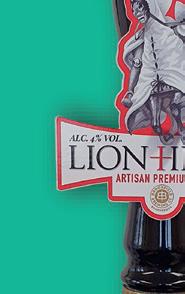









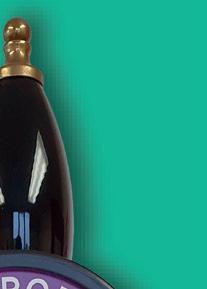
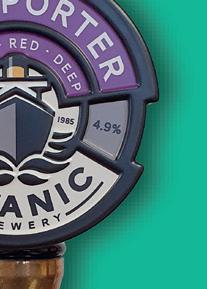
































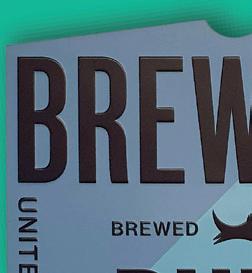









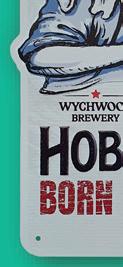




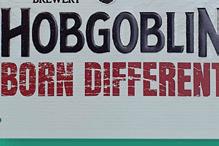














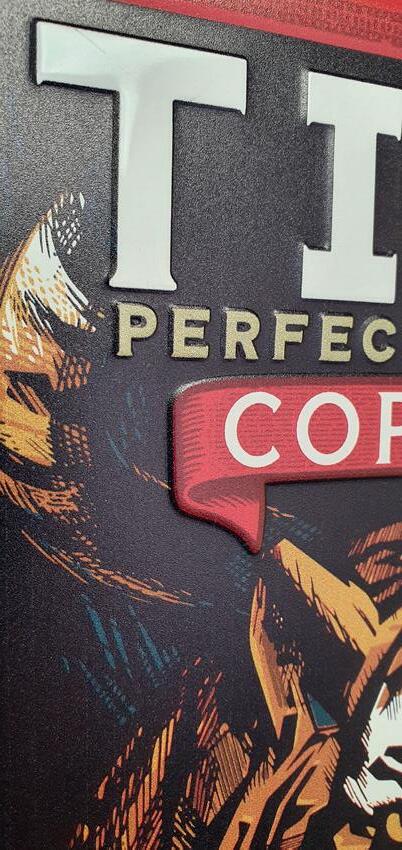





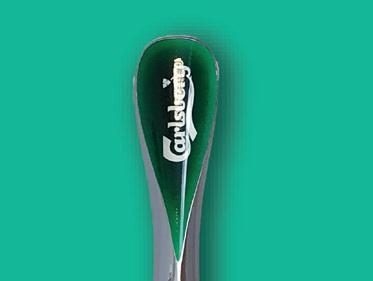
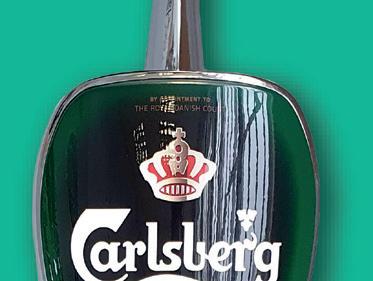
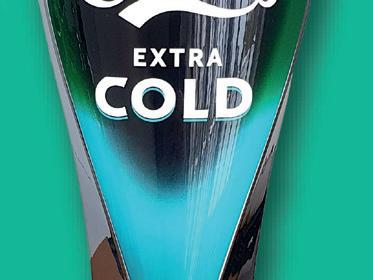










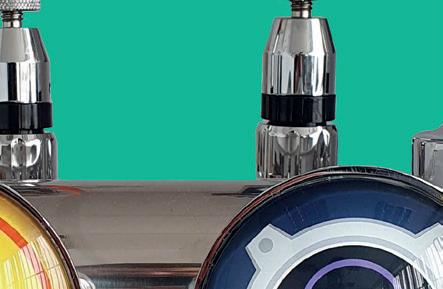


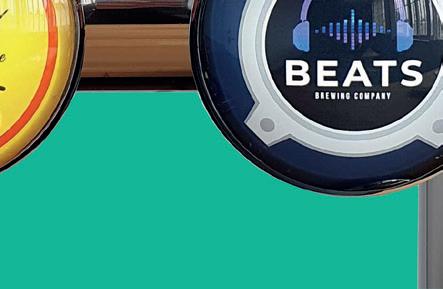


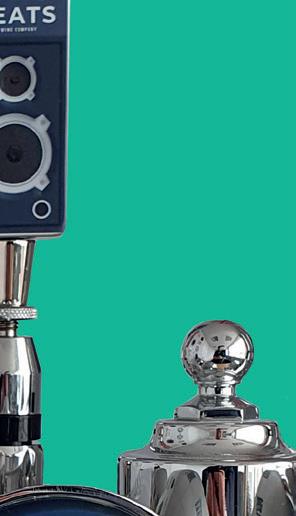







The recent publication of Brewing Our Way to Net Zero by SIBA sets out the organisation’s sustainability strategy between now and 2045. It’s a valuable report which establishes a framework for independent brewers to meet the government’s legally binding targets on its journey to net zero emissions by 2050, which include reducing national emissions 78% by 2035 and 68% by 2030 compared to 1990 levels.
SIBA’s report makes a notable point in highlighting that in some ways small independent breweries lead the way in sustainability: most of them supply locally produced products in reusable containers delivered to a predominantly 40-mile radius. That said, as energy-intensive SMEs, few have the resources to make the investment required to achieve net zero. As SIBA suggests of net zero, “it is likely that some of the means to achieve it, such as next generation technology, may not come on stream for many years and will in all likelihood require government intervention and incentives to deliver at a reasonable cost.” Independent brewers can ill afford to wait for intervention. As well as being critical in tackling the climate crisis, reducing energy consumption and waste has a financial motivation. Measures are currently available to achieve those ends without blowing a huge hole in an SME’s capital.
Many businesses focus on their energy usage, but water usage is often overlooked. It’s an important consideration. The Water Resources Group says that water demand is expected to exceed current supply by 40% by 2030. Water resources are becoming increasingly scarce as climate change increases risk and unpredictability. The issue is exacerbated by water resource mismanagement. Excessive water extraction can deplete natural aquifers, harm ecosystems, and impact local communities. Disposal of wastewater from breweries, often high in organic pollutants, can pollute water bodies and harm aquatic life.
Industry collaboration holds the key to a sustainable future
Tomasz Lenartowicz, Director at Collective Motion Brewing, discusses SIBA’s plans for setting out a strategy for net zero and how brewers can collaborate to serve the collective cause…

Water is, of course, a vital ingredient in the brewing industry. Brewing is a waterintensive process and it’s estimated that it takes around 3 to 7 gallons of water to produce just one gallon of beer. Brewers must manage their water consumption responsibly to address sustainability concerns. That requires attention to every stage of production, from malting and mashing to boiling, cooling, and cleaning. Breweries can adopt measures to improve water efficiency throughout the process. Unidentified leakage is one of the biggest causes of water waste. Equipment upgrades, such as low-flow nozzles and efficient heat exchangers, can significantly reduce water consumption. Optimising cleaning and sanitation practices can also minimise water waste.
Keeping track of water usage, including the use of real-time monitoring systems, can help breweries identify areas of excessive water consumption and take corrective actions. Data-driven insights can lead to targeted improvements in water efficiency and help breweries measure their progress toward sustainability goals.

Maintenance checks should be carried out to check for leaks on water valves. There is also ample scope to reuse greywater, taking pressure off the sewage works by reducing commercial sewage. Automated washing machines such as cask washers, keg washers, and CIP systems can use grey water to prerinse containers and tanks. Implementing effective wastewater treatment systems enable breweries to treat and purify their wastewater before releasing it back into the environment. Efficient use of water should go hand in hand with efficient use of energy. Equipment such as high-efficiency boilers, heat exchangers, and variable frequency drives (VFDs) can optimise energy usage and reduce waste throughout the brewing process. Heat generated during various brewing stages can be captured and repurposed with exchangers and heat recovery systems, enabling breweries
to recycle waste heat for heating water, space, or other process requirements.


Brewers can work with equipment specialists to implement these technologies as well as collaborate on R&D to explore new ways to reduce energy consumption. We recently worked in conjunction with an independent brewer and a microbiological laboratory on a series of tests which found that cold rinsing techniques can be used to dramatically reduce energy costs without compromising quality or cleanliness. A similar curiosity in search of innovation could be applied to energy-intensive stages of the brewing process. The heating, cooling, and pumping required throughout these stages contribute to significant energy consumption.
Process optimisation is potentially transformative in minimising energy usage and waste. Brewers can carry out a thorough review of their production to develop a standard operating procedure (SOP) unifying their approach across all processes, personnel, functions and resources. A skill matrix can map out the best coverage of skills across all departments to ensure that brewing schedules, water usage and management of temperatures are carried out with maximum efficiency. Facilitating knowledge and training in the optimum use of equipment will invariably deliver efficiencies.
Independent brewers are often like-minded in a collective spirit. They readily exchange knowledge and share best practice. That ethos can be applied to significant effect in achieving sustainability. There needs to be an industry-wide stewardship of environmental resources.
SIBA’s report has set out a roadmap in the journey to net zero. Collaboration between brewers, suppliers and communities will be fundamental in reaching the destination. Find out more at www.cmbrewery.co.uk
71 www.siba.co.uk | SIBA Independent Brewer | Autumn 2023 Supplier Viewpoint
Supplier Viewpoint: Collective Motion Brewing
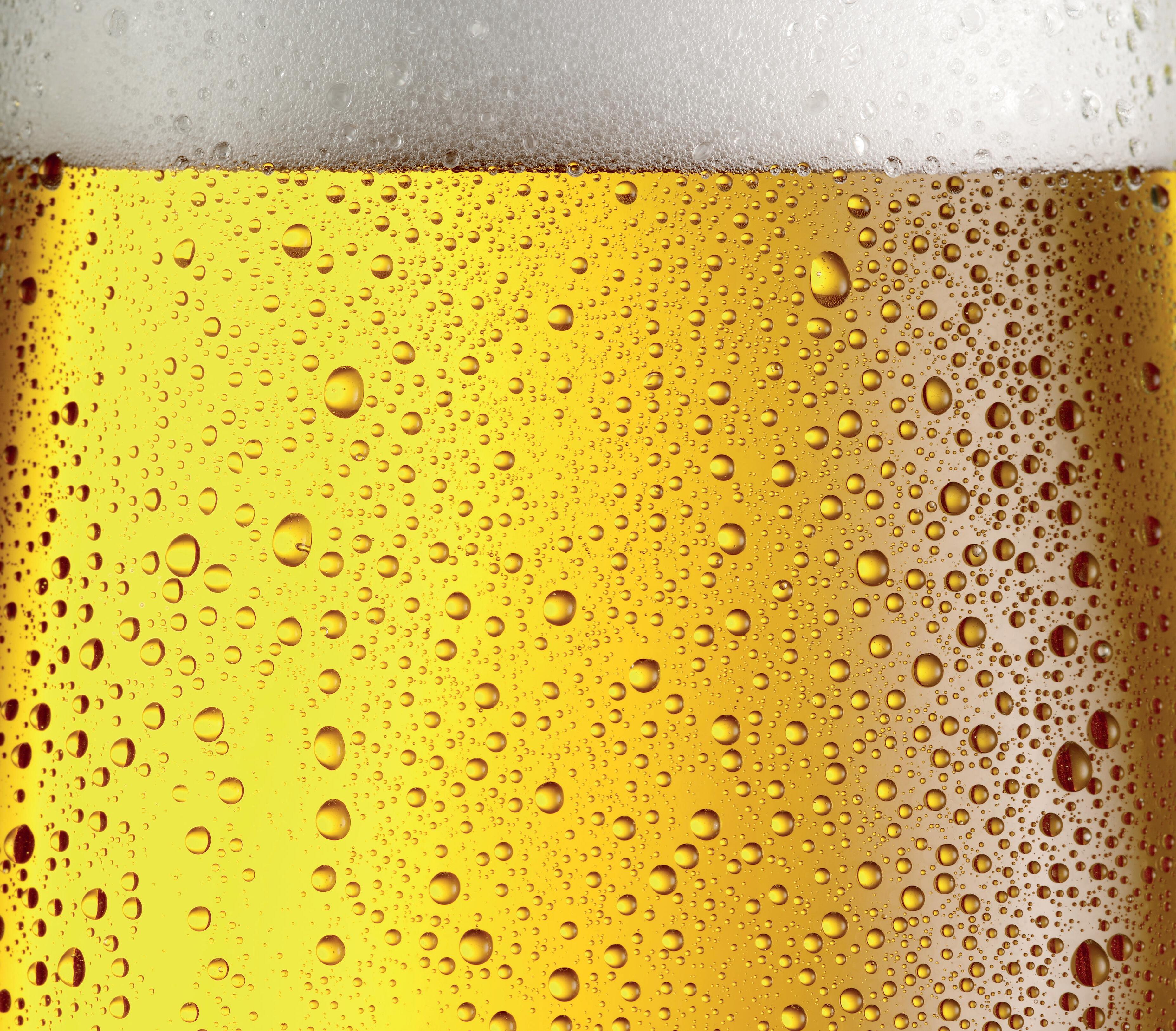



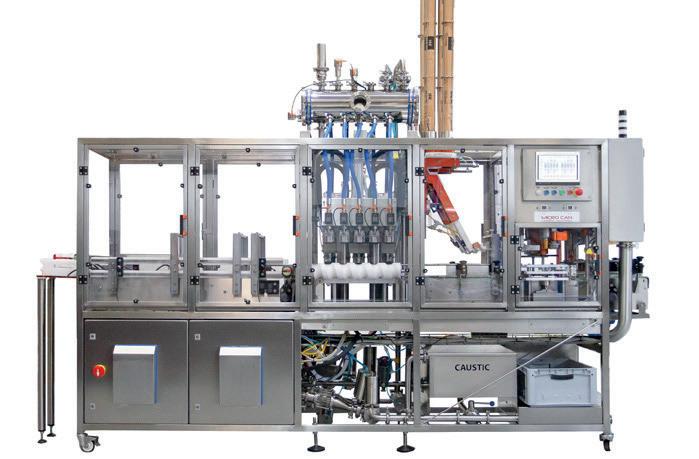
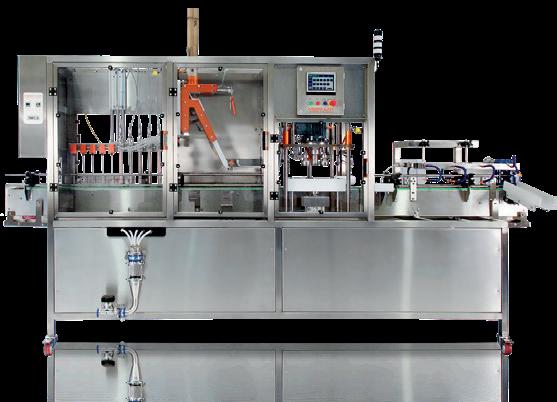
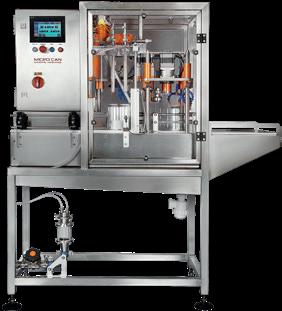
WWW.CHRISTEYNS.COM DESCALING CLEANING & DISINFECTION CLEANING ADDITIVES CONVEYOR LUBRICATION BIOFILM PREVENTION T: 01925 234696 E: uk-foodinfo@christeyns com
8RE MICROCAN SIBA AD SUMMER23 182x128 V1.indd 1 21/04/2023 14:27 28-30 November 2023 Nuremberg, Germany Visit us in hall 7 stand 7-624
2 Cameron Court Winwick Quay Warrington, Cheshire WA2
“Brewery achieves carbon neutral certification” …Imagine that headline being about your brewery business.
Historically, brewing has not been the most sustainable of practices due to things like high-energy for fermentation, gas burned to ship ingredients and water wastage. In a world of rising costs and even higher energy usage, it can be hard for brewers to understand how they could ever sustain their business with green energy alone.
But it seems the impossible is now possible. Slowly, breweries are beginning to appear on the market with carbon-neutral certification. Things like renewable energy schemes, heat recovery initiatives and buying local all helping to reduce their carbon footprint.
As well as being kinder to our world and your corporate responsibility, green energy solutions are a fantastic way of reducing your business’ energy bills. For example, solar power can play a significant role in bringing business diversification projects to life - like a new taproom or brewery tour site - by providing an affordable, clean alternative to electricity. The renewable energy your solar projects produce may even offset the carbon footprint altogether, getting you to that all important net-zero carbon emissions status.
A few ideas for improving your brewery energy usage include:
Heat Recovery – Check if you have a heat capture system installed. Investing in a boiler that can recover escaping heat and reuse it will create significant savings.
Insulate Hot Lines – Check the temperature of all your lines and whether they are insulated. This saves a huge amount of otherwise wasted energy.
Pump System – Check you have the right pump for the job. Look at the specs, pressure, and pump curve. If the scale of the brewery has changed since it was installed, it may not be the right or most cost-effective solution anymore.
Refrigeration – Implementing clever control schemes to manage processes more

effectively can reduce energy costs, like separately controlling fans and compressors. Carbon Capture – Ideally, you want to capture all the CO2 that is naturally produced through processes like fermentation and bottling and transfer it to a process area where it can be repurposed.
Renewable Energy – Solar and wind power installations can easily help to reduce electricity consumption in stages like the canning line. As an additional incentive, wind power is accessible 24/7 too.
Small Delivery Radius – The more local you work, the more you reduce your carbon footprint. Delivering beer all over the country from a single location is expensive. Plus, beer doesn’t always travel well. Working local also gives you the option of offering a returnable bottles scheme that’s realistic for the customer. You’ll receive your bottles back to re-use, rather than adding them to recycling or landfill.
Grow Your Own – If you can, growing your own products like barley can be a huge benefit as well as offering that localised feel to the product. Bulk buying may be cheaper in cost, but it’s never going to help in reducing your carbon footprint.
It’s all about weighing up each option. As an investment, green energy normally comes with a wider business vision of overall sustainability. Everything from reduced plastic waste to re-usable beer barrels and re-purposed carboard can contribute, but sourcing the capital to make these big changes is a consideration too.
Funding options
It may be that you need some funding to help support the initial purchases without impacting on cash flow, and there are government tax relief schemes in place to help too, like:
50% first-year allowance (FYA)
Although some energy-saving solutions may not qualify as an asset under the Annual Investment Allowance (AIA), businesses can still receive tax relief under the FYA.
Announced in this year’s Spring Budget the 50% first-year allowance enables businesses to deduct 50% of the cost of “long-life assets”, such as thermal installation, from their tax bill. For each year following the first, a further 6% of the remaining cost can be written off via Writing Down Allowances (WDAs).
The introduction of FYA allows for a faster relief of 50% than under the previous WDAonly regime. The Chancellor’s ambition is to make this 50% FYA permanent to maintain a stable economy, but for now it’s confirmed until March 2026.
Not yet convinced to switch to solar?
On average, breweries require between 12 to 22 kWh of electricity to produce a single barrel of beer. With beer ranking as the most popular alcoholic beverage in the world, the energy quickly adds up. In 2020, 24 million barrels of beer were sold in the UK alone. From grain to glass, beer demands enormous quantities of energy, but if you’re someone who’s spending a lot that’s good news – it means there’s more to save! Green energy solutions like solar panels are an asset for breweries.
They allow your business to:
• Reduce your carbon footprint
• Improve your corporate responsibility
• Work more sustainably
• Forecast energy costs accurately and budget appropriately
• Ditch the worry around varying utility rates If green energy isn’t a part of your plan for 2023, maybe it’s time to start factoring it in. Even small changes like installing motionsensored lighting or purchasing energyefficient pieces of equipment will start to show you the financial benefits of going green. If you can save the planet in the process – who can argue with that?
For more information call 01908 92 62 62, email info@moorgatefinance.co.uk or go to www.moorgatefinance.com
73 www.siba.co.uk | SIBA Independent Brewer | Autumn 2023
Supplier Viewpoint: Moorgate Finance
Supplier Viewpoint
Adam Drawwater, Commercial Director at Moorgate Finance, offers some advice on ways to make your business greener…
Technology driven keg and cask rental
With bulk scanning options, live cycle data and transparent pricing, EkegPlus is helping brewers across the country reduce costs and streamline operations.
CASE STUDY: Siren Craft Brew use EkegPlus to improve efficiency and lower costs
The customer
Siren Craft Brew began in 2013 and have become well known for their six flagship ‘Siren’ brands. The passionate team create unique and varied products with bottles, cans, kegs and casks, with several industry awards under their belt.
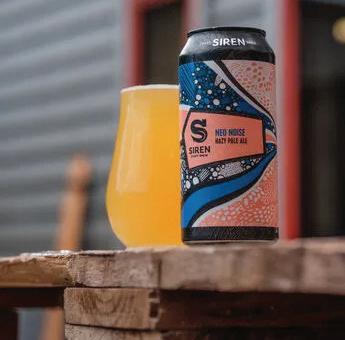
The business self-funded their own canning line, launching it in 2019. The coronavirus pandemic followed several months after this and as a result their online sales saw huge increases as consumers enjoyed their drinks at home. As people returned to bars and pubs following lockdown, sales of cask beer made a steady comeback, with craft beer enthusiasts keen to have draft options available once more.
The challenge
The container usage for the brewery has been a mixed approach with both rental and owned kegs and casks for trade orders. With the cost of doing business rising across the sector, Siren Brewery looked at cost saving measures to ensure the prices of their products remain affordable for customers.
We
 Jason Lodge, Operations Manager | Siren Craft Brew
Jason Lodge, Operations Manager | Siren Craft Brew
The solution
At Close Brothers Brewery Rentals our EkegPlus offering allows for a more flexible approach to keg and cask rental. The 400,000 container pooling service allow brewers to start and stop a hiring period, so they are only charged for the time they use them. For Siren this gives much better visibility on the costs incurred from leasing.
Having their own washing facilities means that Siren can collect kegs straight from trade venues, return them to the brewhouse and clean them ready for use again as needed.
Using EkegPlus has enabled Siren to take advantage of the pooling system in the run up to a particularly busy season. With bank holidays back-to-back in May 2023 the team continued to pick up their own kegs from venues but added extra when needed, to meet increased demand.
Jason Lodge, Operations Manager at Siren Craft Brew said: “Implementing EkegPlus has been seamless, the scanners are intuitive, the portal is easy to use and the team at Close Brothers Brewery Rental have been extremely responsive every time we needed any support.
To find out more about our products and services call us today on 01425 485421 or visit closebreweryrentals.co.uk
74 Autumn 2023 | SIBA Independent Brewer | www.siba.co.uk
are a team always looking to develop and introduce systems to improve efficiency and keep on top of costs and EkegPlus allows us to do this for the on-trade side of our business. The additional benefits of transparency, consistency and flexibility to increase the number of kegs needed at short notice make it a valuable resource for us.”
Gold members


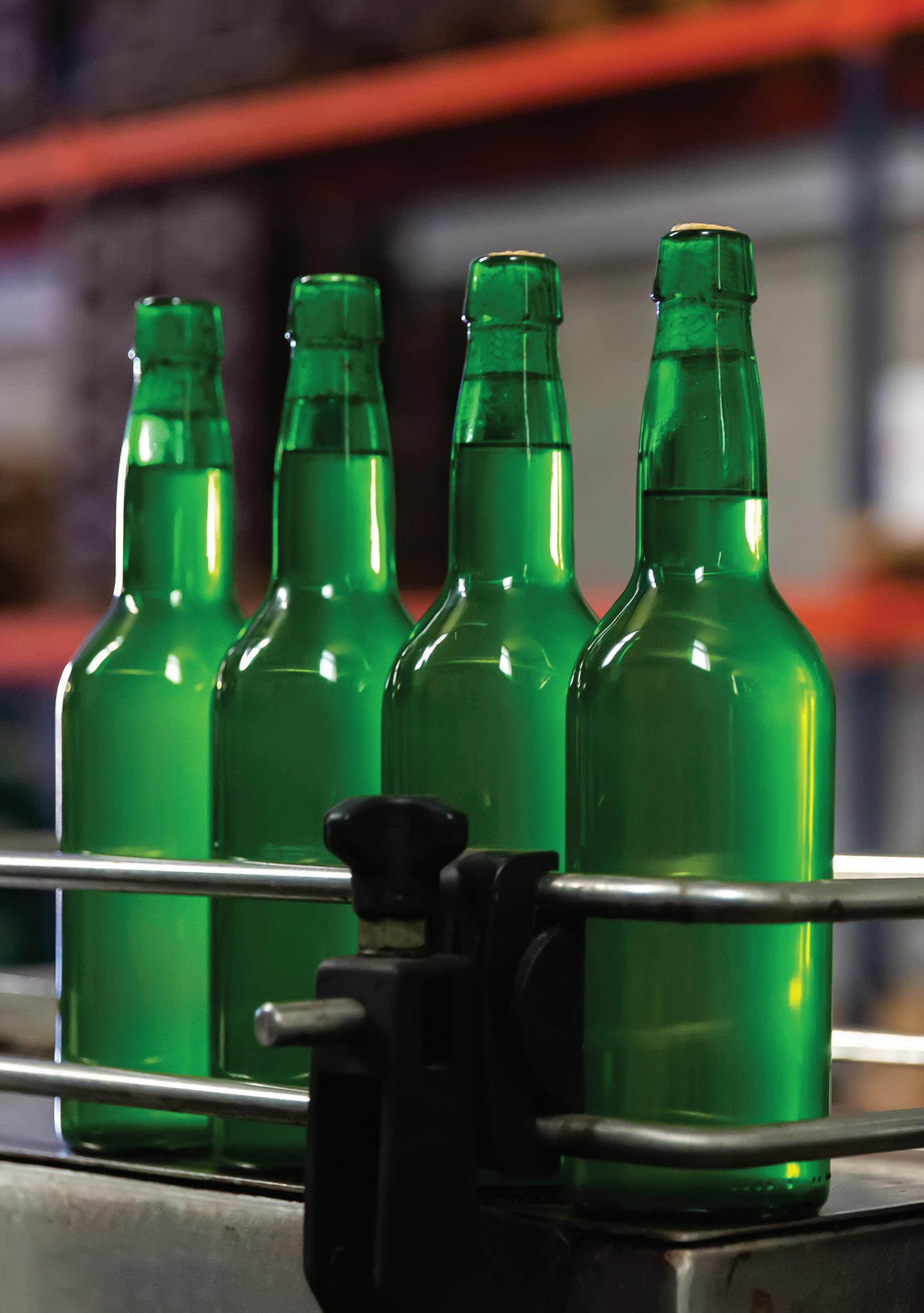
closebreweryrentals.co.uk
members
Gold

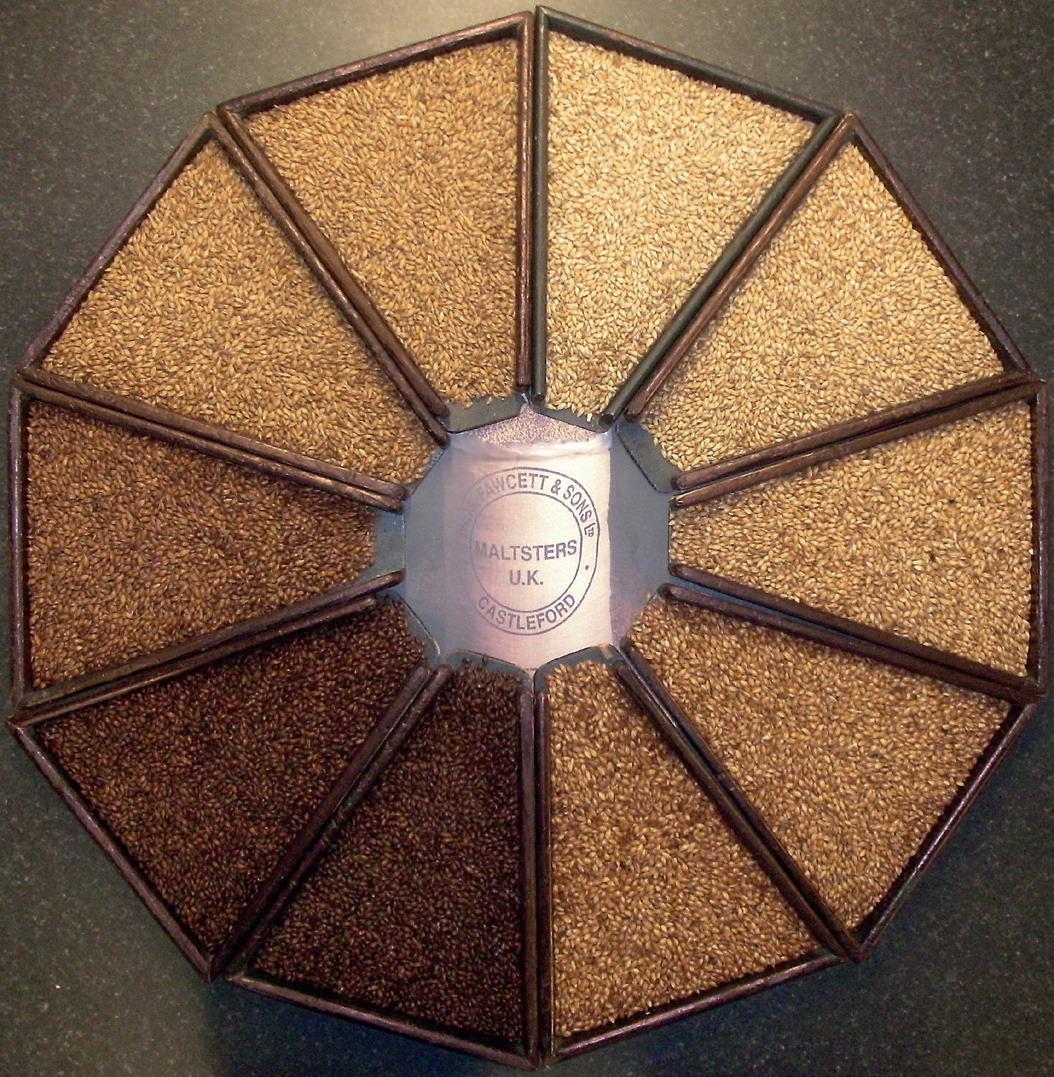
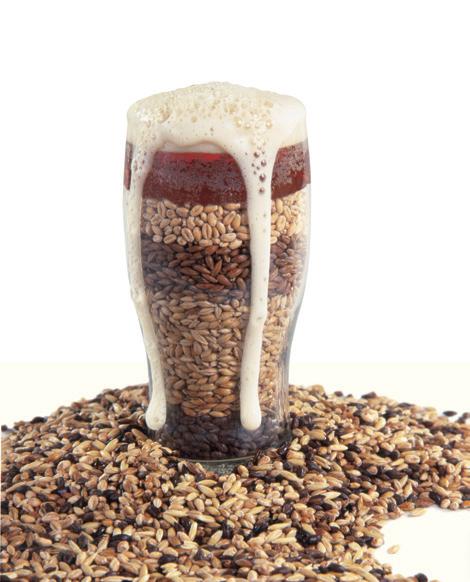
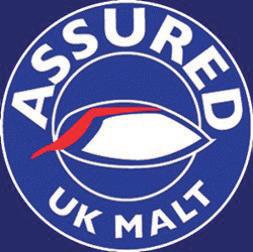

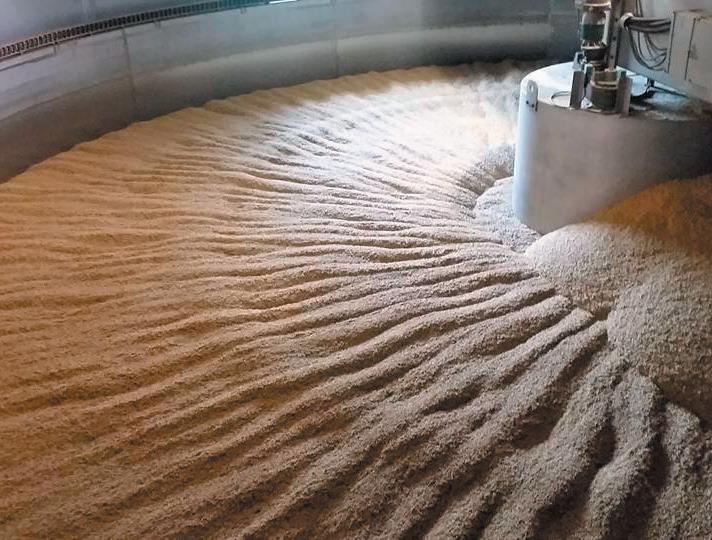
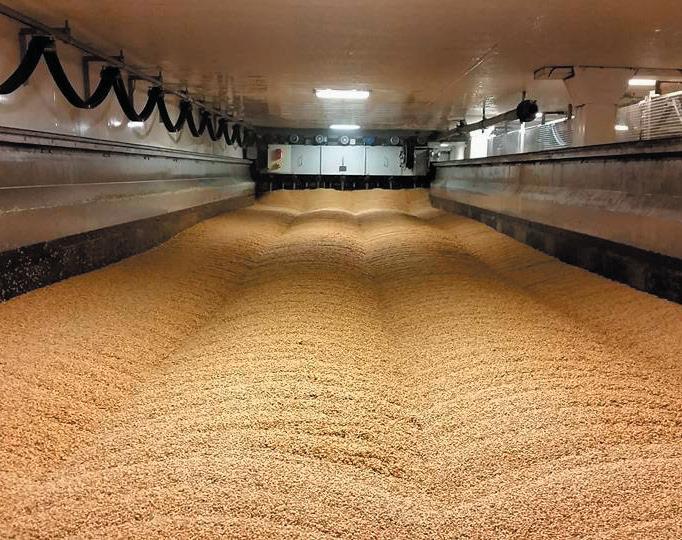
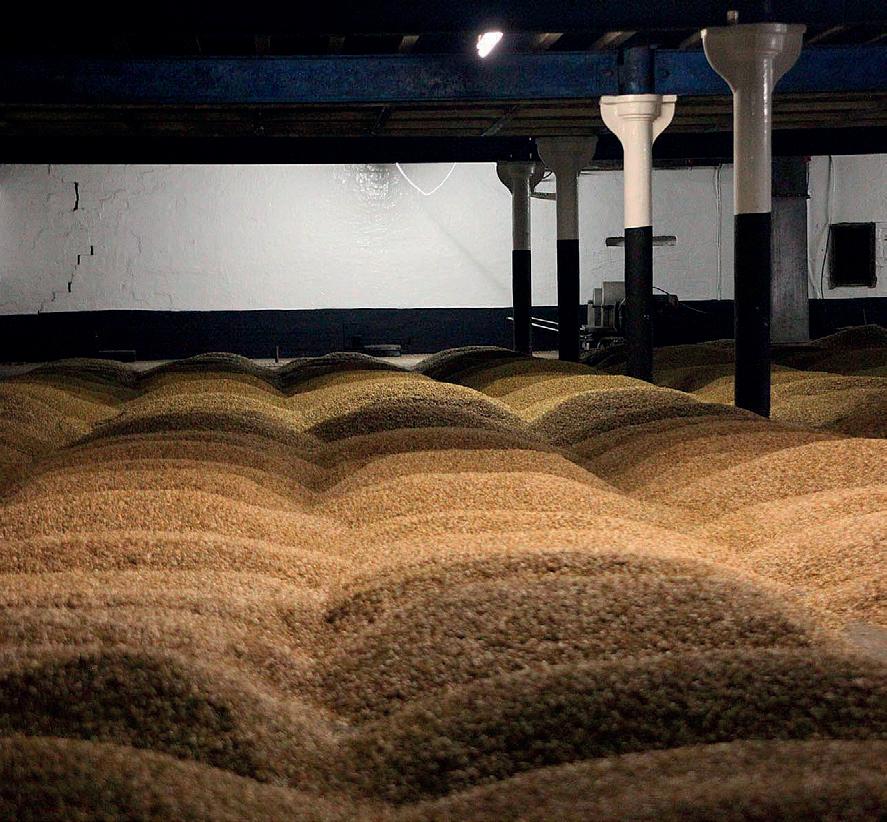
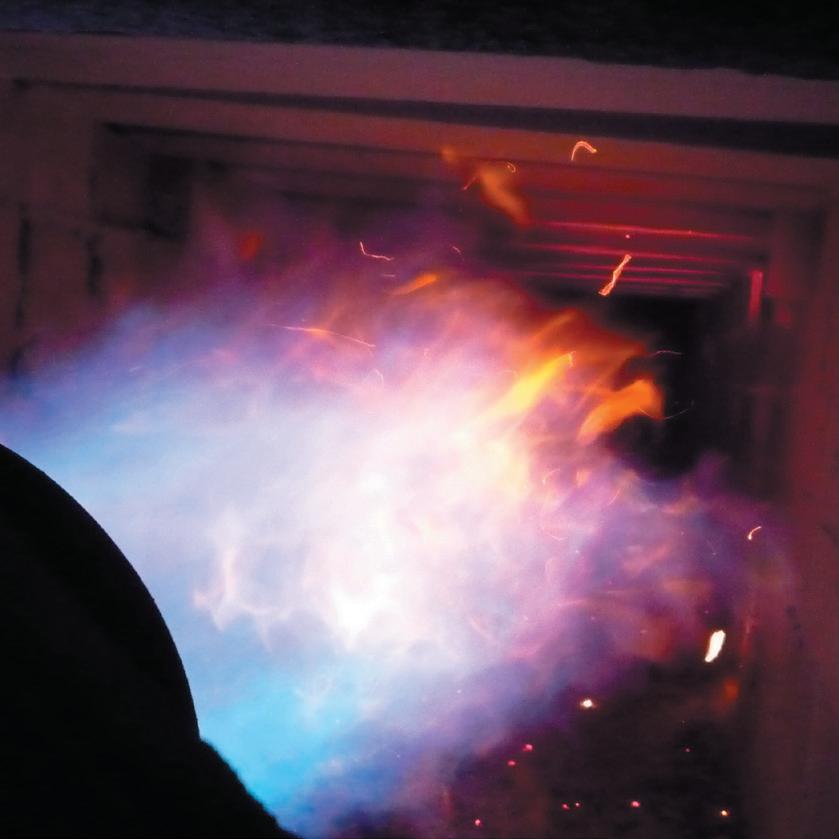
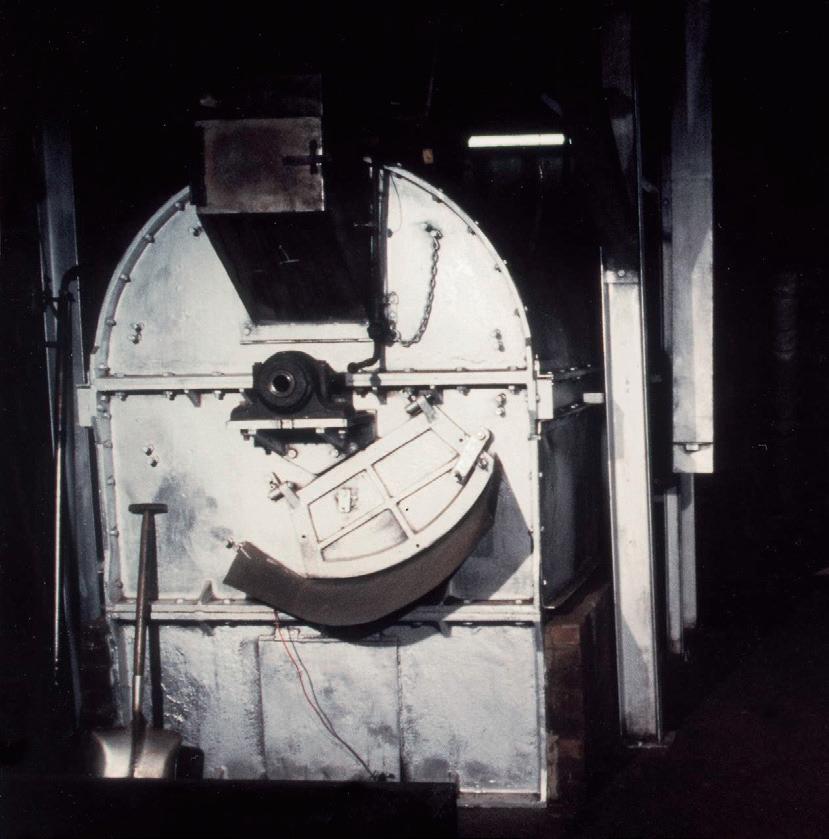
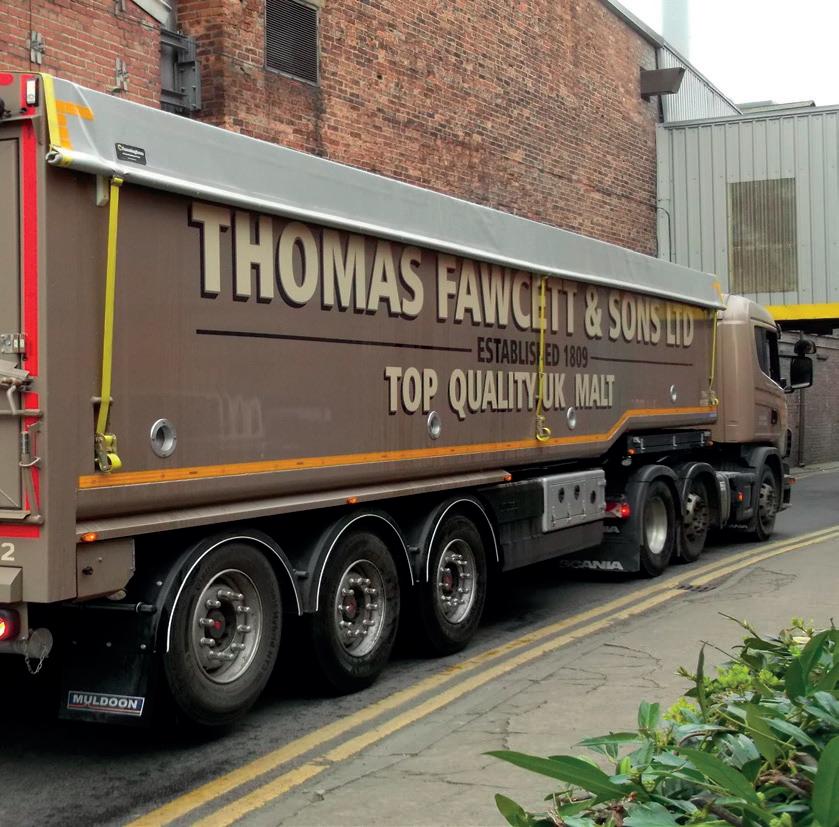
76 Autumn 2023 | SIBA Independent Brewer | www.siba.co.uk Gold members FOR FLAVOUR - THINK FAWCETTS FAW C ETTS TOPQUA L ITYMALT Est 1809 INDEPENDENT FAMILY MALTSTERS SINCE 1809 www.fawcett-maltsters.co.uk • Manufacturing Quality Malts for Over 200 Years • 30 Different Styles of Malt • Including all Roasted & Floor Made Malts Contact Details email: sales@fawcett-maltsters.co.uk Tel: 01977 552490
THOMAS FAWCETT & SONS, LTD.

MALTSTERS AND MALT ROASTERS EASTFIELD LANE CASTLEFORD

Crop Report 2023
This has been another challenging and highly unpredictable harvest due to the extremes in weather. The winter crops went into the ground on time and were initially not looking too bad. The early spring was reasonably mild with sufficient rain, but later on the weather changed to being cool and dry. We had crop walks planned for early July but then we had a very hot period in June that ripened the winter crops extremely quickly causing an early start to harvest. Initially the first winter barley samples were worrying; thin, small grains that hadn’t filled out with high levels of screenings. But then samples started to improve with bigger grain sizes and lower nitrogen levels. Screening levels were still higher than usual, but samples were acceptable after dressing. Unfortunately, just as the combines started to roll the weather changed and it started raining. We had one of the wettest Julys in recent history and crops that were ripe and ready had to just sit in the fields awaiting for a dry window to be combined. The appearance of the later samples clearly show the impact of the wet weather; they are darkened in colour, almost grey-looking. Quite a contrast to the 2022 crop which was sun-bleached!
Thankfully, because the ambient temperatures were lower than expected, there wasn’t the level of splitting that would otherwise be prevalent. However, due to the extended wet conditions, there were some visible signs of pre-germination, moulds and pink grains in later cut samples. This is of particular concern due to possible higher levels of fungal mycotoxins. As the “summer” continued, farmers were obviously becoming concerned that the winter crop was still in the fields and the spring crops were ripening so the window for combining was getting smaller and shed space would be limiting! Many farmers decided to combine their winter crops at the first opportunity, with the resulting grain moistures being higher than desired. Drying charges have therefore been much higher this year than in previous years, but all our winter malting barley requirements have been safely dried and moved promptly into store in order to preserve the malting quality.
Meanwhile, outside of the UK in mainland Europe they were having excessive heat / drought conditions and wild fires – one of the hottest Julys on record. This followed dry conditions earlier in the year and was not good for the malting barley crop. This has had the effect of keeping UK malting barley premiums over feed barley and feed wheat at higher levels as there was a great deal of interest from overseas to export the UK crop. The early sown spring barleys were expected to be better from our field walks and this largely turned out to be the case – good grain size but variable levels of nitrogen, some low (under 1.60%) and some higher. The later sown spring barley suffered more from the weather; not becoming established enough before the very dry conditions. As a result, these tended to produce higher nitrogen samples (some over 2.00%).

As I write this article (early September) the majority of the English barley harvest has been completed. We have managed to buy enough quality malting barley, carefully selecting the best samples that had not suffered as a result of the extreme weather conditions. Being a smaller, specialist maltster, is a great advantage when the crop is as varied as it is this year; we only need to buy a limited quantity and can select the best; everything is hand-evaluated and visually inspected before being approved. As a result, we are confident that the quality of our raw materials purchased from the 2023 crop will enable us to continue making premium malts for sale in 2024, and all our customers can be re-assured of our commitment to supplying them with the very best malts available.
Brian Hickman Production Director, Thomas Fawcett & Sons Ltd.
77 www.siba.co.uk | SIBA Independent Brewer | Autumn 2023 Gold members ESTABLISHED 1809
WE S T YORKSHIRE WF10 4LE
IN ENGLAND
TELEPHONES 552460 & 552490 TELEGRAMS “FAWCETTS”, MALTSTERS, CASTLEFORD
REGISTERED
No. 153755
SIBA Midlands competition winners 2023
Overall Champion of the Cask Beer Competition
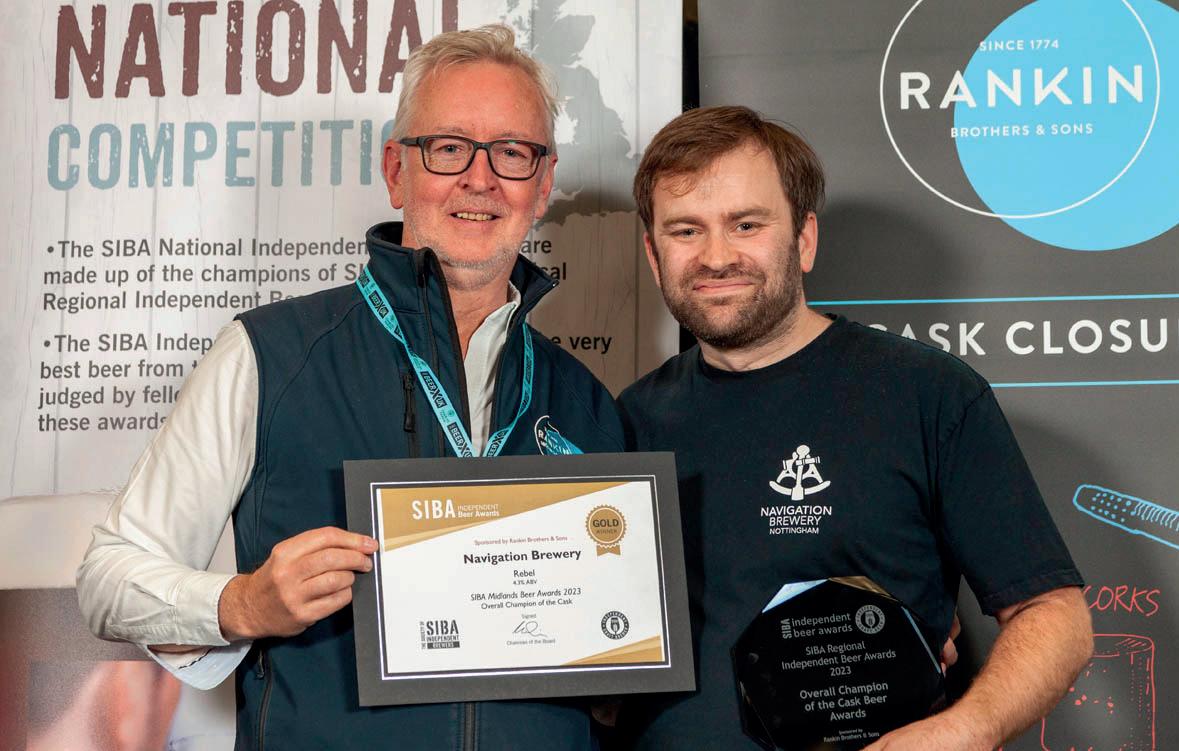
Sponsored by: Rankin Brothers & Sons
Presented to: Craig Nightingale
Presented by: Andy Cox
G GOLD: Navigation Brewery Rebel 4.3%
S SILVER: Navigation Brewery American 5.2%
B BRONZE: Loose Cannon Brewery
Mrs Stoutfire 9.0%
Regional Beer Competitions Midlands
B BRONZE: Rebellion Beer Co. Ltd.
Roasted Nuts 4.6%
Cask British Bitter
Sponsored by: Murphy & Son Ltd
G GOLD - BEST IN CATEGORY: Davenports Brewery Ltd Original Bitter 4.2%
S SILVER: Chiltern Brewery
Beechwood Bitter 4.3%
S SILVER: Brampton Brewery
Brampton Best 4.2%
S SILVER: Lincoln Green Brewing Company Hood 4.2%
S SILVER: Purity Brewing JIMBO 4.0%
Cask Session Dark Beer
Sponsored by: Bulk Storage and Process Systems
G GOLD - BEST IN CATEGORY:
Peak Ales Limited Mild 4.0%
G GOLD: Grainstore Brewery
Rutland Panther 3.4%
G GOLD: Milestone Brewery
North Rock 4.0%
G GOLD: White Horse Brewery
Black Beauty 3.9%
S SILVER: Vale Brewery Company Ltd
Black Beauty Porter 4.4%
B BRONZE: Charnwood Brewery
Ermintrude 4.0%
Cask British Dark Beer
Sponsored by: Crisp Malting Group
G GOLD - BEST IN CATEGORY:
Grainstore Brewery Rutland Beast 5.3%
S SILVER: Dancing Duck Brewery
Dark Drake 4.5%
S SILVER: Fownes Brewing Company
Korvak's Saga 5.4%
B BRONZE: Brampton Brewery
Brampton Mild 4.9%
B BRONZE: Thornbridge Brewery
Market Porter 4.5%
S SILVER: Charnwood Brewery Vixen 4.0%
S SILVER: Liquid Light Brew Co. LTD
Wizard Of Finance 4.2%
S SILVER: Vale Brewery Company Ltd
Red Kite 4.3%
B BRONZE: Titanic Brewery Anchor 4.1%
B BRONZE: Grainstore Brewery Red Kite 3.8%
B BRONZE: Welbeck Abbey Brewery Ltd
Red Feather 3.9%
B BRONZE: Dancing Duck Brewery
Nice Weather 4 Ducks 4.1%
B BRONZE: Castle Rock Brewery
Preservation 4.4%
Cask British Best Bitter
Sponsored by: Rankin Brothers & Sons
G GOLD - BEST IN CATEGORY:
Purity Brewing Pure UBU 4.5%
G GOLD: Brampton Brewery Wasp Nest 5.0%
B BRONZE: Brewhouse and Kitchen
004 Oaks 5.0%
Cask Session Pale Ale
Sponsored by: Rankin Brothers & Sons
G GOLD - BEST IN CATEGORY:
Navigation Brewery Rebel 4.3%
S SILVER: Charnwood Brewery
Blue Fox 4.2%
S SILVER: Little Brewing Company Ltd
Hush 4.4%
S SILVER: Castle Rock Brewery
Flow State 4.1%
B BRONZE: Brampton Brewery
Golden Bud 3.8%
B BRONZE: Thornbridge Brewery
Astryd 3.8%
B BRONZE: Rebellion Beer Co. Ltd.
IPA 3.7%
Cask Pale Ale
Sponsored by: Rankin Brothers & Sons
G GOLD - BEST IN CATEGORY:
Navigation Brewery American 5.2%
S SILVER: Front Row brewing Jackler 4.5%
S SILVER: Liquid Light Brew Co. LTD
Less Dangerous 4.5%
S SILVER: White Horse Brewery
Show Pony 4.5%
B BRONZE: Welbeck Abbey Brewery Ltd
Atlas 5.0%
B BRONZE: Blue Monkey Brewery
Infinity IPA 4.6%
B BRONZE: Peak Ales Limited DPA 5.0%
Cask IPA
Sponsored by: Charles Faram
G GOLD - BEST IN CATEGORY: Blue Monkey Brewery
Infinity Plus 1 5.6%
S SILVER: Brampton Brewery
Speciale 5.8%
Cask Speciality Light Beer
Sponsored by: Rankin Brothers & Sons
G GOLD - BEST IN CATEGORY:
Chiltern Brewery Earl Grey IPA 3.9%
B BRONZE: Navigation Brewery
Key Lime Pale 4.0%
78 Autumn 2023 | SIBA Independent Brewer | www.siba.co.uk
SIBA Midlands competition winners 2023
Overall Champion of the Keg Beer Competition
Sponsored by: Whisper Pumps Ltd
Presented to: John Nowacki
Presented by: Whisper Pumps Ltd
G GOLD BEST IN CATEGORY:
Attic Brew Co. Signals 5.6%
S SILVER: Loose Cannon Brewery
Reunion Tripel 8.5%
B BRONZE: Attic Brew Co. Intuition 4.4%
Cask Speciality Amber to Dark Beer
Sponsored by: Rankin Brothers & Sons
G GOLD - BEST IN CATEGORY:
Loose Cannon Brewery
Mrs Stoutfire 9.0%
G GOLD: Blue Monkey Brewery
Cinder Toffee Stout 5.0%
B BRONZE: Titanic Brewery
Plum Porter 4.9%
B BRONZE: Milestone Brewery
Hammer Head Stout 5.6%
B BRONZE: Navigation Brewery
Arizona Wave 4.8%
Cask Imperial and Strong
Sponsored by: Crisp Malting Group
G GOLD - BEST IN CATEGORY:
Navigation Brewery
Gravitational Anomaly 11.5%
S SILVER: Grainstore Brewery Nip 7.3%
B BRONZE: Uttoxeter Brewing Company
Winners Enclosure 6.5%
Keg Session Lager
Sponsored by: Charles Faram
G GOLD - BEST IN CATEGORY:
Chiltern Brewery Chiltern Lager 3.8%
G GOLD: Thornbridge Brewery Lukas 4.2%
B BRONZE: Braybrooke Beer Co.
Helles 4.2%
B BRONZE: Milestone Brewery
Pilsner Lager 4.0%
Keg Premium Lager
G GOLD - BEST IN CATEGORY:
Braybrooke Beer Co. Pilsner 4.5%
S SILVER: Milestone Brewery
Helles Lager 4.7%
S SILVER: Brewhouse and Kitchen
Kolsch 5.0%
SIBA South West competition winners 2022
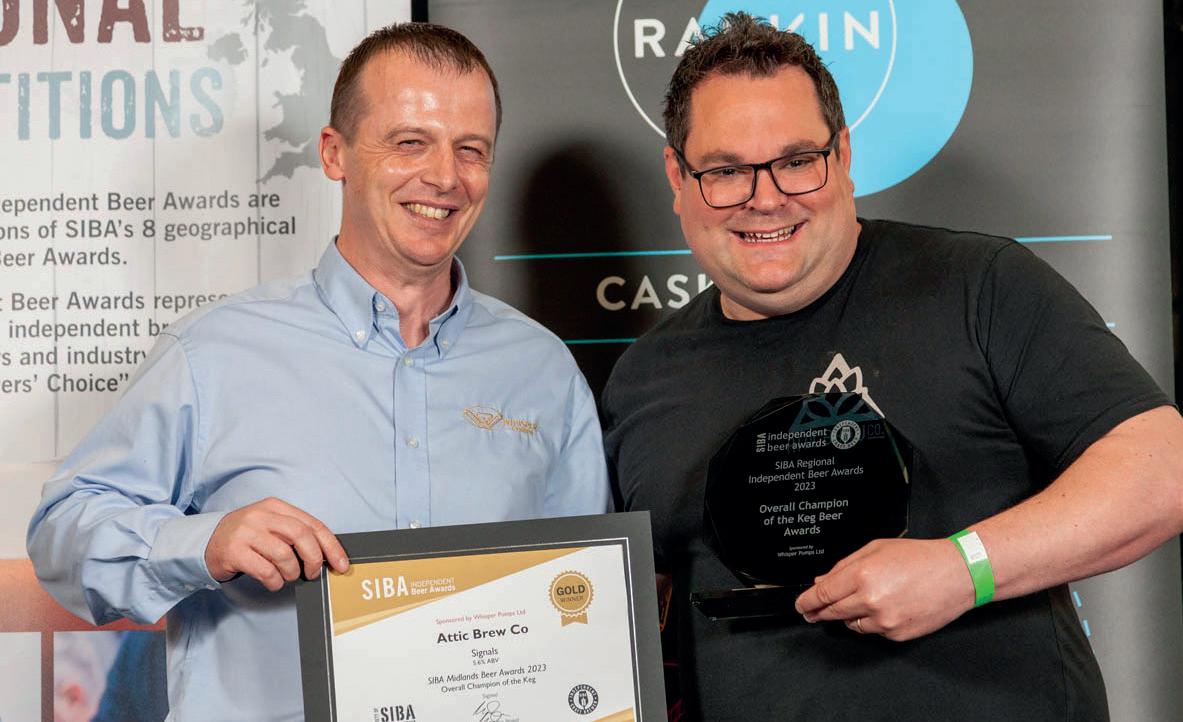
B BRONZE: Attic Brew Co. Birmingham Pilsner 4.5%
Keg British Ales
Sponsored by: Charles Faram
S SILVER: Rebellion Beer Co. Ltd. IPA 3.7%
Keg Session Pale Ale
G GOLD - BEST IN CATEGORY: Attic Brew Co. Intuition 4.4%
S SILVER: Liquid Light Brew Co. LTD Day Tripper 4.3%
B BRONZE: Thornbridge Brewery Green Mountain 4.3%
Keg Pale Ale
Sponsored by: Charles Faram
G GOLD - BEST IN CATEGORY:
Birmingham Brewing Company
Hazy Brummie 4.5%
G GOLD: Rebellion Beer Co. Ltd.
24 Carat 5.0%
S SILVER: Castle Rock Brewery
DDH Pale: Citra 5.0%
S SILVER: Navigation Brewery
American 5.2%
B BRONZE: Brewhouse and Kitchen
Nipmuc 4.8%
Keg IPA
G GOLD - BEST IN CATEGORY:
Attic Brew Co. Signals 5.6%
S SILVER: Blue Monkey Brewery
New Hampshire 6.0%
Keg Speciality IPA
Sponsored by: Charles Faram
G GOLD - BEST IN CATEGORY:
Purity Brewing Session IPA 4.5%
Keg Stout & Porter
B BRONZE: Brewhouse and Kitchen
Black Belt 5.4%
B BRONZE: Purity Brewing
Pure Stout 4.7%
Keg Imperial & Strong Ale
S SILVER: Fownes Brewing Company
Korvak's Downfall 9.0%
Keg Sour & Wild Ale
S SILVER: Navigation Brewery
Pog Slammer 9.3%
Keg Continental Style Beer
G GOLD - BEST IN CATEGORY:
Loose Cannon Brewery
Reunion Tripel 8.5%
S SILVER: Tuck's Brewery Ltd
Tucks Saison 4.8%
B BRONZE: Braybrooke Beer Co. Keller 4.8%
Keg Speciality & Flavoured Beer
G GOLD - BEST IN CATEGORY:
Titanic Brewery Plum Porter 4.9%
S SILVER: Blue Monkey Brewery
Chocolate Amaretto 4.9%
S SILVER: Liquid Light Brew Co. LTD
Pink Moon 4.0%
S SILVER: Navigation Brewery
Key Lime Pale 4.0%
B BRONZE: Brewhouse and Kitchen
Sixsmith 4.5%
79 www.siba.co.uk | SIBA Independent Brewer | Autumn 2023
SIBA Scotland competition winners 2023
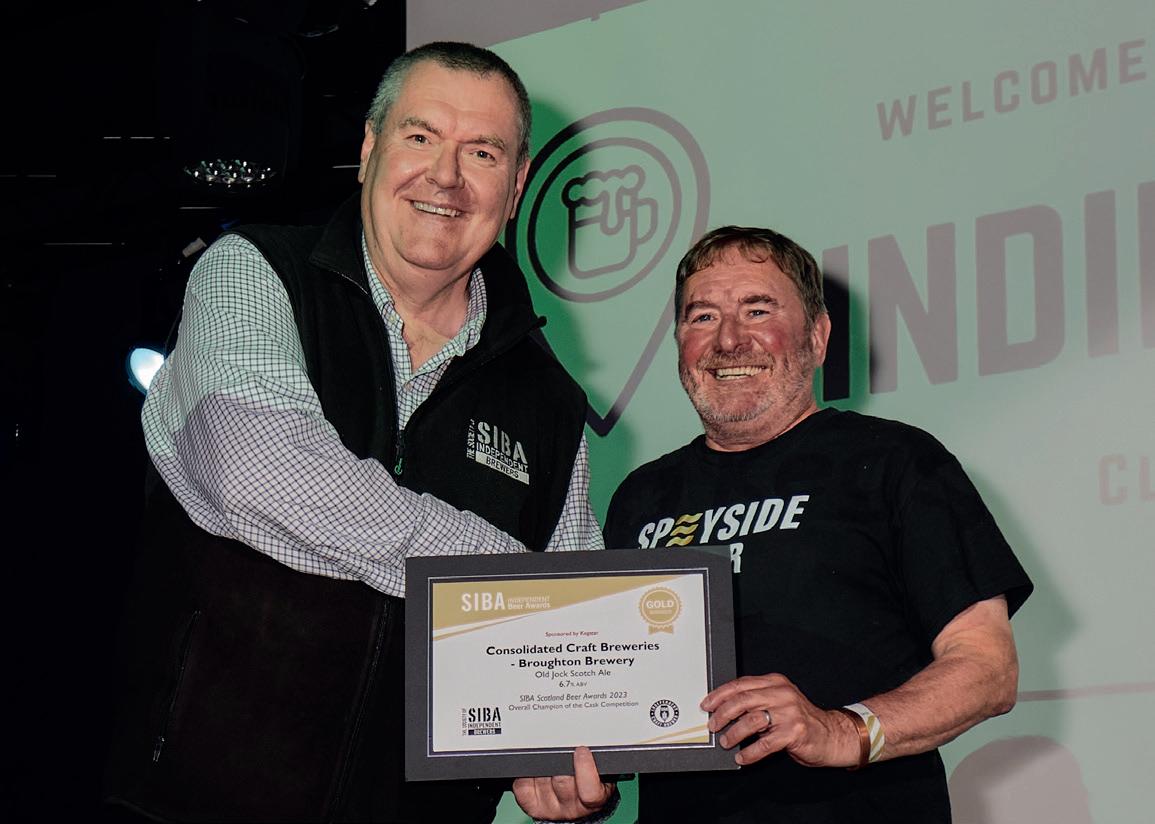
Overall Champion of the Cask Beer Competition
Sponsored by: Kegstar
Presented to: Christie Slater
Presented by: Andy Slee
G GOLD: Consolidated Craft Breweries - Broughton
Brewery Old Jock Scotch Ale 6.7%
S SILVER: Cairngorm Brewery Company Ltd
Black Gold 4.4%
B BRONZE: Bellfield Brewery Ltd Lucky Spence IPA 3.5%
S SILVER: Cairngorm Brewery Company Ltd Stag 4.1%
S SILVER: Innis & Gunn Brewing
Company Ossian Golden Ale 4.1%
B BRONZE: Loch Lomond Brewery
West Highland Way 3.8%
B BRONZE: Consolidated Craft Breweries
- Broughton Brewery
Regional Beer Competitions Scotland
Cask Session Dark Beer
(up to 4.4%)
Sponsored by: Rankin Brothers & Sons
G GOLD - BEST IN CATEGORY:
Cairngorm Brewery Company Ltd
Black Gold 4.4%
S SILVER: Cross Borders Brewing
Heavy 4.1%
Cask British Dark Beer (4.5 to 6.4%)
Sponsored by: Rankin Brothers & Sons
G GOLD - BEST IN CATEGORY:
Ardgour Ales Ltd
Bainne nan Gobhar 4.5%
G GOLD: SaltRock Brewing
Louis Louis 5.5%
S SILVER: Five Kingdoms
Calm Before The Storm 5.0%
S SILVER: Loch Lomond Brewery
Silkie Stout 5.0%
Cask British Bitter (up to 4.4%)
Sponsored by: Murphy & Son
G GOLD - BEST IN CATEGORY:
Harviestoun Brewery
Bitter and Twisted 3.8%
Wee Jock 80 Shilling 4.4%
B BRONZE: Isle of Arran Brewery
Arran Sunset 4.4%
B BRONZE: Swannay Brewery
Scapa Special 4.2%
Cask British Best Bitter
(4.5 to 6.4%)
Sponsored by: Rankin Brothers & Sons
G GOLD - BEST IN CATEGORY:
Windswept Brewing Co APA 5.0%
S SILVER: Swannay Brewery
Orkney IPA 4.8%
B BRONZE: Kelburn Brewery Jaguar 4.5%
B BRONZE: Fyne Ales Highlander 4.8%
Cask Session Pale Ale
(up to 4.4%)
Sponsored by: Charles Faram
G GOLD - BEST IN CATEGORY:
Bellfield Brewery Ltd Lucky Spence IPA 3.5%
G GOLD: Campervan Brewery
Nomad Pale 4.2%
S SILVER: Williams Bros Brewing Co.
Talking Head 4.4%
B BRONZE: Cross Borders Brewing
Session Pale 4.2%
B BRONZE: Loch Lomond Brewery
Southern Summit 4.0%
B BRONZE: Ardgour Ales Ltd Eas Gea 3.4%
B BRONZE: Barney's Beer
Loop Modern Pale Ale 3.8%
B BRONZE: Five Kingdoms
Summerisle 4.0%
Cask Pale Ales
(4.4 to 5.5%)
Sponsored by: Rankin Brothers & Sons
G GOLD - BEST IN CATEGORY:
Loch Lomond Brewery Zoom Time 4.5%
G GOLD: Fyne Ales Avalanche 4.5%
B BRONZE: Windswept Brewing Co
Hurricane 4.5%
Cask IPA
(5.6% and over)
Sponsored by: Charles Faram
G GOLD - BEST IN CATEGORY:
Windswept Brewing Co Coastal Haze 8.0%
S SILVER: Loch Lomond Brewery
Bravehop 6.0%
B BRONZE: Cross Borders Brewing Ltd
India Pale Ale 6.0%
Cask Speciality Light Beers
G GOLD - BEST IN CATEGORY:
Windswept Brewing Co
Indian Summer 4.7%
S SILVER: Harviestoun Brewery
Schiehallion 4.8%
Cask Speciality Amber to Dark Beer
Sponsored by: Rankin Brothers & Sons
S SILVER: Loch Lomond Brewery
Lost Monster 10.0%
B BRONZE: MoR Beer Ticia 4.5%
B BRONZE: Consolidated Craft Breweries
- Alechemy RUM DMC 4.8%
Cask Imperial and Strong
(6.5% and over)
Sponsored by: Crisp Malting Group
G GOLD - BEST IN CATEGORY:
Consolidated Craft BreweriesBroughton Brewery
Old Jock Scotch Ale 6.7%
B BRONZE: Ardgour Ales Ltd Gobhar
Reamhar 6.5%
80 Autumn 2023 | SIBA Independent Brewer | www.siba.co.uk
Overall Champion of the Keg Beer Competition
G GOLD BEST IN CATEGORY:
Swannay Brewery Orkney Porter 9.0%
SIBA Scotland competition winners 2023
SIBA South West competition winners 2022
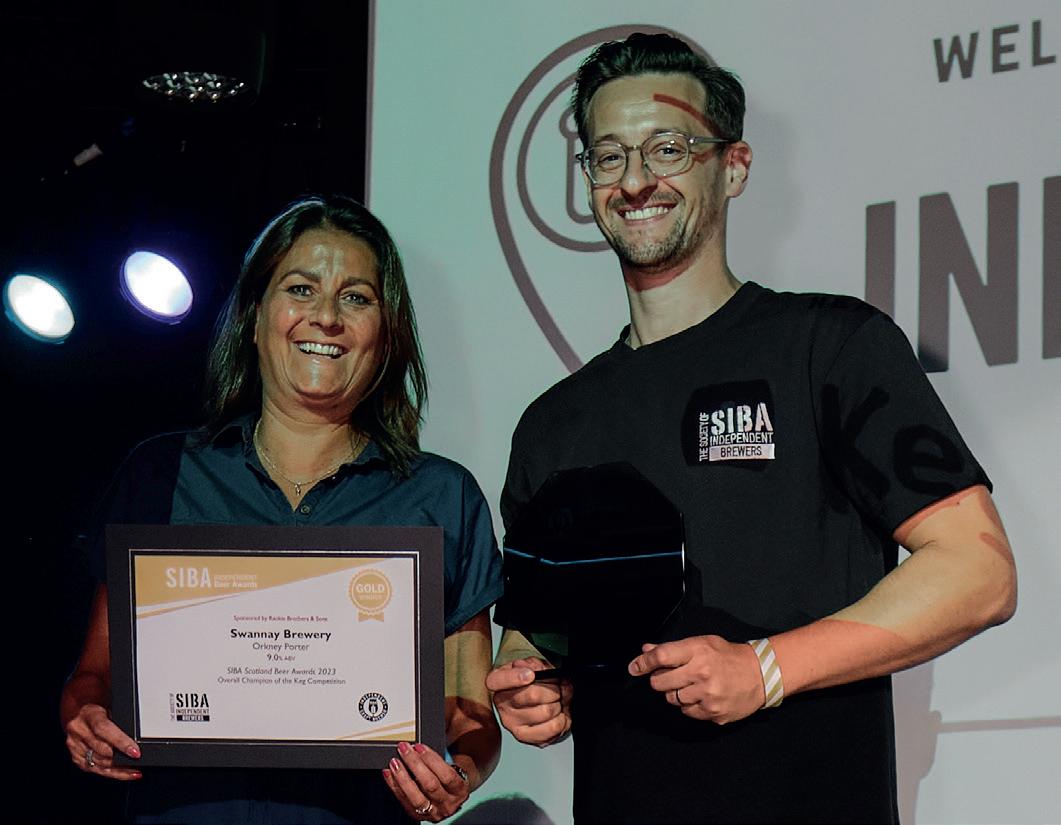
S SILVER: Bellfield Brewery Ltd Vienna Secession Lager 4.3%
B BRONZE: Brew Toon Misty Lemon Radler 2.6%
Keg Non-Alcoholic & Low ABV
G GOLD - BEST IN CATEGORY:
Brew Toon Misty Lemon Radler 2.6%
Keg Session Lager
(up to 4.4%)
Sponsored by: Petainer UK Holdings Ltd
G GOLD: Bellfield Brewery Ltd
Vienna Secession Lager 4.3%
S SILVER: Williams Bros Brewing Co.
Caesar Augustus 4.0%
B BRONZE: Cross Borders Brewing
Pilsner 4.3%
B BRONZE: Loch Lomond Brewery
High Road 4.2%
B BRONZE: Stewart Brewing
Stewart's Lager 4.0%
B BRONZE: 71 Brewing 71 Lager 4.4%
B BRONZE: Harviestoun Brewery
Sorachi Pils 4.4%
Keg Premium Lager (4.5% to 6.4%)
G GOLD - BEST IN CATEGORY:
Moonwake Beer Co. Lager 4.8%
S SILVER: Five Kingdoms Renton 4.5%
S SILVER: Cairngorm Brewery Company
Ltd Cairngorm Lager 4.5%
B BRONZE: Consolidated Craft BreweriesSpey Valley Brewery Speyside Lager 4.8%
B BRONZE: Harviestoun Brewery
Schiehallion 4.8%
Keg British Ales (up to 6.4%)
Sponsored by: Charles Faram
B BRONZE: 71 Brewing Heavy Lifting 3.9%
Keg Session Pale Ale (up to 4.4%)
Sponsored by: Crisp Malting Group
G GOLD - BEST IN CATEGORY:
Bellfield Brewery Ltd
Lucky Spence IPA 3.5%
S SILVER: Dog Falls Brewing Co
Colloidoscope 4.3%
B BRONZE: Loch Lomond Brewery
Southern Summit 4.0%
B BRONZE: Cross Borders Brewing
Wee Braw 4.0%
Keg Pale Ale (4.5% to 5.5%)
B BRONZE: 71 Brewing
Cloud Fall 4.5%
B BRONZE: Barney's Beer
Nebulous 4.7%
B BRONZE: Loch Lomond Brewery
Zoom Time 4.5%
B BRONZE: Moonwake Beer Co.
Pale Ale 4.8%
Keg IPA (5.6% to 7.4%)
G GOLD - BEST IN CATEGORY:
Stewart Brewing Radical Road 6.4%
S SILVER: Dog Falls Brewing Co
Split the Tree 7.2%
B BRONZE: Moonwake Beer Co.
West Coast IPA 6.0%
B BRONZE: 71 Brewing Flight Path 6.1%
Keg Double & Triple IPA (7.5% and over)
Sponsored by: Bulk Storage and Process Systems Ltd
G GOLD - BEST IN CATEGORY: Five Kingdoms
The Great Escape 7.5%
S SILVER: 71 Brewing
Rollin' Coaster 7.4%
Keg Speciality IPA
G GOLD - BEST IN CATEGORY:
71 Brewing Haze Halo 5.0%
S SILVER: Innis & Gunn Brewing Company Mangoes on the Run 5.0%
Keg Amber, Brown & Red Ale (up to 6.4%)
B BRONZE: Wasted Degrees Brewing
Amber Rye 5.0%
B BRONZE: Stewart Brewing Nitro 80 4.4%
Keg Stout & Porter (6.4% and under)
G GOLD - BEST IN CATEGORY:
Loch Lomond Brewery Silkie Stout 5.0%
B BRONZE: Campervan Brewery
EXTRA BLACK 4.5%
B BRONZE: Windswept Brewing Co
1806 5.0%
Keg Imperial & Strong Ale (6.5% and over)
G GOLD - BEST IN CATEGORY:
Swannay Brewery Orkney Porter 9.0%
S SILVER: Windswept Brewing Co Bear 10.5%
Keg Sour & Wild Ale
G GOLD - BEST IN CATEGORY: 71 Brewing Fruition - Blackcurrant Apple Crumble 6.5%
S SILVER: Stewart Brewing
Key Lime Pie 3.4%
Keg Continental Style Beer
G GOLD - BEST IN CATEGORY:
Moonwake Beer Co. Weissbier 5.0%
Keg Speciality & Flavoured Beer
Sponsored by: Bulk Storage and Process Systems Ltd
G GOLD - BEST IN CATEGORY:
Loch Lomond Brewery Lost Monster 10.0%
B BRONZE: Dog Falls Brewing Co
Chapeau Pierre! 4.8%
B BRONZE: Williams Bros Brewing Co.
Che Guava 3.4%
81 www.siba.co.uk | SIBA Independent Brewer | Autumn 2023
Sponsored by: Rankin Brothers & Sons
Presented to: Louise Milne
Presented by: Neil Walker
"Everything that we were looking for in a canning line, this line has... it's really reliable, it's really robust... it was really a no-brainer at the end of the day that this was the line to go with."

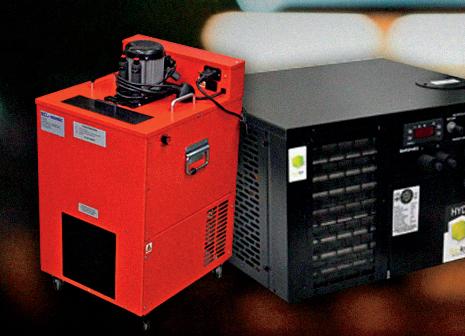


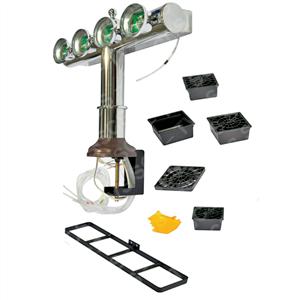
~ Dan MacKinnon, MacKinnon Brothers Brewing





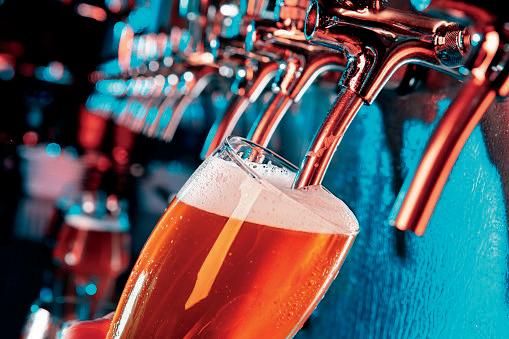

Watch Their Story Here...


82 Autumn 2023 | SIBA Independent Brewer | www.siba.co.uk
INLINE AND ROTARY CANNING SYSTEMS AVAILABLE IN OPEN-AIR AND COUNTER-PRESSURE CONFIGURATIONS 130 YEARS OF EXPERTISE IN CANNING, SCALED FOR BREWERS OF ALL SIZES WWW BEER-CANNING COM CHOOSE A PARTNER WHO WILL HELP YOU GROW! Find out more: Visit Stand 513 at Brewers Congress 2023 and www.beer-canning.com Droitwich: +44 (0) 1905 771882 C M Y CM MY CY CMY K Independent Brewer_Autumn 2023_Brewers Congress Preview_HalfPage Ad_182mmx128mm.pdf 1 9/12/2023 3:54:19 PM Next Day Delivery Competitively Priced 12 Month Warranty Quality Assured Wide Range Available www.drinksflow.co.uk
Otter Brewery develops a new ‘Fresh Ale’ category
Otter Brewery has launched a new and exciting category that bridges the gap between craft beer, cask ale and lager.
Fresh Ale is a new form of ale that is brewed in exactly the same way as Otter’s other cask beers, but rather than being filled into a cask, the beer is gently carbonated before being racked into a keg. Otter Brewery’s Fresh Ale is dispensed slightly cooler than traditional cask ale but not as cold as keg, with a light carbonation that allows the beer to remain true to its cask ale equivalent in taste and body. As the beer has been filtered, the ale remains in perfect condition for weeks rather than days, an important factor in the current environment.
Patrick McCaig, Managing Director at Otter Brewery, is confident that the cask ale sector has legs but believes it needs to modernise as well. He said: “Our Fresh Ale concept arrives at a time when customers are searching out drinks that are flavoursome, gently carbonated and slightly cooler than traditional cask ale. Our first beer in this category, Amber Fresh, has been developed to help both revive and energise the ale sector (including cask) giving drinkers of all ages the confidence of quality when making their bar call. All too often a pint of cask ale can be disappointing and often this is largely due
New Cornish beer celebrates unique coastal ecosystem
A new Cornish beer from The Driftwood Spars Brewery a coastal microbrewery has been inspired by the unique ecosystem of sand dune habitats.
Dune, a hazy pale ale, seeks to celebrate and protect these precious features of the coastline.
Mike Mason, Head Brewer at the awardwinning brewery at Trevaunance Cove, described the beer as: “Smooth, fruity and sessionable, with a subtle tropical twist. It’s a deep golden colour and was crafted for summer days – it’s a great new addition to our Cove range of contemporary beers.”
Hazy pale ales like this often rely on New
World hops for their intense tropical fruit flavours, but The Driftwood Spars Brewery prefers to use English hops; Dune is dryhopped with large amounts of Olicana and Opus, giving it a more mellow tropical flavour balanced with creamy, biscuity malt notes.
Mike explained: “We source our hops and malts with low mileage, as well as high quality, in mind. The hops are grown across England and processed in Worcestershire, and we use the fantastic Warminster Maltings in Wiltshire as a source of traditionally produced floor malts.”
The resulting beer, and the branding, have been designed to evoke sun-drenched days on the Cornish coast, days “of nothing but
to the lack of throughput resulting from too many beers on the bar. Fresh Ale comes with a guarantee of flavour and condition.”
Asked what else makes Fresh Ale different, McCaig added: “Amber Fresh can be found at the ‘cask ale end of the bar’- we’re not trying to disguise a cask ale as ‘craft’, we’re presenting a beer that will stand the test of time with a modernist approach to the branding. We have created a contemporary new font that gives Amber Fresh its own identity, along with specially designed glasses that clearly identify the fresh nature of the drink.”
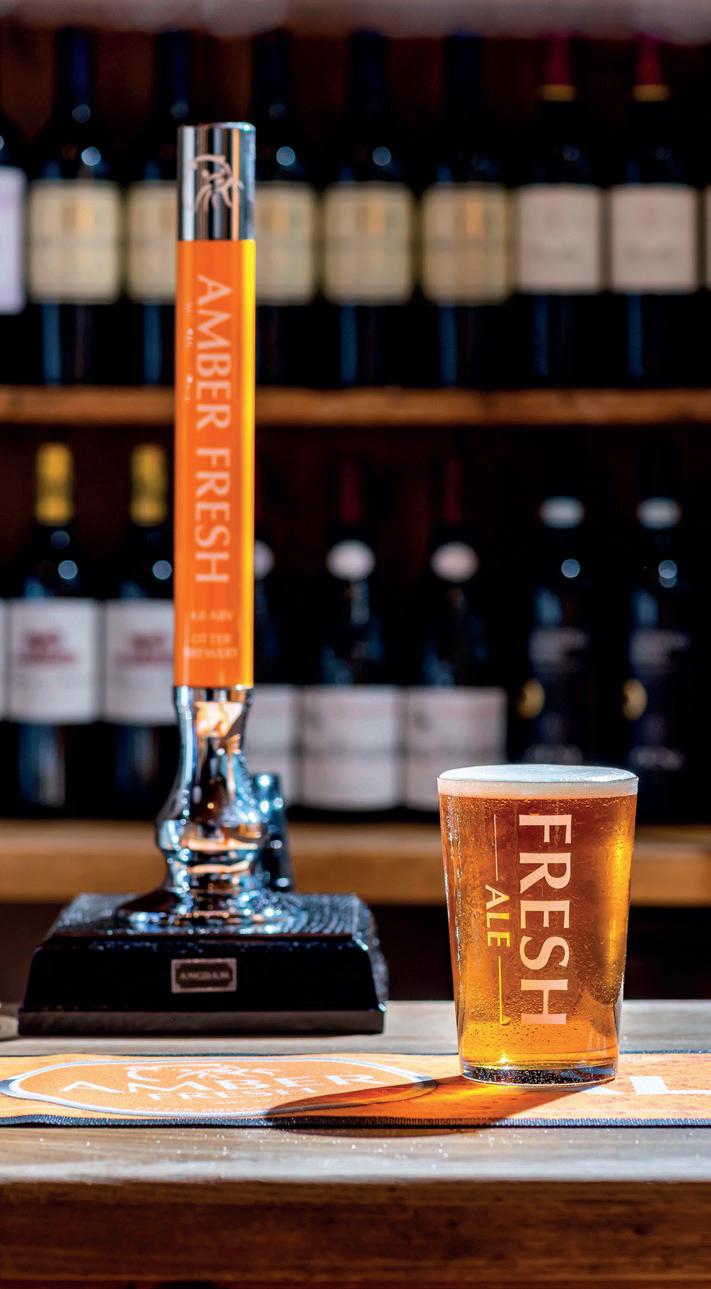
One pub that trialled Amber Fresh ahead of launch was The Volunteer in Otter St Mary where publican Mike Down said: “Amber Fresh is a breath of fresh air in the category. Since we have introduced it we have had significant interest from both ale and lager drinkers and initial reaction from both camps has been extremely positive. From a publican’s perspective, the additional ‘shelf life’ of the product is exactly what is needed, especially in the run up to the traditionally quieter months at the beginning of the year.”
To find out more email info@otterbrewery.com or call 01404 891285
golden sands, dune grass and crystal-clear blue waters.”
Blissful though this might sound, there’s an important message at the heart of this release from the brewery, which puts the local environment and community at the centre of its approach. The brewery is partnering with ocean clean-up charity, Fathoms Free.
A percentage from every sale of the Cove range of beers is donated to support efforts to remove plastic and discarded fishing gear from the Cornish coast; over 5.5k has been donated since the brewery pledged its support in 2021.
For more information go to www.driftwoodsparsbrewery.com
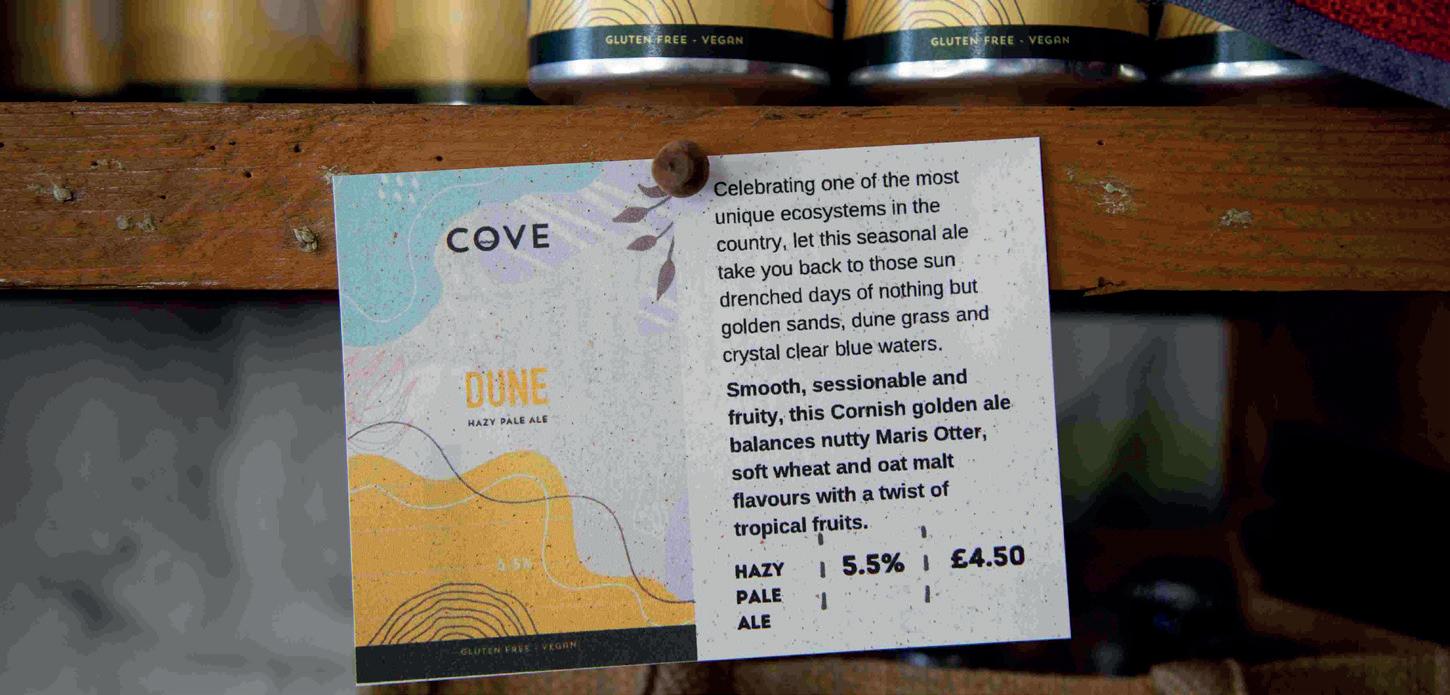
83 www.siba.co.uk | SIBA Independent Brewer | Autumn 2023 Brewery news
S USTAI N ABILIT Y IN BR E WING
Wild Horse Brewing Co and Ogwen Valley Mountain Rescue Organisation launch collaboration beer
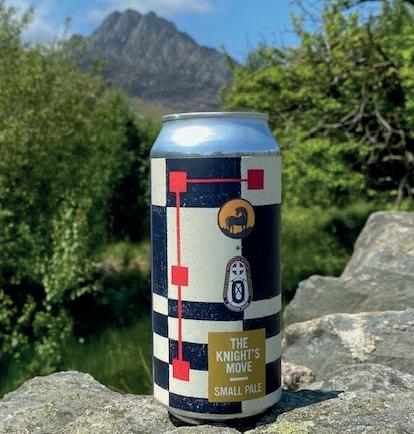
"The Knight's Move" is a 3.5% ABV Small Pale Ale named after a well-known move high up the on Grooved Arete rock climb on Tryfan’s renowned East Face (which happens to be opposite the OVMRO base). With each purchase, customers will not only be buying a fantastic, locally brewed beer but also contribute to a worthy cause.
OVMRO, covering over 150 square miles of awe-inspiring Eryri terrain, provides essential rescue services to those in need. Their selfless efforts in challenging environments have saved countless lives and touched the hearts of the local community and beyond. By joining forces with Wild Horse Brewing, the collaboration aims to shine a light on OVMRO's invaluable contributions while raising vital funds to support their ongoing operations.
Wild Horse Brewing Co, based in Llandudno, and the Ogwen Valley Mountain Rescue Organisation (OVMRO), a dedicated mountain rescue team operating in Northern Eryri (Snowdonia), have announced their collaboration on a special beer release, "The Knight's Move."
This unique partnership aims to raise awareness of OVMRO's vital work and generate funds for the 100% voluntary-run organisation.
Chris Lloyd, Chairman of OVMRO, said: "The collaboration between Wild Horse Brewery and Ogwen Valley Mountain Rescue gives an ideal opportunity to promote this charity and its volunteers who provide a search and rescue service on the mountains and rivers of Northern Snowdonia (Eryri) 24/7. Being one of the busiest Mountain Rescue Teams in the UK, publicity such as this and a contribution from sales of Knight's Move assist with running costs and further development. We greatly appreciate this
Big Drop partners with In Good Company in licencing move
Market-leading alcohol-free brewer Big Drop has entered into a licence agreement with In Good Company, the owner of Fourpure Brewing and Magic Rock Brewing.
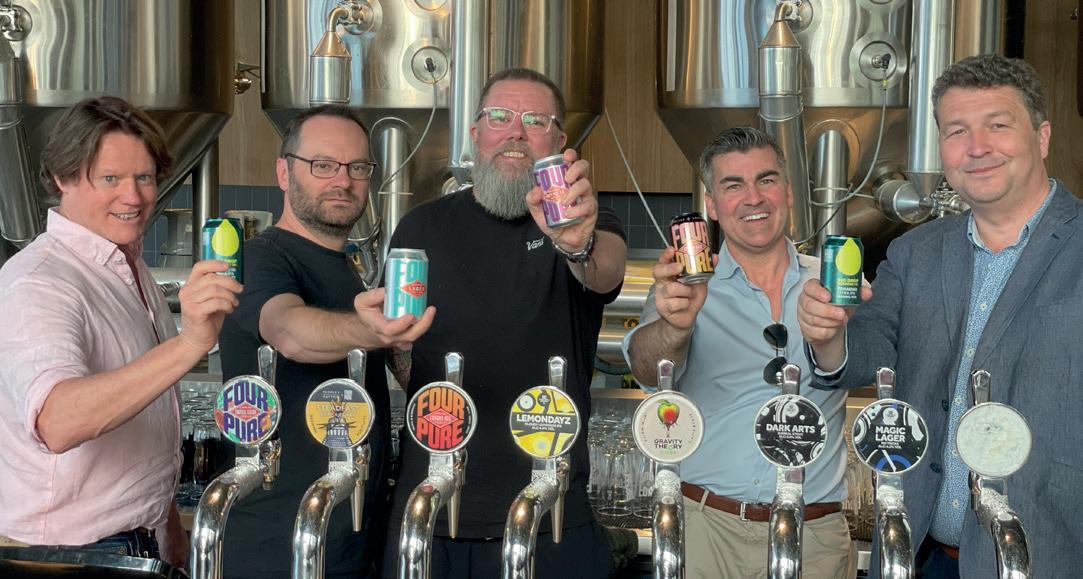
The move is part of Big Drop’s plans to significantly scale its business and facilitate global growth ambitions by fully integrating with brewing partners in three of its key markets: the United Kingdom, USA and Australia.
With a successful track-record of contract brewing at Fourpure in Bermondsey, Big Drop sees this new partnership as an evolution of its decentralised business model that allows it to produce fresh 0.5% ABV beer anywhere in the world - locally and ethically - with minimal carbon footprint. It gives Big Drop the opportunity to swiftly increase revenues to in excess of £5m per year, thanks to In Good Company’s brewing capacity, direct draught accounts and wellestablished sales & marketing functions.
By adding Big Drop to its portfolio, the partnership also puts In Good Company in a strong position to meet the changing demands of craft beer consumers. According to IWSR Drinks Market Analysis
offer by Wild Horse Brewery and wish success with The Knight's Move.”
For every pint or can of "The Knight's Move"
Pale Ale sold, Wild Horse will donate 20p to OVMRO. These funds will go directly towards providing the necessary equipment, training, and resources required to execute lifesaving missions in one of the most picturesque yet perilous landscapes in the United Kingdom. The can label also features a QR code that links to OVMRO’s donation page should customers wish to donate more.
Chris Holyfield, Wild Horse Head of Sales, said: “Ogwen Valley Mountain Rescue Organisation has been our chosen charity from day one. Their invaluable work in the mountains and valleys of the Glyderau, Carneddau and Northern Eryri means they cross paths with the wild Carneddau ponies we are named after. We are indebted to the time their members give up to keep us and visitors safe whilst out enjoying the world class outdoor pursuits we are so lucky to have here in North Wales. This beer is an opportunity to highlight the fact they are 100% voluntary and remind people to enjoy the outdoors responsibly.” Find out more at www.wildhorsebrewing.co.uk and www.ogwen-rescue.org
the compound annual growth rate for the alcohol-free beer market in the UK will be +12% until 2026.
Steve Cox, CEO of In Good Company, said: “Big Drop has become an iconic alcohol-free brand and we’re excited about working more closely with them to provide greater efficiencies without compromising any of their values. This partnership means we can grow together under one roof with all brands in the portfolio enjoying the combined synergies they bring.”
Rob Fink, Founder of Big Drop, added: “We’re delighted that we are on this journey with In Good Company who have the perfect production facility in Bermondsey, have nailed our brew-to-strength techniques and have an extremely capable team behind them.”
Find out more at www.bigdropbrew.com
84 Autumn 2023 | SIBA Independent Brewer | www.siba.co.uk Brewery news
From left to right: Brian Bolger IGC Executive Director, Rob Fink Big Drop Co-Founder, James Kindred Big Drop Co-Founder, Joseph Walsh Big Drop Managing Director, Steve Cox IGC CEO]
Stroud Brewery launches guide to help pubs embrace sustainability
With more and more consumers looking to use their purchasing power to support businesses that are trying to reduce their negative impact on the environment, Stroud Brewery has launched a ‘beginner’s guide to sustainability’ for pubs. Being more responsible builds loyalty in existing customers, and makes a business a desired place to work (especially for Millennials and Gen Z) and can cut some overhead costs like energy bills. But the whole sustainability subject can seem daunting and complex to those who haven’t embarked on this journey before.
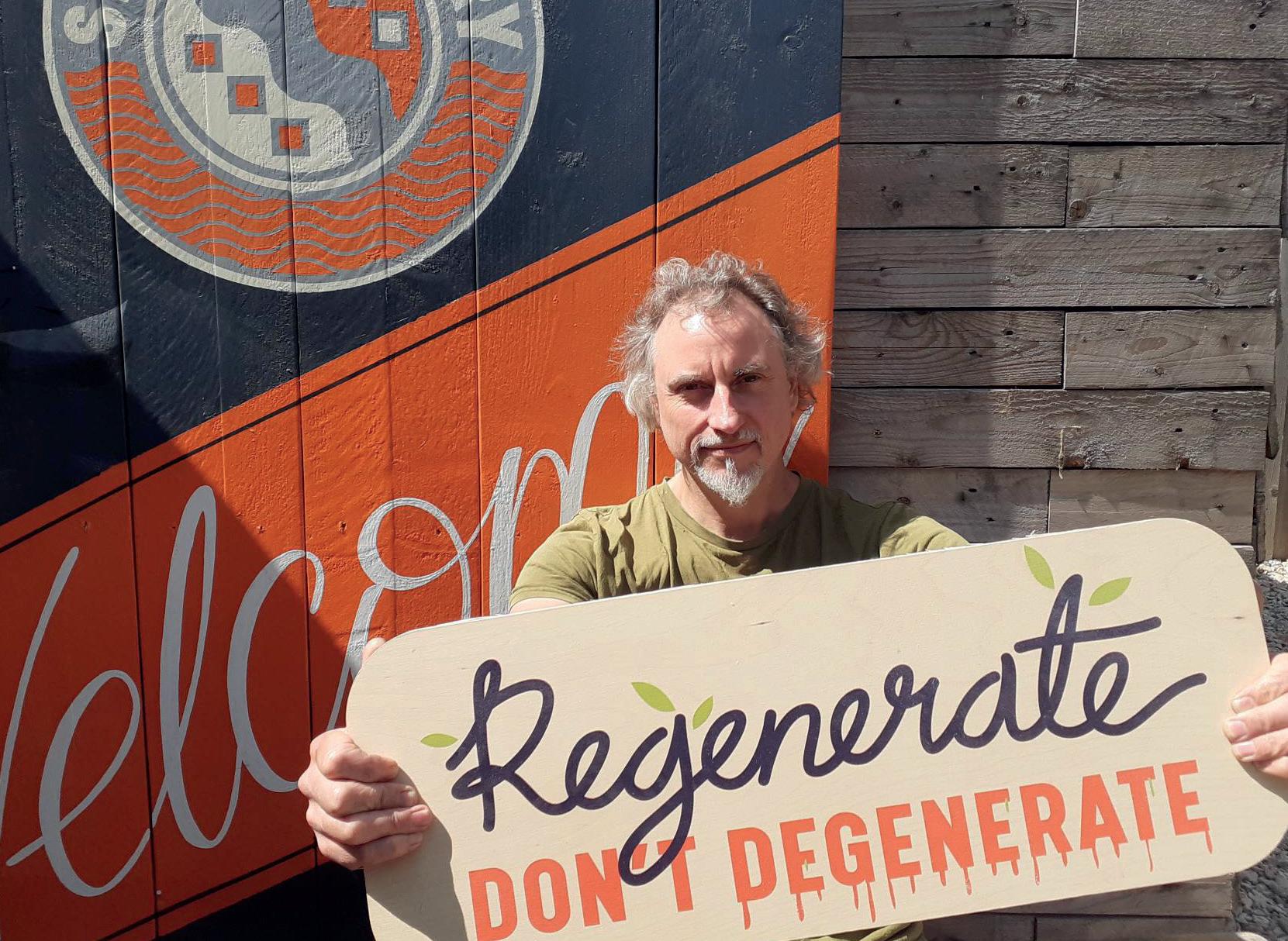
Therefore, to mark National Beer Day on Thursday 15th June, Stroud Brewery, a certified organic brewery with an impressive list of greener operating methods, channelled some of its own experience into a new, free guide to help pubs start to operate in a more environmentally responsible way.
Stroud Brewery is an excellent example of how it’s possible for a business to be both successful and environmentally and ethically responsible. When the brewery started trading back in 2006, such a business, especially in the brewing trade, was rare. Greg Pilley, the brewery’s founder and MD, believed it was possible and his determination has paid off. Stroud Brewery is now a successful, award-winning business serving organic beer and is certified as a B Corporation, an international corporate standard given to businesses that are meeting tough standards of social and environmental performance, transparency and accountability.
The ‘Sustainability in Pubs – Getting Started’ guide has been written specifically for publicans who are interested in making their pub greener but haven’t yet started. It offers 10 top tips covering some straight-forward yet effective ways for how to reduce waste and energy, switch to renewable energy, use local suppliers and get staff and customers involved.
“I completely understand why some publicans could be put off by the green agenda, given all the other tasks and worries they’re juggling right now.” Said Greg. “The important thing to remember is that sustainability can be a ‘win-win’. Many activities that have lower environmental impact will also help towards reducing costs such as energy and water bills.”
He continued: “There appears to be a lot of differing advice ‘out there’ which is why we’ve written this guide based on our own experience of what works. It’s a bit like a ‘pick and mix’ – publicans can choose one of the tips which they feel is feasible for them. Once they’ve done that, they could choose another. Taking lots of small steps and not worrying about being perfect is the best approach to embracing sustainability.”
The guide is available free through this at www.stroudbrewery.co.uk/pages/sustainability-in-pubs-guide
Docks Beers secures major investment
Docks Beers and Docks Academy are planning for expansion after securing a significant investment from two prominent local accountants.
David Everatt and Kevin Hopper, who are partners at Forrester Boyd - one of the largest independent chartered accountancy practices in Lincolnshire and the Humber region - join the original founders Mike Richards, Will Douglas and Shahram Shadan as part-owners of the Grimsby brewery and events venue. Based in a converted church near Grimsby’s Docks, Docks Beers has rebounded since Covid with a fast-growing audience for its beers including collaborations with size and adidas and The Sherlocks. Meanwhile, its art venue, Docks Academy, has established itself as one of Lincolnshire’s premier live music and comedy venues hosting acts such as Lottery Winners, Wheatus, We Are Scientists, Tom Meighan, Gary Delaney and Russell Kane.
Will Douglas, Director of Docks Beers, said: “We are delighted to have secured this investment from two of Grimsby’s foremost accountants. It is brilliant news for our business. Their funding will enable us to go for the next phase of growth. With a sharp increase in the number of events in Docks Academy and external mobile bar events, plus a big upswing in the amount of beer sold to trade and wholesale we are needing more beer now than ever before. This investment unlocks the path to additional beer production without which we will be unable to achieve our goal of becoming one of the UK's most important craft beer breweries and arts venues.”
The deal sees no change to the Docks Beers and Docks Academy day to day operations with the Directors and senior management remaining in situ.
David Everatt said: “Kevin and I are delighted to become shareholders of this flagship Grimsby business. We have long been customers of the Docks Beers taproom and Academy so we know how good their beer and the customer experience is, not to mention the high quality of their events. We have been impressed by the Directors’ business plan and the exciting possibilities for growth. It is good to see Grimsby being put on the map by this brewery and we want to help make their footprint even bigger.”
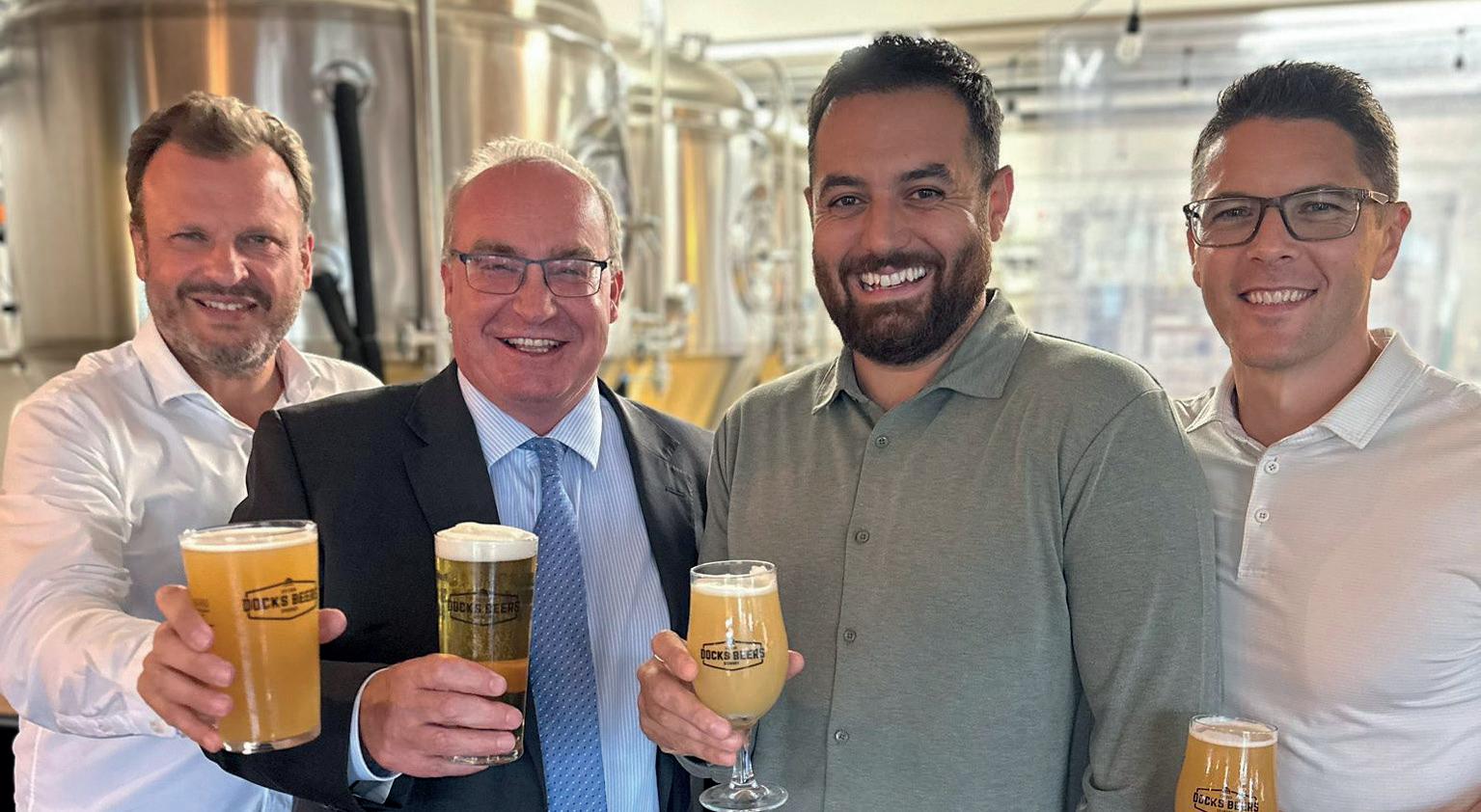
Docks Beers’ Shaz Shadan added: “Among other things this investment will see the launch of a new IPA, building upon the early success of our core IPA Never Say Die, and a refresh of the design of our other core beers. We’re confident that our accessible craft beer brand brewed in Grimsby will sustain its upward trajectory as we expand our presence and grow sales volumes through new listings in on- and off-trade establishments over the coming months. Watch this space.”
Find out more at www.docksbeers.com
85 www.siba.co.uk | SIBA Independent Brewer | Autumn 2023 Brewery news
S USTAI N ABILIT Y IN BR E WING
brewing b egins with Muntons
We supply ultra-low carbon malt and can prove it. With our extensive data we can help you map your carbon impact for raw materials and tell your sustainability story.
At Muntons we are:
• Proud to manufacture malt that comes from 100% sustainable barley*
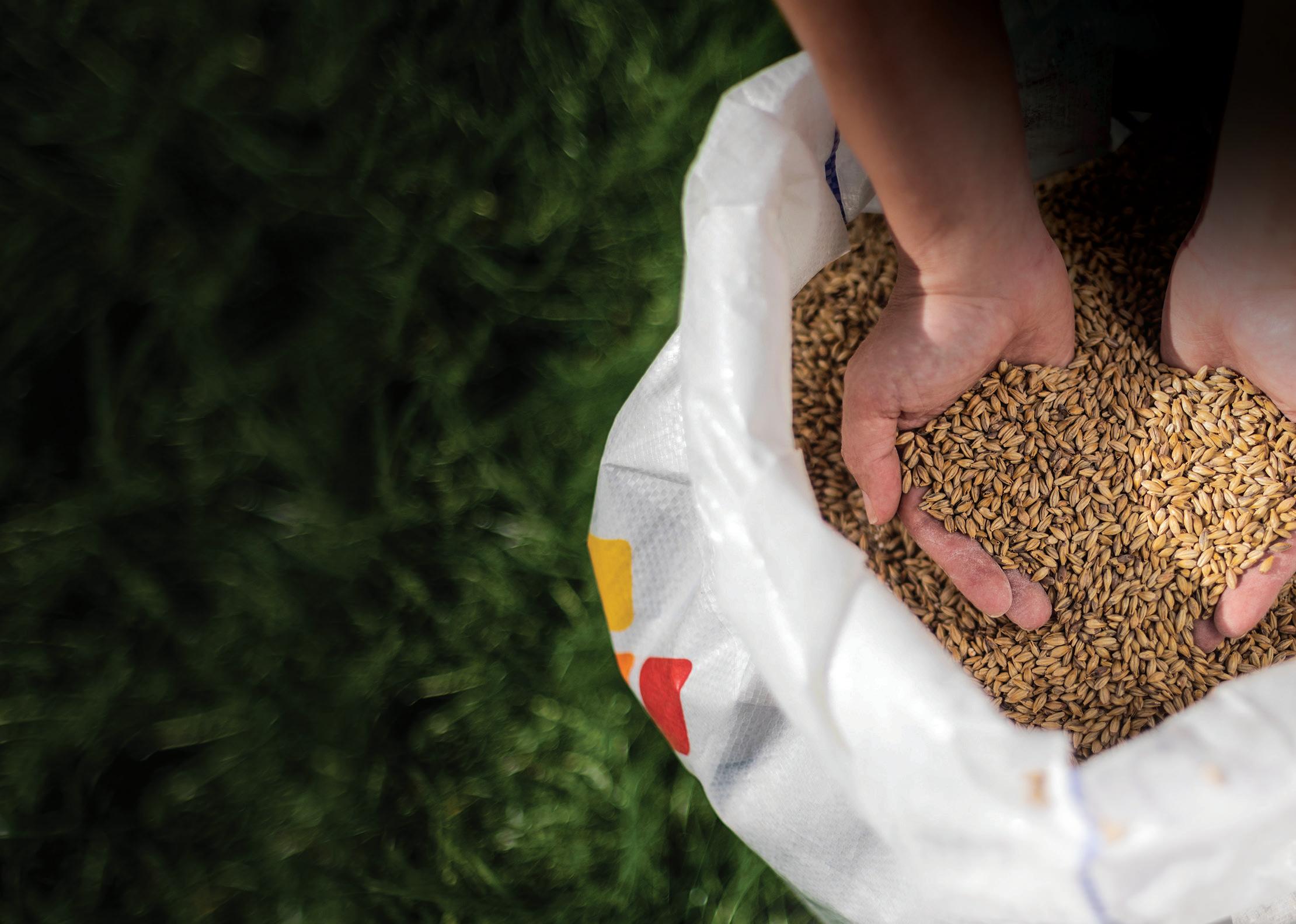
• Charting an ambitious plan to be carbon neutral before 2050
• The first maltster to set a science-based target to reduce Green House Gas emissions by 45% from 2010 to 2025
• Thinking full circle. We convert our waste into products that are reusable within our supply chain
New from Premier Systems Find


BrewMan V7 has been completely rebuilt to combine the features and functions that have been developed alongside our brewery customers for twenty years with new modern interfaces and intuitive controls that can be accessed through your browser on any device.
anywhere in the world with data secured and backed up every two hours.

Autumn 2023 | SIBA Independent Brewer | www.siba.co.uk premiersystems.com sales@premiersystems.com 023 8081 1100 Simple and effective system, using your smartphone. No expensive hardware required! Cask Tracking Production, duty calculation, stock control and distribution all made more efficient and connected end-to-end. End-to-End Solution
your business from
Access from any browser on mobile, tablet or desktop,
Web-Based Software Control
anywhere with BrewMan V7
Out
Sustainable
More...
*Our farm suppliers have been verified against SAI Platform’s Farm Sustainability Assessment (FSA) MUNTONS.COM MUNTONS SALES: hello@muntons.com @muntonsmalt
An American Celebration with Rooster’s Brewing Co.
Rooster’s Brewing Co. collaborated with a selection of the US’s most respected and highly regarded breweries to produce a collection of beers that were released throughout the summer as part of its 30th anniversary celebrations. Billed as an American Celebration, each of the beers also form part of Rooster’s 30th Anniversary Collaboration Project.
The first release of the Harrogate-based brewery’s milestone transatlantic celebrations was brewed with Crooked Stave from Denver, Colorado. Southbound, a 5.0% ABV NZ Pils was released in both can and keg at the start of June, followed by [Insert Name Here], an American Pale Ale brewed with Bale Breaker, from Yakima in Washington State. What’s That In Litres?, is a Juicy Pale Ale which represents Rooster’s third collaboration in recent years with Odell Brewing Co. based in Fort Collins, Colorado.
The fourth collaboration, Everything’s Just Swell!, is a three-way collaboration with California’s Green Cheek Beer Co., and Everywhere, a relatively new start-up brewery that’s quickly developed a strong reputation on the West Coast for the range and quality of its beers. A collaboration with Georgia’s New Realm Brewing Co. completes the set. Find out more at www.roosters.co.uk
Bluestone Brewing Company launches new beer for The Big Orange campaign
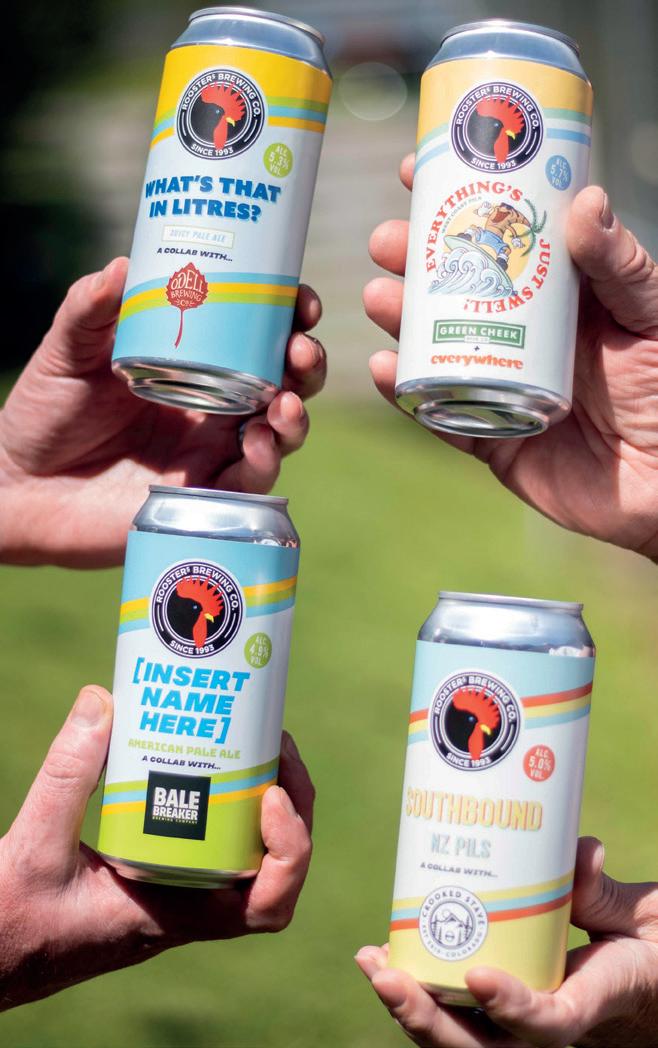
From each pint of Bluestone Brewing’s The Big Orange beer sold, 20p is going straight to the Big Orange campaign which is fundraising for a new lifeboat at New Quay.
Pembrokeshire-based Bluestone launched its fundraising beer in June with the charity contribution made up of a £7 donation per cask from the pub stocking the beer and a £7 donation from Bluestone Brewing Company for each cask sold.
Double-Barrelled brewery appoints Dave Tugwell as Sales Director
Double-Barrelled is excited to welcome Dave Tugwell to its board of directors in a newly created role of Sales Director.
Dave brings with him over 15 years’ experience in the licenced drinks trade, most recently having spent four years at Big Smoke Brew Co as Sales Director, alongside previous roles at Orchard Pig cider, Wells & Youngs and Wadworth Brewing Co.
Dave joins the board with a clear remit to manage all sales domestically and internationally for DoubleBarrelled, utilising his wide network of industry contacts, knowledge and experience to help shape the sales strategy in full.
Dave Tugwell said: "I am thrilled to be joining one of the best breweries in the UK to aid Luci, Mike and their wonderful team to grow Double-Barrelled in the coming years. Having followed and admired the story and growth of Double-Barrelled since their inception, I'm excited to get stuck in to the project and the opportunity to become a part of the exciting Double-Barrelled future."
Co-founder and Managing Director Luci Clayton-Jones said: "We are delighted for Dave to be joining Double-Barrelled, bringing invaluable experience and sales strategy to our team. We are over the moon that Dave also sees the opportunity within DoubleBarrelled and also our core range, particularly Parka." Find out more at www.doublebarrelled.co.uk
'The Big Orange’ is the umbrella brand for a joint funding initiative that aims to contribute to the cost of deploying a new Shannon Class All-weather Lifeboat to New Quay at the centre of Cardigan Bay. The joint initiative includes the New Quay life boat crew, New Quay, Aberaeron and more distant RNLI fund-raising groups, local fishing and trip boat operators, and the New Quay and Aberaeron yacht clubs amongst other stakeholders.
The Big Orange is a well-balanced golden ale with a little bit of sweetness, light maltiness and a hint of familiar citrus flavours from British hop, opus.
Emily Hutchinson, director at Bluestone Brewing Company, said: “We were honoured to be asked to brew a beer especially for the campaign. We love brewing new beers anyway, but it’s extra special that we can brew something to help to fundraise for a local and very worthy cause.”
For more information go to www.bluestonebrewing.co.uk
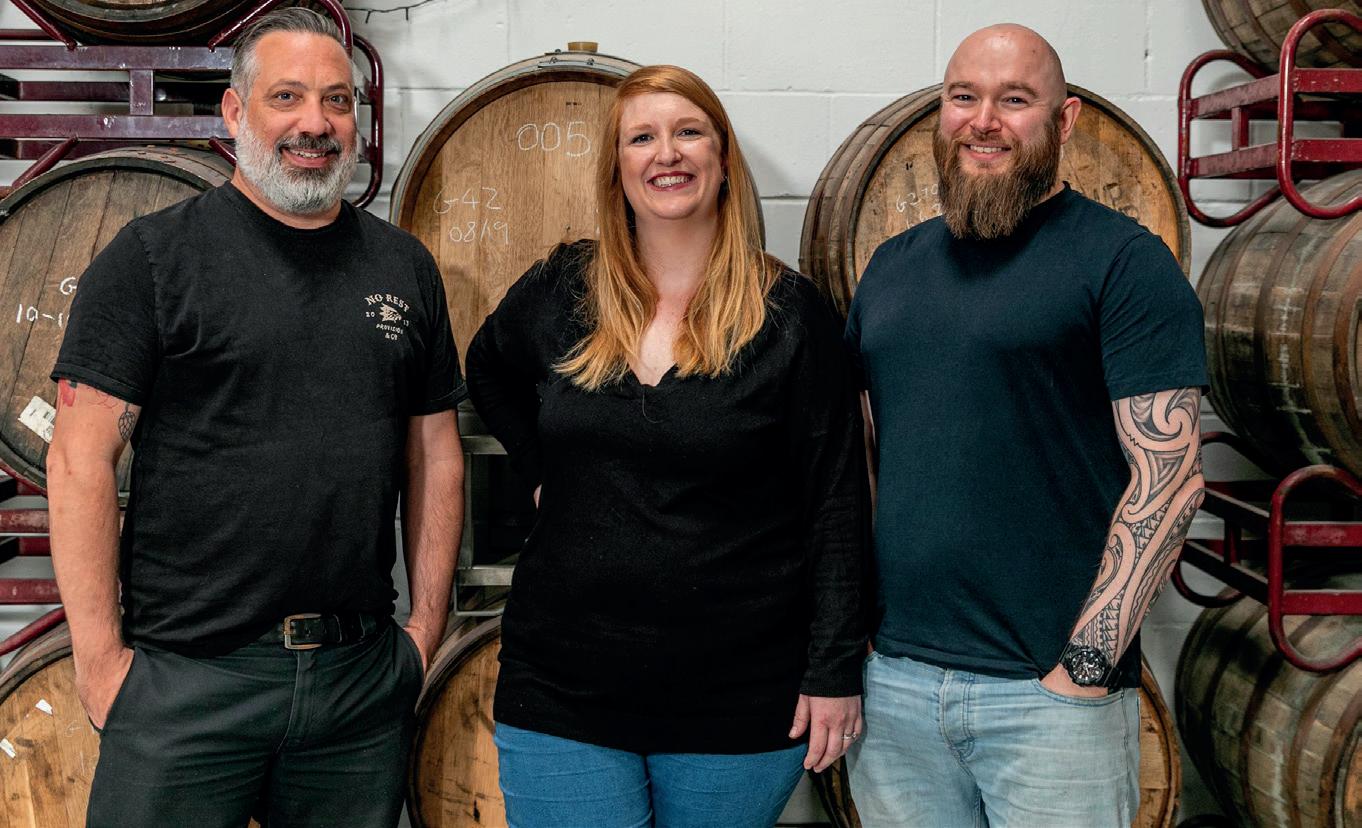
87 www.siba.co.uk | SIBA Independent Brewer | Autumn 2023 Brewery news
From left to right: Dave Tugwell (Sales Director), Luci Clayton-Jones (Managing Director), Mike Clayton Jones (Operations Director)
Old Tom wins gold at the Great British Beer Festival
Robinsons Brewery’s world-famous Old Tom Beer was awarded a Gold award in the category of Champion Winter Beer of Britain at CAMRA’s Great British Beer Awards 2023.
Sam Kennerley, Brands and Drinks Manager at Robinsons Brewery, said: “We are absolutely delighted that Old Tom has been awarded Gold in the Champion Winter Beer of Britain. Old Tom has been a mainstay for Robinsons ever since it was first
brewed over 124 years ago, a truly unique beer that continues to prove, year on year, that the classics never go out of style. The original strong ale has a distinctive deep port wine finish and has been a firm favourite worldwide since it was first brewed in 1899!”
The accolade follows on from Old Tom’s previous win as the Silver overall Champion Winter Beer at the GBBF Winter in February and a diploma for excellence award from the BBI in 2022.
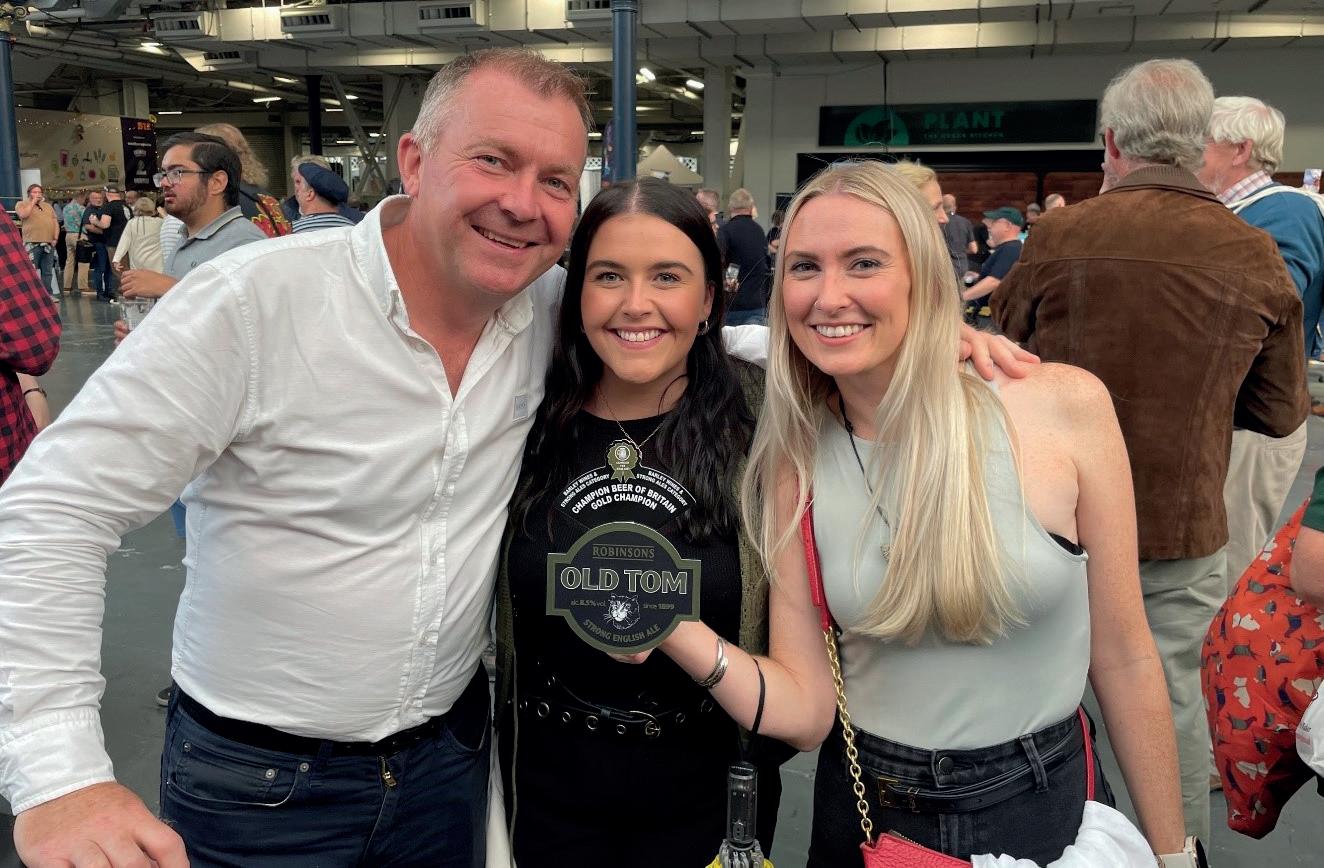
David Bremner, Director of Marketing at Robinsons Brewery, said: “Old Tom has always been a timeless classic ale we are very proud to receive such a respectable award. It was truly heart-warming to witness the support from the community and we extend our sincere gratitude to everyone involved in making sure Old Tom still gets the recognition it deserves.”
Find out more at
www.robinsonsbrewery.com
Hogs Back brewery to put Tongham TEA in cans
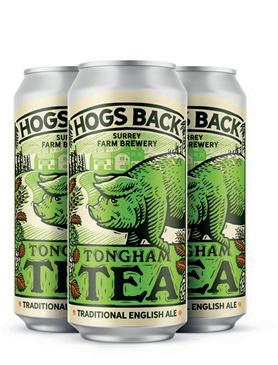
Surrey based Hogs Back brewery is putting its flagship beer Tongham TEA, or Traditional English Ale, into cans as the latest step in its on-going drive to brew more sustainably, while also broadening the brand's appeal.
Tongham TEA is a 4.2% ABV, full-bodied bitter. It was the first beer brewed by Hogs Back when the brewery opened in 1992 and has since won awards and garnered a strong following across the south east. Originally called TEA, the ‘Tongham' was added last year, alongside a ‘Farm Brewery' statement, as part of a pack redesign to emphasise the beer's provenance and deep-seated Surrey roots.
The 440ml cans echo the imagery on bottles and pump clips, with a graphic illustration of the familiar hog mascot in front of the brewery, farm buildings and fields. They will initially be sold as single cans, with an RRP of £2.20, and Hogs Back is in the process of developing a plastic-free multi-pack.
The decision to put Tongham TEA in cans is part of Hogs Back's continuing drive to become a more sustainable brewer: a batch of beer in cans weighs 13 times less than the same batch
in bottles. The energy saving throughout the distribution chain will have a major impact on the brewer's carbon footprint.
Hogs Back Brewery managing director Rupert Thompson said: "We are constantly striving to become a more sustainable brewer and moving our biggest-selling beer into cans is one of many measures we've taken to reduce our carbon footprint, most notably growing our own hops next to the brewery - meaning we incur food yards to add them to the brew, rather than food miles!
"The strong Tongham TEA brand imagery introduced last year looks great on the cans and we're confident they will appeal to a broader consumer base, particularly craft beer drinkers who are used to buying their beers in cans."
Hogs Back's mission to brew more sustainably has led it to remove single use plastic wherever possible, introducing refillable glass Snorters and Snifters for customers in its bar and for take home sales. To date they have removed 12,000 PETs from the supply chain, earning them Plastic Free Champion status from Surfers Against Sewage.
Find out more at www.hogsback.co.uk
88 Autumn 2023 | SIBA Independent Brewer | www.siba.co.uk Brewery news
S USTAI N ABILIT Y IN BR E WING
L-R David Bremner, Director of Marketing at Robinsons, Rebecca Downey, Digital Marketing & Communications Manager at Robinsons, Holly Richardson, Communications Manager at Robinsons
Acorn Brewery looks to the future with new ownership
Yorkshire’s multi award-winning Acorn Brewery is set for growth with a change of ownership at the 20-year-old Barnsley brewery.
Launched in 2003 Acorn’s cask ales quickly gained renown which eventually saw expansion to a 25-barrel brewery in Wombwell.
Now, directors Dave and Christy Hughes have decided that new ownership is needed to take the business forward, and the brewery has been sold to Sonas Capital; a Greater Manchester based company specialising in developing successful small businesses.

Over the years, Acorn has been much celebrated for the traditional Barnsley Bitter (3.8% ABV) and Old Moor Porter (4.4% ABV) in its core range. Most recently Barnsley Bitter took overall champion at the SIBA North East Beer Competition.
With the sale, the employment of the seven strong brewery team has been secured and a general manager will be recruited. Founder Dave Hughes will continue in a consultancy role for the forseeable future while Christy will take retirement, due to recent ill-health.
Dave Hughes said: “We have enjoyed 20 successful years since launching in Barnsley with just my late first wife Judy and our current brewer Steve Bunting. In recent years, with Christy heading marketing and sales, we have continued to drive the brewery forward, despite being badly hit by the Covid pandemic. Throughout lockdowns we continually brewed, pouring the beer away, to regularly refresh our unique original Barnsley Brewery yeast strain from the 1800s, so we recovered quickly. Now we feel we have taken the business as far as we can and we are handing it on in very good shape to Sonas.
“We wish to thank the team for their loyal support across the years. I look forward to continuing to work with them in my consultancy role. We must also thank our valued suppliers, loyal trade customers and, of course, our ever-faithful fans for their ongoing support for our beers.”
“This is a very exciting time for Acorn and we would like to reassure those suppliers, licensees and beer fans that the brewery is going into good hands. We are confident that Sonas will continue to reflect our passion with the energy and impetus to take the business forward, maintaining our highest standards of products and service under our banner of Tradition and Innovation.”
Brendan Fitzpatrick of Sonas said: “Acorn has an outstanding reputation for their product quality and great service and we see the business as a perfect fit for our portfolio. We are dedicated to empowering companies through investment and strong marketing to realise their full potential.” Find out more at www.acorn-brewery.co.uk
Long Man Brewery claims five awards at the World Beer Awards 2023
Long Man Brewery, based in Litlington, East Sussex, has won five major honours at this year’s World Beer Awards, including the ‘Country Winner’ for its Sussex staple, Long Man Best Bitter.
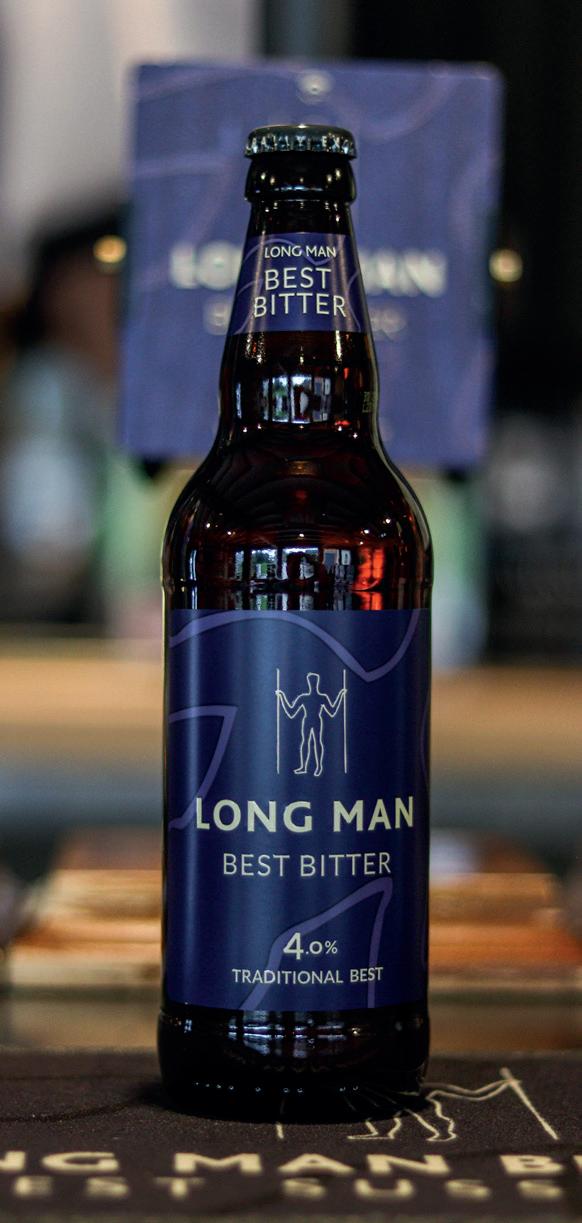
Four beers from the Long Man range have won a combined five awards in the Taste category, which featured over 500 of the finest beers and ales from across the globe.
Long Man Brewery’s winning beers included:
The Best Bitter Sussex Best (4.0%) which won:
• England Country Winner, Pale Beer, Bitter up to 4.5%
• England Gold, Bitter up to 4.5%
The Old Man premium bitter (4.3%) which won:
• England Silver, Dark Mild Beer
The Long Blonde (4.1%, 3.8% in Cask) ale which won:
• England Gold, English Style Pale Ale
While the Long Man Helles Lager (4.6%) won:
• England Bronze, Lager Helles/Münchner
“We’re absolutely delighted to be celebrating this haul of awards,” said Tom O’Neill, Director at Long Man Brewery. “The team pour heart and soul into every drop, and this is a great reward, as well as a good reason to raise a glass.”
The World Beer Awards are the global beer awards that select the very best in all the international recognised styles and promote the world’s best beers to consumers and trade across the globe.
Long Man Brewery is based in a converted flint barn in the heart of the South Downs National Park. It brews with its own no-till Sussex malting barley, grown using regenerative methods focussing on biodiversity and soil health, to work at one with nature.
Find out more at www.longmanbrewery.com
89 www.siba.co.uk | SIBA Independent Brewer | Autumn 2023 Brewery news

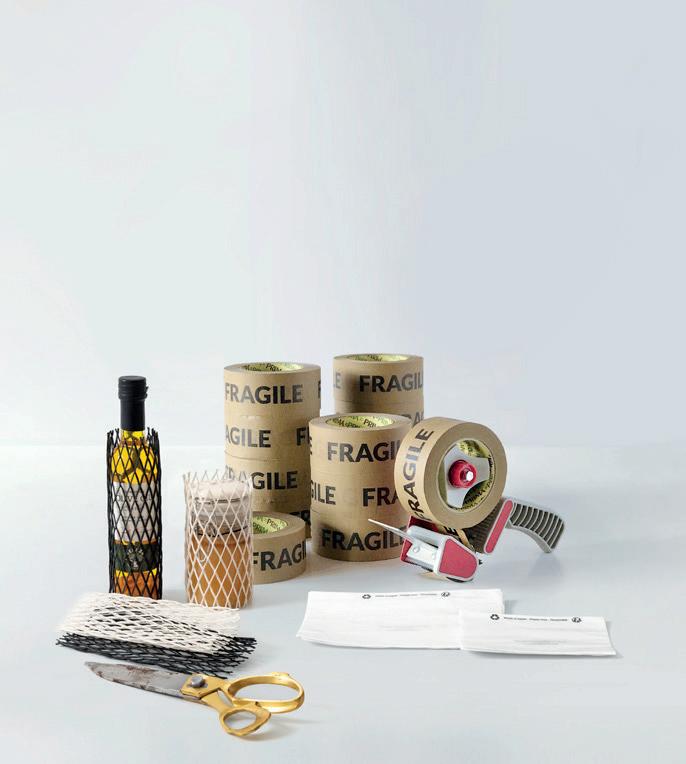
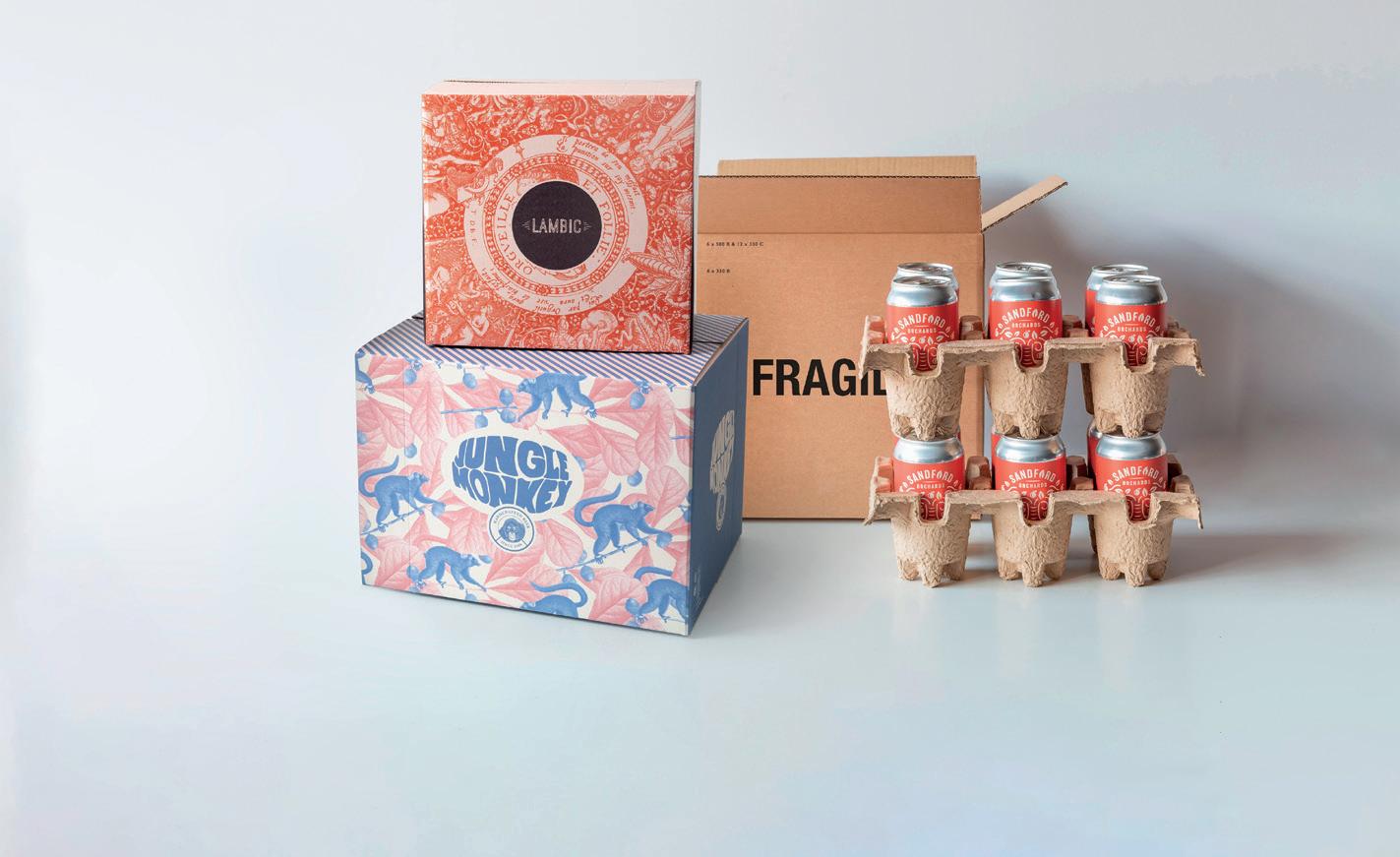
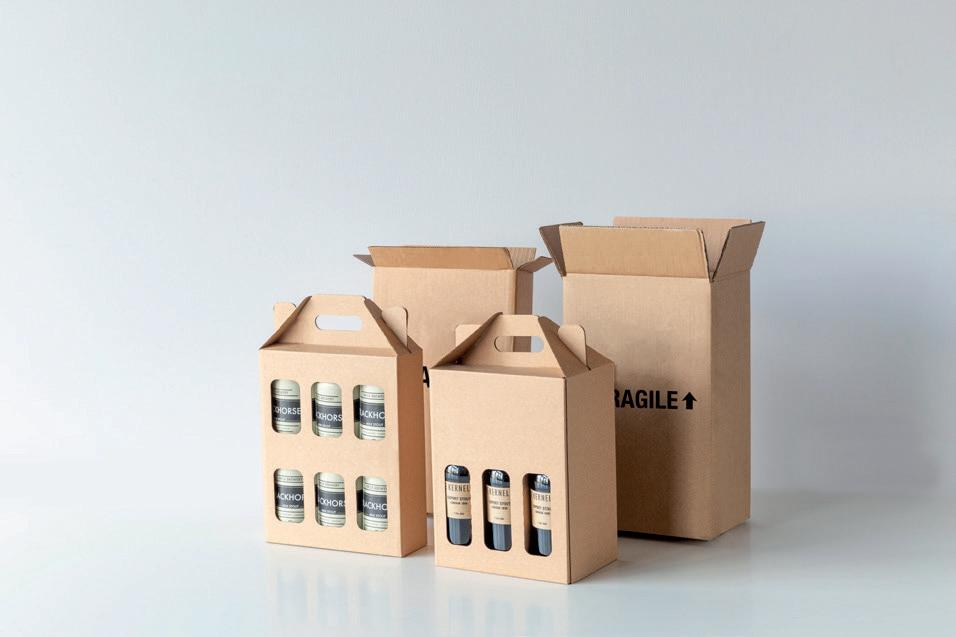



90 Autumn 2023 | SIBA Independent Brewer | www.siba.co.uk With our sustainable beer packaging range Package Up Your Beers The Eco Way m Shop at wbc.co.uk/beer *Excludes products on clearance and bespoke pricing. Further T&Cs apply, visit wbc.co.uk/privacy 020 7737 4040 sales@wbc.co.uk 10%OFF FORSIBAMEMBERS* Eco-Friendly Shipping Boxes Sturdy shipping boxes for bottles, cans and kegs, all 100% biodegradable and available plain or bespoke printed in 2-3 weeks. Eco-Friendly Packaging Supplies Find all your packing essentials from paper packing tape and tape dispensers to scissors and 100% plastic free document wallets. Beer Carriers Available plain or personalised in 7-10 days, they're great for promotion packs. C M Y CM MY CY CMY K WBC SIBA Ad Print file_W0331.pdf 1 11/09/2023 14:08 With brewing enzymes, you can experiment with the taste and texture of your beer as well as off-set raw material costs. Enzymes give you greater exibility in brewing recipes while helping optimise the brewing process. Look for the ENDOZYM® range of brewing enzymes from AEB for a cost-effective, e cient and a more sustainable way to brew. Get in touch with our brewing team at www.aeb-group.com/uk/beer
Rude Giant Brew Co launches
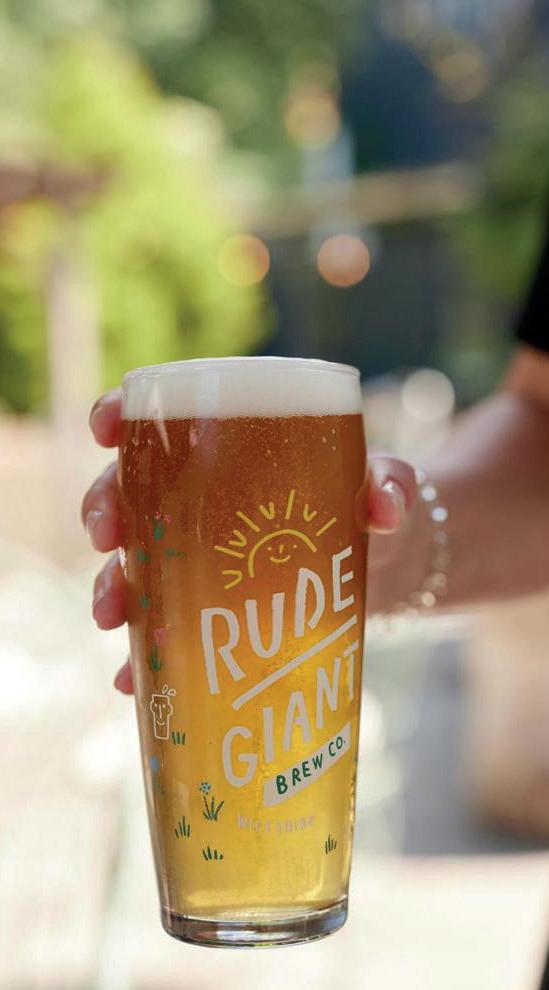
A new brewery has been launched by four beer experts and enthusiasts in Wiltshire, with future plans for a taproom and supper clubs.
The formation of Rude Giant sees a collective of local business professionals come together. The founding partners include local business entrepreneur Dave Hancock of Immersive Group, Joe Robinson of the former Blonde Brothers Brewery, local brewer Lyall Dew, formerly of Sixpenny Brewery, and hospitality pioneer Ethan Davids of Chickpea Group.
Rude Giant is keen to differentiate itself from many new producers entering the ‘craft’ brewing arena; instead aiming to produce premium quality beers for all palates.
Dave Hancock explained: "Since history began, humankind have been developing ways to get merry. We are continuing that tradition. Hailing from the ancient hills of Wiltshire, Rude Giant is here to party... and brew beer."
The team is stripping brewing back to its roots, focussing on the basics and launching with a carefully curated list of quaffable drops. The beers aim to showcase a blissful blend of local produce, good craft, and creativity.
Rude Giant uses barley grown on the Great
Bathampton farm, malted at nearby Warminster Maltings. The brewery sits prominently in the Wiltshire countryside and already supplies a number of great local pubs and restaurants.
Once the brewery is fully up and running, there are big plans to open a taproom and a series of regular supper clubs in the space, as well as developing a wider range of quaffable beers.
Lyall Dew jokingly explained: "Since the age of 16 I have been brewing beer and making cider with apples from my parents’ garden as well as making homebrew in Uni dorms and airing cupboards. And my passion for brewing didn’t fade when I became a teacher; since leaving the profession in 2016 I have been living my dream as a brewer and I’m excited to now be brewing using local malts and developing new recipes to supply the pubs I spent time in whilst growing up.”
"Our brewhouse allows us to bring traditional and modern styles together to brew everything from malt-driven cask beers using fresh, leaf hops, to crisp lagers and more contemporary, hoppy beer styles. Rude Giant is built on the belief that you don't need to be a connoisseur or critic to love good, tasty beer."
Find out more at www.rudegiant.com
Celebrating 25 years of cracking real ales at Humpty Dumpty
Humpty Dumpty Brewery, based in the picturesque village of Reedham in the Norfolk Broads, is celebrating its 25th anniversary.
The brewery started its life as a small 5-barrel brewery in the stables at the Railway in Reedham in 1998. With the railway connection, the brewery took its name from GER Class T-19R steam locomotives that operated on the Norwich/Lowestoft line in
the early 20th Century. The R(rebuild) 2-4-0 engines were front-heavy, banded to hold higher pressure, and looked as if they might fall off the line, so were dubbed Humpty Dumpties.
In 2001, the brewery expanded to new premises on the edge of the village and bought an 11-barrel brew kit from Deeping Ales. Five years later new owners took the reins and began to grow the business further - and 17 years later, Lesley and Stephen George are still running the
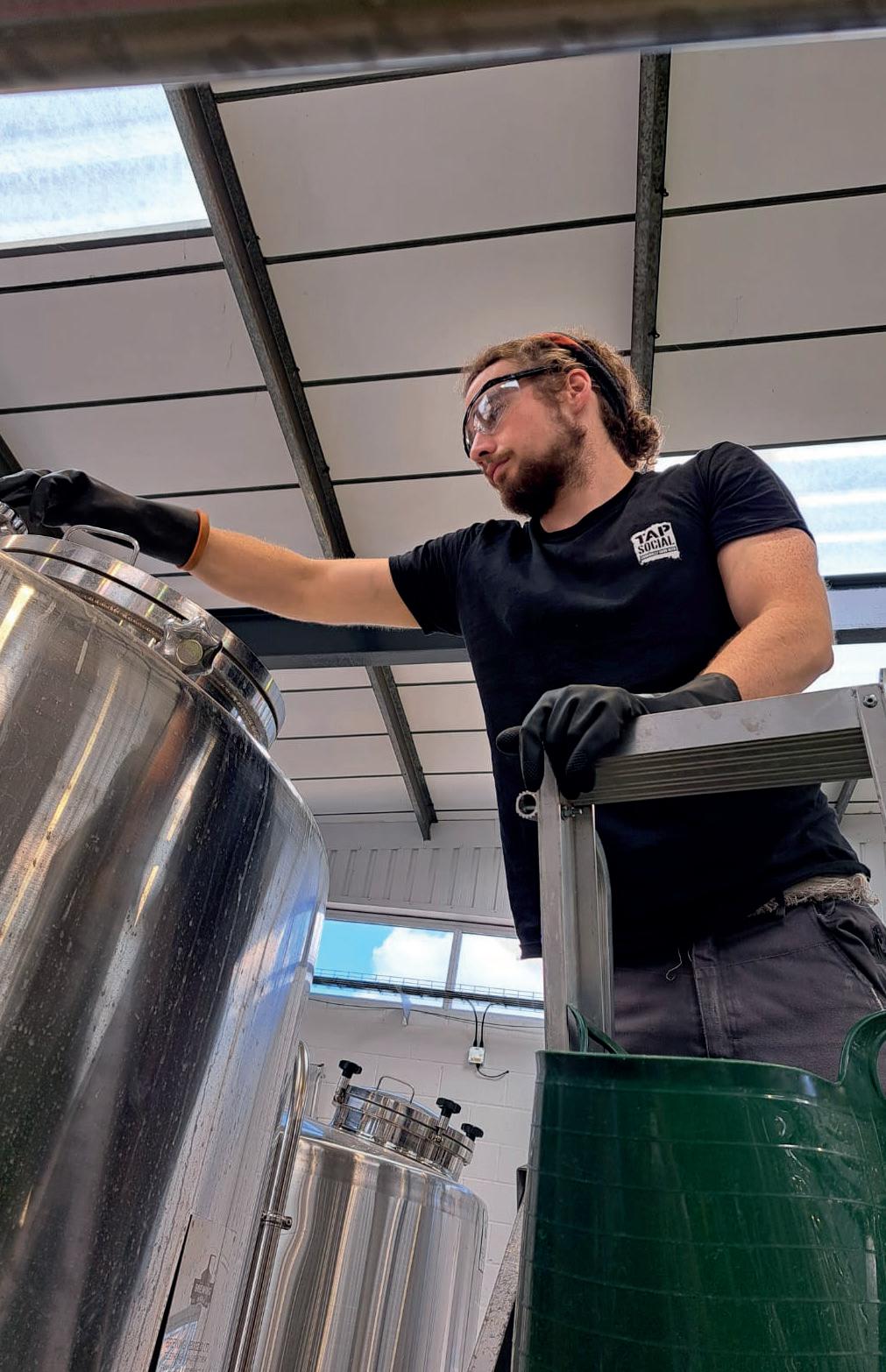
business with the Humpty team. Lesley, Stephen and the team would like to say a big “thank you” to all their customers and suppliers for their support over the years. The Brewery has a number of special beers and events planned for 2023 as part of the celebrations including taproom Open Days planned for some weekends.
For more details go to www.humptydumptybrewery.co.uk
Tap Social Movement is shortlisted for national award
Oxford-based Tap Social Movement is a finalist in the UK Social Enterprise Awards, recognising it as one of the country’s most innovative and impactful businesses. Social enterprises are mission-led businesses that reinvest or donate most of their profits for a social or environmental purpose. Tap Social Movement is a craft brewery and hospitality organisation that exists to train, support, and employ people from prison and prison leavers across the company, including at its Kidlington production brewery and five Oxfordshire hospitality venues.
Tap Social Movement beat stiff competition to make the shortlist for the UK Social Enterprise Awards this year, which attracted more than 400 entries from all over the country. Awards recognise sector-leading excellence and innovation across a diverse range of criteria, and Tap Social Movement is a finalist in the ‘Consumer-Facing Social Enterprise of the Year’ category.
Tess Taylor, co-founder and director at Tap Social Movement, said: "We're incredibly honoured to be shortlisted for such an award, particularly since there are so many other social enterprises making a massive difference across the UK. This nomination is so motivating for our entire team, and we're very pleased to represent Oxfordshire on this national stage."
Tap Social Movement will join other finalists and VIP guests at a prestigious awards ceremony in London’s iconic Roundhouse on Thursday, 30 November, when the winners will be revealed. Find out more at www.tapsocialmovement.com
91 www.siba.co.uk | SIBA Independent Brewer | Autumn 2023 Brewery news
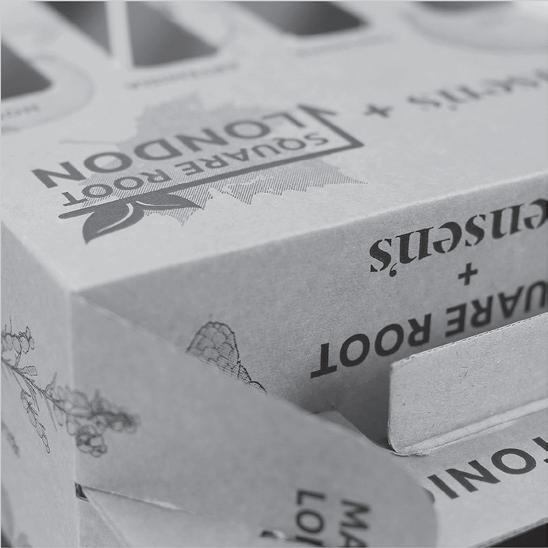
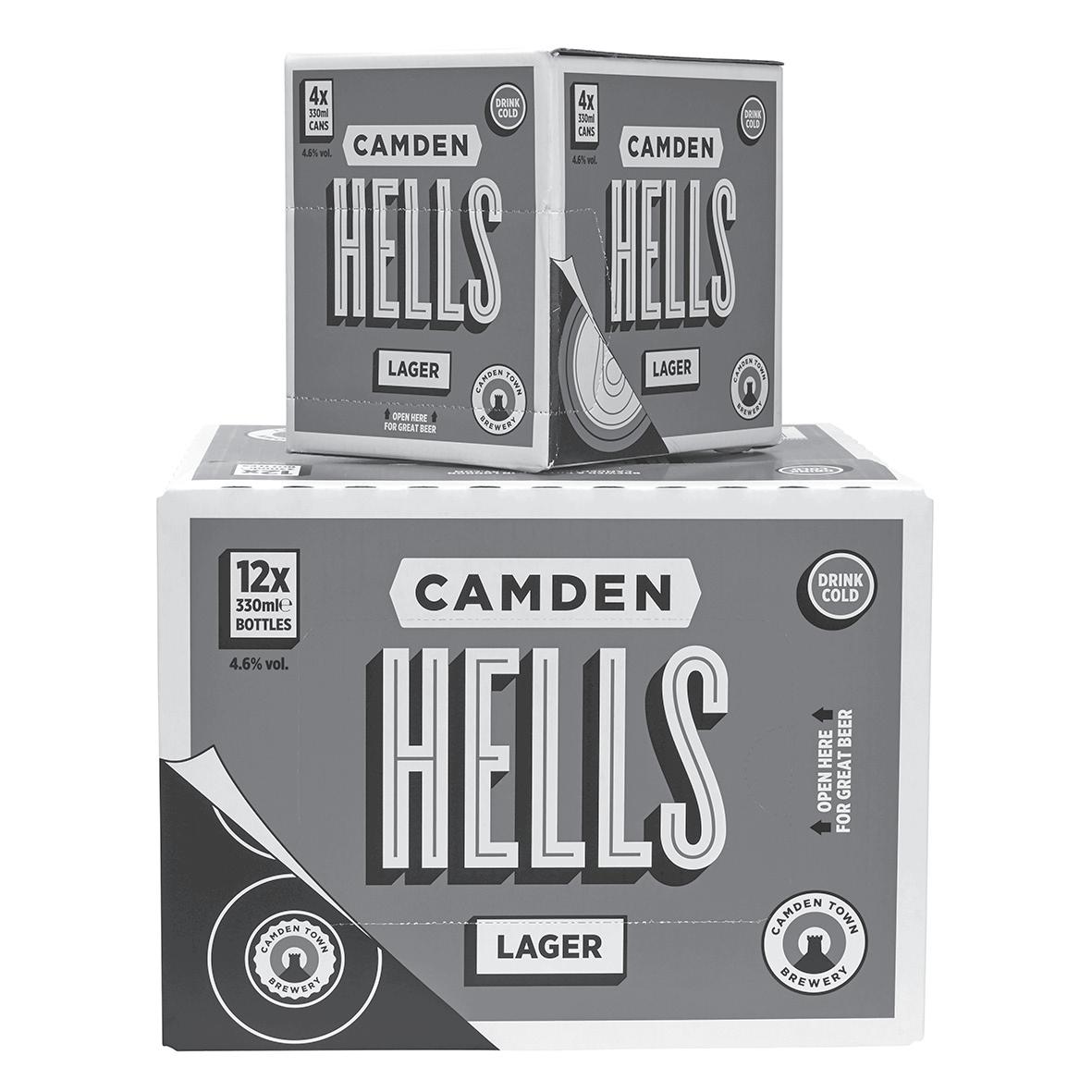
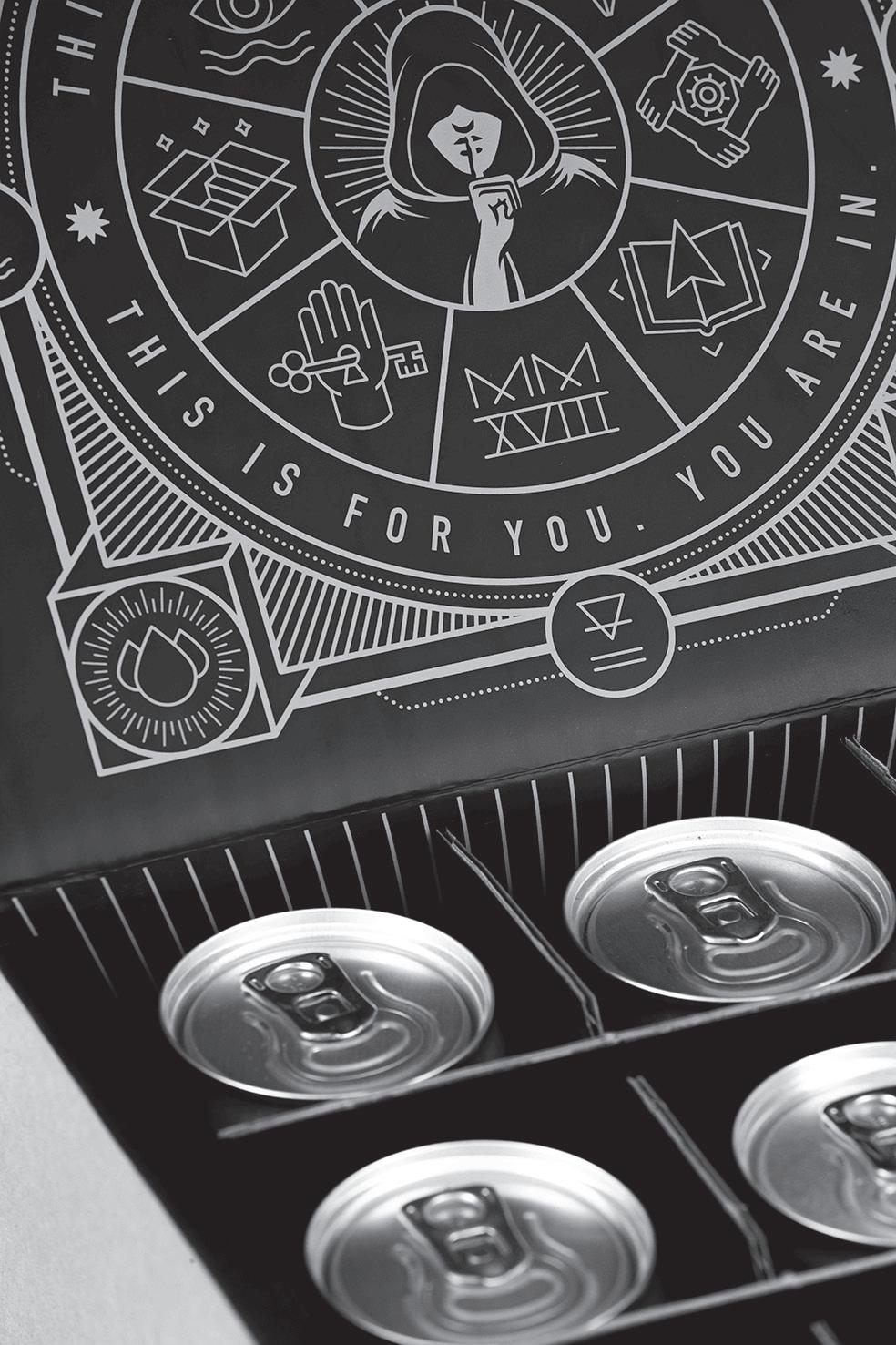
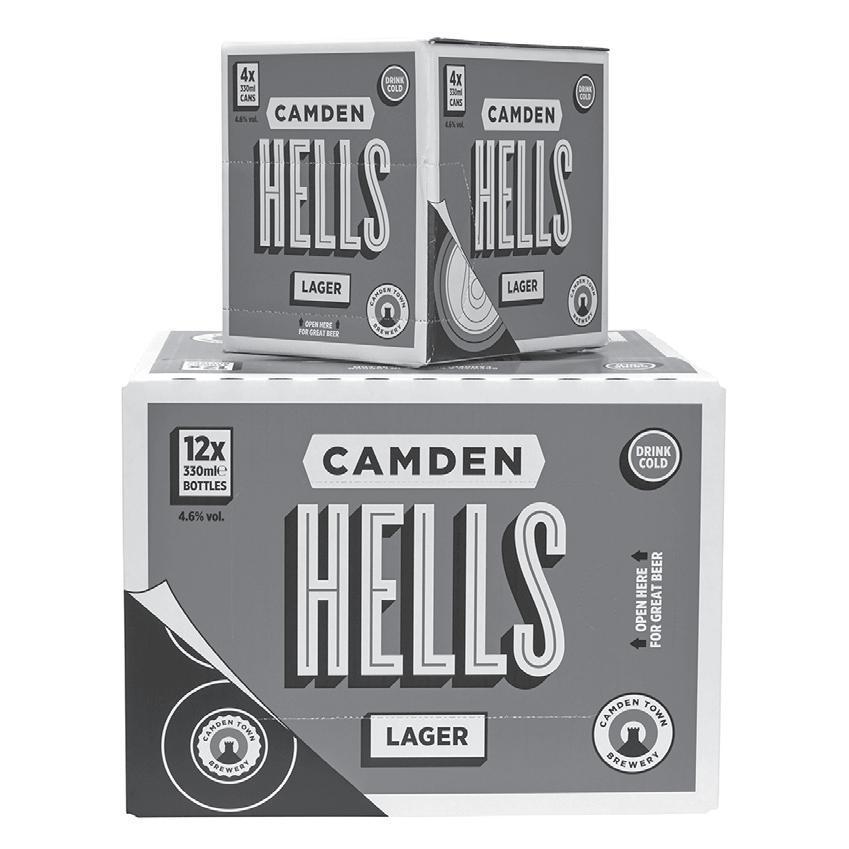
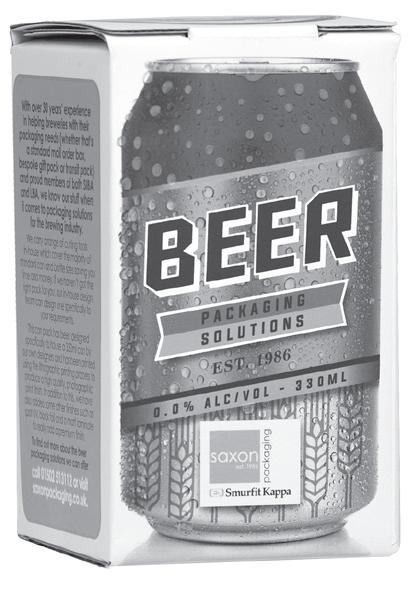


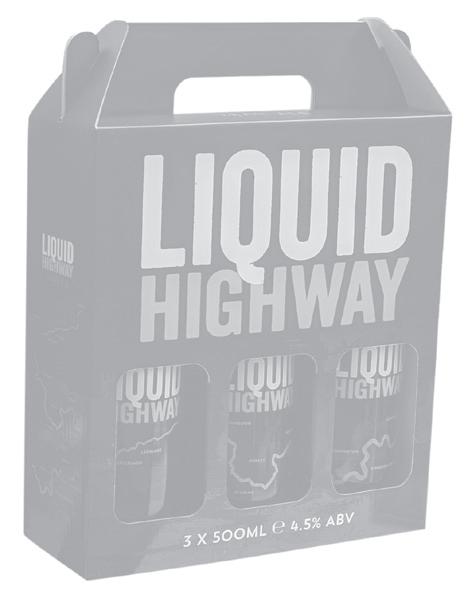
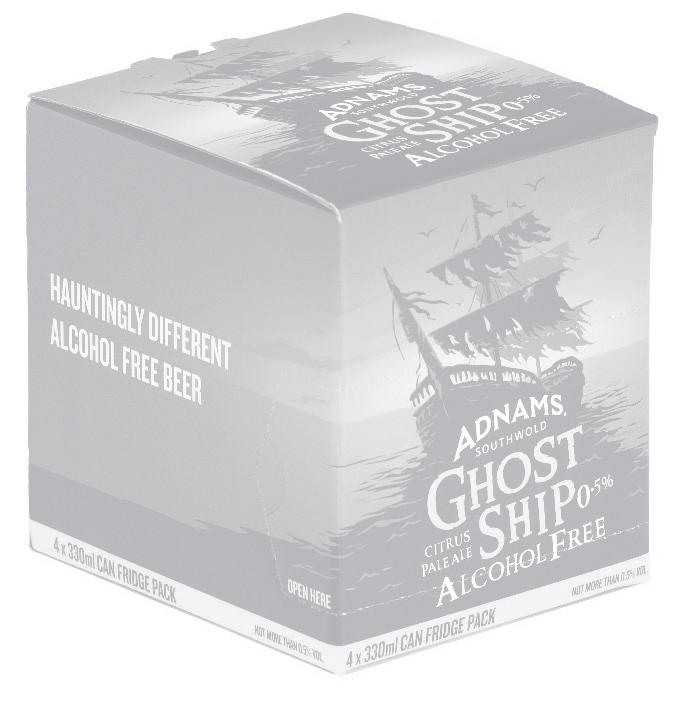


























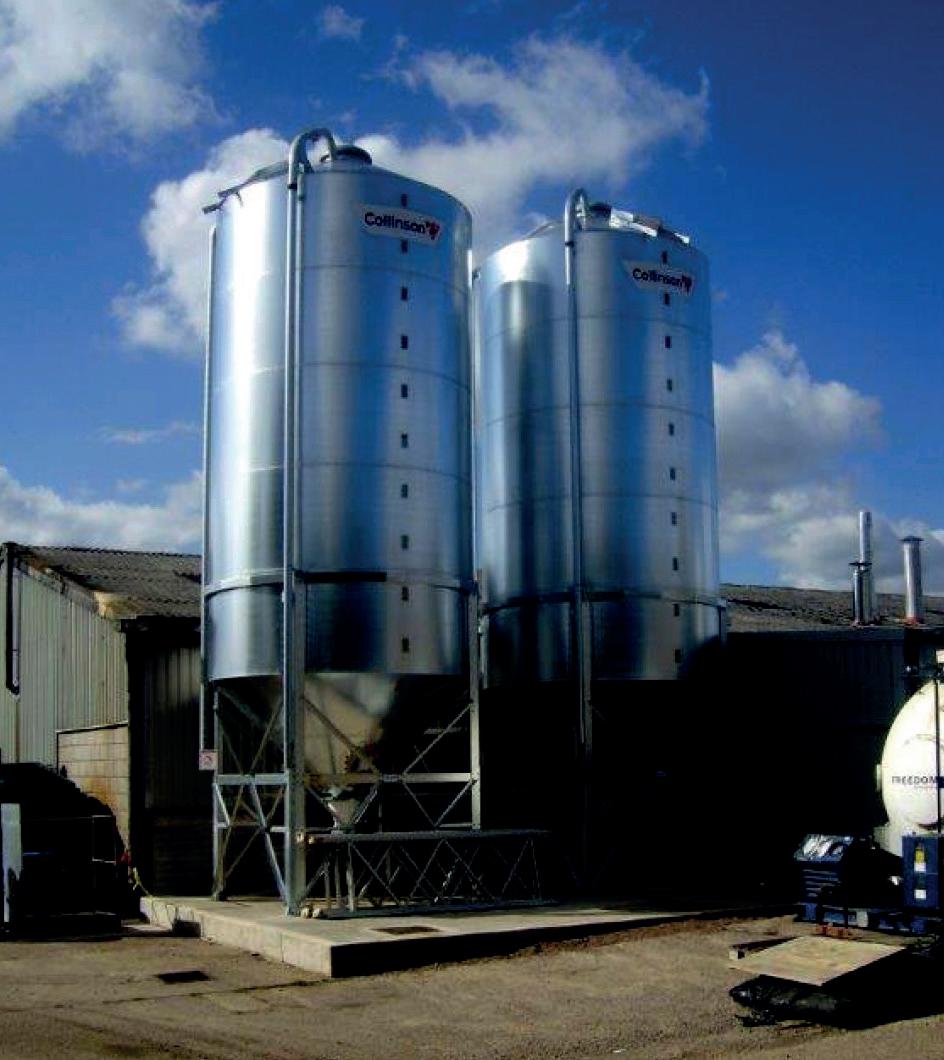
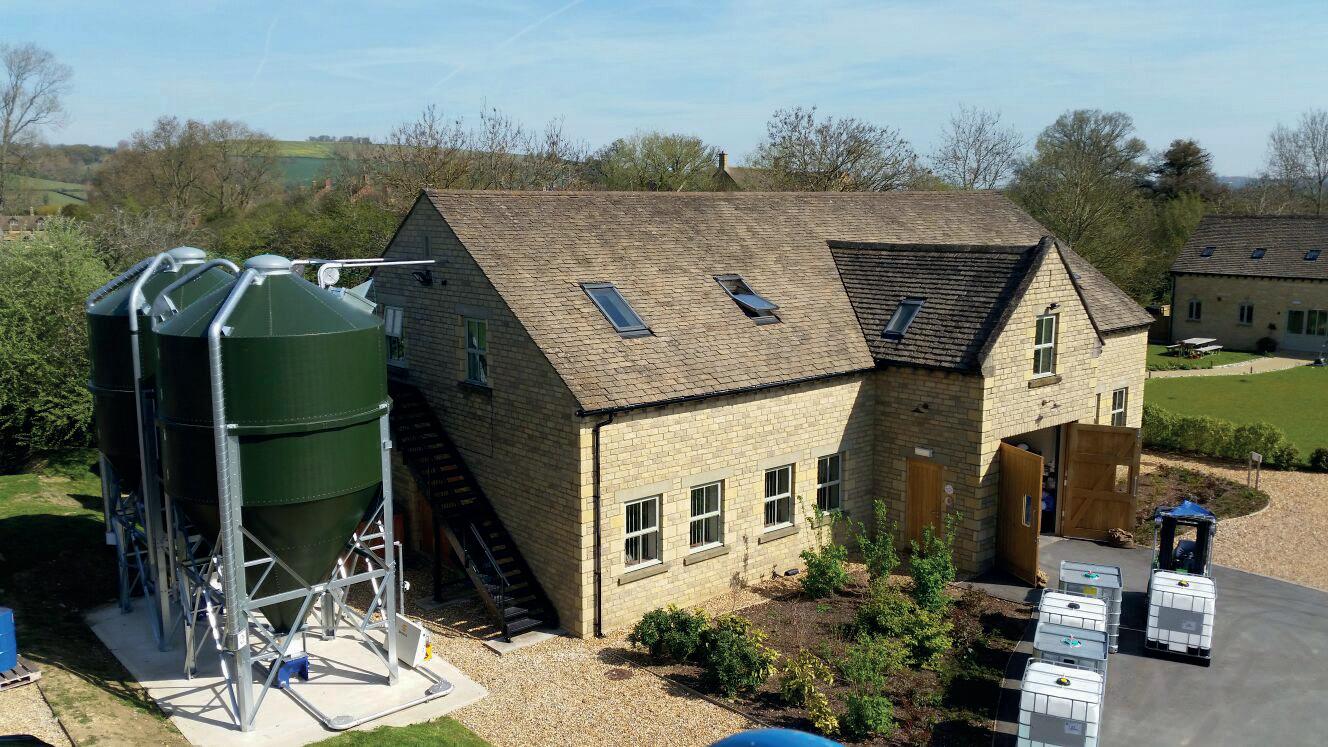

Autumn 2023 | SIBA Independent Brewer | www.siba.co.uk Promote your brand & reach your customers with our range of small pack packaging Retail Packaging Subscription Packaging BSPS are experts in: • Bulk malt intake systems • Malt Milling • Malt Destoning • Malt Weighing • Grist case design • Conveying systems • ATEX specialists Call Bill Egerton on 01483 202211 for further information wwww.bulksystems.co.uk Bulk Storage & Process Systems Ltd
Steve Ellis, Managing Director at FPE Seals, takes a look at some of the latest technological developments that could have an impact on the craft beer sector…
Advancements in technology and the development of AI have enabled the food and beverage industry to make changes to the way it operates. In doing so, businesses can innovate and improve efficiencies within the sector and improve safety for workers and the quality of produce.
With 81% of businesses reporting increased production costs in 2022, and demand increasing too, there is opportunity for the further development and implementation of technology to have industry-wide benefits.
Increased Food Safety
Food safety and regulations are critical in all steps of the industry, and advancements in technologies have allowed companies to have even more control over their food safety and hygiene.
Meeting regulations in relation to food and beverage safety is crucial; insight shared by Paul Taylor, Product Manager FPE Seals, Industry experts in sealing solutions for food and beverage processing, who says: “The ideal seals used in food and beverage machinery can be tricky to find, and they must show compatibility and durability against a range of different food types and ingredients, such as sugar, fats, acids and oils.
“Across the food and beverage industry machinery is widely used, and whatever the machine, ensuring smooth running and compliance with FDA regulations is imperative. A specialist can help you look after machinery, including providing
components such as seals and gaskets.”
Regulations in food manufacturing are essential in order for the business to operate. The consequences of not meeting standards can be dire for an organisation, and the digital aspect can certainly assist with compliance to this. The term digital transformation can be attributed to businesses within the industry, as they look to introduce a top-down strategy of digitising their procedures.
Automation and Artificial Intelligence (AI)
There is a multitude of reasons that the development of AI can aid the industry and streamline a number of processes to enable greater efficiencies. One key role technology and automation has to play is that of administrative tasks.
Outdated technologies are something that many manufacturers have been addressing and replacing in order to deal with disruptions and supply chain problems, including the implementation of automated systems to look after many admin tasks that are vital to the business but time-consuming for employees.

In addition, responding to customer demand is very important; too much product can spoil and go unsold, but too little product will not enable you to keep up with demand and miss out on all-important sales. AI can allow brands and manufacturers to predict the buying habits of existing and potential customers, to make a more efficient supply and demand process.
By using elements of technology, companies can streamline processes and allow for a more stringent food hygiene protocol. There are smart apps that enable checklists and
documentation to be stored digitally. These processes can allow a company to offer greater transparency of their supply chain, something which 94% of people deem to be something that will make them more loyal to a brand.
By utilising technology, brands can create and share checklists, digitally time stamp, and store everything in one place. This cuts down on admin procedures and manual processes, and reduces the risk of documents being lost along the way.
Robotics
The implementation of robotics allows for the efficient production of food and beverages, something which is a very important requirement for increasing production. In 2021, food and beverage production increased largely due to the pandemic, but 67% of manufacturers reported that an increase in 2022 was largely down to new customers and business performance.
To keep up with demand and customer expectations, technology is an option that many businesses are considering. Robotics can be utilised to enhance, rather than replace, the human input of a production line while increasing production levels. Crucially, the real benefit will come from integrating robotic technology into the overall production, though they can provide benefit as a standalone machine. The benefit, aside from increased efficiency as the robots can perform the tasks faster, comes from increased safety to human workers. These workers can then be utilised in other, less risky areas of the production cycle. For more information go to
www.fpeseals.com
93 www.siba.co.uk | SIBA Independent Brewer | Autumn 2023 Supplier viewpoint: FPE Seals
Supplier Viewpoint
Innovative technology that is revolutionising the food and drink industry
Croxsons relocates to new offices
From its home in nearby Morden, leading glass packaging supplier Croxsons has recently moved into new offices in Sutton, Surrey, occupying the town’s stunning old post office building.
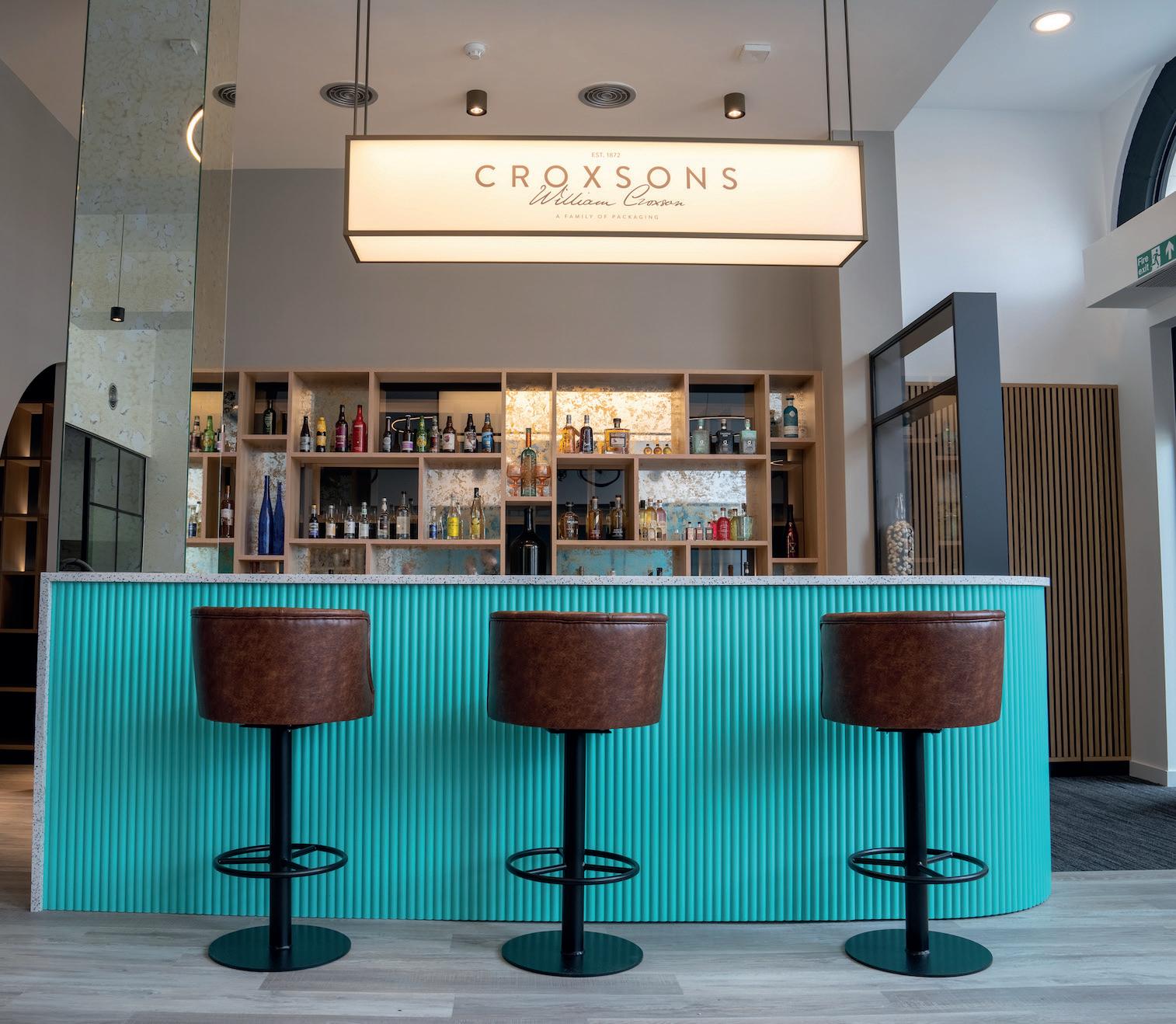
The move is the culmination of a fiveyear plan, with the workspace providing a collaborative environment for the Croxsons team. With an emphasis on ideation, the new premises has been created to promote creative discussions and be inspirational, with the inclusion of a bespoke bar allowing customers to imagine how their brand will look in context. With their new environment fully matching their culture, Croxsons is confident that future collaborations in the new setting will undoubtedly benefit both team and customers alike.
Tim Croxson, Croxsons CEO, said: “The space is unique - how we will use it will demonstrate the way that we choose to operate as a business. The appeal of the new office reflects our culture throughout - one team, a big family that works together, moves forward as one and is high performing and aspirational. We have created an environment to help foster that.”
Given the building’s heritage, Croxsons also wanted to ensure the space reflected the site’s past history - an old postman’s bike hangs on the wall above the sales suite, and it even has its very own post box.
“It felt appropriate to be moving into a very well-known building within the area. There’s a lot of heritage in the building - our plan was to continue that in our own way,” added Tim.
New team member for Croxsons
Croxsons has also expanded its team with the recent appointment of Lara Jones as a stock and transport controller. The strategic decision aligns with Croxsons' commitment to attracting and nurturing talented individuals to fill key roles within the organisation.

Croxsons CEO, Tim Croxson said: “We are delighted that Lara has taken up the stock & transport controller at the company. She has an abundance of enthusiasm for the role and will undoubtedly be a valuable asset to complement our ongoing growth ambitions.”
Find out more at www.croxsons.com
Dolium to distribute through Rawlings Group
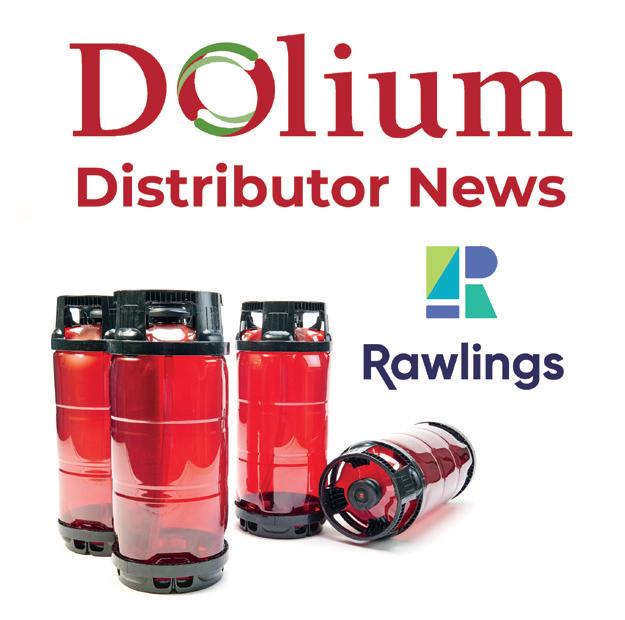
Dolium, a worldwide leader in one-way packaging solutions, has partnered with the Rawlings Group, based in Bristol, for distribution of its one-way kegs in the UK, Northern Ireland and the Republic of Ireland.
Founded in 2013, DOLIUM offers an alternative to stainless steel kegs. DOLIUM® kegs are:
• One-time use, eliminating the need for steel keg rental/ownership, cleaning, and/or return
• Cheaper per unit than stainless steel kegs with on ongoing transport costs savings
• Low minimum order quantities – perfect for seasonal/smaller production runs
• Ideal for expanding into new markets, including on-trade, export and festivals
• Compatible for all filling and dispense systems
• Suitable for beer, wine, cider, cold brew coffee, kombucha and RTD cocktails (carbonated or still)
The kegs are also 100% recyclable. Dolium prioritises safety through the supply chain due to its patented Automatic Pressure Release Value. DOLIUM is based in Antwerp, Belgium with distribution partners in 35 countries. The Rawlings Group was established to offer producers a complete service from source to supply, and works with premium drink producers including breweries, cideries, distilleries and soft-drink producers. Dolium® kegs complement Rawlings’ packaging portfolio and are held in stock at Rawlings’ warehouses in the UK. For more information go to www.doliumkegs.com or www.rawlingsgroup.co.uk
94 Autumn 2023 | SIBA Independent Brewer | www.siba.co.uk Supplier news
Steel Keg Association announces 2023 keg champions
The Steel Keg Association has awarded the inaugural 2023 Keg Champion Awards for the UK.
The accolades celebrate pubs, bars, breweries and restaurants that are embracing the remarkable benefits of reusable steel kegs and casks.
The 2023 Keg Champion Award recipients for UK in seven categories comprise:
• Stonegate Pub Co - National restaurant
• Bundobust - Regional restaurant
• St John Restaurant - Local restaurant
• Adnams - Large Brewery (100,000+ hl)
• Purity Brewing Co - Mid-sized Brewery (10,001 – 100,000 hl)
• Toast Ale - Small Brewery (fewer than 10,000hl)
• The Tap House Notts – Draft Innovation
Stainless steel kegs’ reusability and 30+ year lifespan make them the ideal circular choice for pubs, breweries, bars and restaurants. The Steel Keg Association created the Keg Champion Awards to recognise hospitality leaders’ sustainability programmes and the positive impacts of steel kegs on the beverage industry. Dan Vorlage, Executive Director of the Steel Keg Association and MicroStar Logistics’ VP of Global Marketing, said: “We were blown away by the response to the first Keg Champion programme. Over 3,000 breweries, pubs, bars and restaurants were nominated! While this is really about celebrating all of the keg champions out there, we’re proud to raise a pint to our inaugural recipients, each a standard bearer in their category. They were distinguished by their commitment to sustainability and to delivering differentiated consumer experiences. Importantly, we
Richardson International acquires
Anglia Maltings Holdings
The chief executive of Anglia Maltings Holdings (AMH) has announced the company has been acquired by Richardson International.
Stuart Sands welcomed the fact that Anglia Maltings’ three businesses, Crisp Malt, EDME Food Ingredients, and Micronized Food Products have a new parent company.
“Richardson International, based in Canada, is a world leader in agriculture and food processing,” he said. “Its 19th century roots have many similarities with ours, with business built on strong relationships with growers; production of excellent ingredients; and great customer service.
“It is fantastic that this highly regarded, successful family company is keen to support and invest in our three businesses: the backing will take us on to a new level.
“As champions of innovation, Richardson International will help us deliver on our ambitions for new ingredients, and open new
doors for our businesses. This acquisition will also support us in our quest to keep offering best-in-class customer service to brewers, distillers, bakers, and food manufacturers.”
Richardson International processes and refines Canadian-grown oilseeds into quality oils and manufactures oil-based ingredients for the retail, food service, and industrial sectors.
“For quite some time, we have actively been seeking an opportunity to enter the malting industry in a significant way. We see malting as a natural extension of our food processing business,” said Curt Vossen, chief executive officer at Richardson International.
“This acquisition brings together two companies that share a common mission. We have great confidence in Anglia Maltings – and their management team – and believe we will find additional synergies and opportunities to grow the business.”
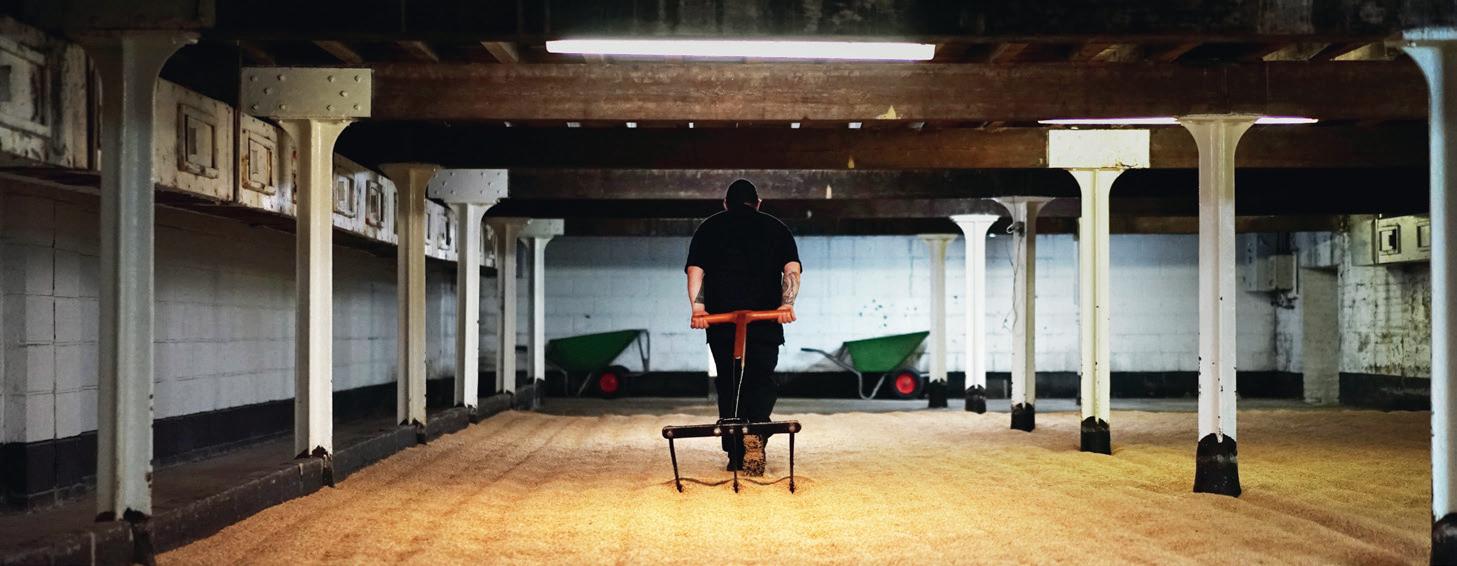
Find out more at www.crispmalt.com
also have a shared belief that this is not the culmination of an awards programme, but just the beginning. Cheers to these winners and all of the keg champions out there.”
In addition to winning a coveted, iconic green Keg Champion Award (physically, the biggest award in the history of the food and beverage industry!), the Steel Keg Association will donate £7,000 to benefit seven charitable organisations chosen by the 2023 Keg Champions.
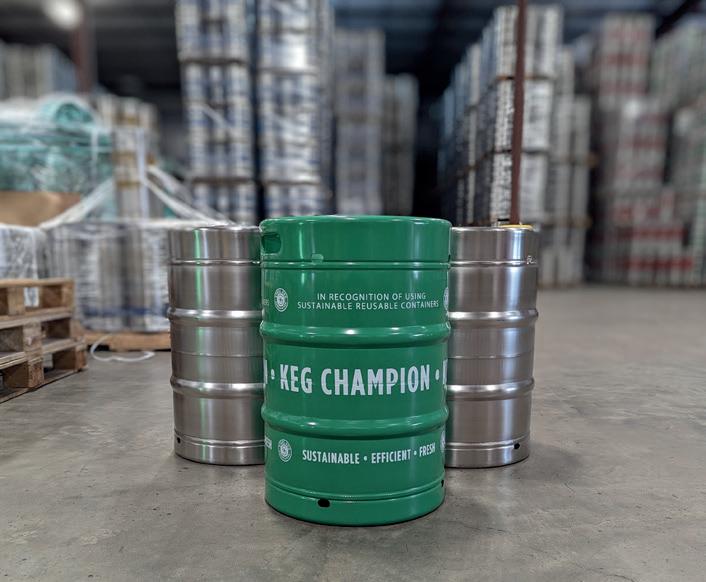
Find out more at www.steelkegassociation.org
Anton Paar’s PBA 5001 beer analyser now has TPO analysis
Anton Paar’s PBA 5001 Beer analysis system now features total package oxygen (TPO) analysis –creating the most comprehensive QC system on the market for analysis from the final package.
The PBA 5001 measures up to 50 quality parameters from a single package and delivers all parameters at the push of a button in a single data set. Quality control and data management are centralised in a single setup, and fully automated cleaning and automatic leak test and self-executing zero-oxygen verification mean maximum operator convenience.
The system easily adapts to all package types and dimensions and offers simple package positioning and automated centring. Switching between different package types is easy: the system automatically centres the package before piercing. Cans are simply analysed upsidedown, entirely eliminating any risk of leaks during the piercing process. Find out more at www.anton-paar.com
95 www.siba.co.uk | SIBA Independent Brewer | Autumn 2023 Supplier news
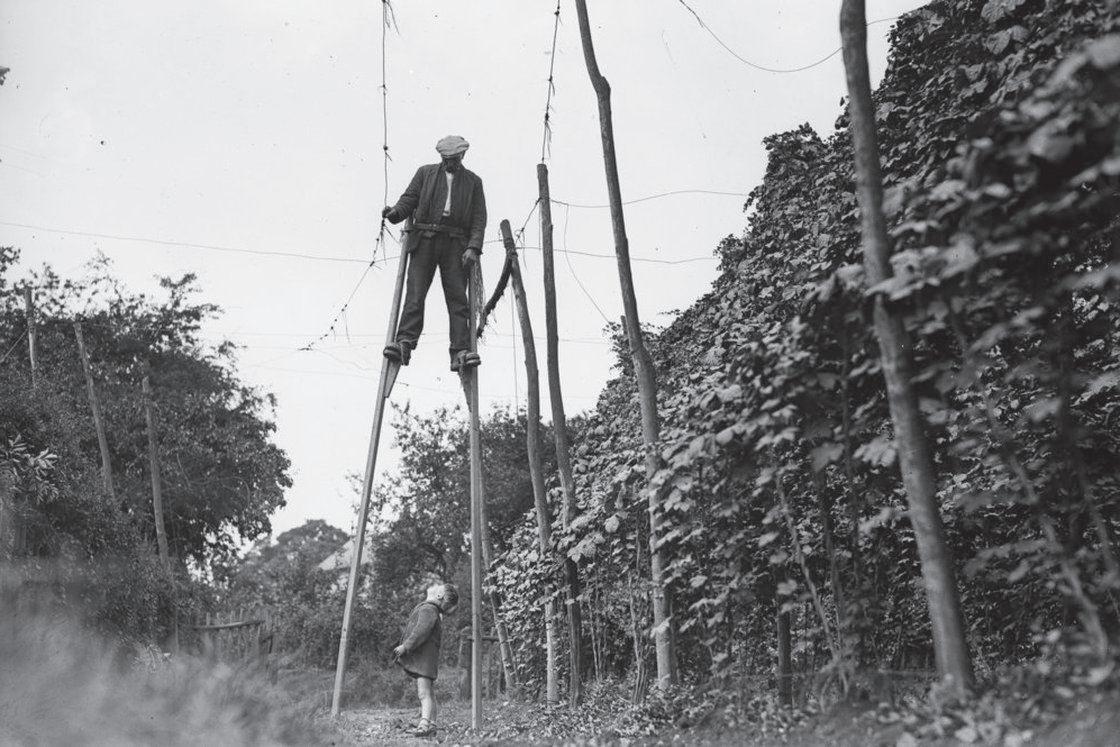


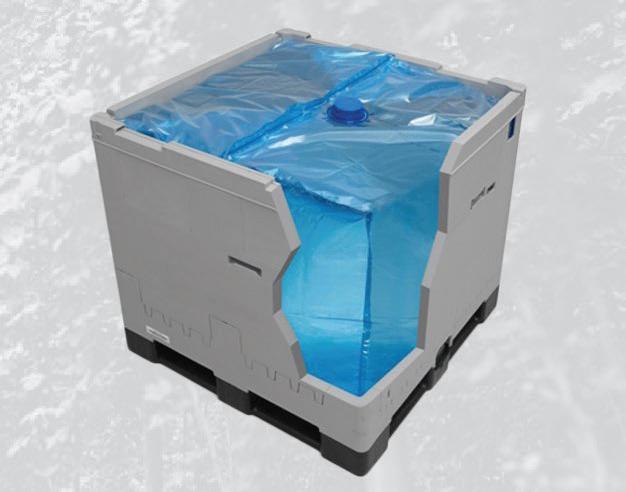

96 Autumn 2023 | SIBA Independent Brewer | www.siba.co.uk Not everything about beermaking needs to be hard! Approved for use with such products as food, pharmaceuticals and drinking water, you can be sure the Arlington bag in box system can also deliver the highest levels of hygiene for your product in a low cost, chemical and energy efficient way. At Arlington we back all our products with award winning support and technical service. Call us for more information. See us at www.beercarriers.co.uk, www.arlingtonpackaging.com or for more information call us on: 01672 563723 Liquids handling specialists since 1997 A
RELIABLE CLOSURES THAT HELP SEAL, PROTECT AND ADD VALUE TO BRANDS Quality Stoppers and Closures Since 1774 +44 (0)1844 203100 sales@rankincork.co.uk rankincork.co.uk CLIP CORKS KEYSTONES SHIVES TAPS SPILES
stilt walker works in the hop fields of Wateringbury, England, in
1931
Brewing Services celebrates 35 Years
Since starting as a one-man band in 1988, Brewing Services has increased to a team of three with David Smith joined by his son Rob in 2015 and now by Hayley Young and this year celebrates three and a half decades in the industry.
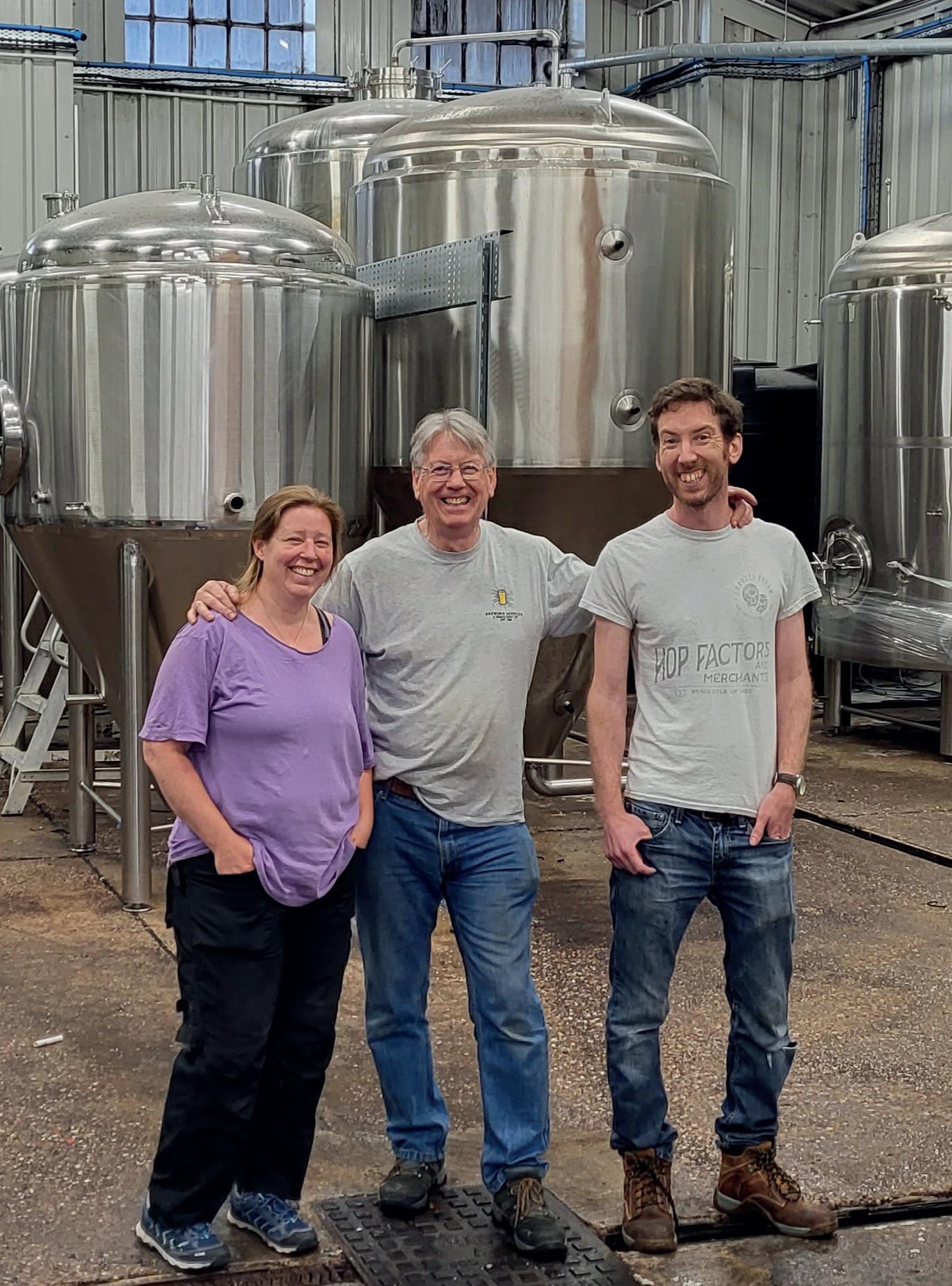
All three are very experienced and qualified brewers in their own right with a great deal of expertise to offer, and are dedicated to helping brewers by promoting good brewing practice in the brewing process from start to finish along with that all important beer quality and consistency.
From the day Brewing Services Ltd started, Independence Day 1988, it has been dedicated to working with brewers to produce the best beers possible.
Over the last thirty-five years the team has worked with well over 200 companies around the UK, quite often working with individuals or groups who start off with an idea they want to produce a beer but need help navigating the red tape and sourcing equipment.
Brewing Services provides a consultancy that takes them every step of the way.
Rob Smith said: “The understanding of science of brewing should be a fundamental part of the skills of the whole brewery team in order to optimise efficiency, consistency and above all –quality.” Having the shiniest modern brewhouse and equipment on the market is all very well, but investment in staff and training is arguably more important to make it work efficiently.
Back in 1988, Brewing Services devised ‘The Fundamentals of Mini-Brewing’, the first ever dedicated training course on brewing aimed at the small independent brewery sector and the first course ran in Malton in October 1989. The course now renamed ‘Brewing – The Fundamentals’, still runs twice a year in March and November, making it one of the longest running brewing courses dedicated to craft brewing in the world. Find out more at www.brewingservices.co.uk
Ninkasi offers free installation survey and finance options on CO₂ capture technology
Following the buzz around CO₂ capture at BeerX this year, Ninkasi Rentals & Finance is now offering brewers support in this space when it comes to choosing the right machine and financing the investment.
There is always a ‘but’ when it comes to new technology, and to buy these machines, even at the craft beer level, the outlay is significant. For a single 15kg machine with a 2T storage tank and associated collection stations, vaporisers and safety valves, the capital cost is above £100,000, which is where Ninkasi Rentals & Finance has stepped in to support craft brewers.
James Lewis, Managing Director of Ninkasi Rentals & Finance, said: “We have been watching CO2 capture technology for the last
three years, for us it seemed irrational that breweries were being forced to expel CO2 produced during fermentation to then buy it in to complete packaging. We believed that this was not only wasteful but costly, and something that as an industry we should try and alleviate.
“We were introduced to this craft brewery technology in early 2022 and have since been working to understand the principles, the benefits and of course the realities of regulations around this technology. After working closely with the manufacturers and learning from brewers who have already brought this technology to the UK, we have now installed two CO2 recovery systems here in the UK, and strongly believe that we are not only be able to offer financial
support to our industry, but also add value to our customers, acting as a consulting bridge between craft brewers and the manufacturers.”
Ninkasi is currently offering a free installation survey to enable brewers to understand the technology more while also getting a more in depth understanding of what the technology can do to assist their breweries growth. And Ninkasi is also able to offer rental or finance options on the CO2 capture technology, so cashflow is protected while savings are generated.
For more information contact Paul Evans at Paul@ninkasirentals.co.uk or call 07741 846650
97 www.siba.co.uk | SIBA Independent Brewer | Autumn 2023
Supplier news
S USTAI N ABILIT Y IN BR E WING















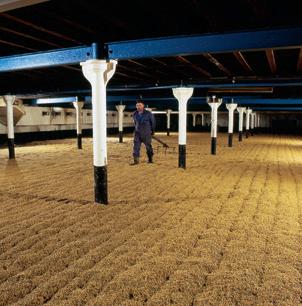
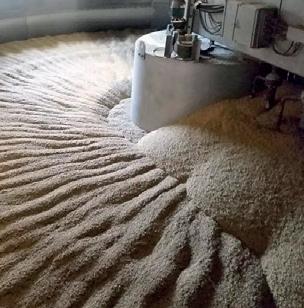
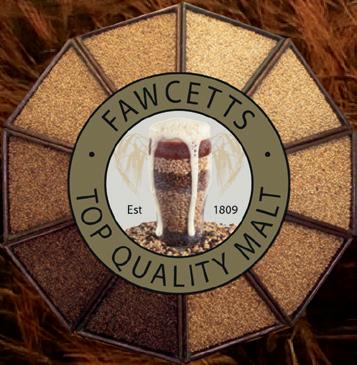
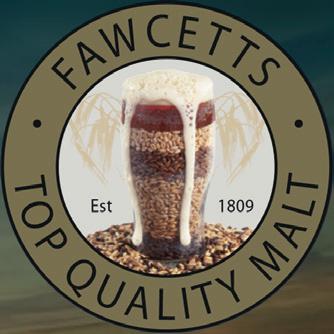
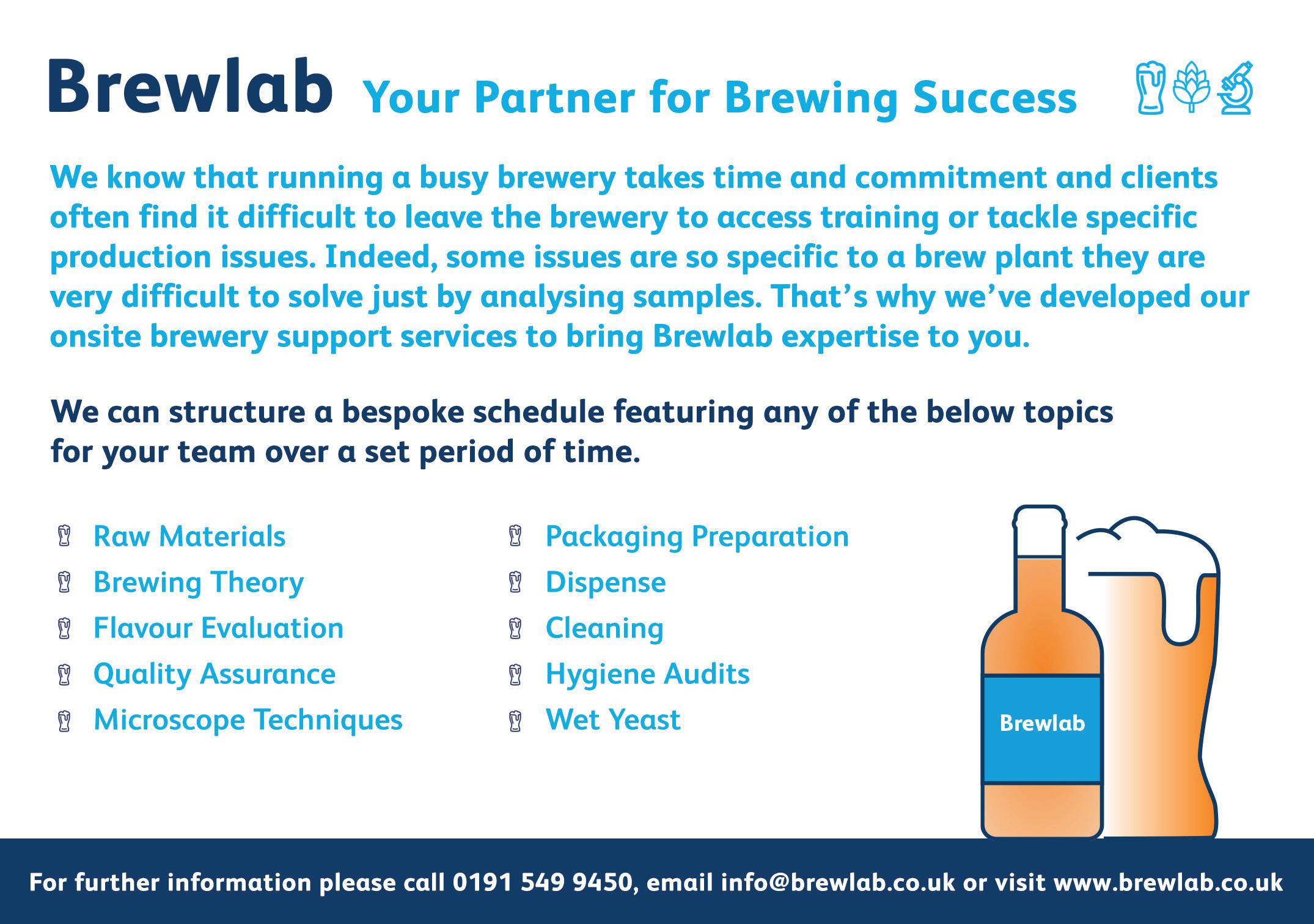
98 Autumn 2023 | SIBA Independent Brewer | www.siba.co.uk FOR FLAVOUR - THINK FAWCETTS INDEPENDENT FAMILY MALTSTERS SINCE 1809 • Manufacturing Quality Malts for Over 200 Years • 30 Different Malts • Roasted & Floor Made Malts +44 (0)1977 552490 www.fawcett-maltsters.co.uk sales@fawcett-maltsters.co.uk Eastfield Lane, Castleford, West Yorkshire, WF10 4LE, United Kingdom
Atlas Copco installs on-site nitrogen generation system at Whitewater Brewery
Whitewater Brewery in Castlewellan, Northern Ireland, was first established in 1996 and has seen expansion from an initial 800-litre brew size to the handcrafting of 6,500-litre brews and the bottling of 10 different beers on-site.
This substantial increase in productivity was aided initially by the brewery’s energy-efficient Atlas Copco compressed air system and now by its recent addition of an Atlas Copco on-site nitrogen generation system, designed to ensure continuity of supply and to achieve significant operational cost savings compared to using bought-in nitrogen or carbon dioxide.
That was primarily why Whitewater Brewery’s switch to on-site generation was made. Operating with an Atlas Copco GA 7 VSD+ FF rotary screw compressor to supply 10bar clean, dry air, an NGP15+ nitrogen generator, incorporating the latest pressure swing adsorption (PSA) technology, was installed to produce an independent, reliable, and flexible supply of premium grade nitrogen at the exact purity level required of 99.5%.
Atlas Copco’s NGP+ range of on-site, service-friendly nitrogen generators combines high flow capacity, with output from as little as 4 Nm3/h right up to 3000 Nm3/h, with low operating and maintenance costs.
A specific benefit derived from the on-site generation facility is its contribution to nitrogenated beer production, such as Irish stout, which contains more dissolved nitrogen gas and less CO2 than traditional beer. The foam generated by nitrogen bubbles is thicker and longer lasting. With less CO2 the beer has the smooth character for which it is famed. These improvements are not the only substantial benefits that the new nitrogen generation system has brought to the Whitewater Brewery’s business – it has also reduced the operation’s reliance on CO2 within its processes and its material costs. Nitrogen is much cheaper and more readily available than CO2. It can be used instead of carbon dioxide in at least twothirds of brewing applications.
Whitewater’s founder Bernard Sloan said: “We were using a tonne of CO2 every week from delivered bulk supply that was costing in excess of £1,000 during supply shortages for each delivery. The on-site nitrogen has replaced many of the CO2 duties throughout our production, and as a result, we have been able to limit the supply programme to just one every five weeks. This is saving us around £35,000 per year on CO2 costs and is reducing carbon emissions.”
The reliability, continuity of supply, versatility of nitrogen applications, and the significantly lower cost burden of industrial gases have all boosted Whitewater Brewery’s productivity to a new level, helping it be prepared for its future expansion plans.
For more information go to www.atlaspropco.com/en-uk
The Cotton Textile Company launches new division
Essex based bespoke textiles manufacturer, The Cotton Textile Company, has launched a new venture and fresh website for all brewing industry merchandise.
The new division, called Brewery Merchandise, comes as TCTC recently took over the assets of Phoenix Marketing Products, which had led the way in bar and brewery merchandise since the early days of the ‘80s.
The site launched at the beginning of July, boasting a catalogue of merchandise as well as a bespoke custom product service. From the bar to the beer garden, Brewery Merchandise offers a vibrant array of high-quality promotional products that, alongside their access to the experienced textile experts at TCTC, will be sure to bring bars’ and breweries’ brands to life.
Co-owners Sam and Richard open this new division with experience behind them; The Cotton Textile Company has been manufacturing and supplying bar towels to breweries since 2013, and has worked with well-known industry names from BrewDog to Yates Brewery. Sam and Richard are committed to the growth of the company, so with an ever-growing volume of TCTC’s customers coming from the drinks industry, the co-founders took the decision to create a separate division purely for this sector.
Underpinning this move will be Lisa Cotterrell, who has been welcomed to the TCTC team and knows the drinks industry very well, having been employed at Phoenix Marketing previously.
Richard King, sales director, said: “Launched on the 4th July, this is a very exciting and logical move for the company. The whole team is excited to watch Brewery Merchandise hopefully grow into the number one supplier of branded products to the drinks industry.”
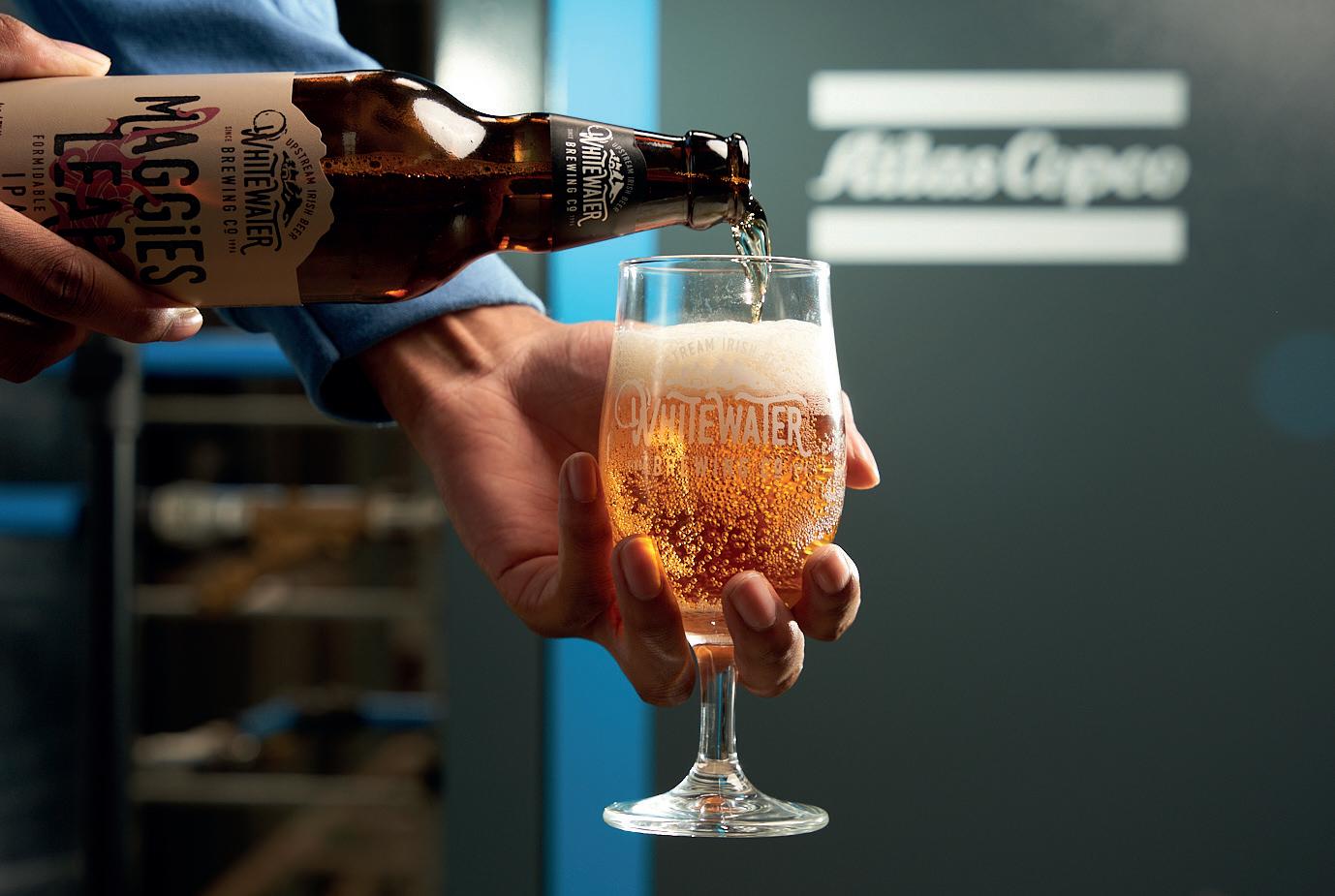
Find out more at www.brewerymerchandise.co.uk
Agrasta launches marketplace for low carbon produce
It takes time and effort to locate low carbon farmers, and currently there is a limited supply of low carbon crops to go around, so Agrasta has just launched a new online marketplace for low carbon produce. It connects breweries to farmers of low carbon barley and wheat so brewers (or maltsters) can source the key ingredients to reduce their footprint quickly, easily and authentically.
For more information email info@agrasta.com or go to www.agrasta.com
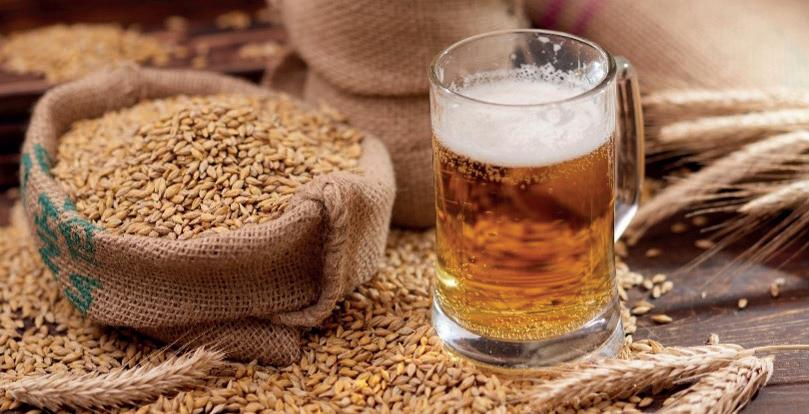
99 www.siba.co.uk | SIBA Independent Brewer | Autumn 2023
Supplier news
S USTAI N ABILIT Y IN BR E WING S USTAI N ABILIT Y IN BR E WING
“Specialising









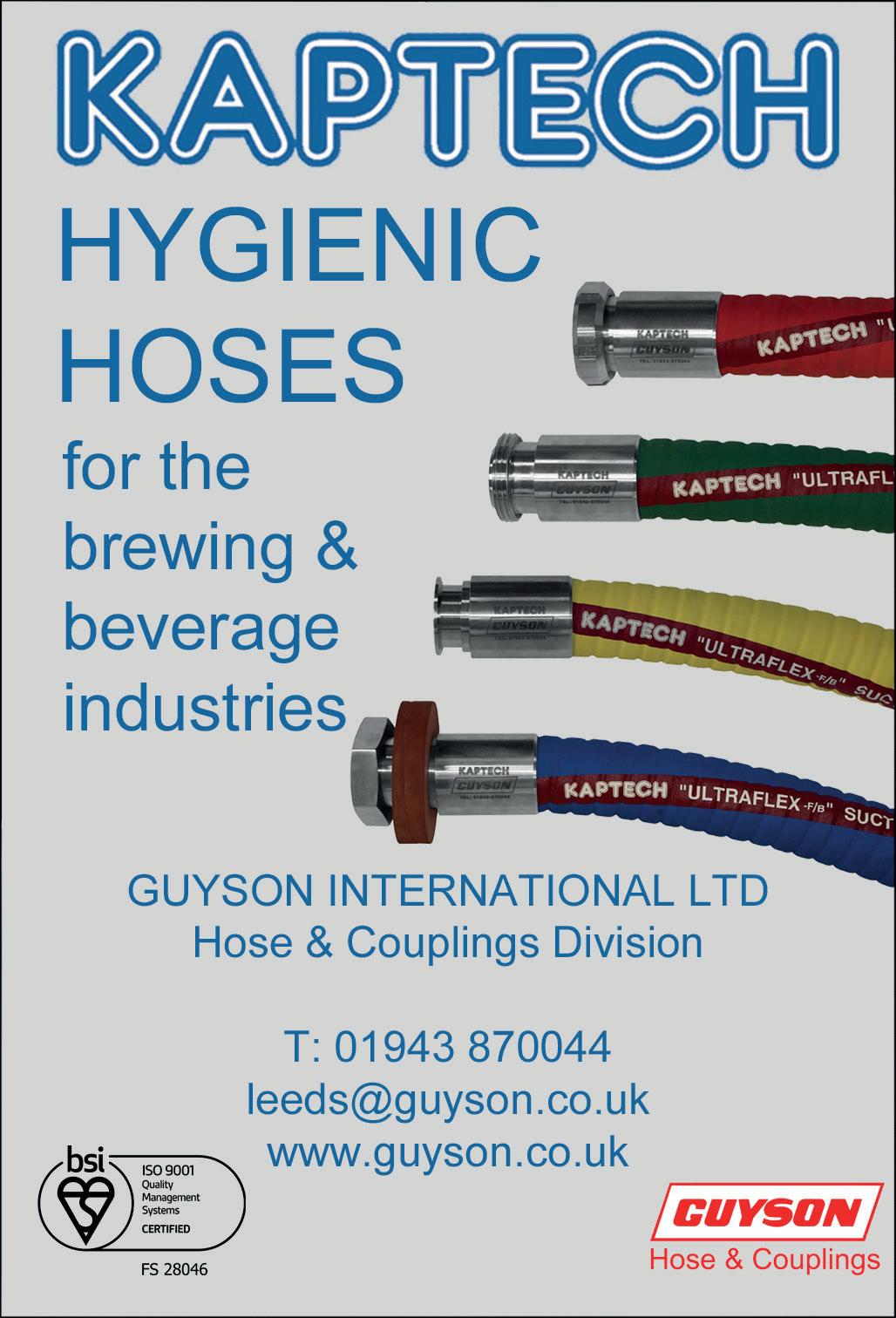
“Food


 By RASTAL.
By RASTAL.
100 Autumn 2023 | SIBA Independent Brewer | www.siba.co.uk ww w rastal co.uk
RASTAL - at the forefront of glassware design for more · In-house design and graphics studios · State - of-the -ar t 8- colour decoration with both ceramic and organic inks · A decoration MOQ of just 500 pcs · Dedicated and experienced in-market representation For all enquiries: Suzanne Strain suzanne.strain@rastal com +44 (0)7894 983 599 BRENT NEW SIZE 1/2 PT Our industry standard T.P.E. Rubber Keystones have been tried and tested by brewery’s na�onwide for over 15 Years.
Contact Compliant Material”
manufacture both so� and hard variants packaged in 'Poly-lined Polypropylene Sacks'.
Keystone’s are supplied in quan��es of 1000 and are all individually marked for 'End of Life Recycling'.
We
Our
in the Manufacture and Supply of Keystone’s For Beer Barrels“ Unit 8, Fairway Business Park Castle Road, Eurolink Sittingbourne Kent ME10 3FB Tel +44(0) 1795 439222 Fax: +44(0) 1795 439444 Email: info@poly-tek.co.uk WWW.POLY -TEK.CO.UK Or alterna�vely you can contact the sales team directly on 01795 439222 30 day accounts available upon request Price Per 1000 Delivered Only £82.50 + Vat PALLET QUANTITY PRICES Price Per 10,000 Delivered £70 / 1000 + Vat So please visit our online shop at
Whisper Pumps attends its first SIBA Independent Beer Awards
The problematic issue of leaking pump seals during the hot wort process of brewing helped Whisper Pumps make their mark on the industry, after introducing their special brewery seal that is resistant to the sugars that commonly eat away at other seals on the market.
This trusted and proven solution led Whisper Pumps to join SIBA, which it has now been a member of since 2021.
During the Summer this year, Whisper Pumps was lucky enough to attend the SIBA Independent Beer Awards; an event which is run across eight regions, representing the very best beer from the UK’s independent brewers, and judged by industry experts and brewers.
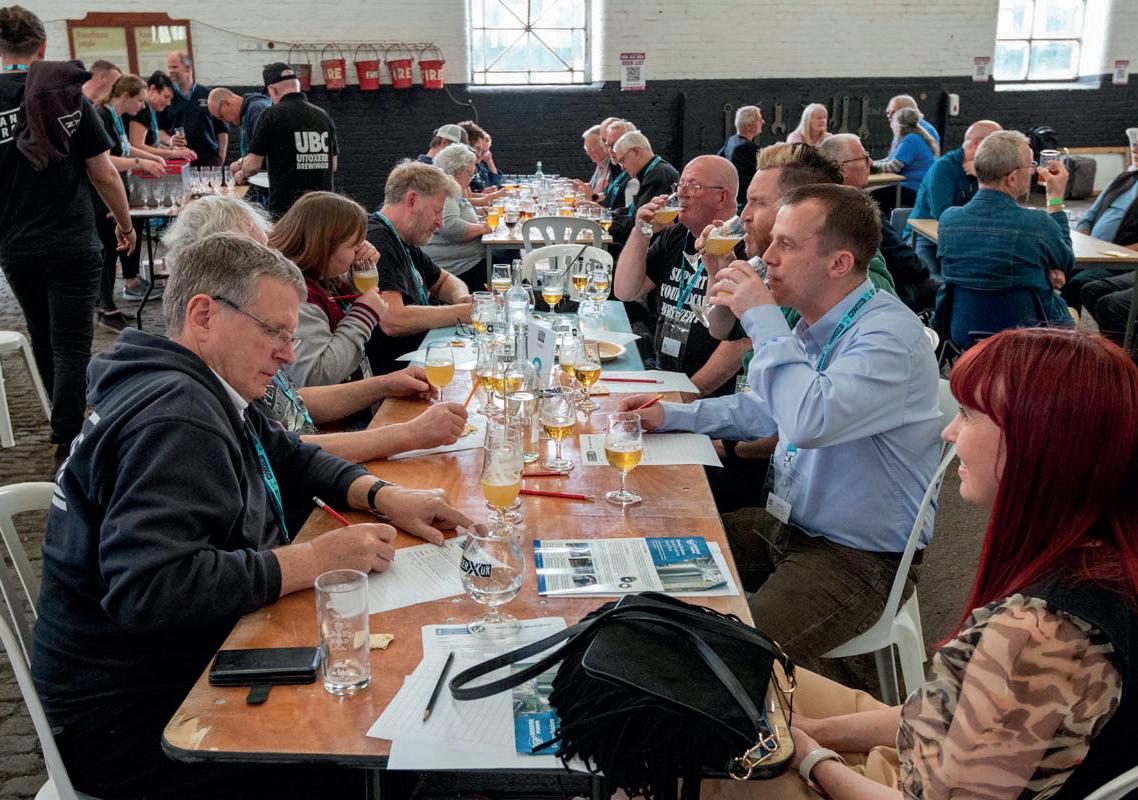
Business Development Manager Justin Flear represented Whisper Pumps by attending the Midlands event, and also sponsored and judged the Keg Champion competition – won by Attic Brew Co.
Talking after the awards, Justin said: “This amazing SIBA event, local to the Whisper Pumps office, has been a great opportunity to meet with customers and talk to brewers in the industry who have either first-hand experience or are well aware of the issues that hot wort transfer can cause.
“These brewers work hard perfecting the blend of their products, some of which I’ve been lucky enough to sample today, and coming away knowing that I’ve been able to offer them advice and tell them about a product which can save them downtime, extra costs and the hassle of it all is a great feeling.”
The special brewery seal from Whisper Pumps is compatible with the industry-recognised Ebara CDX and Lowara CEA Pumps and can help prevent reoccurring pump leaks caused by sugar crystallisation on traditional pump seals.
Find out more by contacting Whisper Pumps technical sales engineers on 01777 871100 Wye
Herefordshire-based Wye Valley Brewery has upgraded its bottling capability with a new installation from specialist Enterprise Tondelli.
Working closely with Wye Valley’s civil engineers on the new extension design, setting floor levels and designing drainage, a compact layout was achieved.
This ergonomic arrangement allowed optimisation of staffing levels so the new line has less operators than the previous line whilst running more than twice as fast. The layout allows one person between filler, labeller, level inspector and crown feeder plus one between the two packing machines. There is one common area for the de and re palletising equipment located in the warehouse to reduce fork truck movements.
The new line is rated at 9,000 bottles per hour
and will produce both 330ml and 500ml bottles.
An existing coder provided by the brewery was integrated into the labeller system for label coding. To reduce downtime between label changes an additional accumulation alpine was included from Eurosistemi – the Enterprise conveyor manufacturing partner.
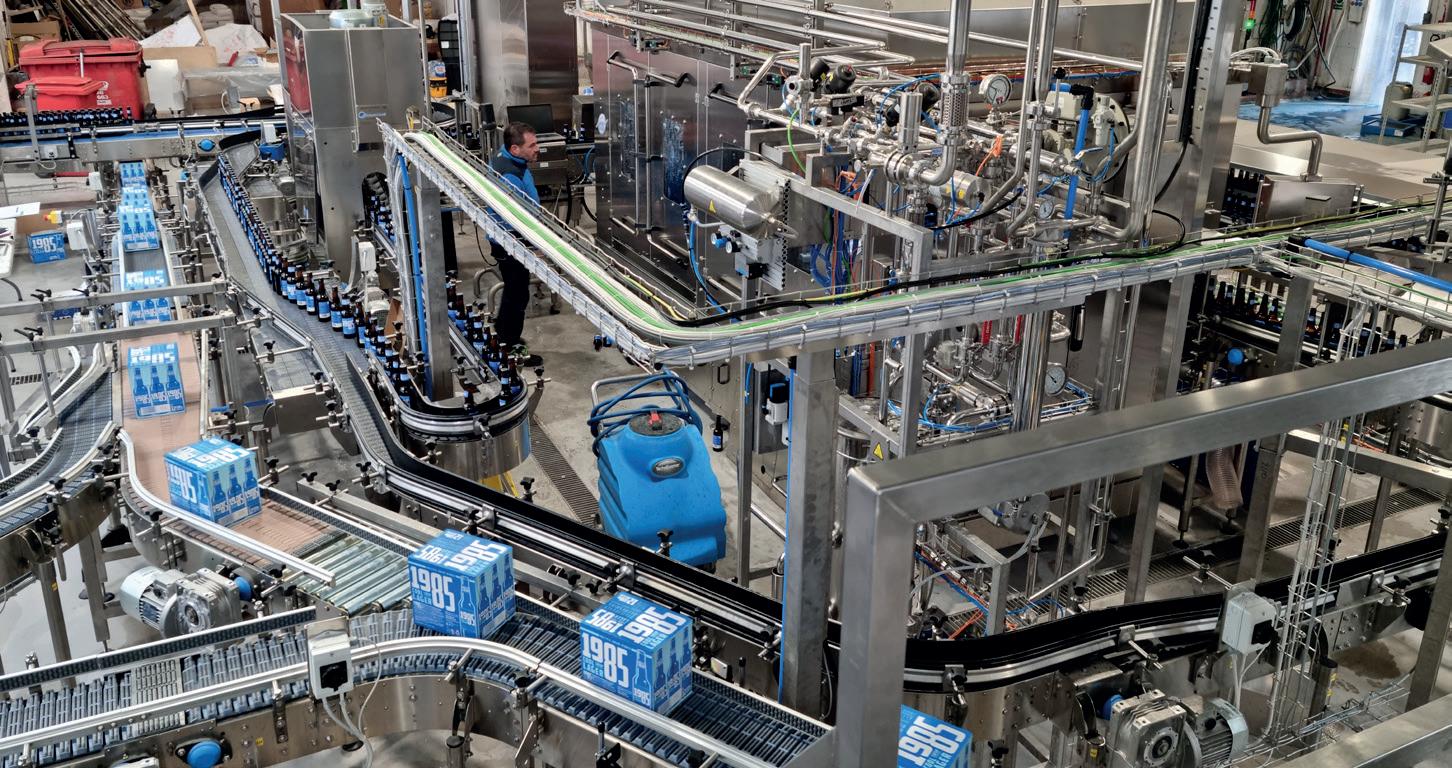
The rinser/filler/crowner from Matrix Srl is enclosed in a hygiene enclosure with hepa filtration on the top of the stainless steel enclosure. The electro pneumatic filling valve has fewer moving parts than a traditional mechanical valve and allows greater filling control. Enterprise has supplied a number of Matrix fillers both in the UK and around the world, a recent unit being a 90 valve.
The complete conveyor system was supplied from EuroSistemi who engineered the control panel, field wiring and software solution for
a very flexible project. A second phase will feature a canning facility.
Gareth Bateman, head brewer and project leader, said: “Enterprise Tondelli has been on our radar for some time but we had never used them. Checking with a few other breweries who used them we found they had a sound reputation. A major factor in awarding the contract was their very flexible attitude in finding the solution – no matter what changes we required, Enterprise reacted very quickly and positively time and time again. It was a positive experience.”
The Wye Valley project is just one of a series of recent projects by Enterprise that have ranged in scope from Kombucha bottling, nitro beer canning and turn key beer bottling. Find out more at www.enterprisetondelli.co.uk
101 www.siba.co.uk | SIBA Independent Brewer | Autumn 2023
Supplier news
Valley Brewery installs new bottling line from Enterprise Tondelli
RELIABLE CLOSURES VALUE TO BRANDS
Bottling and Packaging
Machinery for the Beer Industry
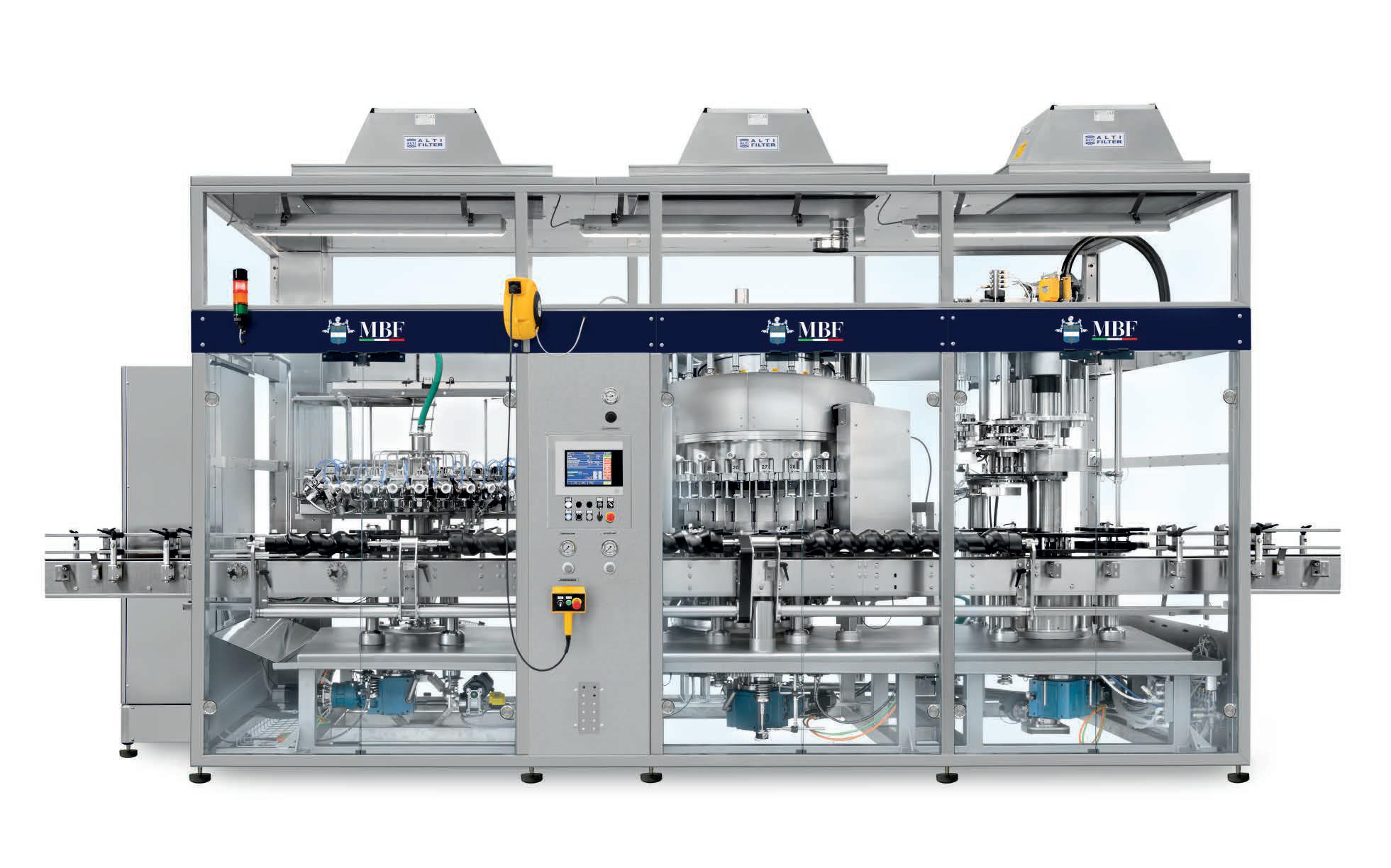
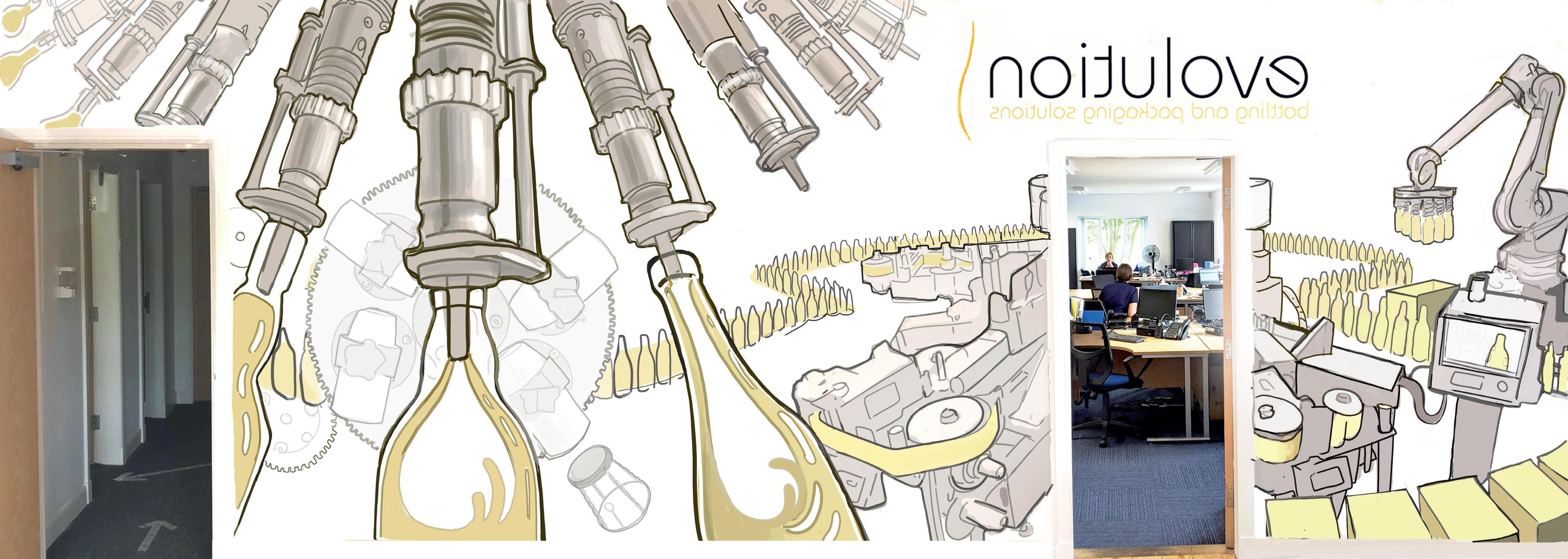
WIRE HO
C A
CORKS
HEATSHRINK
PSULES SLEEV ES
THAT HELP SEAL, PROTECT AND ADD passion excellence f or
Muntons publishes Practical Sustainability report
delighted to report that it has beaten that target three years early.
The latest update on Muntons’ world-leading sustainability programme is the ESG Report which is available to download on www. muntons.com/practical-sustainability
committed to practical, measurable actions across the business and its supply chain.
ABILIT
Muntons has underlined its commitment to sustainability with the publication of a new report.
The firm was the first Maltster to set a sciencebased target, a 45% reduction of scope 1 and 2 CO2 emissions by 2025. And Muntons has been
Tim Wakeley, Head of the Sustainability Council at Muntons, said: “As a company deeply invested in creating a positive impact on society and the planet, we believe that sustainability is not just a buzzword, but an integral part of our core values. Our ESG Report serves as a transparent account of our efforts, achievements, and the steps we are taking to create a more sustainable future for all.”


As the world’s greenest maltster, Muntons produces 100% sustainable malt, reuses or recycles 99.7% of all resources and is
Muntons has received a number of accolades for its work on sustainability including Global Brewing Supplier at the 11th RMI World Barley, Malt and Beer conference in 2022 and is proud of its involvement in pioneering programmes in malt production and helping to demystify the world of carbon for the wider food and drinks industry. The firm has recently been awarded a Platinum Medal for the second year running by EcoVadis, the world’s most trusted sustainability ratings organisation. This places it in the top 1% of companies globally for sustainability performance.
Find out more at www.muntons.com
Turning challenges into opportunities – the beer duty malaise
Myles Pinfold from WPA Pinfold looks at the implications of the recent changes to the duty system…
“For many the response to the Spring Budget alcohol duty announcement is ‘dazed and confused’ – dazed by ever increasing complications required of the industry and confused about the future implications for their business. It seems to be a symptom of the more-for-less (more effort, less return) world that we are living through.
Beer, at its best, is all about the simple pleasures in life. As Plato is reputed to have said ‘He is a wise man who invented beer’. Whatever your view, tax is one of the two certainties in our lives, so we might as well get on and make the most of it and turn these new tax challenges into marketing opportunities – before we reach that other certainty in life…
One of the most significant implications is the increase in duty on packaged beer, which has been in continued growth. Conventional retailing wisdom tends to be to decrease scale when retail prices go up – have you noticed that your favourite chocolate bar has got smaller over the years? However, premiumisation has been the order of the day in recent years and according to
predictions, 70% of total beer consumption will be in the premium or super-premium category by 2025. There is always an opportunity to enhance your high-end positioning to make your pricing appear even greater value. You need to make design your most powerful selling weapon and build real equity – the consumer mindset has shifted to quality over quantity and authenticity over artifice.
Other strategies that can be built into brand building are:
- If ABVs are reduced, create more flavour cues, richness, and emotion to your graphics – after all, we eat and drink with our eyes.
- New product development (NPD) and innovation will also help maintain and justify price – this has sustained the craft beer rise to fame over the last decade and long may it continue.
- Super premiumisation is yet another route to price nirvana – look at the price comparisons between75cl bottles and standard 500ml bottles
Moreover, the new focus for brewers has to be draught, in a similar way that the likes of Zoom are discovering that WFH is no longer a viable business model, drinkers are
fast rediscovering why DFH (drinking from home) is no substitute to the joys of visiting bars, pubs and restaurants.
Most of all, in our fast-overheating planet, where sustainability has to be everyone’s priority (29% of consumers say they would pay a premium for a sustainable product) and draught has a fantastic sustainable message:
- Returnable and reusable packaging
- All-natural ingredients
- Reusable by-products, from animal feed to compost to Marmite and supplements, even wastewater can become part of a managed eco system (check out Purity Brewing).
Whilst cask has the strongest eco message of all - it is even dispensed manually - so it should be the drink of choice for all those environmentalists out there and even more so the preferred drink for the new generation of sustainability conscious drinkers. Cask is the perfect candidate for our circular economy.”
Myles Pinfold is founder and strategic director of WPA Pinfold, experts in branding for the drinks sector. Find out more at www.wpa-drinks.co.uk
103 www.siba.co.uk | SIBA Independent Brewer | Autumn 2023
S USTAI N
Y
BR E WING Supplier Viewpoint
IN
Supplier news
BrewMan
Gold & Silver members Gold members
Sam Williams Sam@premiersystems.com

Breww Ltd
James Collier hello@breww.com
Charles Faram Any of the team sales@charlesfaram.co.uk
Close Brothers Brewery Rentals
Becki Mason Rebecca.Mason@closebrothers.com
Crisp Malting Group
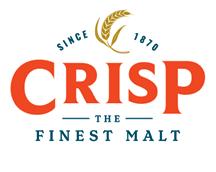
Colin Johnston colin.johnston@crispmalt.com
Kegstar
James Bleakley jamesb@kegstar.com
Loughran Brewers
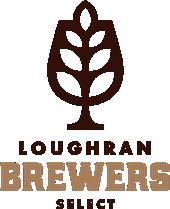
Select
Digby Fullam marketing@malt.ie
Murphy & Son
Frances Maud frances.maud@murphyandson.co.uk

Napthens LLP

James Allison
James.Allison@napthens.co.uk
Thomas Fawcett & Sons
James Fawcett james@fawcett-maltsters.co.uk
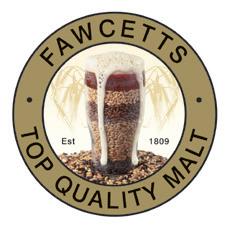
Vigo Ltd Sales Team sales@vigoltd.com
William Croxson & Son Limited

Tim Croxson tim.croxson@croxsons.com
Silver members
Anton Paar Ltd

Tertia Rimell tertia.rimell@anton-paar.com
Beatson Clark Ltd

Charlotte Pike sales@beatsonclark.co.uk
Beer Box Shop
Simon Hulse sales@beerboxshop.co.uk

Festival Glass Kelsey Cheesbrough sales@festivalglass.co.uk
Framax UK Limited

Elizabeth Smith esmith@framax.co.uk

IGC Engineering Ltd


Chris Hamlett chrishamlettigc@onetel.com
Konvoy
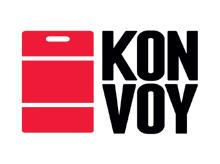
Christian Barden konvoy@konvoykegs.co.uk
Lemon Top Creative
Andy Mogg hello@lemontopcreative.com

Micro Can Ltd –Canning Lines
Warren Stanley info@microcan.co.uk
Muntons PLC


Vanessa Makings vanessa.makings@muntons.com
Pneumatic Scale Angelus
Tom Bowdige tom.bowdige@bwpackagingsystems.com
Rankin Brothers & Sons
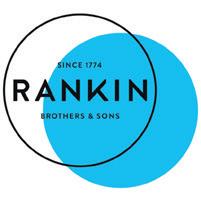
Jim Rankin sales@rankincork.co.uk
Rastal GmbH & Co KG
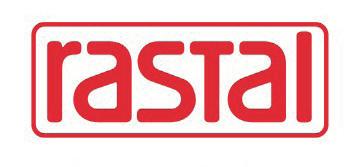
Timo Leukel timo.leukel@rastal.com
Saxon Packaging
Mike Impson mike.impson@smurfitkappa.co.uk
Vale Labels Ltd
John Riches john@valelabels.co.uk
WBC Lewis Maslen sales@wbc.co.uk
Willis Publicity
Carl Andrews carl@willispublicity.co.uk

104 Autumn 2023 | SIBA Independent Brewer | www.siba.co.uk
Rob
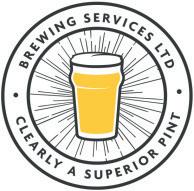



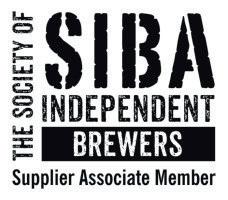
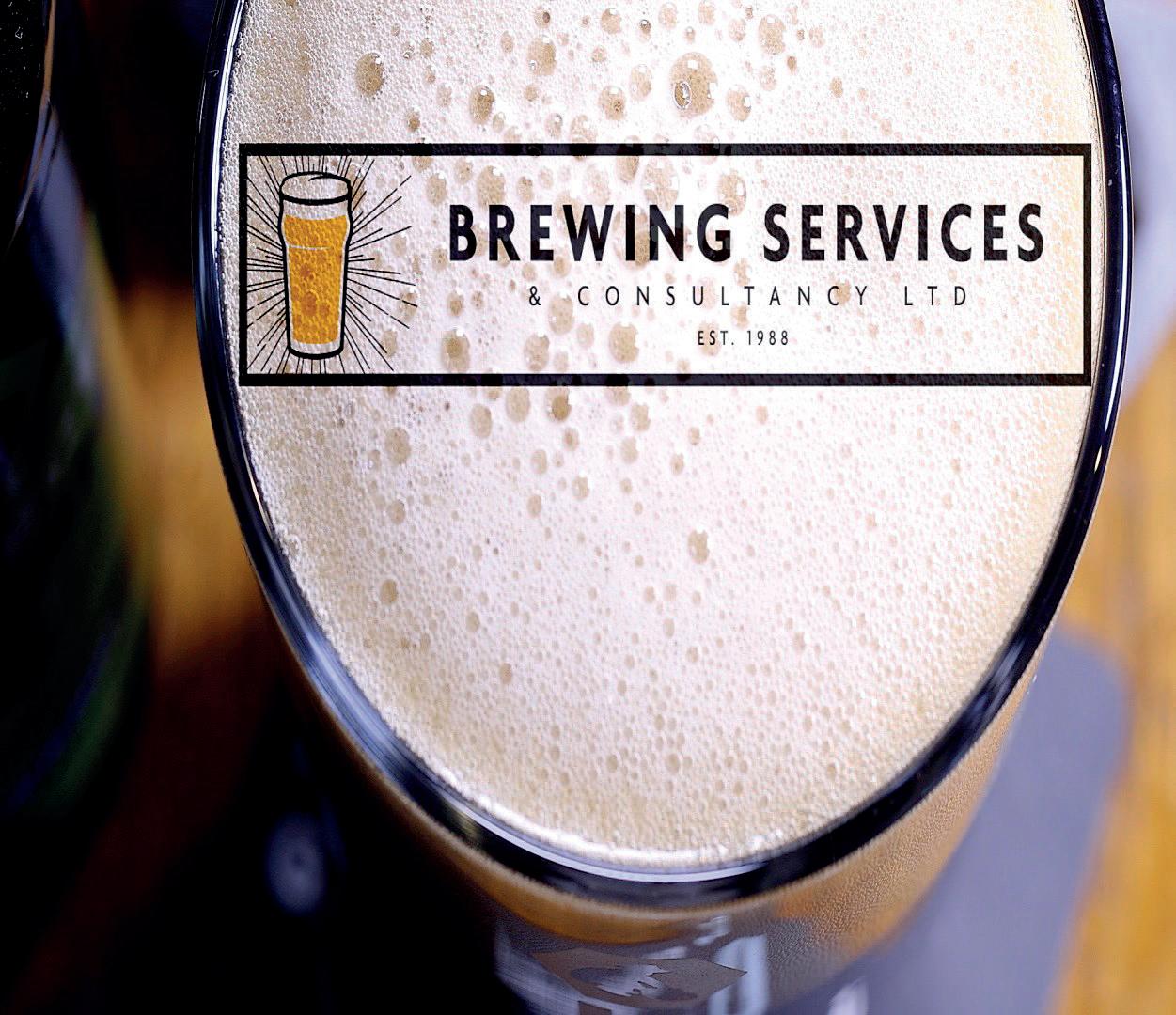

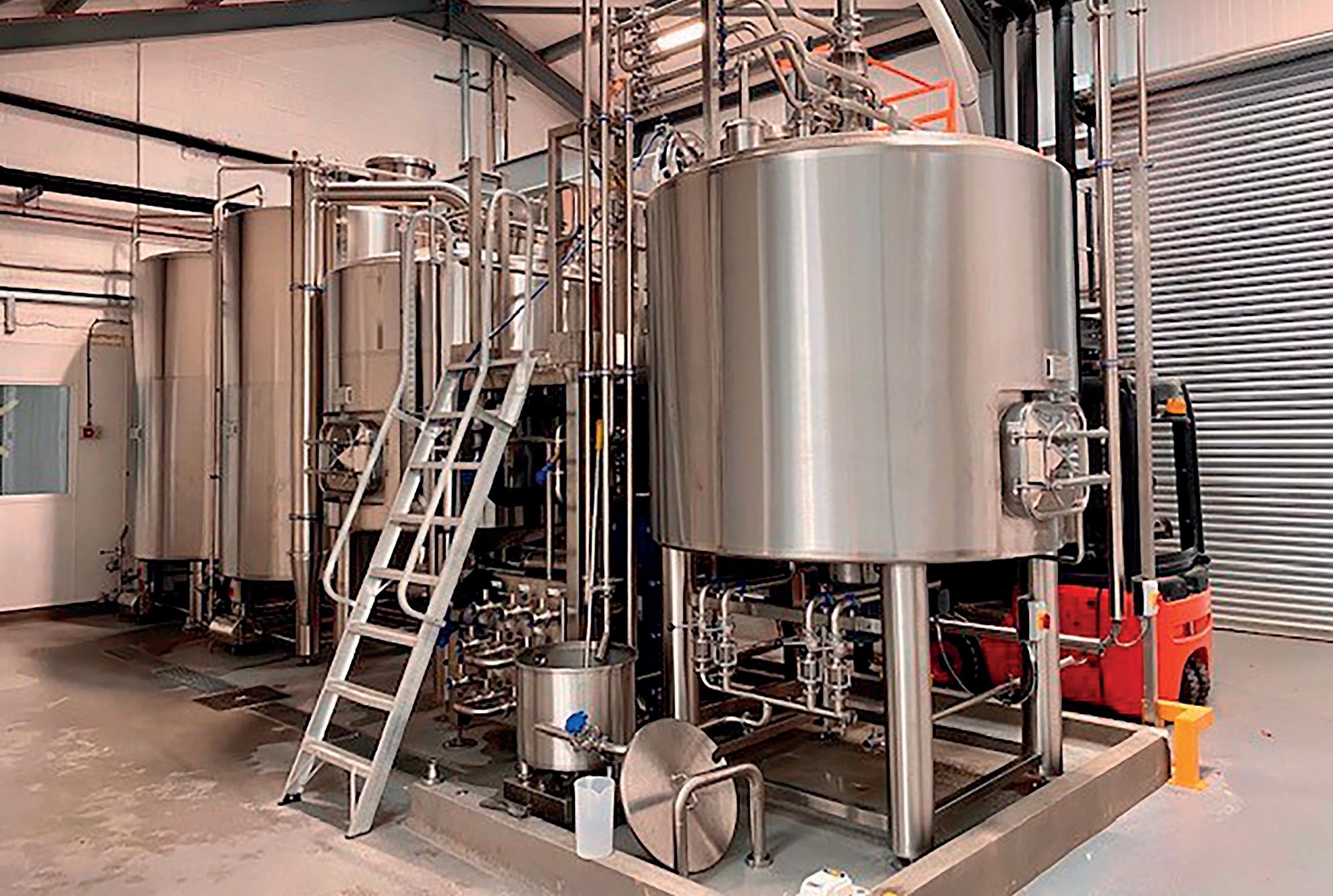

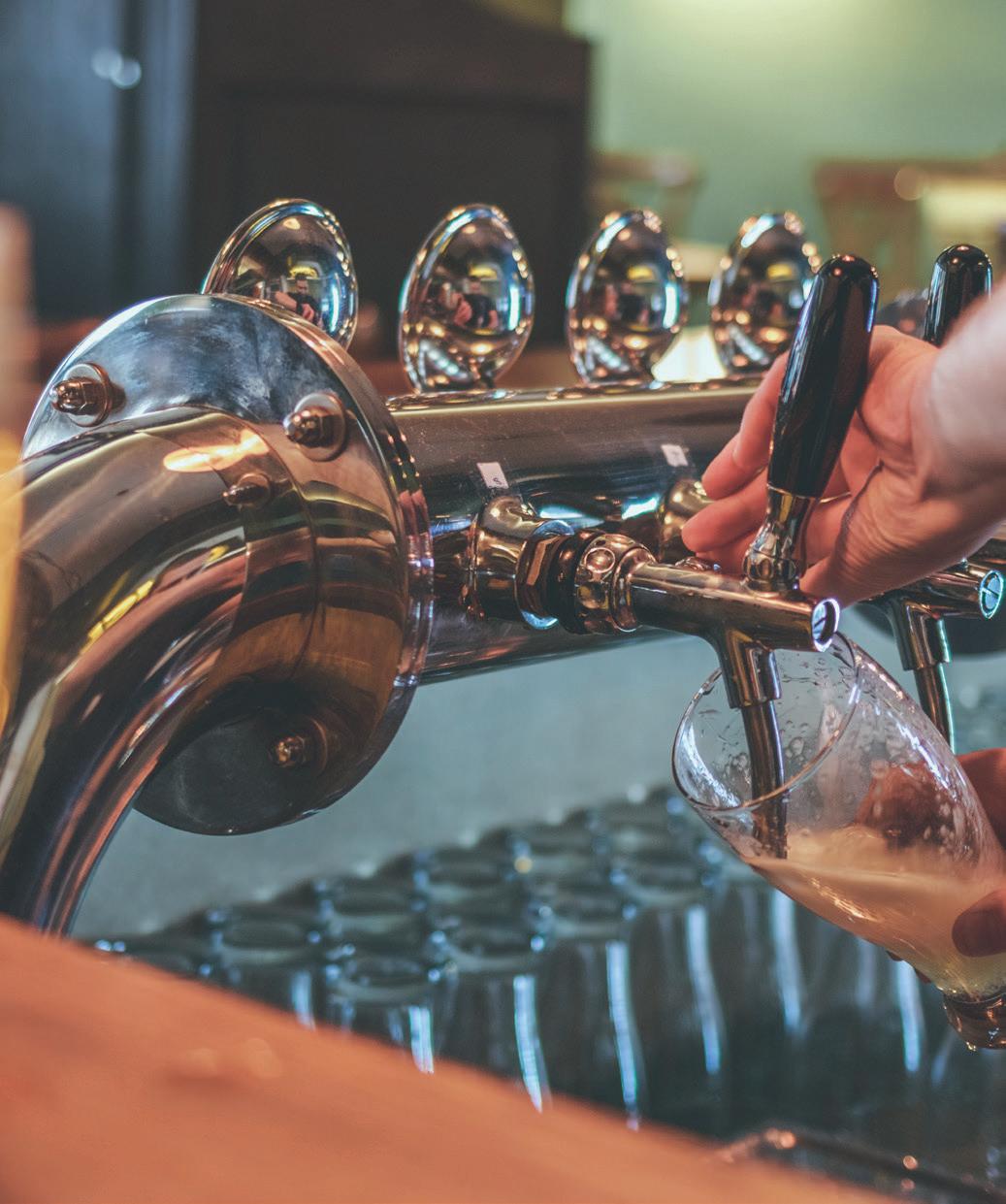
105 www.siba.co.uk | SIBA Independent Brewer | Autumn 2023 SPECIALIST MASTERBREW & DISTILLERY INSURANCE Pioneering insurance packages built around the dynamic needs of the brewery industry Lower premiums Wider cover Tailored additional benefits www.russellscanlan.com masterbrew@russellscanlan com 0115 947 0032 RUSSELL SCANLAN Insurance Cover Brewed to Perfection Gravity Systems was formed to meet the growing demand in the craft beer market for a single source for all brewhouse, fermentation, services generation and distribution. It is our aim to be the most complete partner in the brewery industry by building long term partnerships with our customers. +44 (0) 1733 834264 | www.gravity-systems.co.uk BREWERY START -UPS & EXPANSIONS ON -SITE Q.A. & Q.C. SURVEYS TECHNICAL SUPPORT & TROUBLESHOOTING ON-SITE TRAINING & RESIDENTIAL TRAINING COURSES
COURSE: 5 8 NOVEMBER 2023
NEXT
Smith, Hayley Young & David Smith
693097 / Hayley:
enquiries@brewingservices.co.uk www.brewingservices.co.uk
Rob: 07966
07855 326144
SIBA Team
Andy Slee
Chief Executive andy.slee@siba.co.uk
Sara Knox Company Secretary sara.knox@siba.co.uk
Rachel Harriott
Head of Membership Services rachel.harriott@siba.co.uk
Neil Walker
Head of Comms & Marketing neil.walker@siba.co.uk
Barry Watts
Head of Public Affairs & Policy barry.watts@siba.co.uk
Pip Young Events & Marketing Officer pip.young@siba.co.uk
Elle Spencer-Blanchard
Membership Services Administrator elle.spencerblanchard@siba.co.uk
Emma Guneyogullari
Membership Services Assistant emma.guneyogullari@siba.co.uk
All General Enquiries contact office@siba.co.uk
Board of Elected Directors
Existing members wishing to contact your regional representatives can use the relevant regional e-mail addresses listed below. For individuals, just type firstname.lastname@siba.co.uk
Chairman of SIBA Richard Naisby
Vice-Chairman of SIBA Anthony Hughes
East east@siba.co.uk
Chair Richard Naisby Milton Brewery (Chair of the Board)
Ian Rydings Leigh on Sea Brewery
Marcus Beecher Elgood & Sons Ltd
John Cussons Ferry Ales Brewery
Midlands midlands@siba.co.uk
Chair Anneli Baxter Loose Cannon Brewing Co Ltd
Anthony Hughes Lincoln Green Brewing Co Ltd (Vice-Chair of the Board)
North East northeast@siba.co.uk
Chair Joe Joyce Harrogate Brewing
Ian Fozard Rooster’s Brewery Ltd
Alex Balchin Wold Top Brewery
North West northwest@siba.co.uk
Chair William Mayne Bullhouse Brewing Co
Paul Jones Cloudwater Brew Co
Scotland scotland@siba.co.uk
Chair Christie Slater Consolidated Craft Brewers
Jamie Delap Fyne Ales
Fiona MacEachern Loch Lomond Brewery
South East southeast@siba.co.uk
Chair Andy Hayward Thames Side Brewery
William Harris Wild Card Brewery
Andy Parker Elusive Brewing Ltd
South West southwest@siba.co.uk
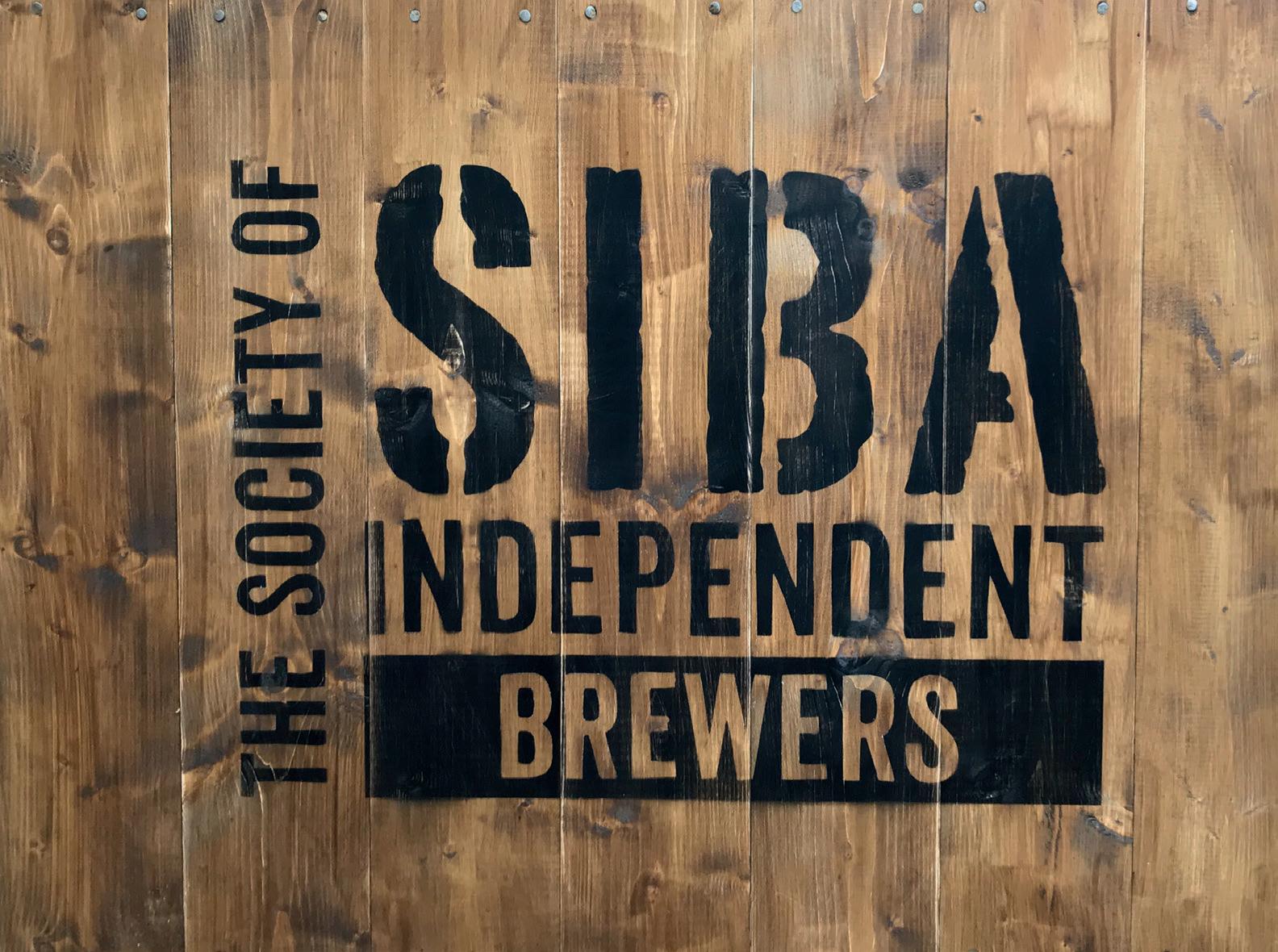
Chair Paul Arrowsmith Isca Ales Ltd
Darren Batten Palmers Brewery
Alan Collyer The Exeter Brewery
Wales & West west@siba.co.uk
Chair Glenn White Brew Monster
Rob Lilford Tomos & Lilford Brewery
106 Autumn 2023 | SIBA Independent Brewer | www.siba.co.uk
SIBA Head Office: 01765 640441
PO BOX 136, Ripon, North Yorkshire, HG4 5WW





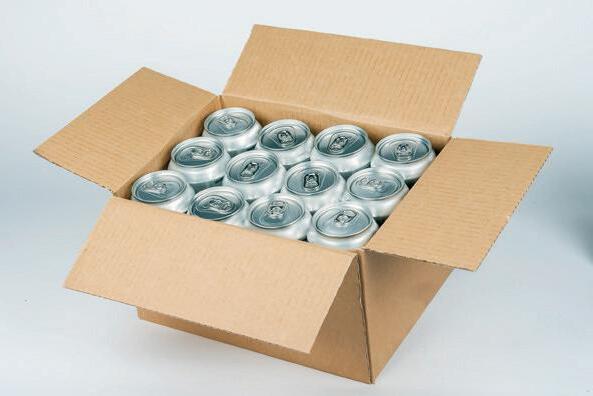
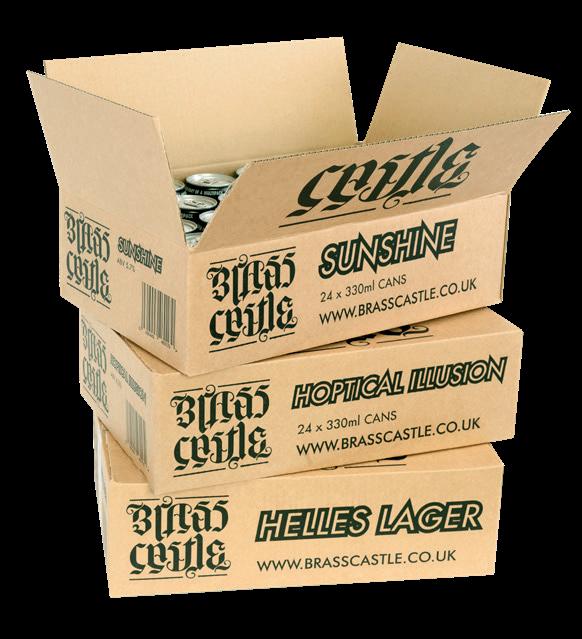
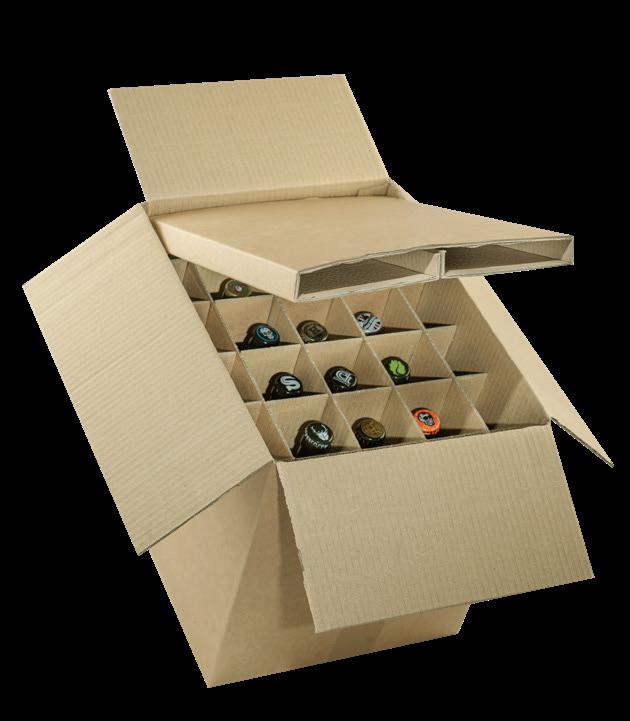
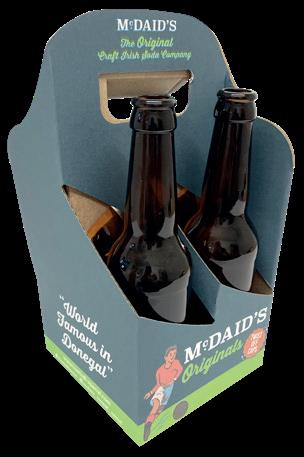

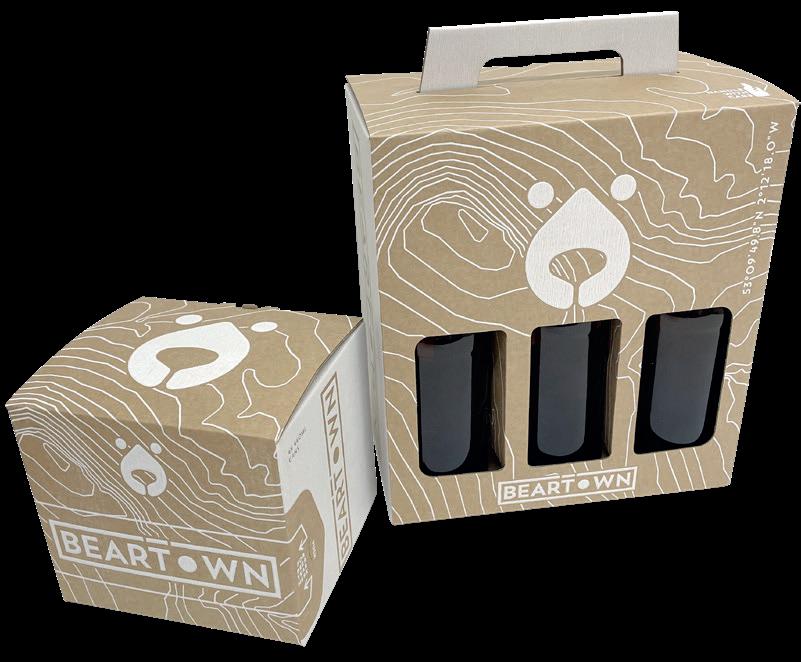

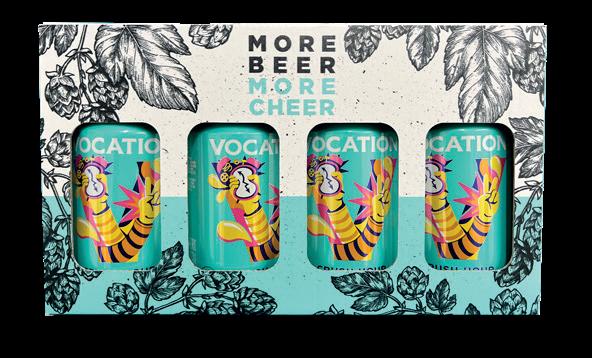

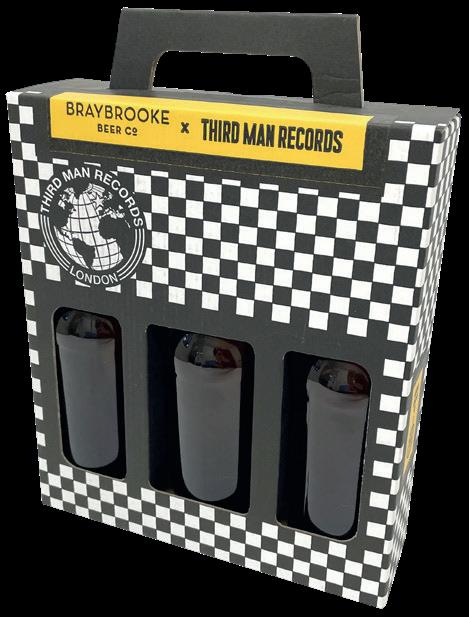
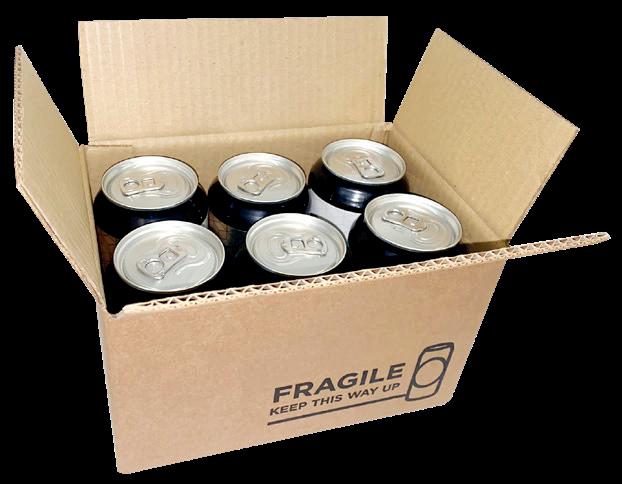


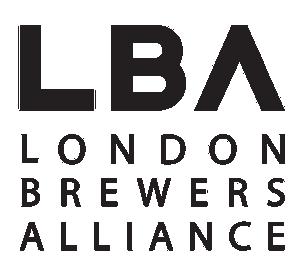
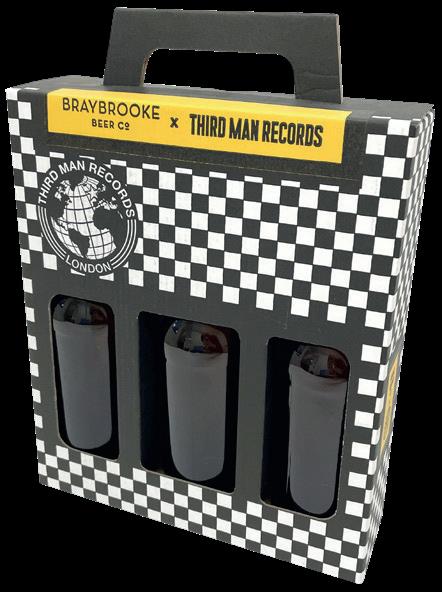

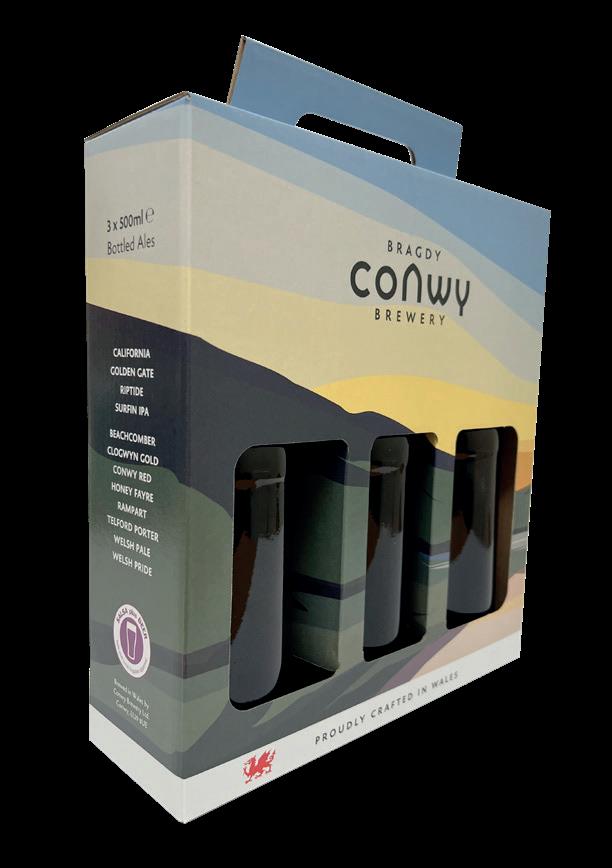
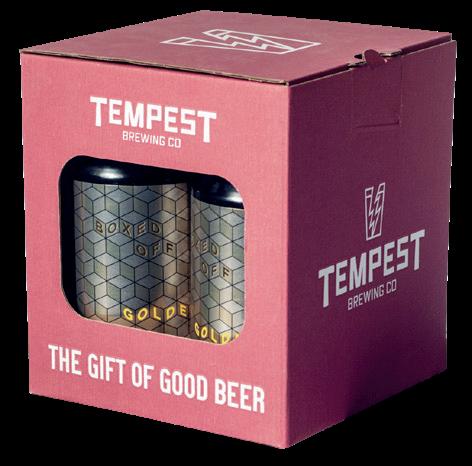

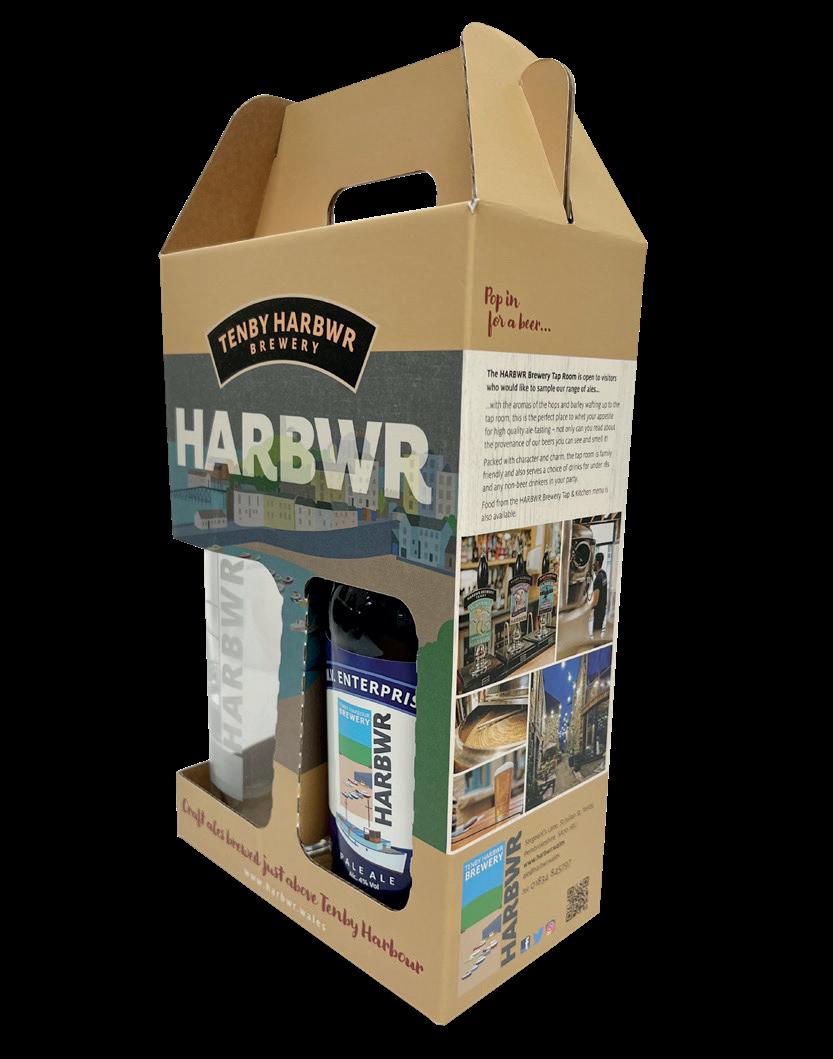

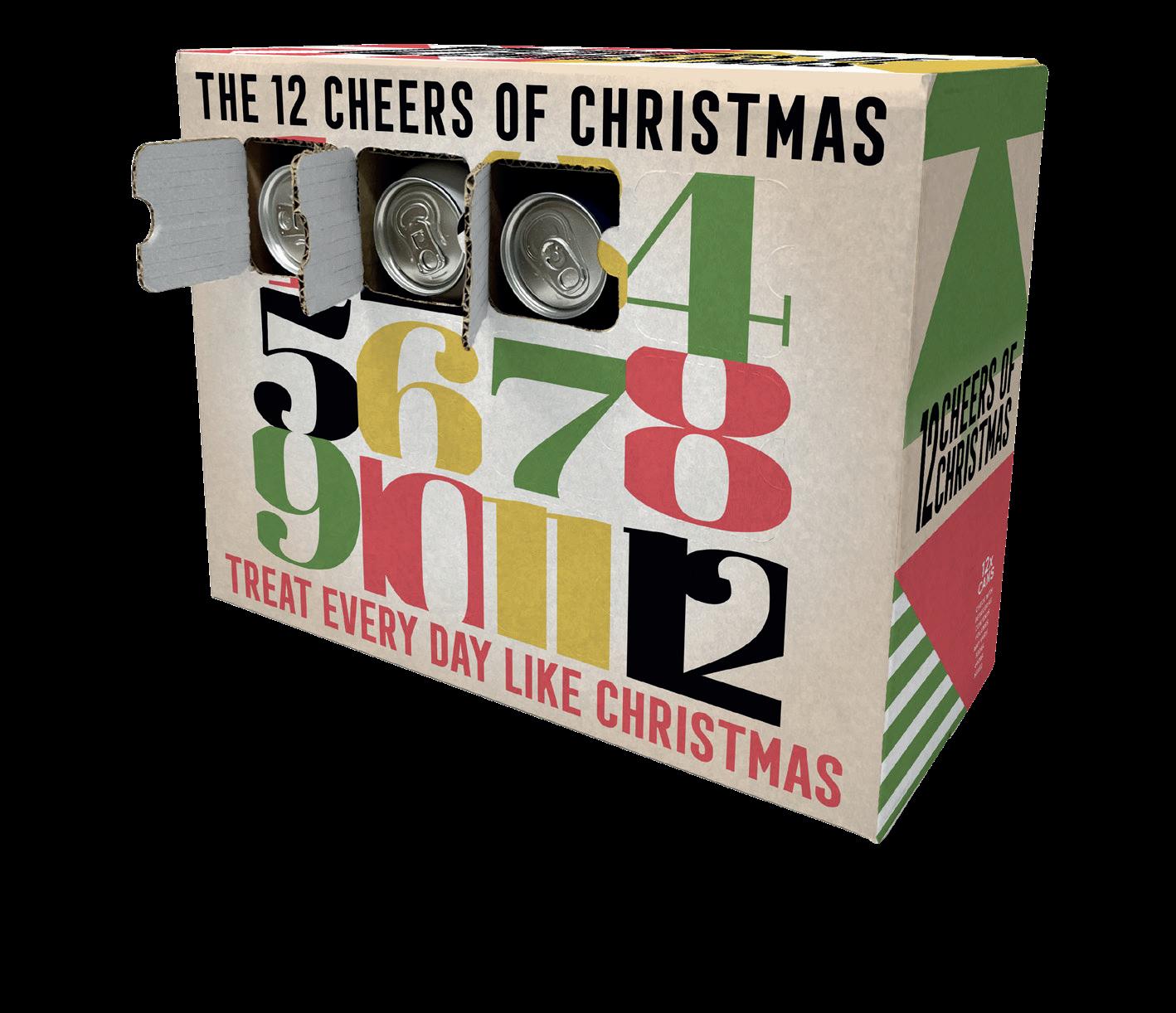

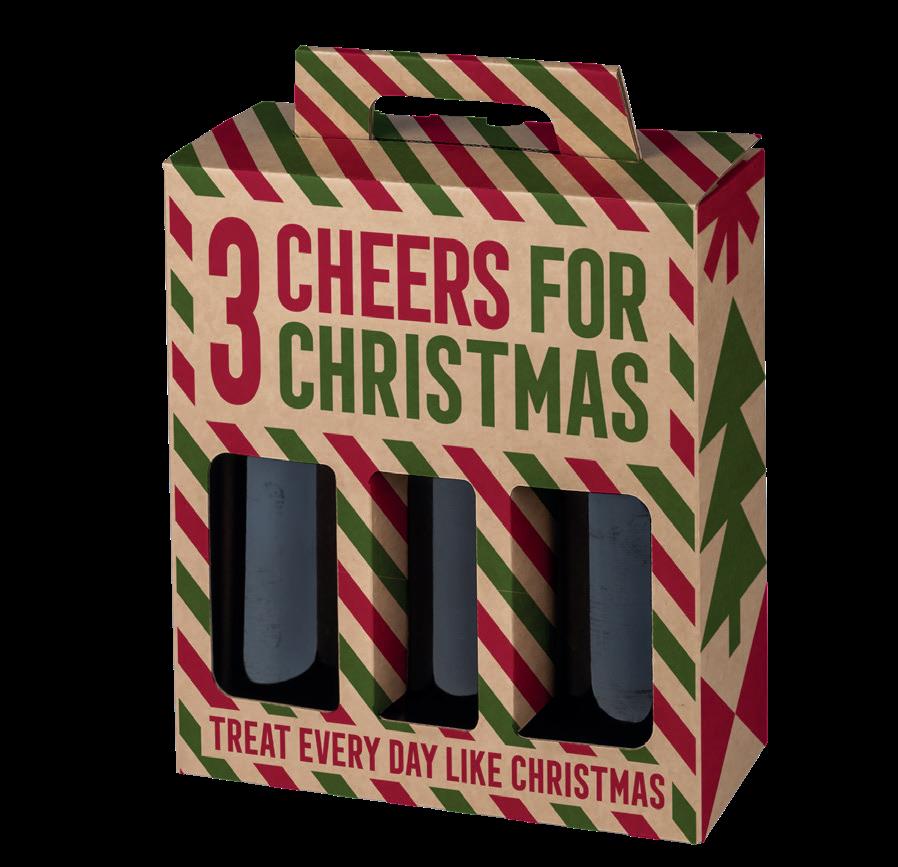
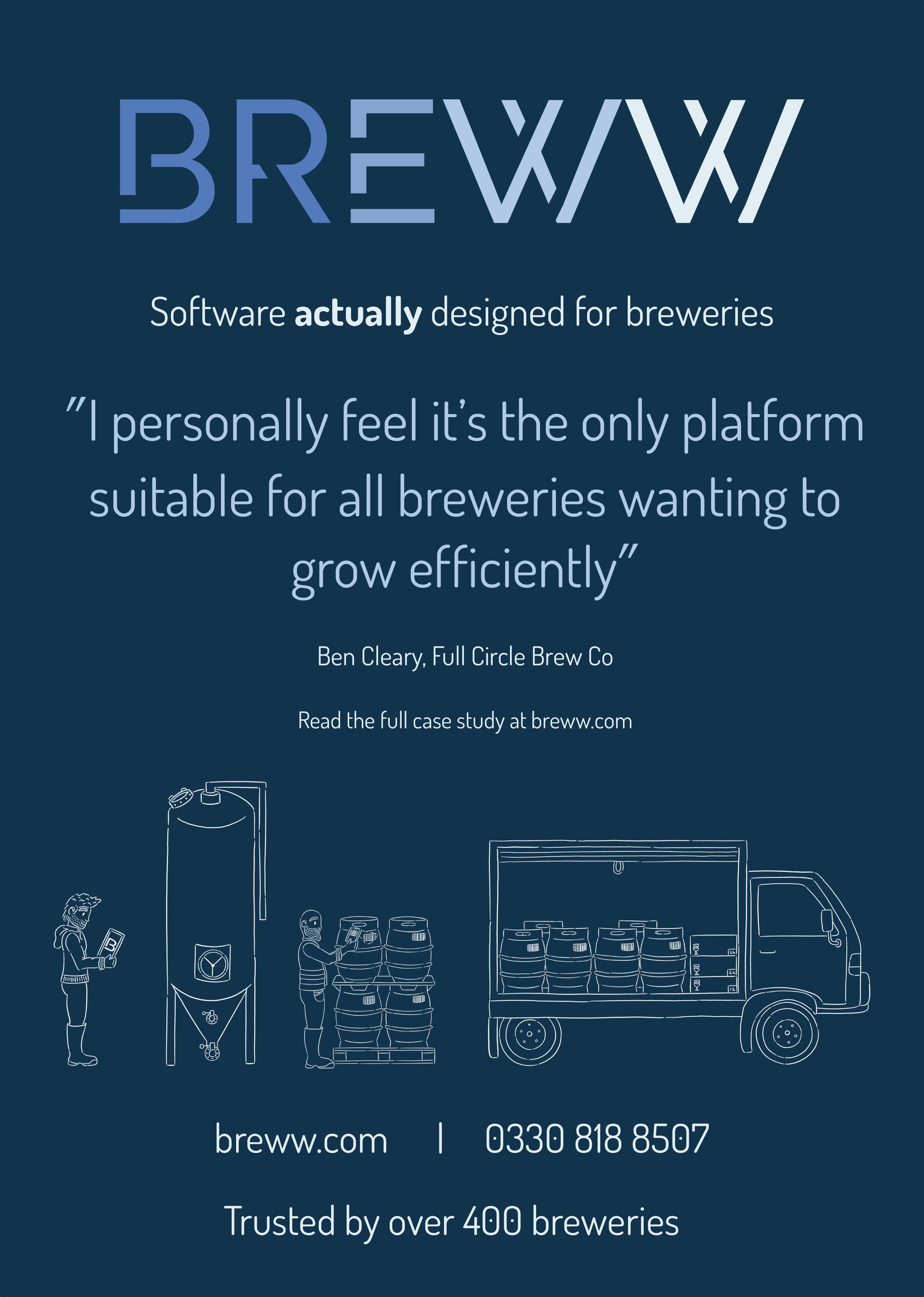
































































































 Richard Naisby Chairman SIBA
Richard Naisby Chairman SIBA






























































































































































































































































































































































































































































 By RASTAL.
By RASTAL.



































































